A shocking statistic: 1 in 8 women will get breast cancer in her life. When caught early, the survival rate is more than 99%, but when caught late (think: stage 4), that number drops to 30%. That’s why early detection—as well as knowing your risk assessment—are the most important tools to save a woman’s life.
October is Breast Cancer Awareness Month, so we tapped Kaitlin Christine, breast cancer survivor plus founder and CEO of Gabbi, to chat about prevention and early detection. Dedicated to helping people assess their breast cancer and eliminate late-stage diagnoses, Gabbi is an easy way to take charge of your health. And for Kaitlin, it fuels a mission that ignited close to home, when she lost her mom to late-stage breast cancer despite regular mammograms which detected nothing.
Here, Kaitlin shares information and resources that every woman should know (FYI, only 10% are aware of all their risk factors for breast cancer). Read her Q&A below, or tune in to the 10-minute Mat Chat with Kat B.
P.S. obé members get Gabbi’s risk assessment free + 25% off full access with code obefitness.
What is Gabbi, and how did it come about?
Gabbi is deeply personal to me. I lost my mom to a delayed diagnosis of breast cancer when I was only 22 years old. It was really surprising because she went for her annual mammogram every year. But when she was finally diagnosed with breast cancer, it was already every organ. She was gone less than a month later.
After she passed, I found a lump in both of my breasts. I had to fight and advocate to get my OBGYN to take me seriously to get the appropriate screening. And I ultimately made the bold decision to have what was supposed to be a preventative double mastectomy. During surgery, I was diagnosed with breast cancer—and I was only 24 years old.
Because my mom and I didn’t know our risks of breast cancer, we weren’t getting the appropriate screening based off of our risk level. And therefore, we weren’t getting the right care at the right time. I started to research and see if we weren’t the only ones who had that experience. After working in healthcare for eight years, it became very evident that we weren’t—that this was a bigger problem than just my mom and I.
That’s when Gabbi—named after my mom, Lisa Gabrielle—was born. Our mission is to eradicate late-stage breast cancer by ensuring every woman knows her risk and has access to early detection. We’re your virtual breast specialist. In less than two minutes, we assess your personal risk of breast cancer and then provide you with a personalized care plan that tells you exactly what you need to do based on your risk level. Then, we order your mammograms or your breast MRI, do genetic testing, review those results, and act as your quarterback holding your hand, navigating you through the whole process.
What are the risk factors associated with breast cancer?
The most common risk factor is family history—both parents’ sides. But beyond just your parents, every family member could pose a risk. Aunts, uncles, grandparents, cousins, and siblings alike.
Breast density and how old you were when you got your first period are also important factors. The younger you start your period, the more it can elevate your risk for breast cancer. Also, if you give birth at a younger age, you have a decreased risk of developing breast cancer. If you’ve ever breastfed, you also have a decreased risk for breast cancer. Whether or not you smoke and how much red meat you eat can also influence your risk.
Various ethnicities can also have different risk factors, particularly Jewish people. 1 in 40 Ashkenazi Jews have a very, very high risk of breast cancer.
Is there any advice for women in terms of advocating for themselves throughout the process?
Knowledge. Is. Power. Be sure to equip yourself with the correct information, especially around your risk factors so you can advocate and make the right decisions.
It’s easy for a woman to feel like the person who has an MD behind their name knows more than you. And they probably do know more as it relates to medicine. But at the end of the day, you’re the expert on your body. And so take that and the right medical information, and make the right decision.
Why is early detection so important?
Early detection is the cure, especially for breast cancer. If breast cancer is diagnosed early, the survival rate is 99%. If it’s caught late, it’s 30%.
What makes Gabbi so unique in the world of breast cancer detection?
Without Gabbi, it’s quite difficult to get your risk assessed. You would have to either go see a specialist, which will require a referral from your OBGYN or your PCP. Or it would be done when you go in for your first mammogram. Other than that, it’s really difficult to find a way to get your risk assessed. And if you do get your risk assessed, they’re using one of two archaic risk assessments that were developed—which can only accurately predict risk for women who are over the age of 35 and white. Rarely is the information shared back to you, the patient. And often it’s not shared seamlessly with your OBGYN or PCP—and rarely acted on.
Gabbi started by creating a best-in-class risk assessment that’s consumer-friendly so you don’t have to go to a specialist or go and get your first mammogram to learn. And also because we wanted to be able to accurately predict risk for women of all ages and all ethnicities.
Why aren’t most women familiar with their risks?
Most people don’t even realize that there are different risk levels for breast cancer. The people that are most aware of their risks are those who have a family member who has had breast cancer, or who were told at their first mammogram that they have dense tissue. But they don’t know much else outside of that.
Aside from Gabbi, what tools can be used for early detection and prevention?
Lifestyle factors that are in your control like not smoking, exercise, and a healthy diet can definitely help with prevention. Aside from that, knowing if you need a mammogram, breast MRI, breast ultrasound, or a different screening is a huge factor. That’s where Gabbi comes in!
How does movement play into all of this?
I mentioned that I had a double mastectomy—that’s removing all of your breast tissue, and sometimes it can include some muscle. I had to start from zero of not having any strength whatsoever. The only exercise I found that I could start from such a basic negative 100 level and then build upon as I got stronger was yoga. So yoga is what’s rebuilt my upper body. And I think I’m even stronger now than I was before the surgery. So I do it daily. It’s very, very important to me.
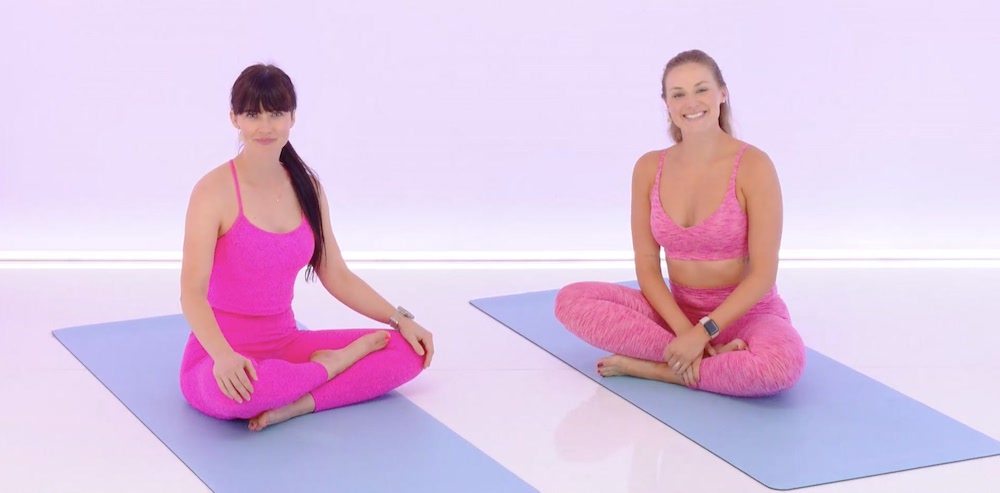
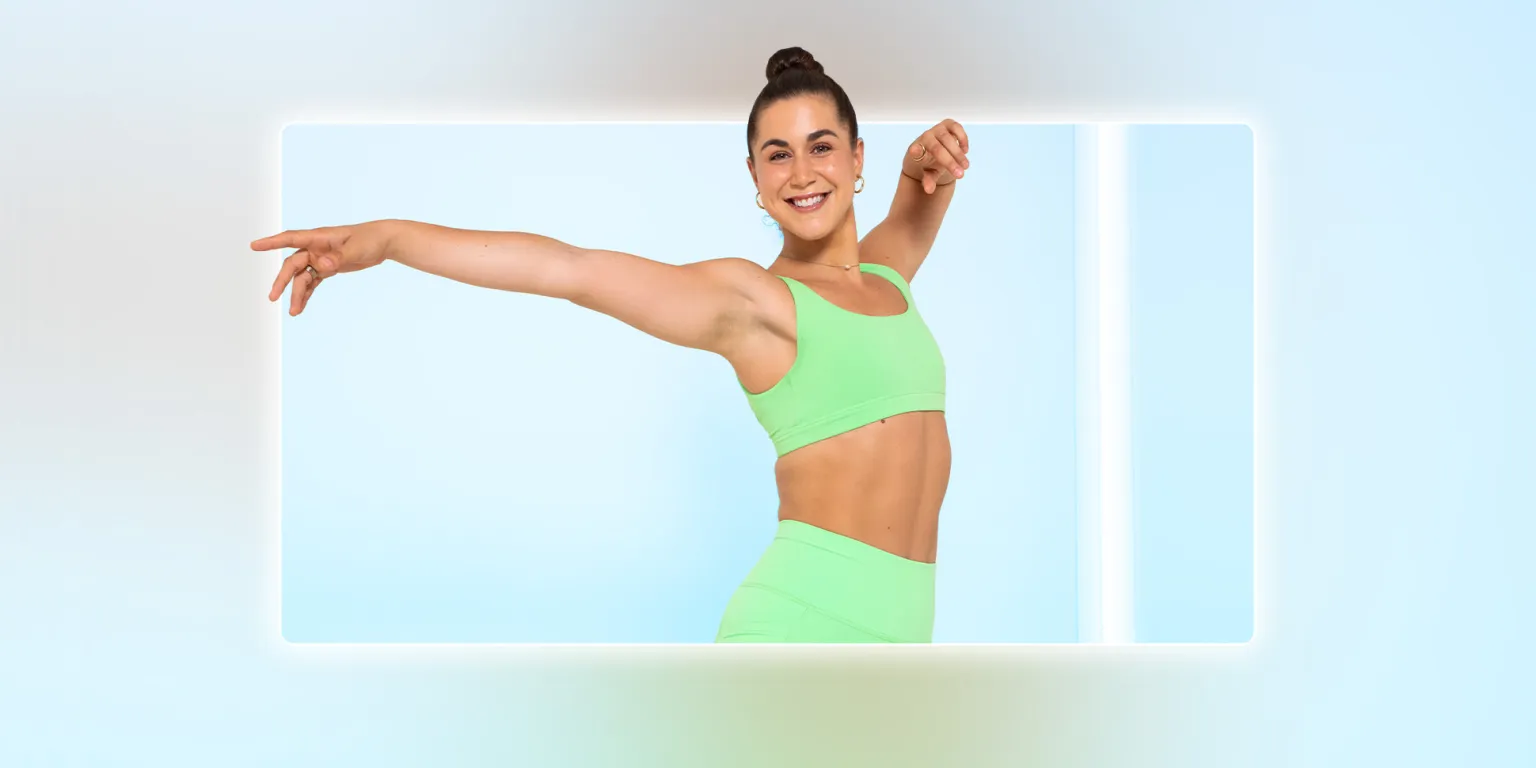
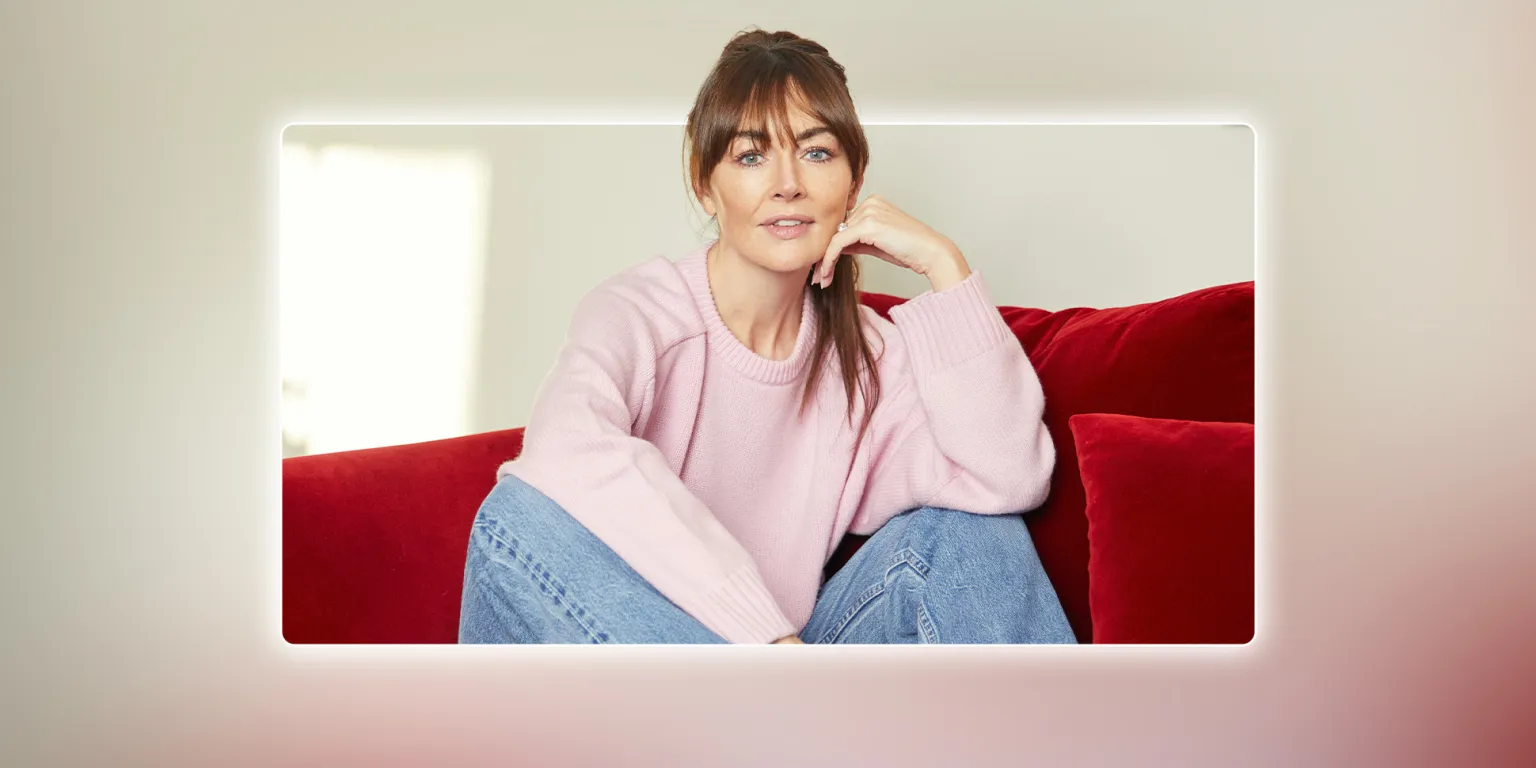
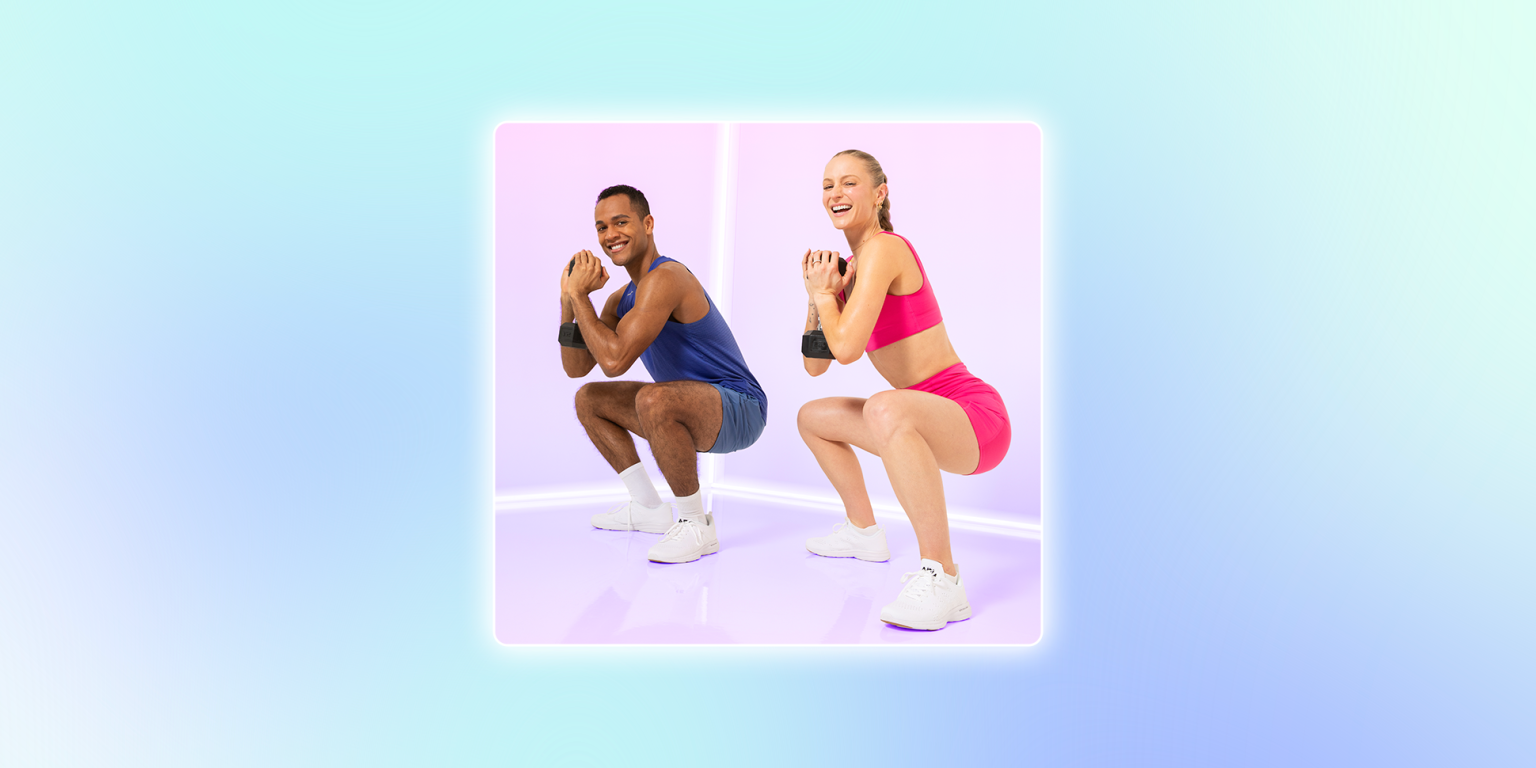
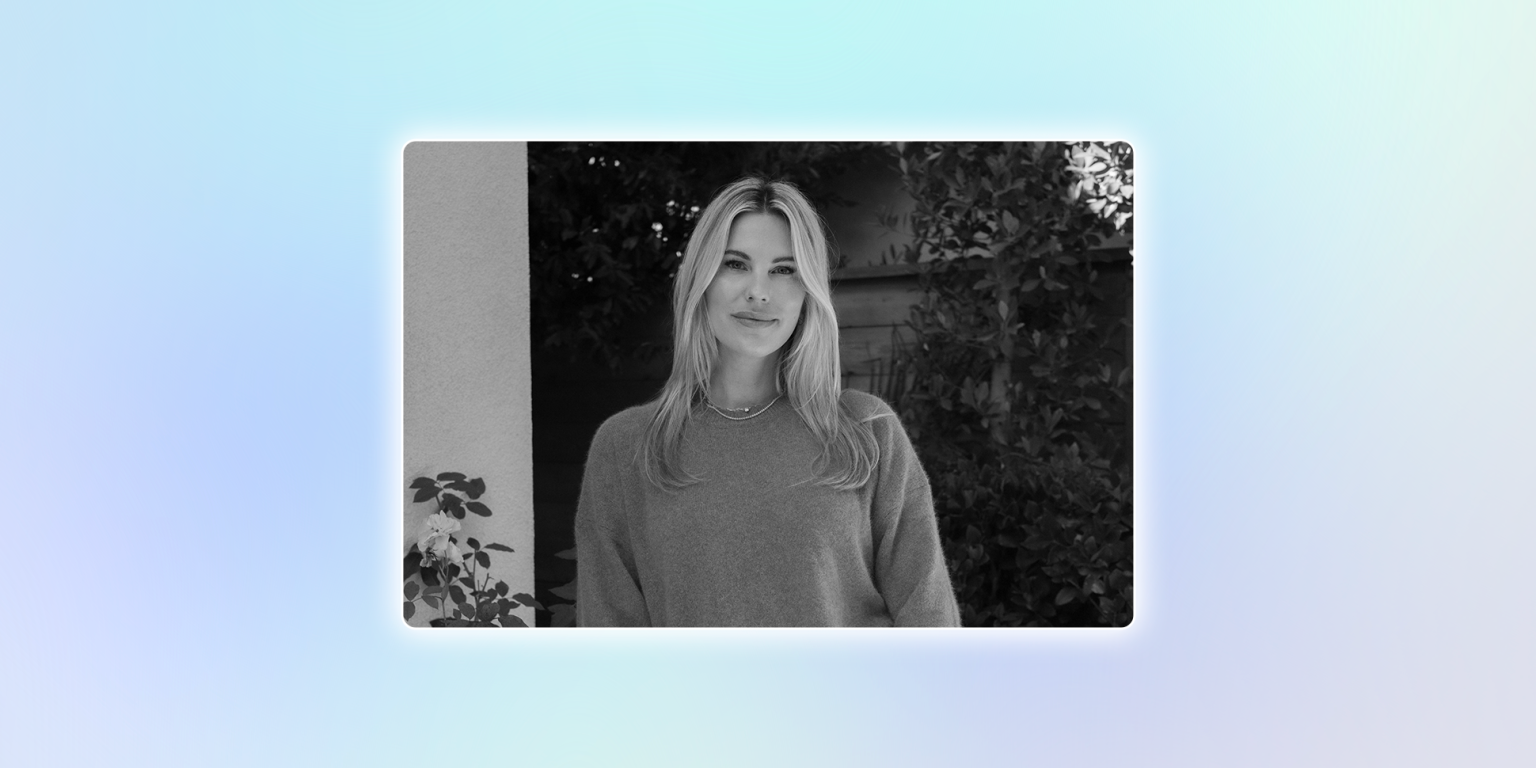
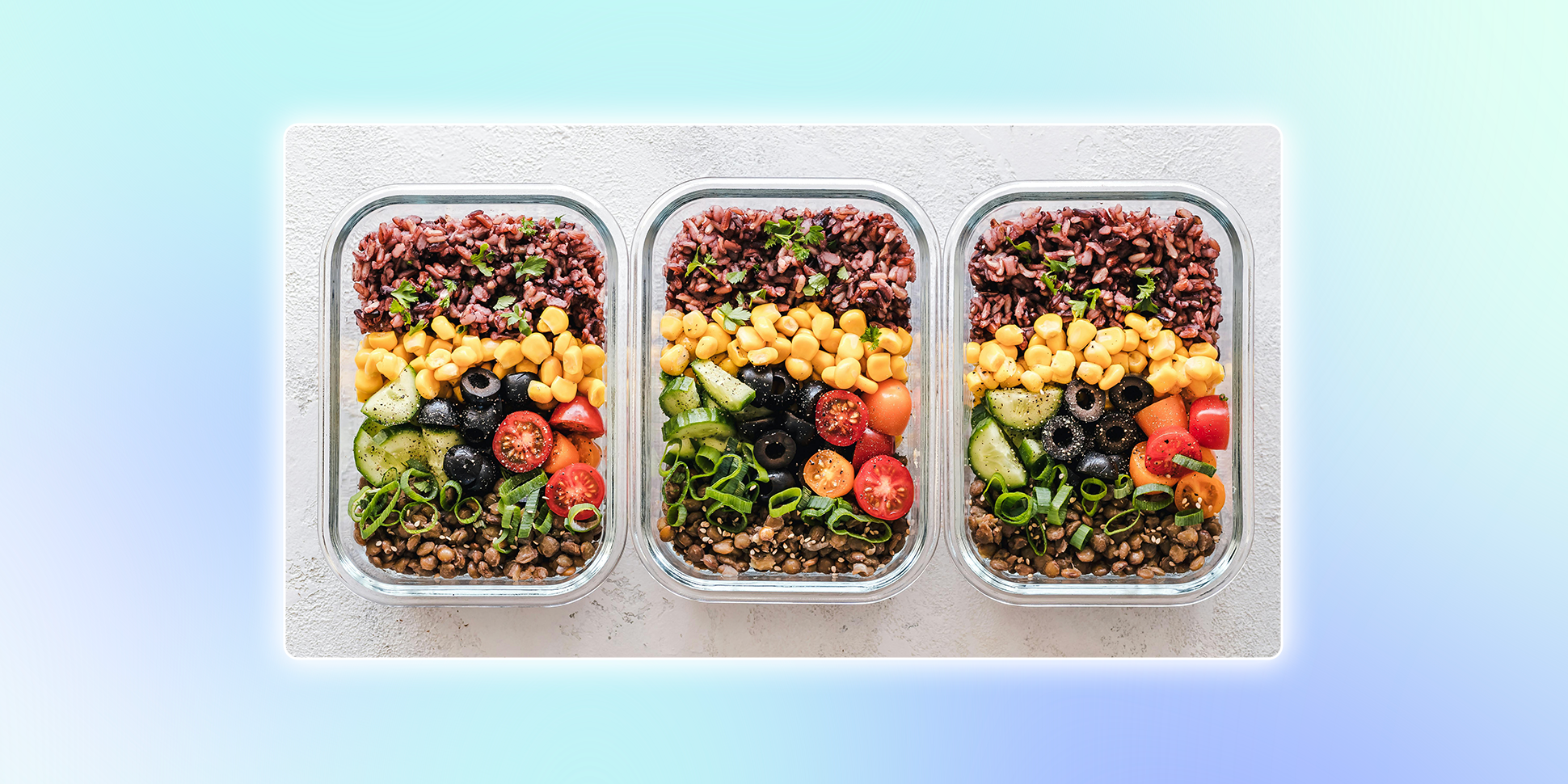
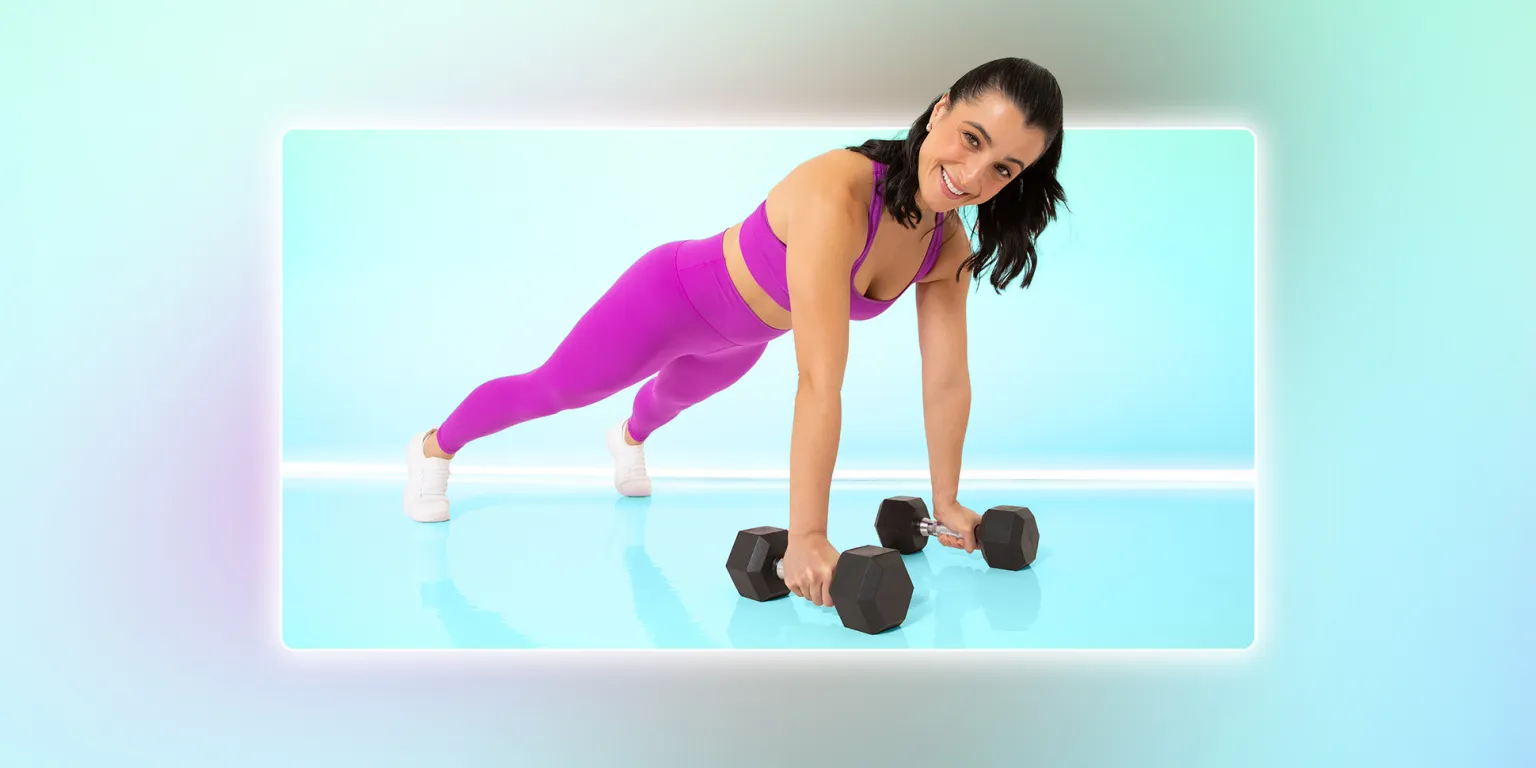
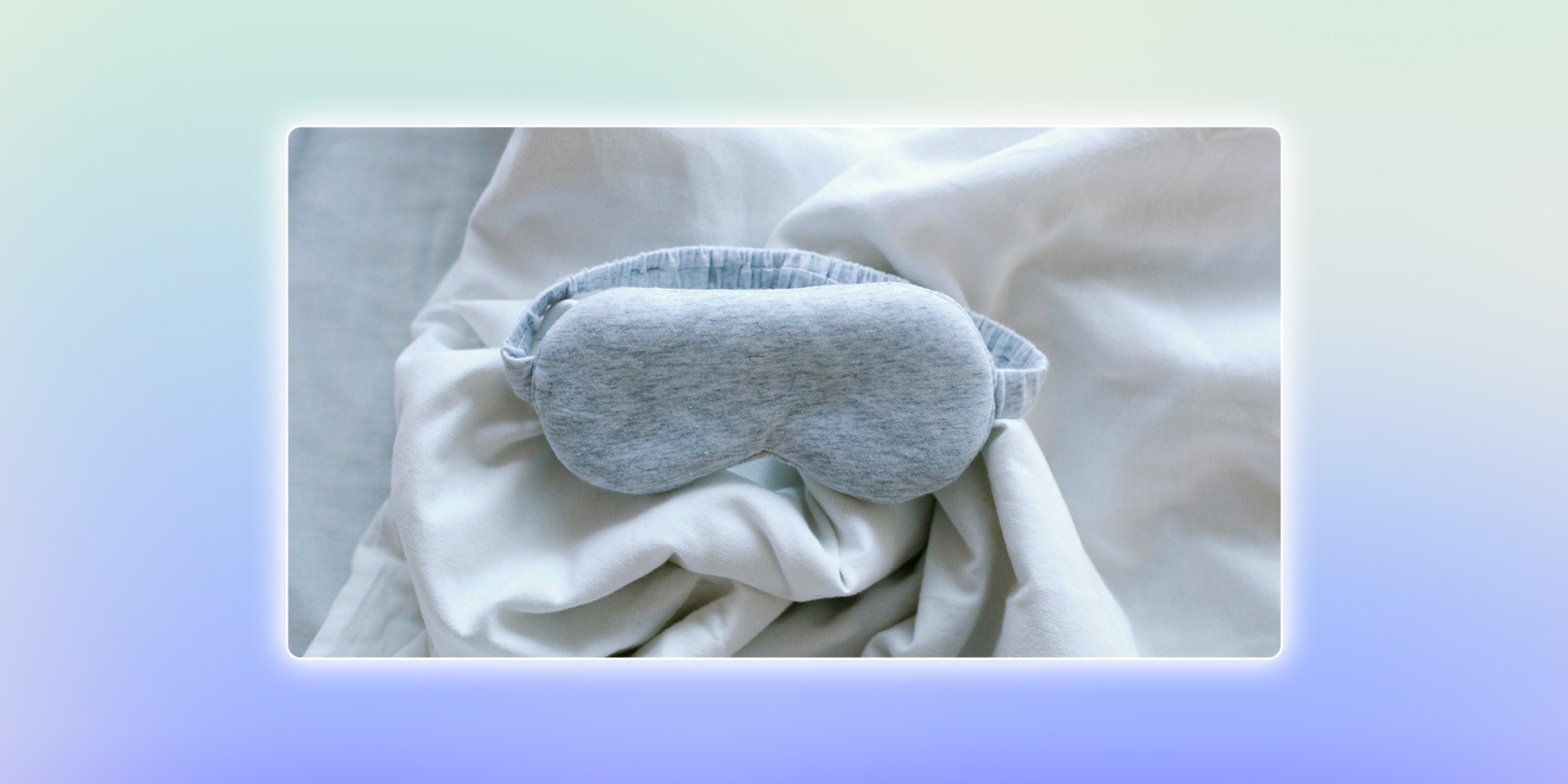
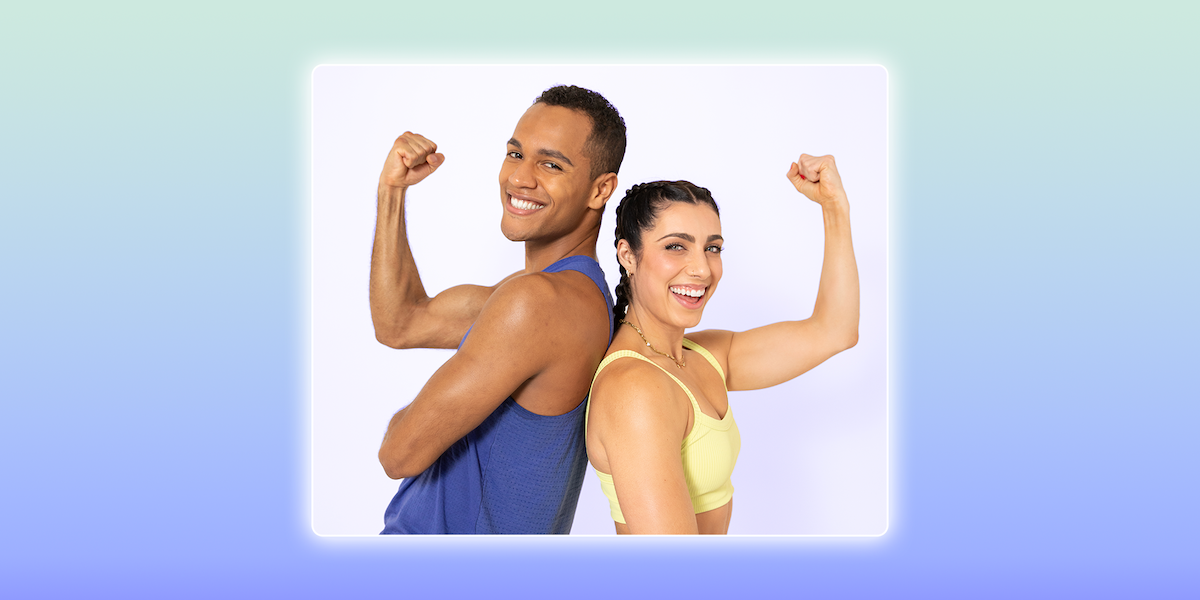
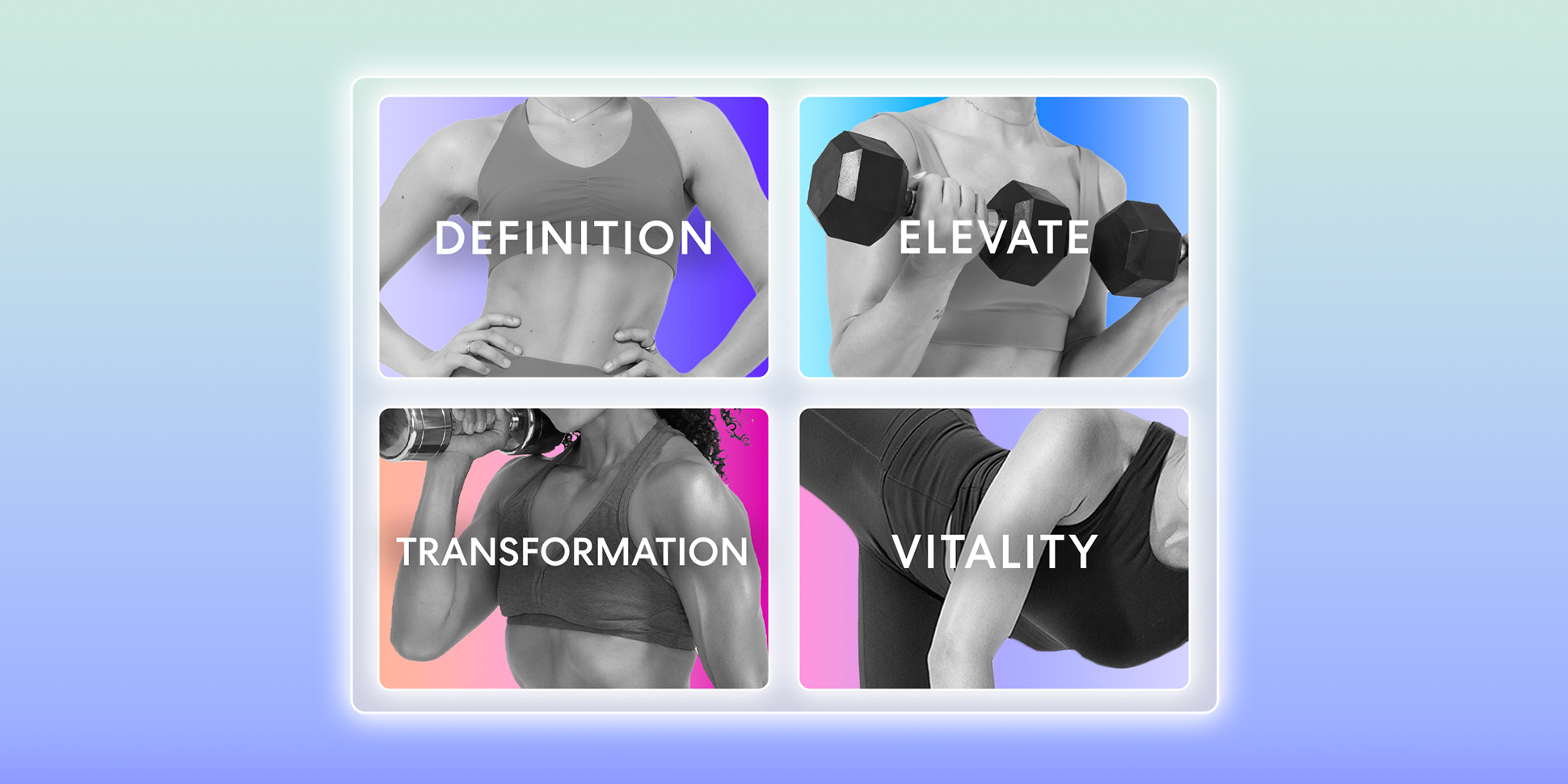
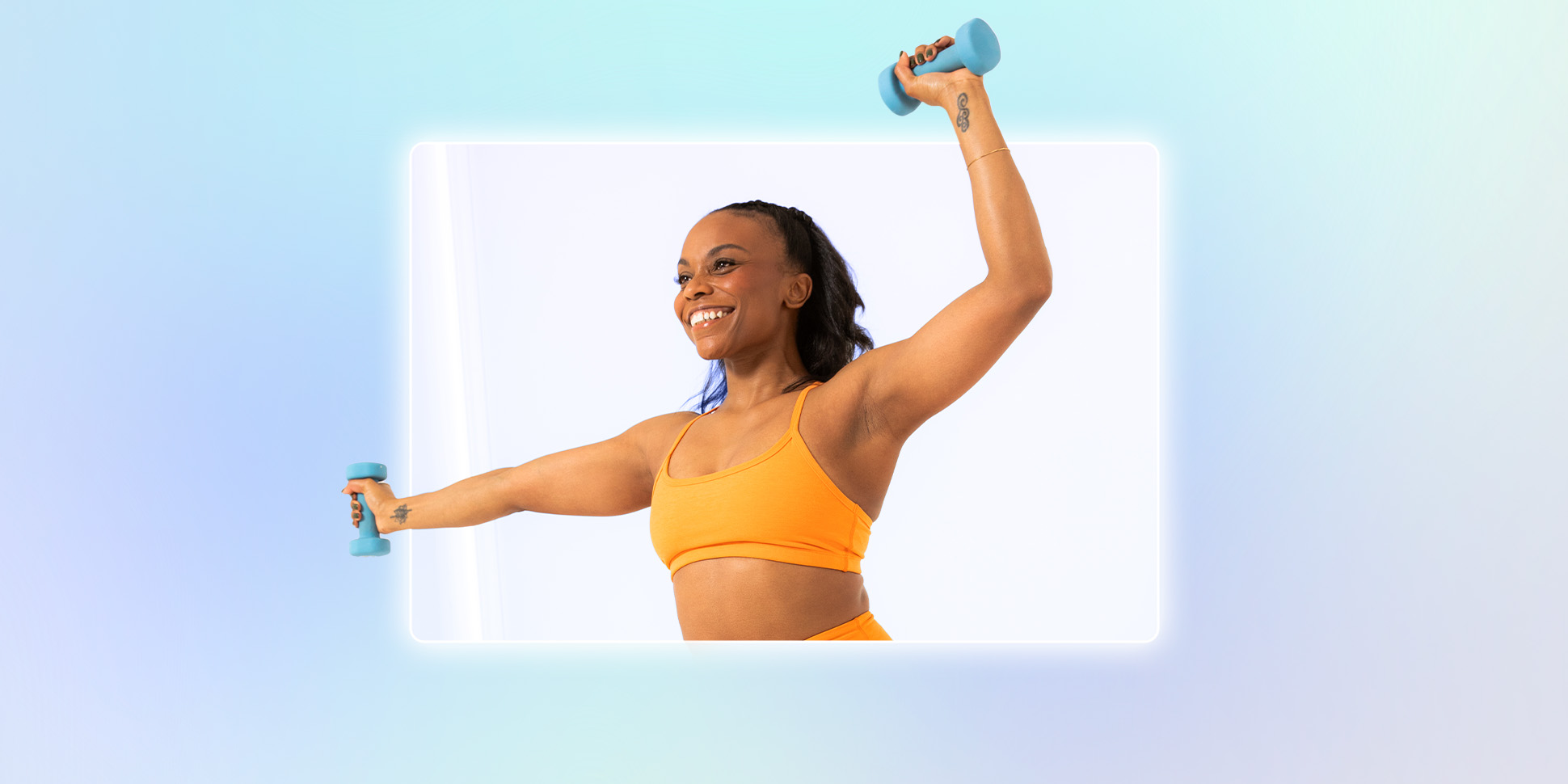
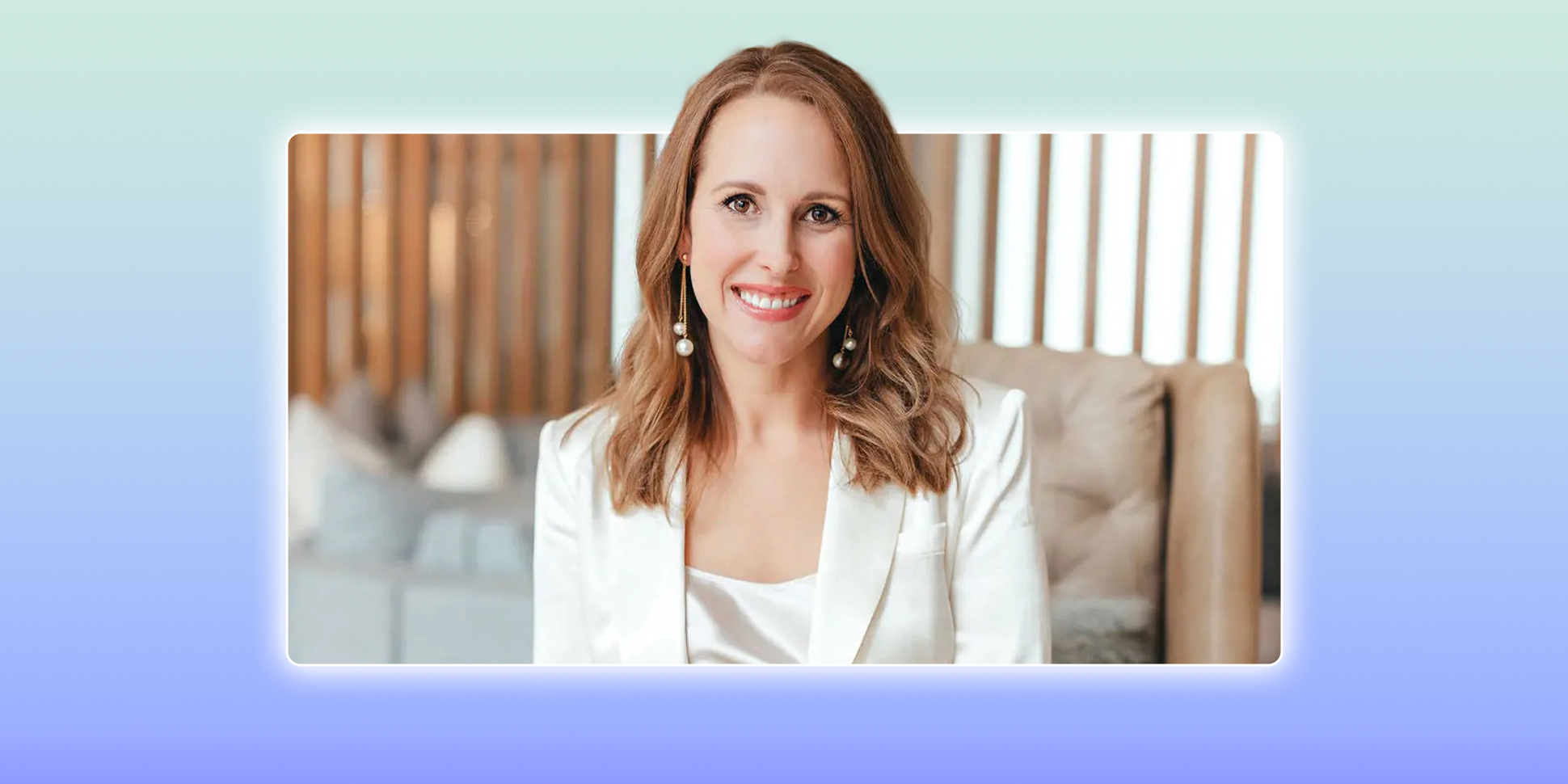
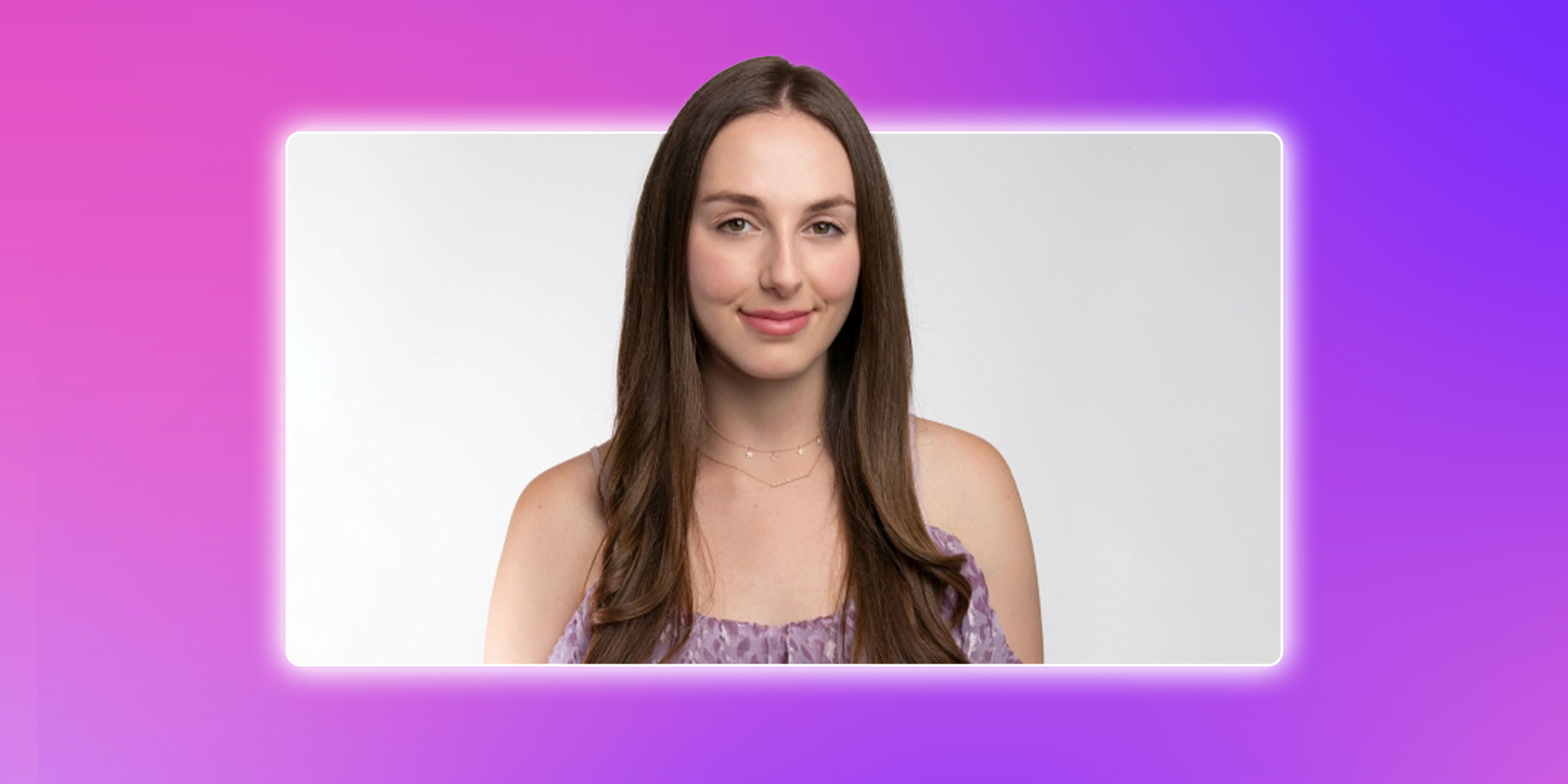
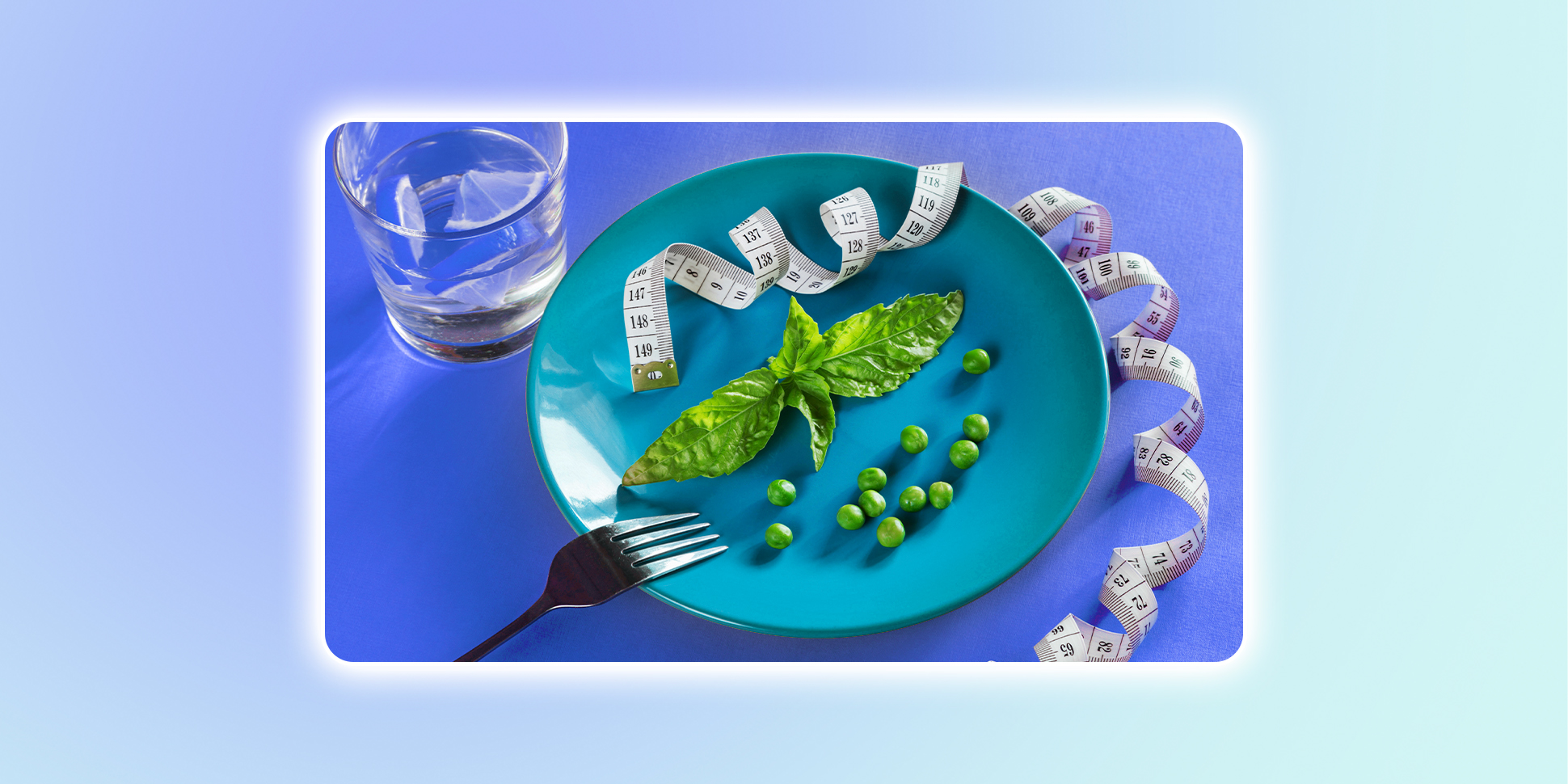
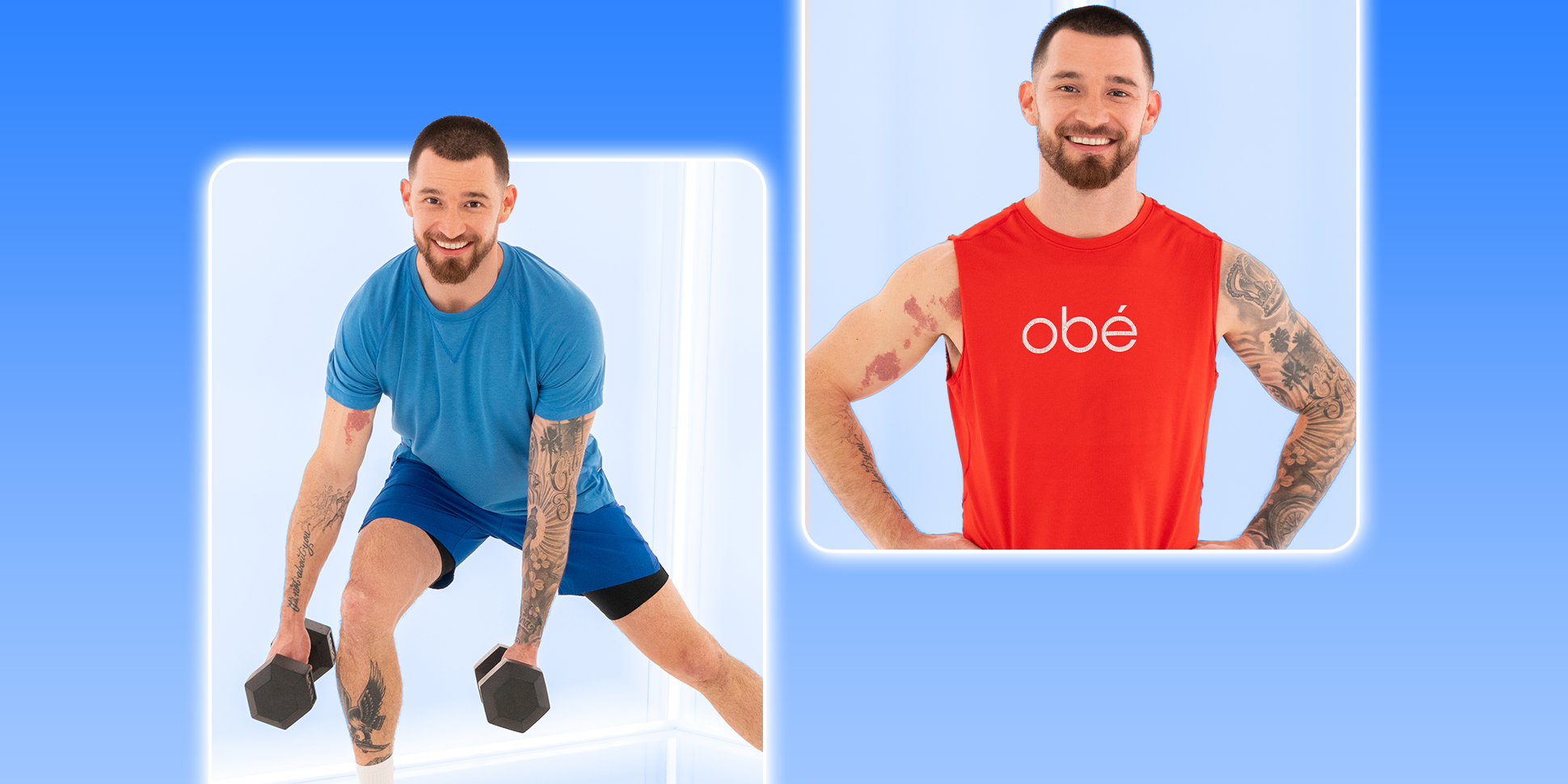
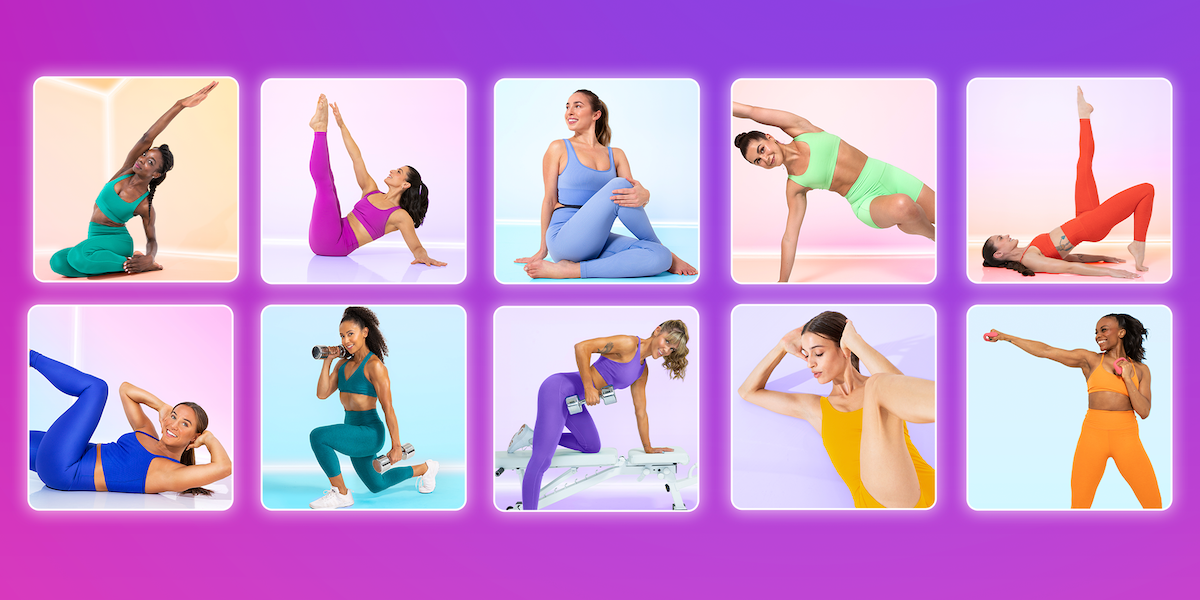
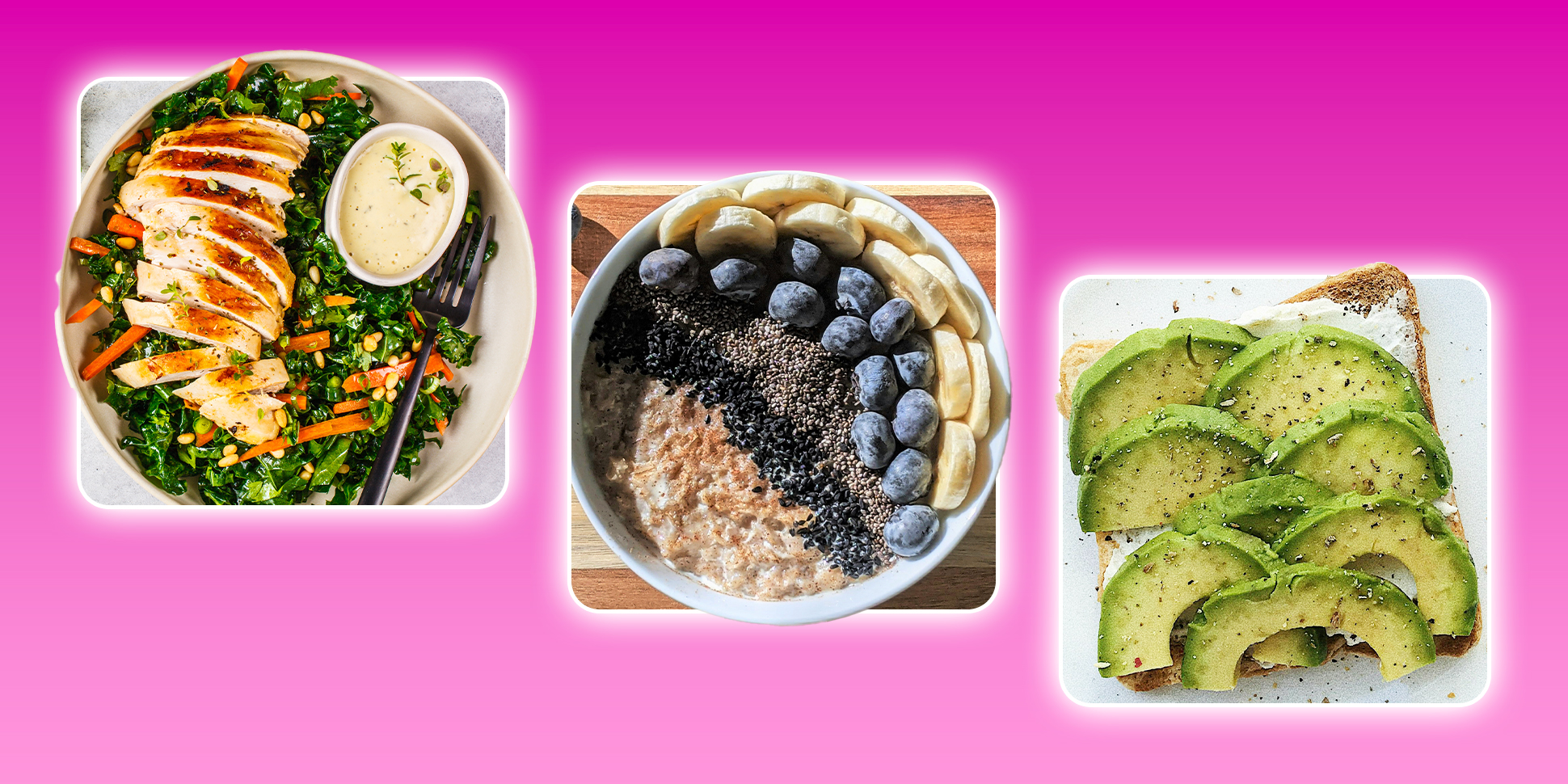
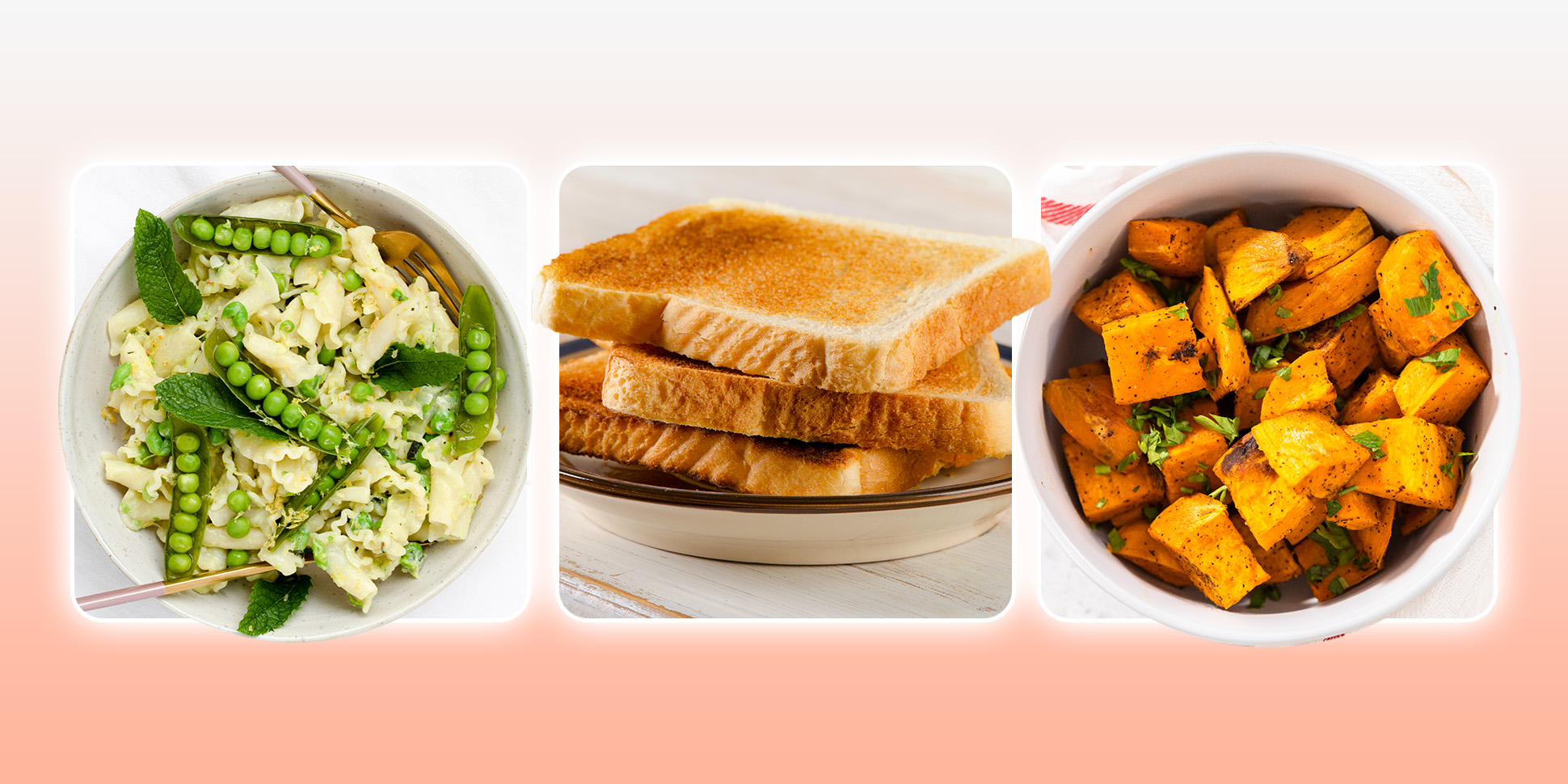
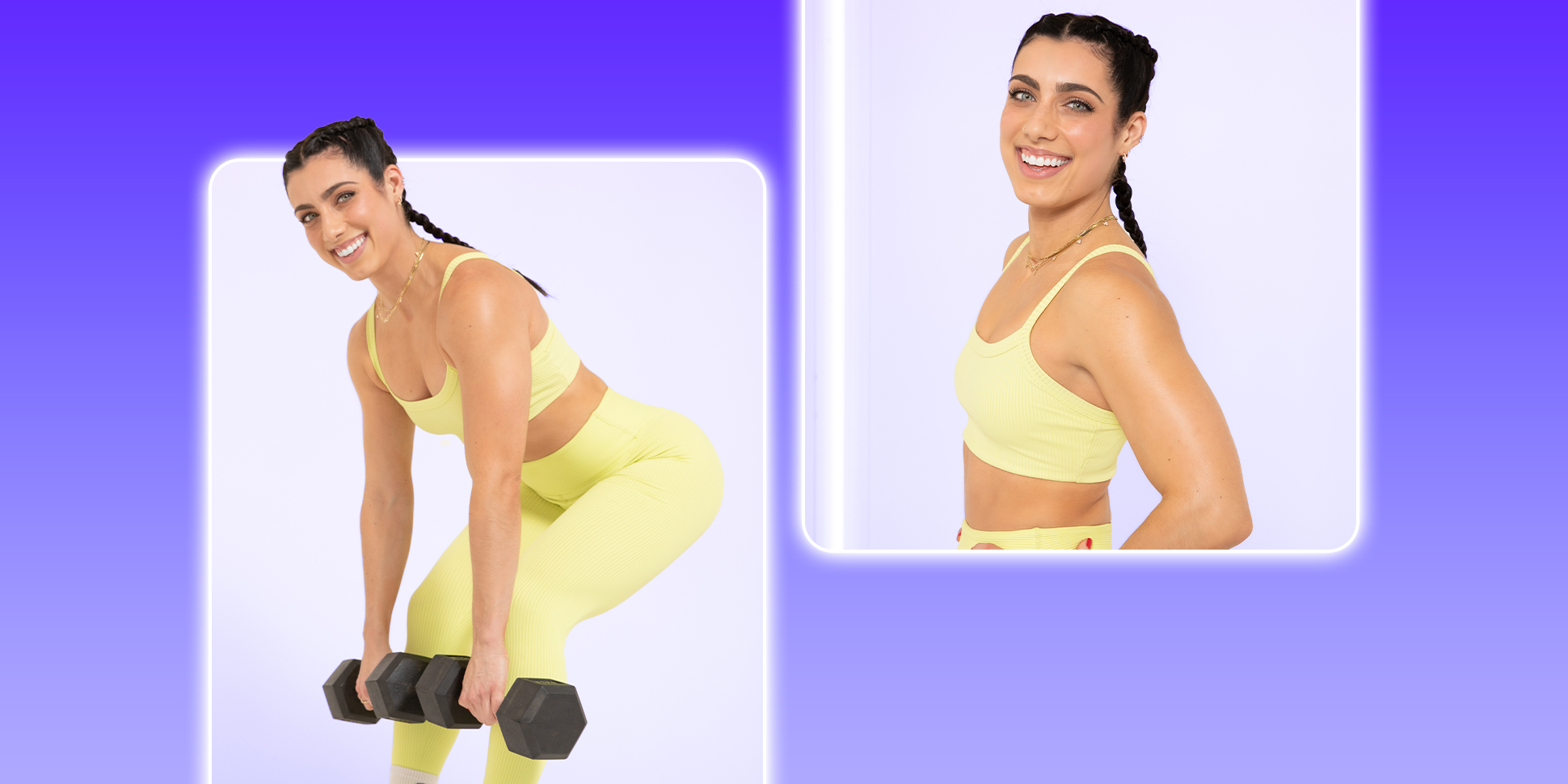
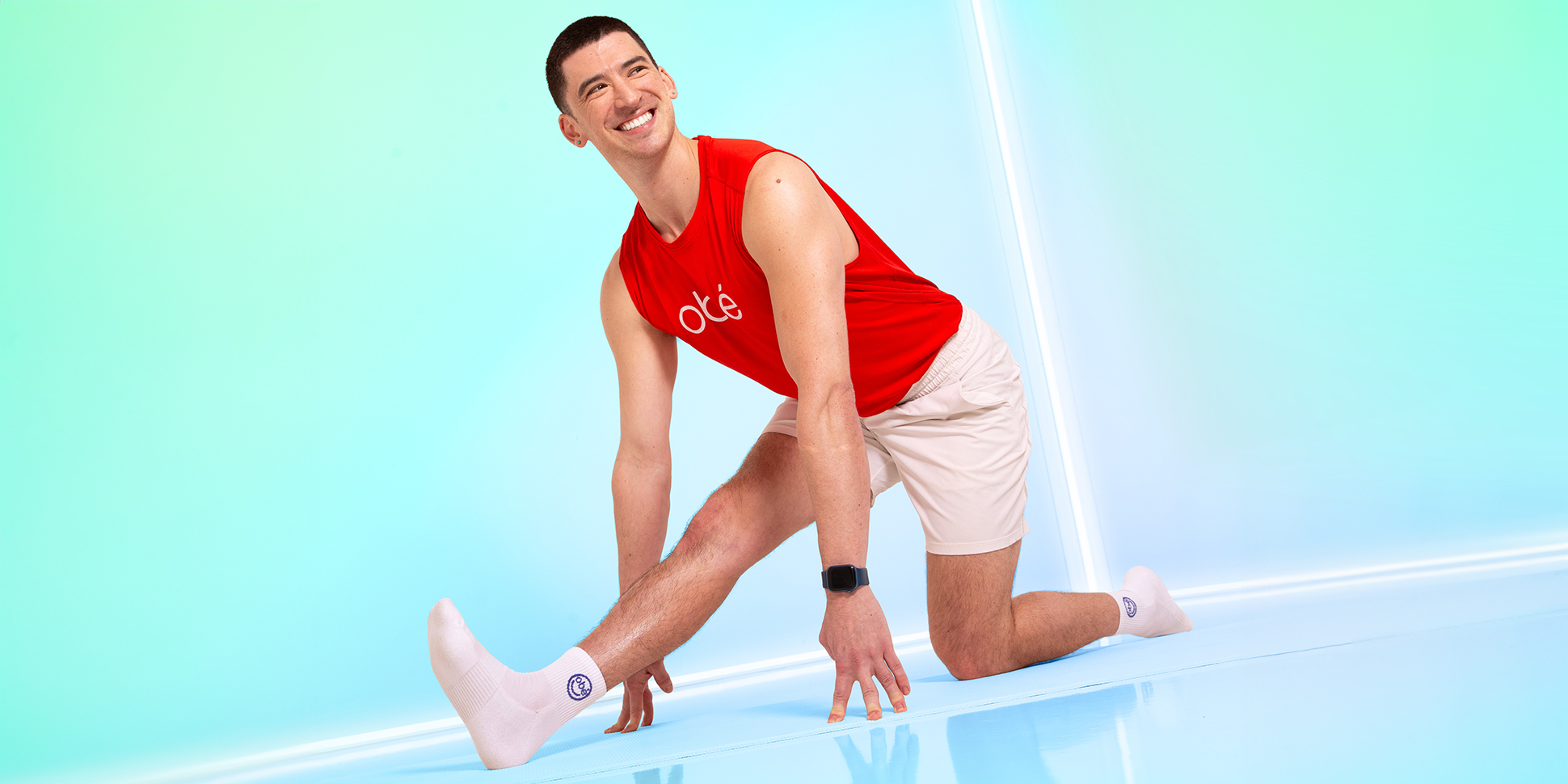
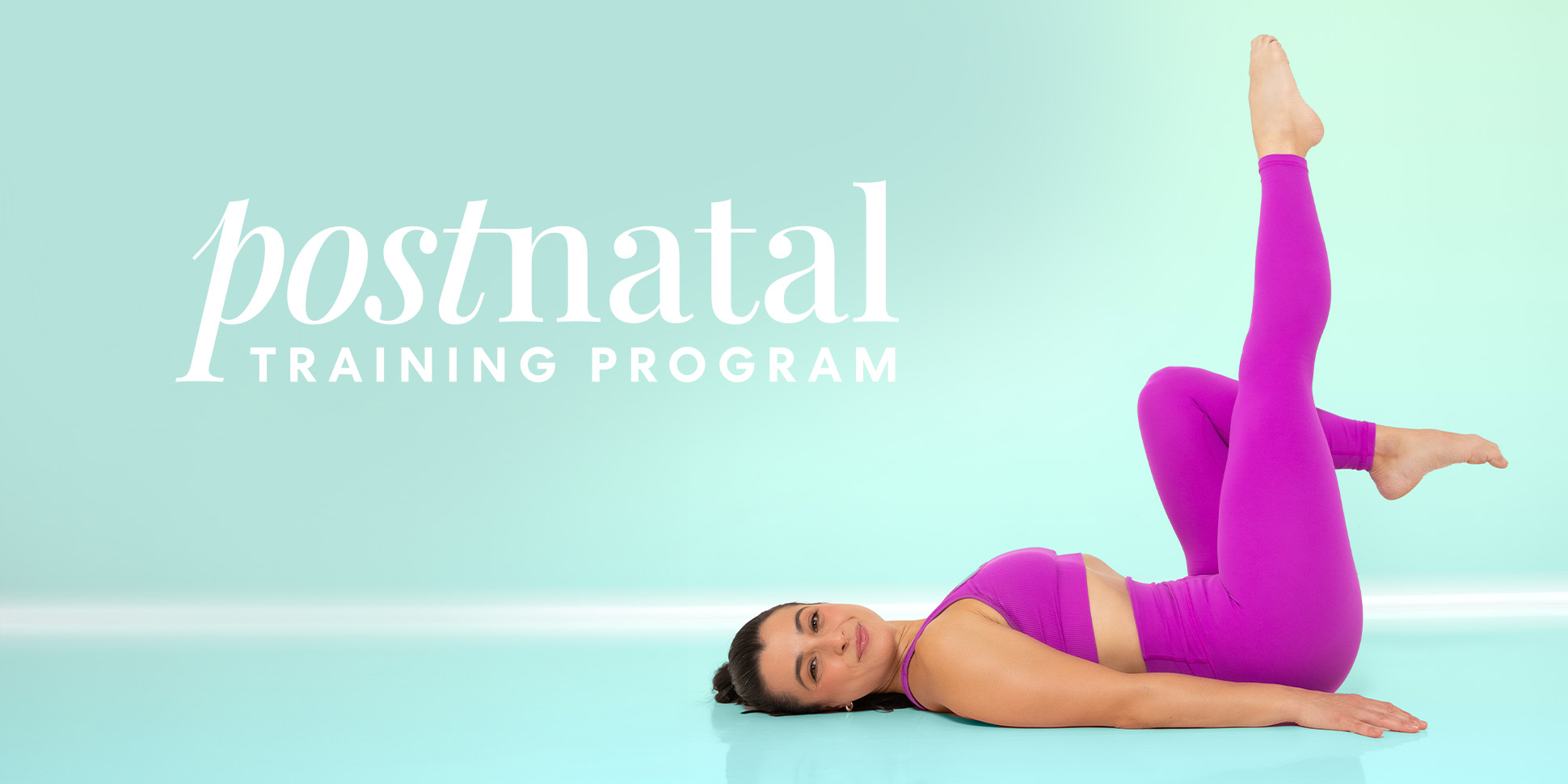
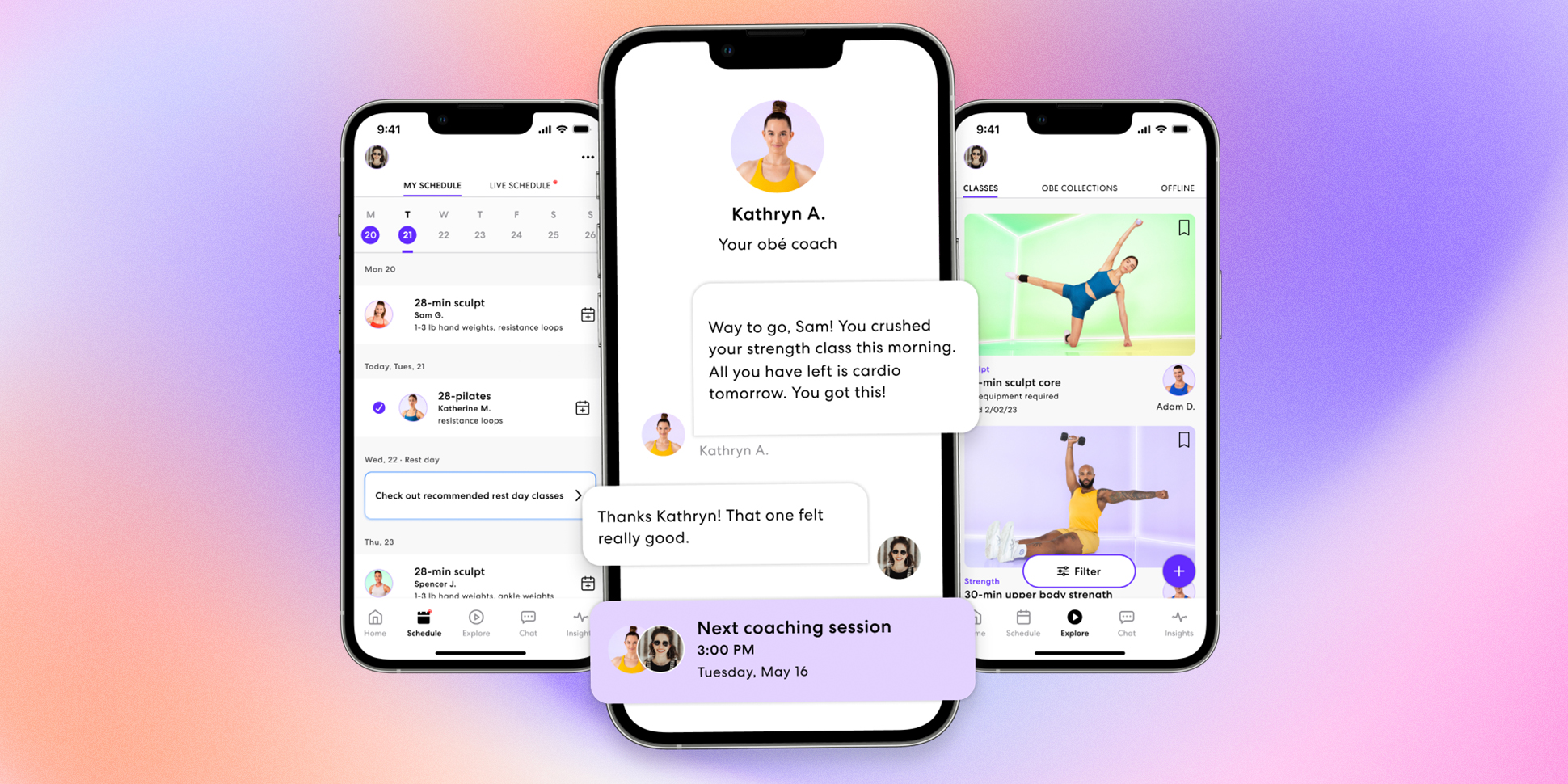
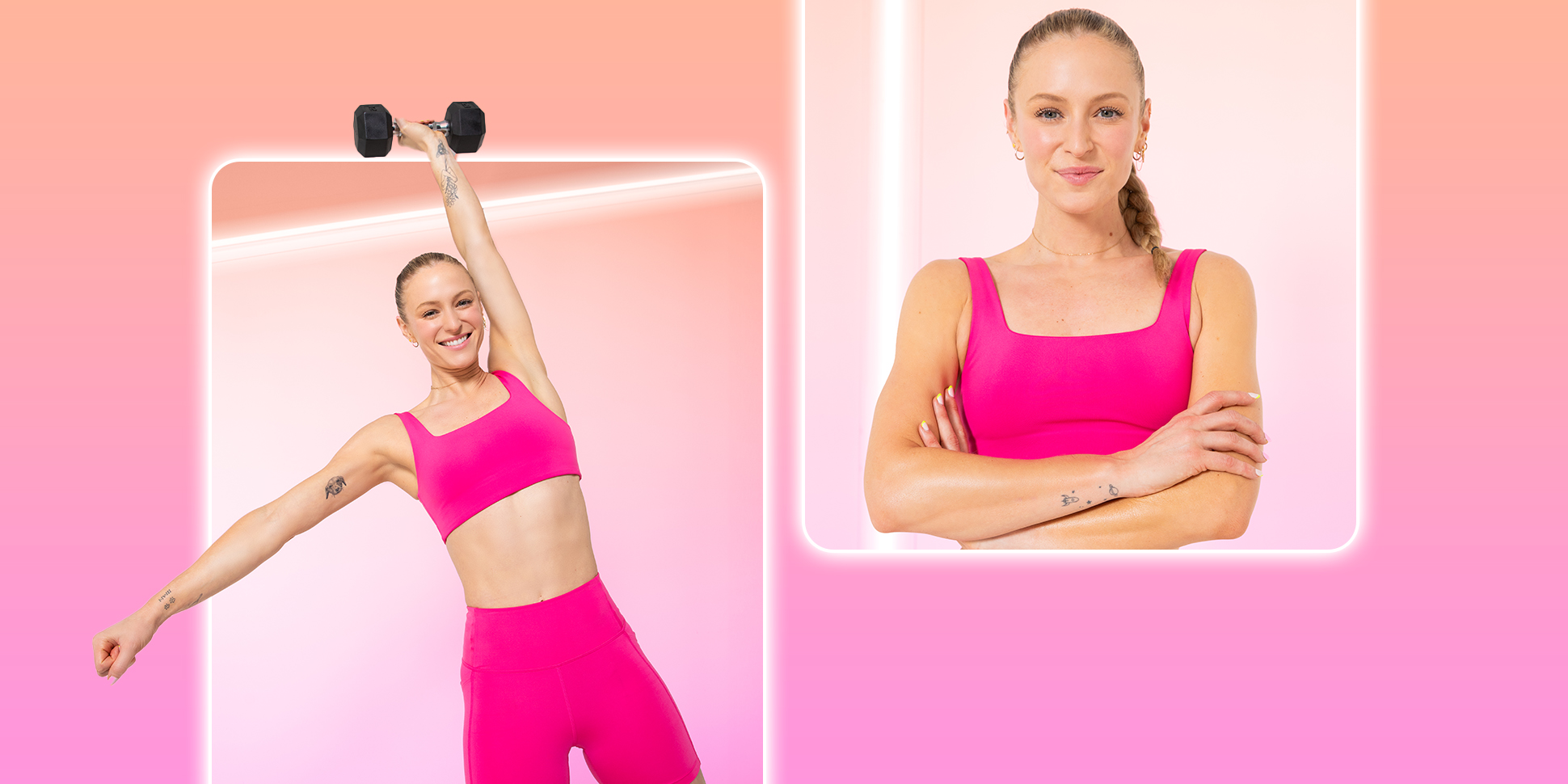
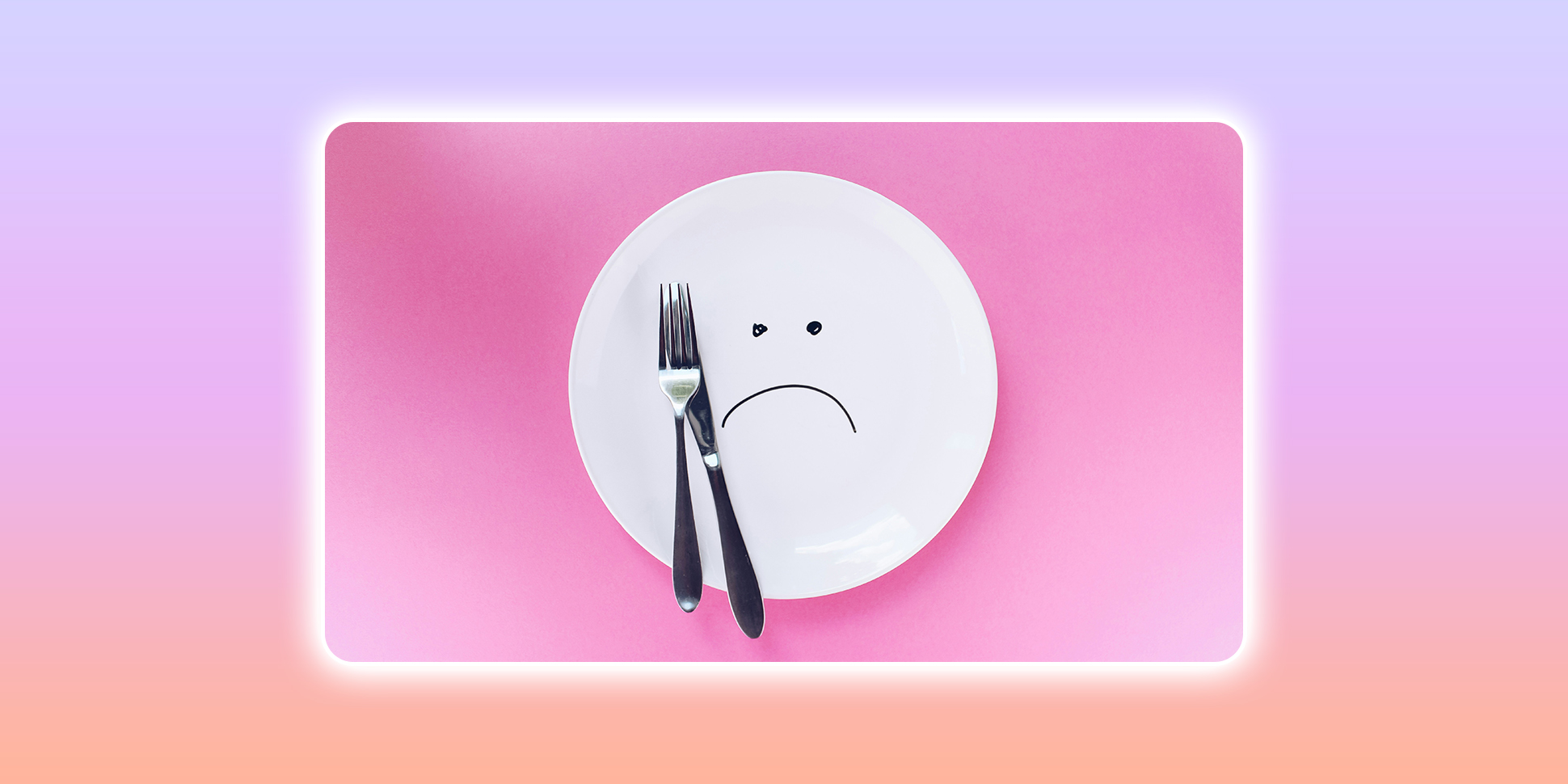
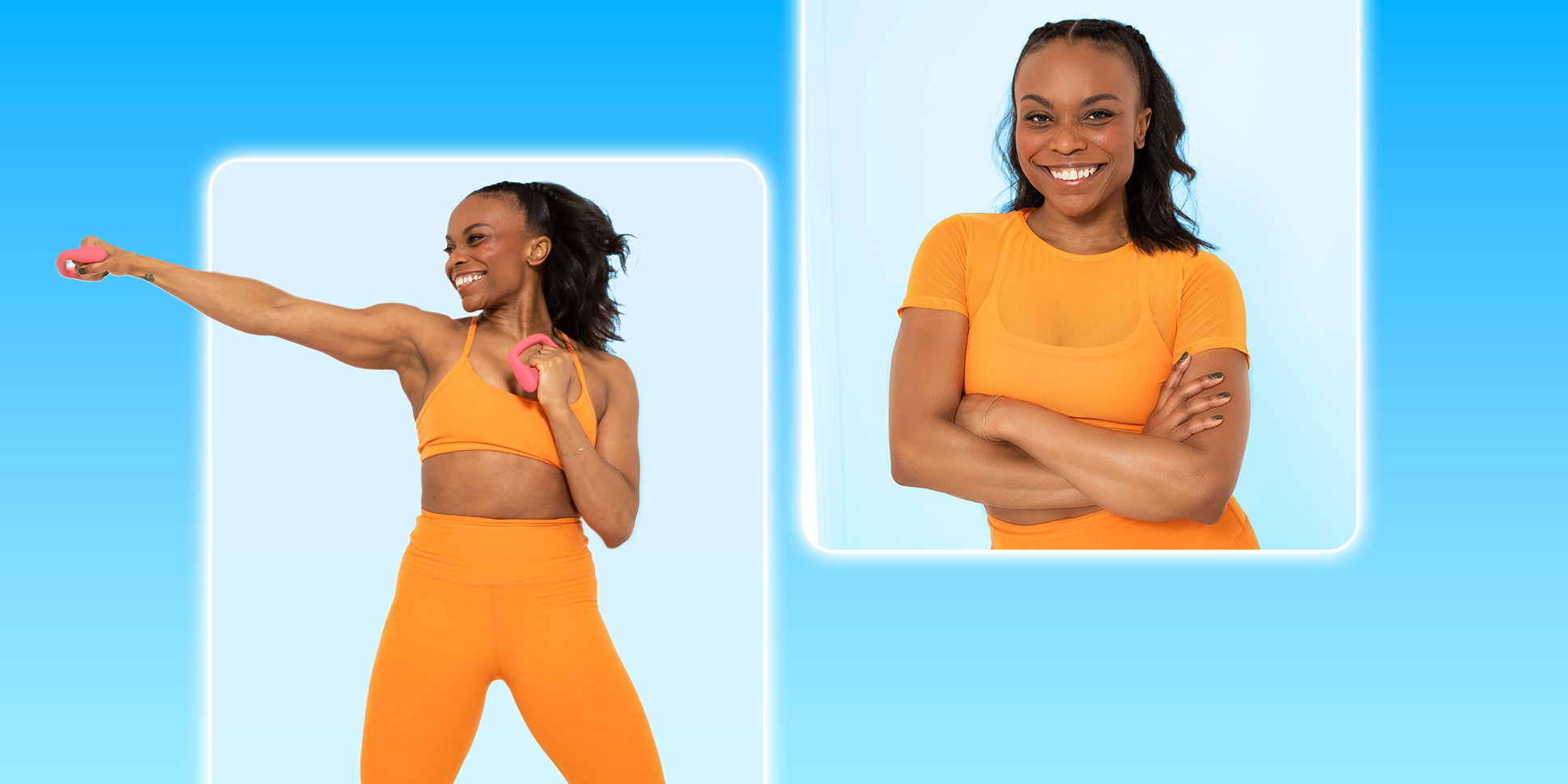
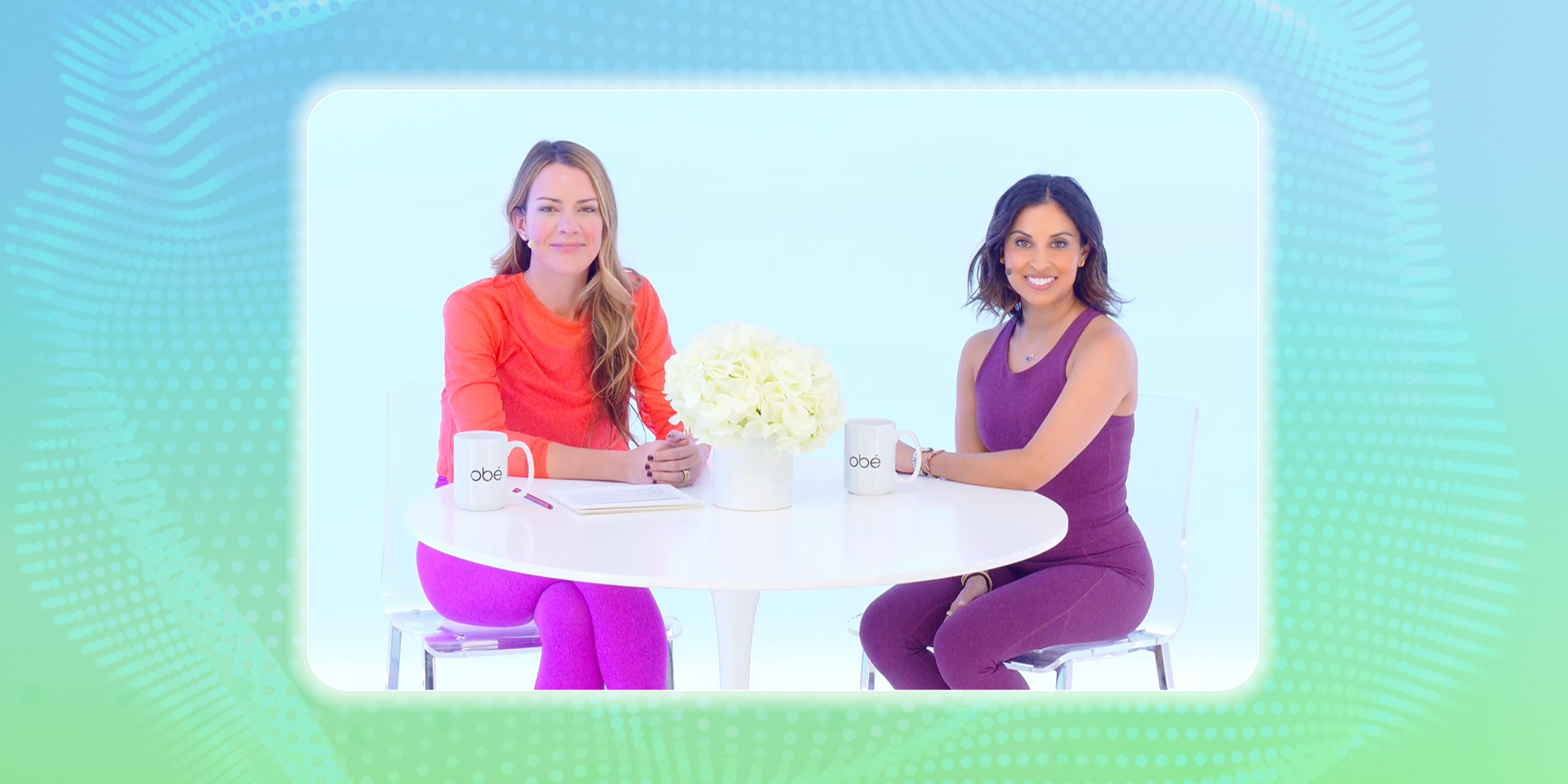
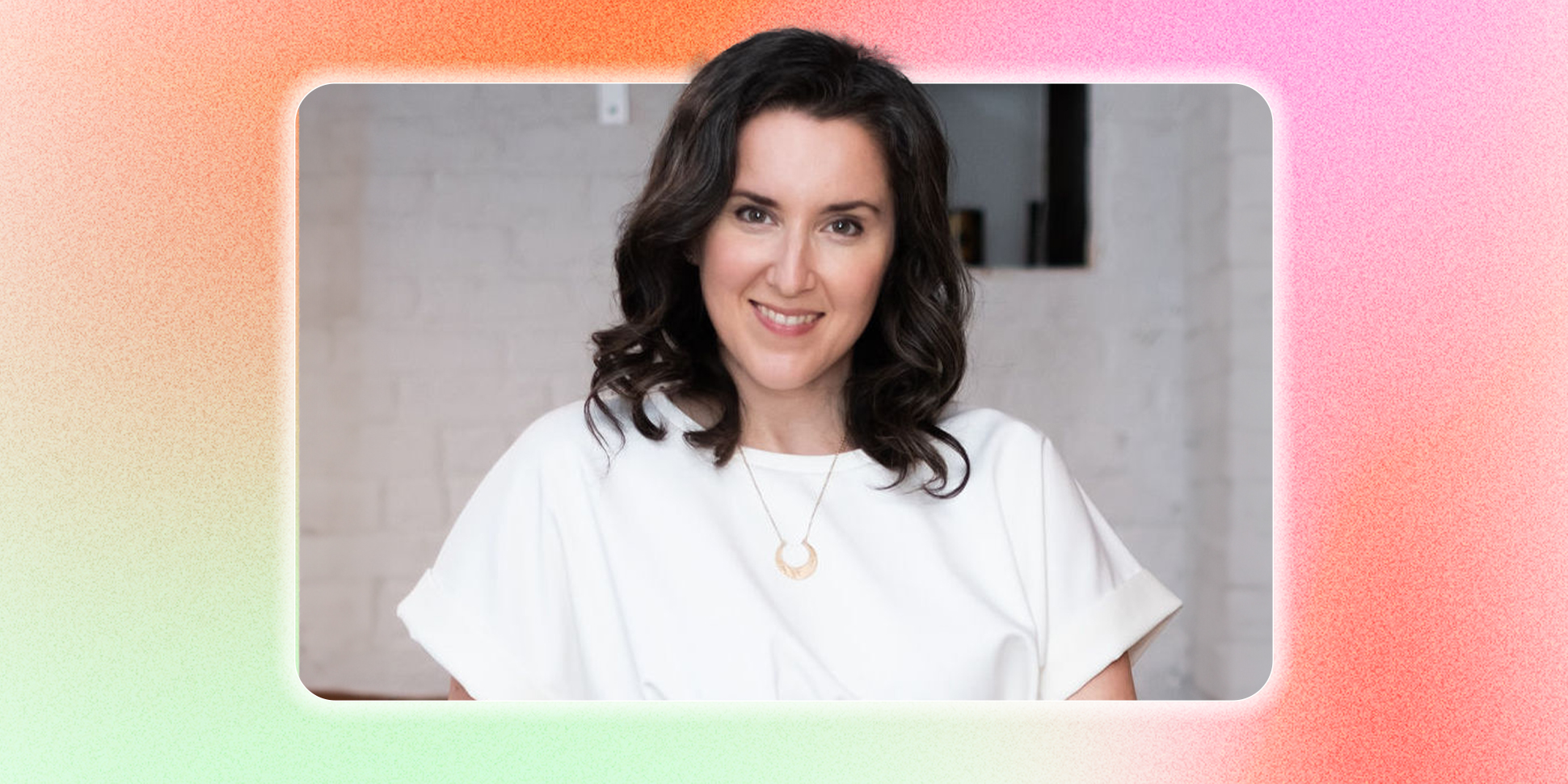
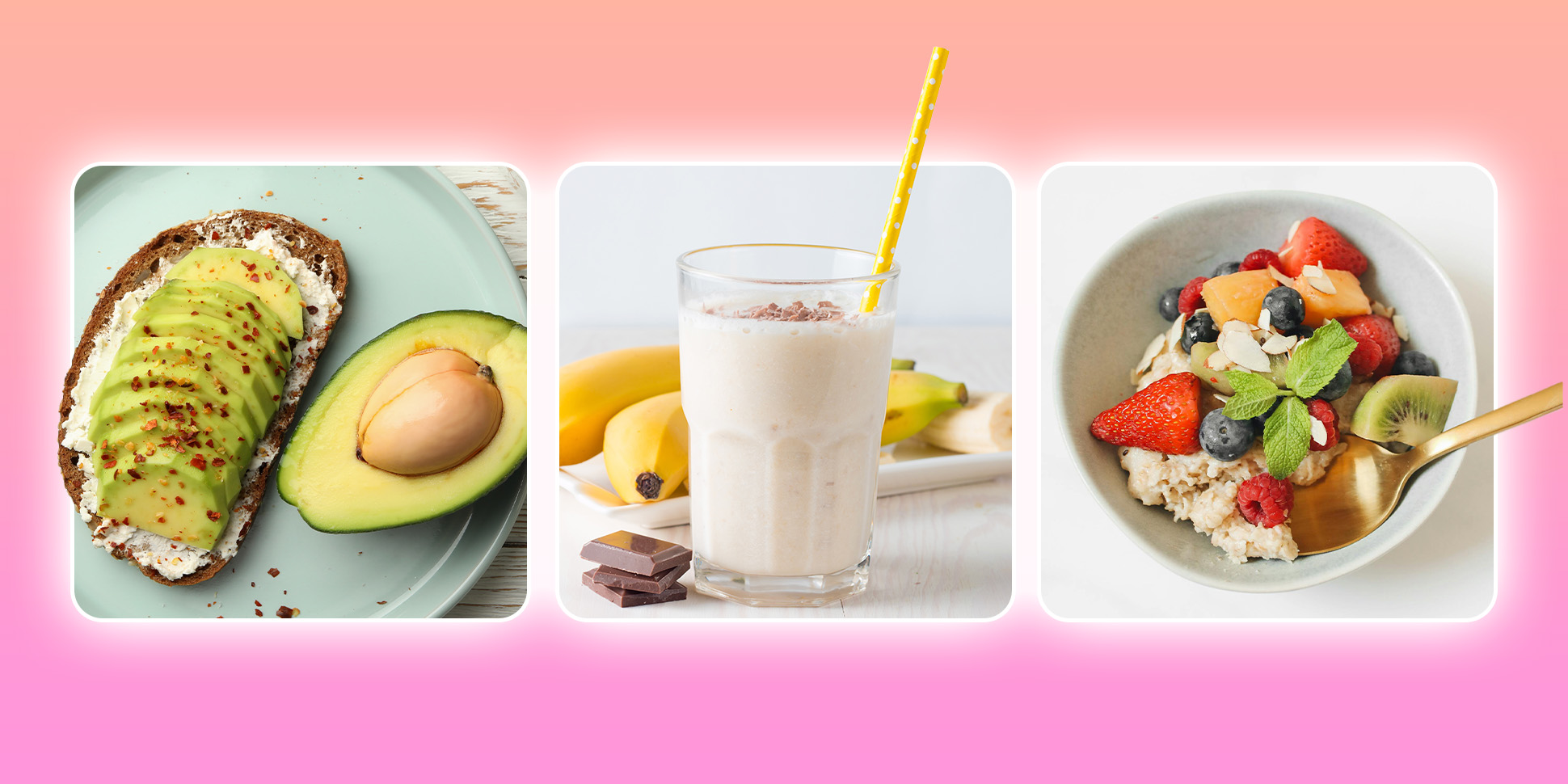
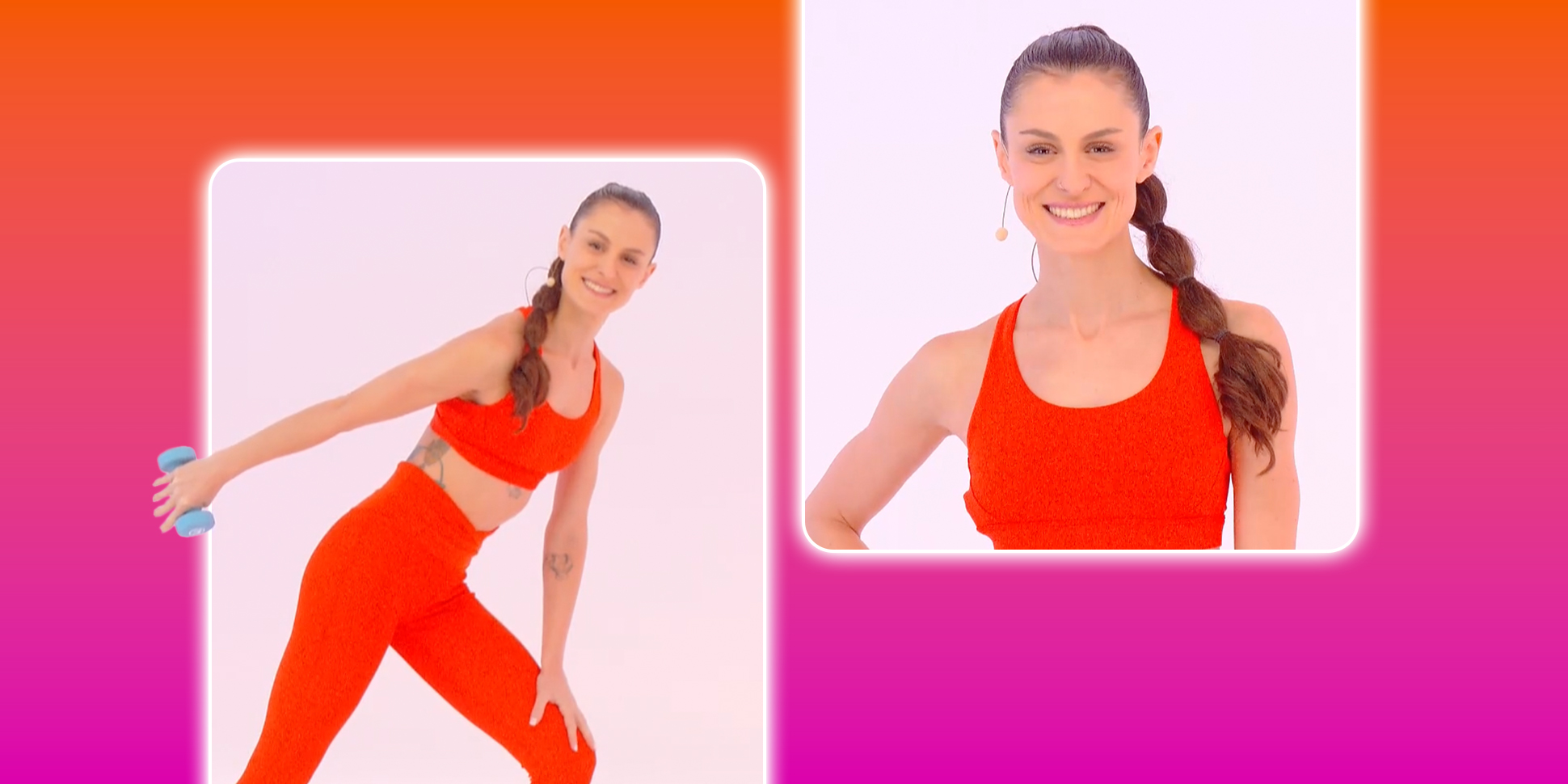
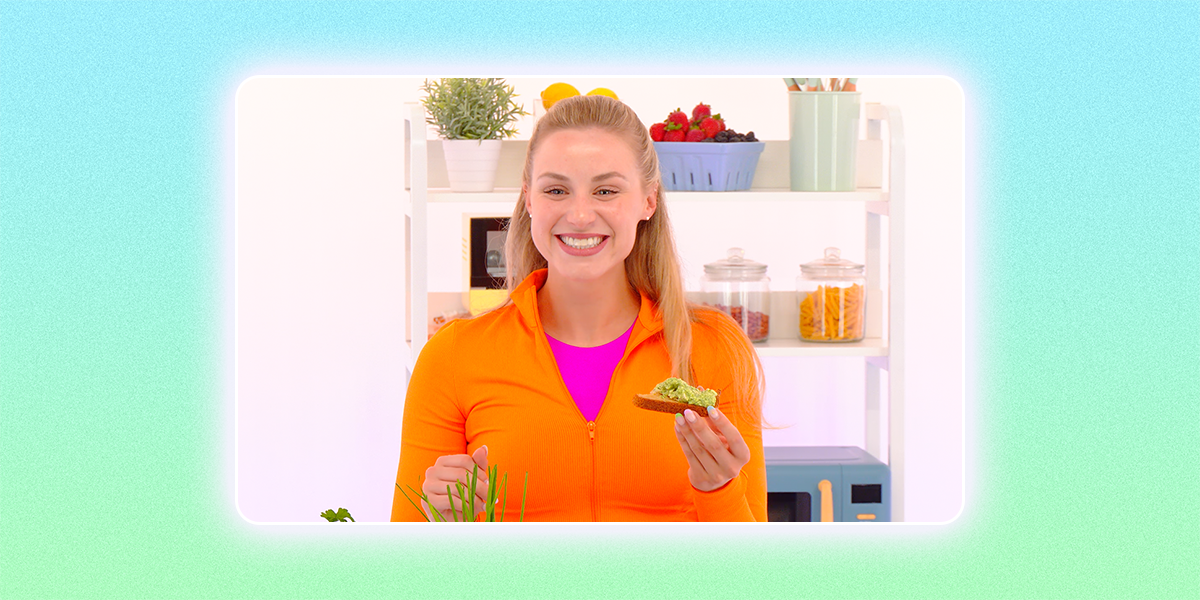
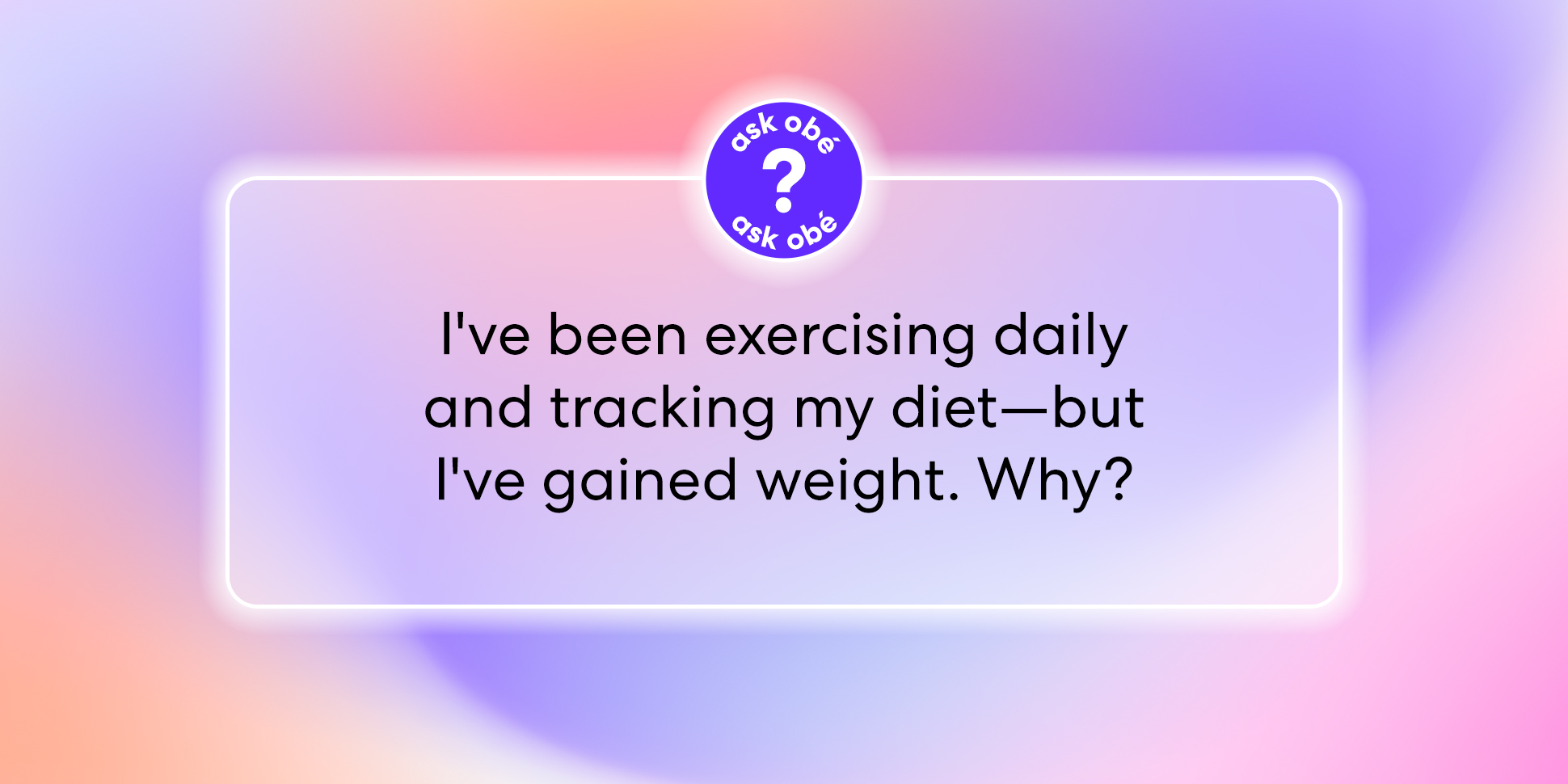
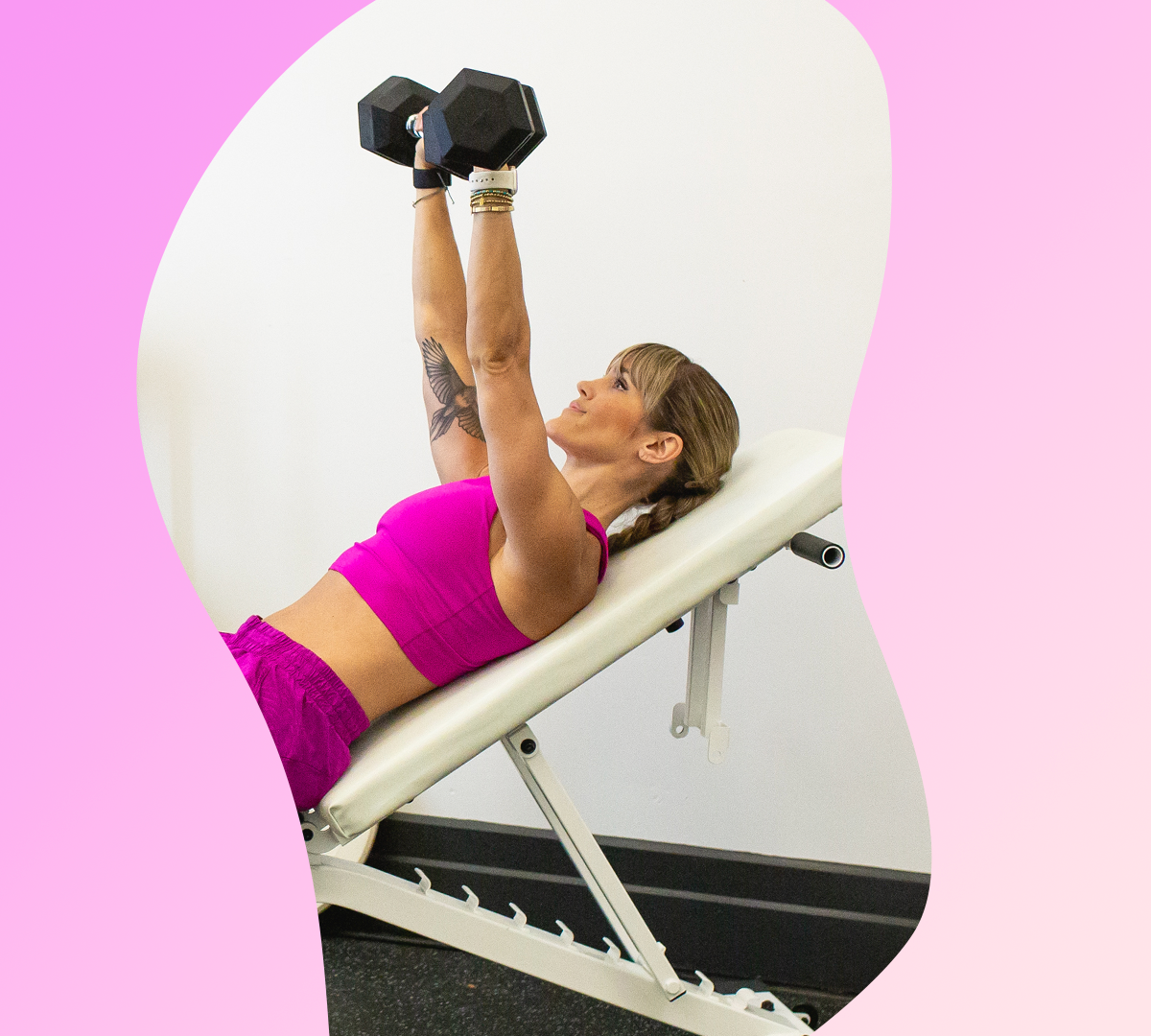
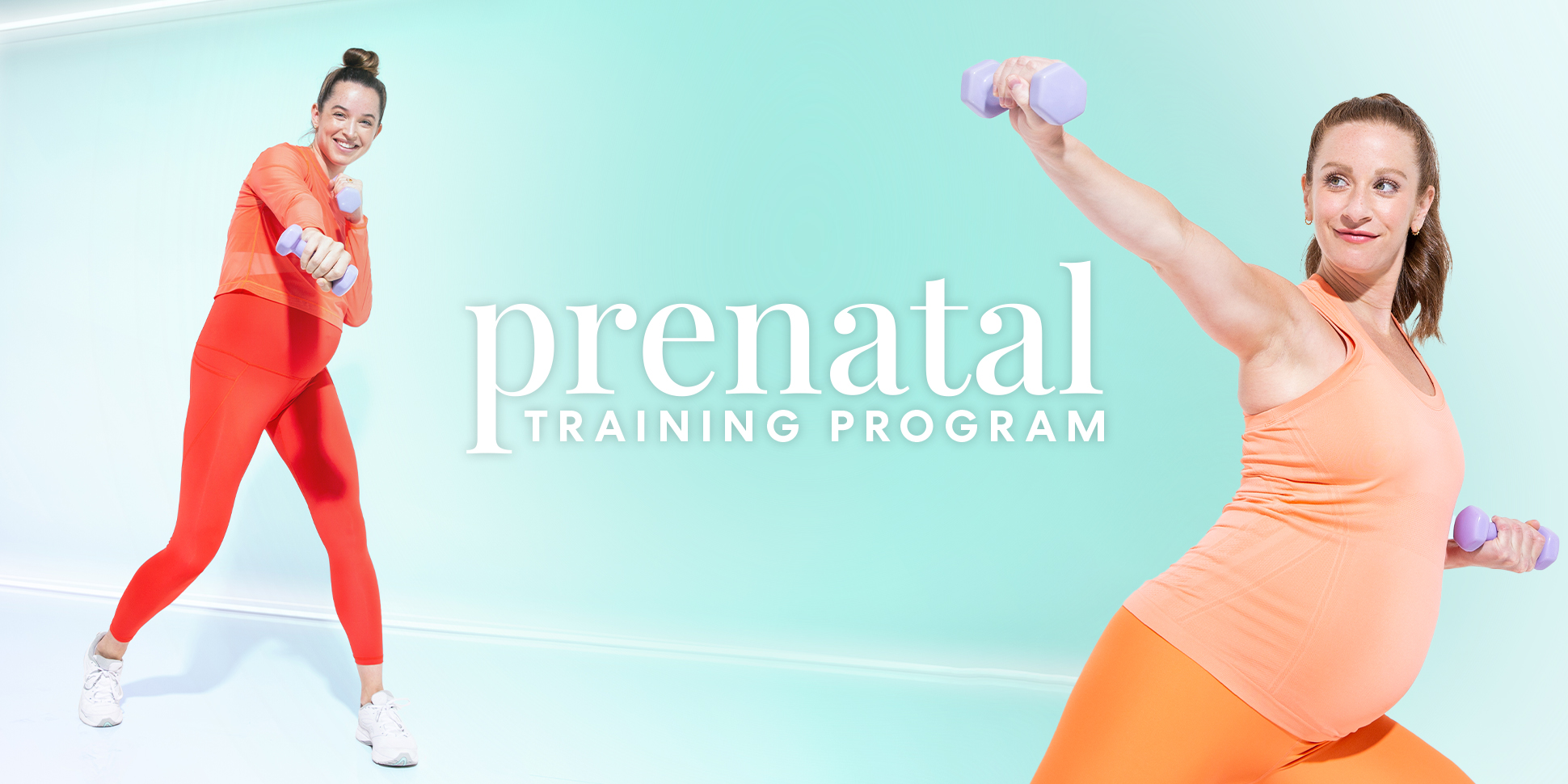
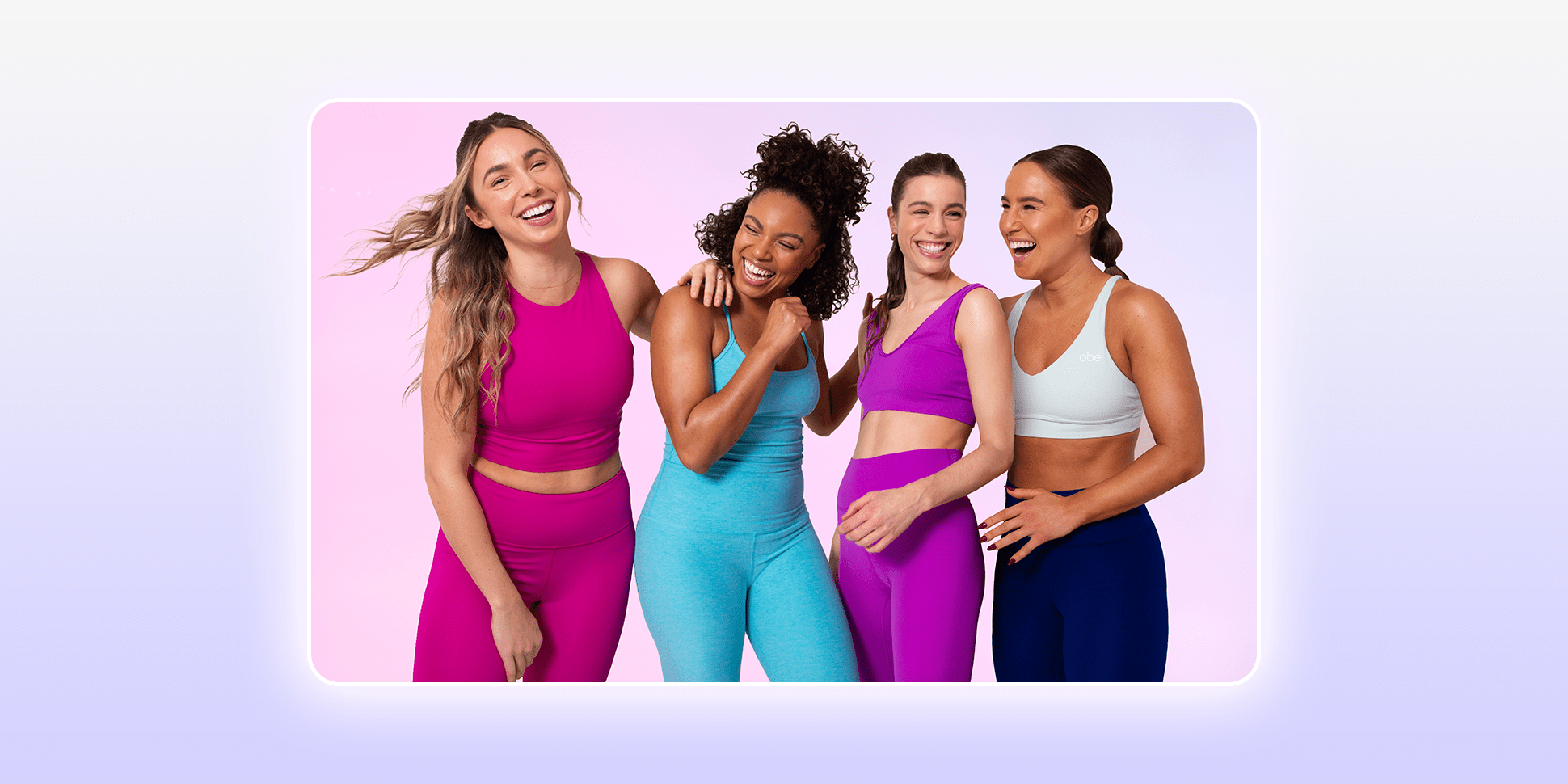
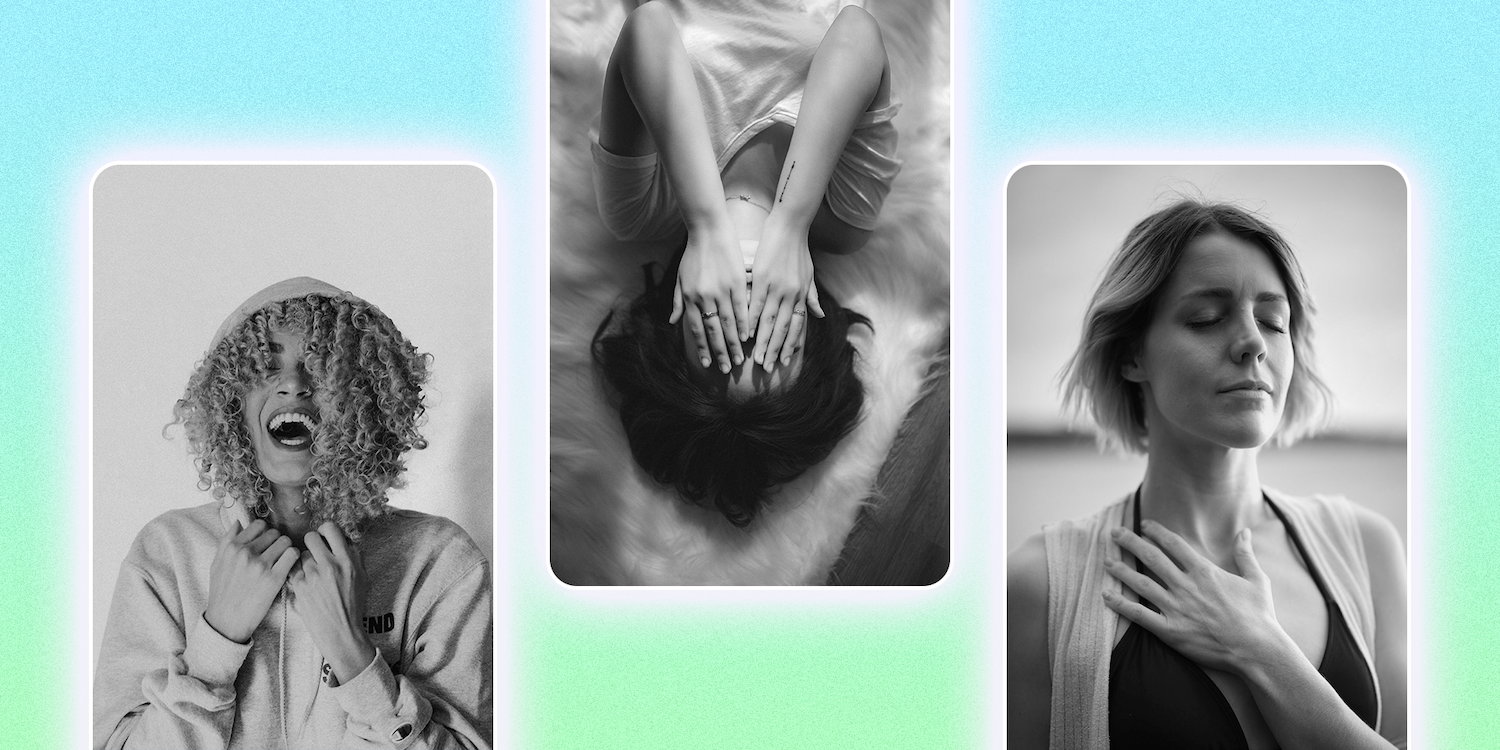
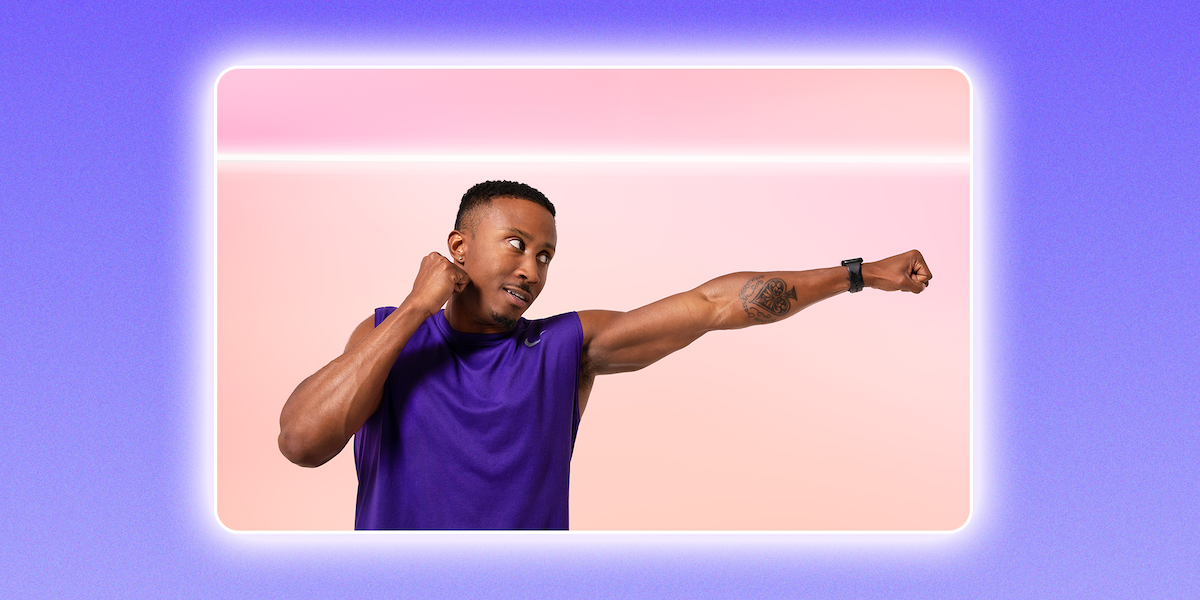
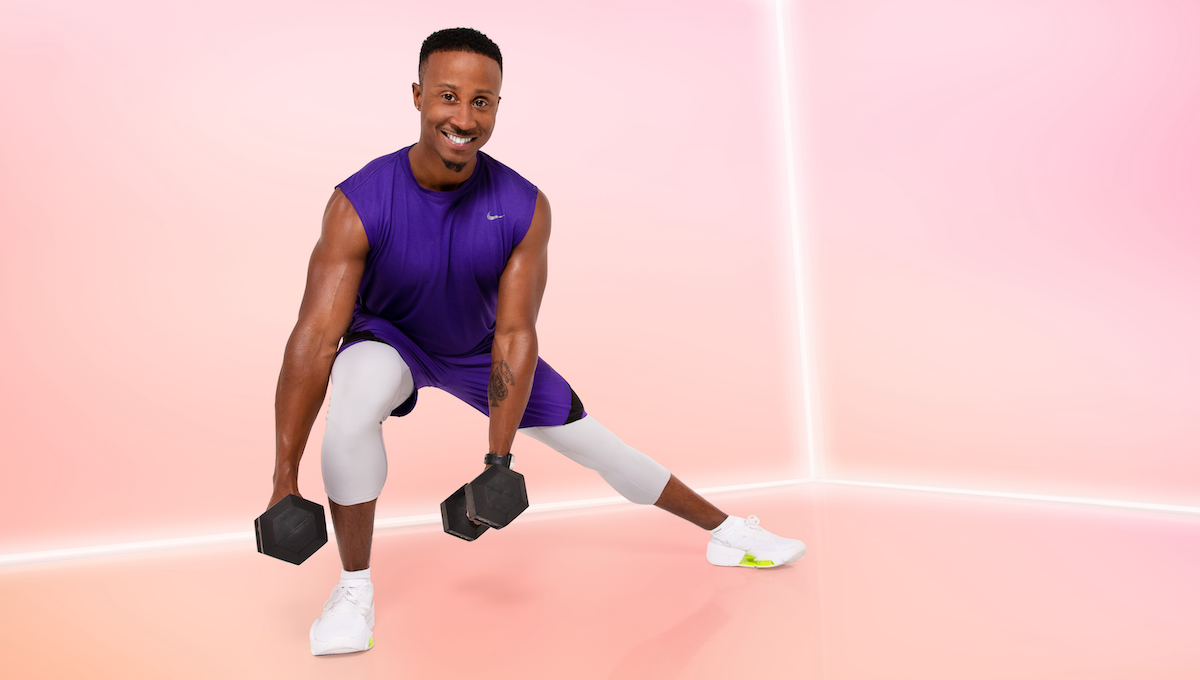
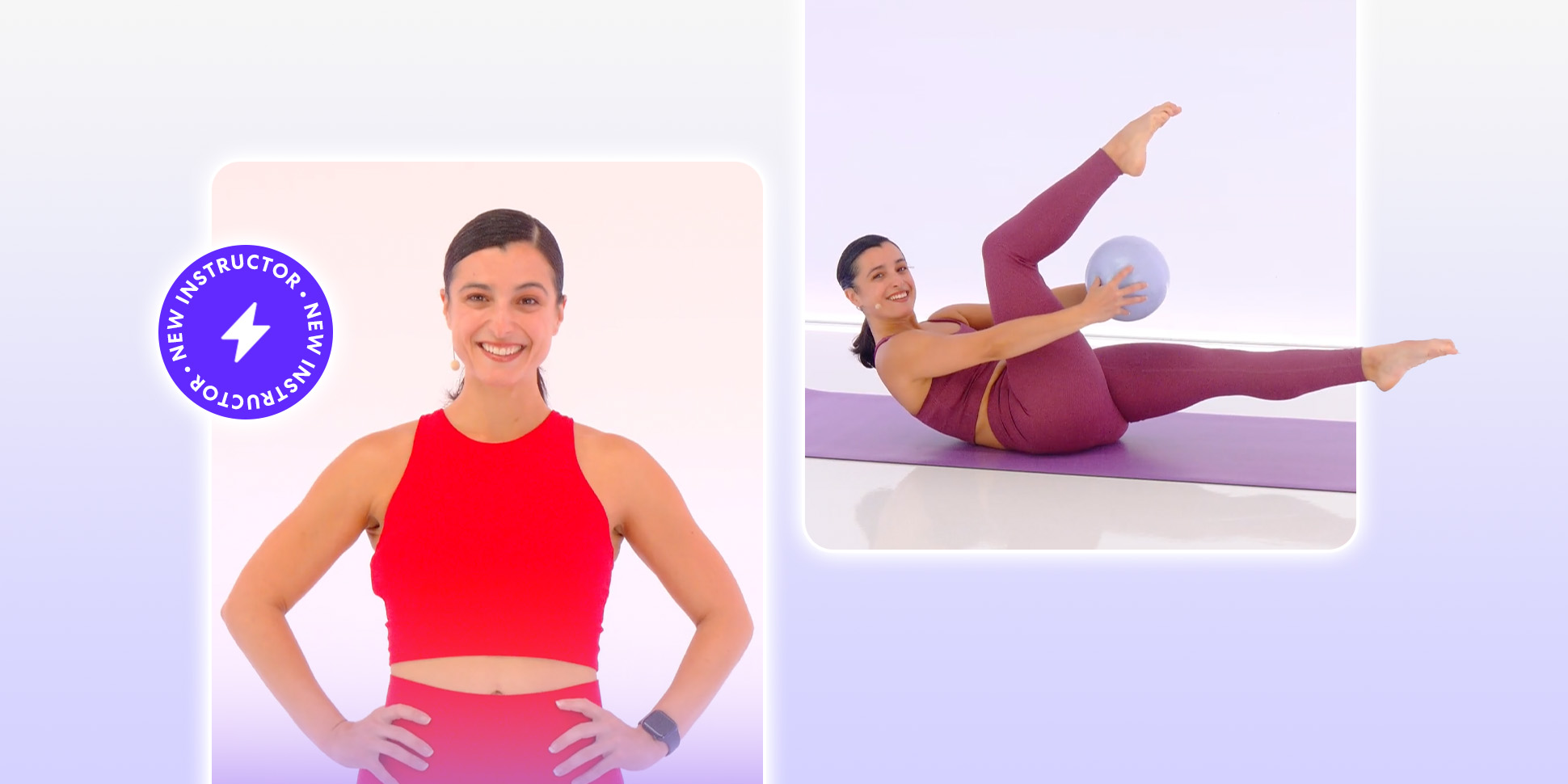
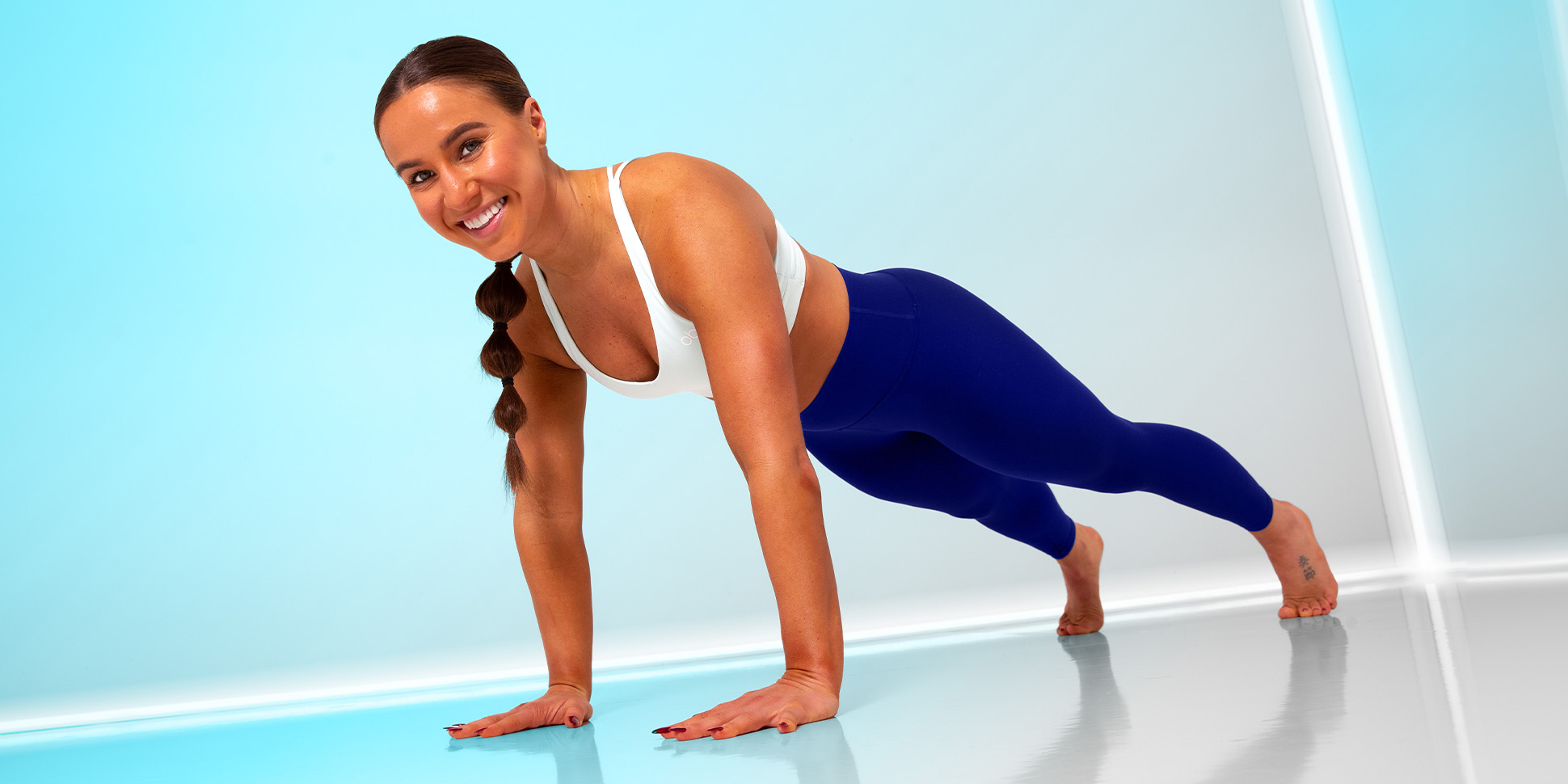
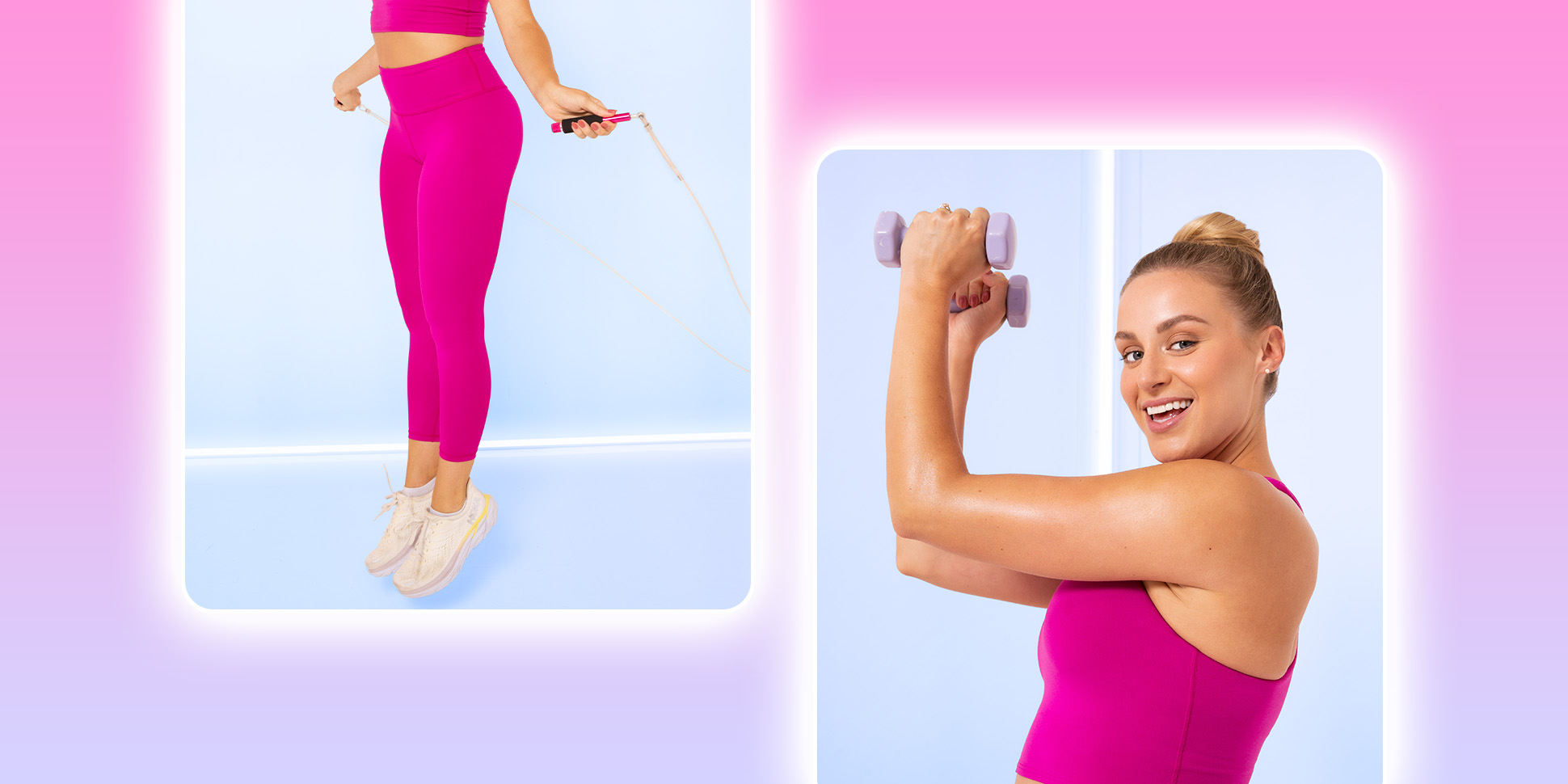
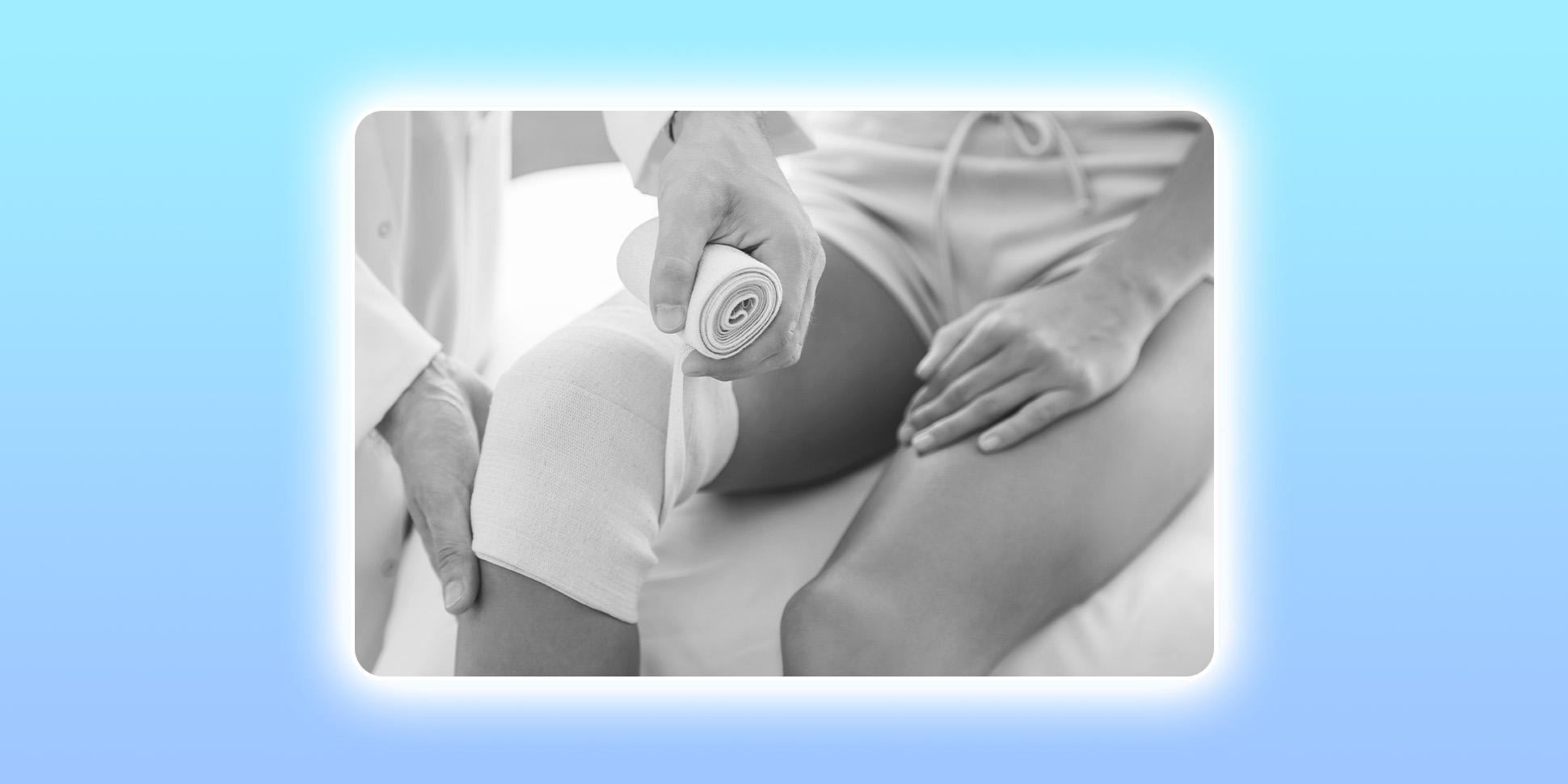
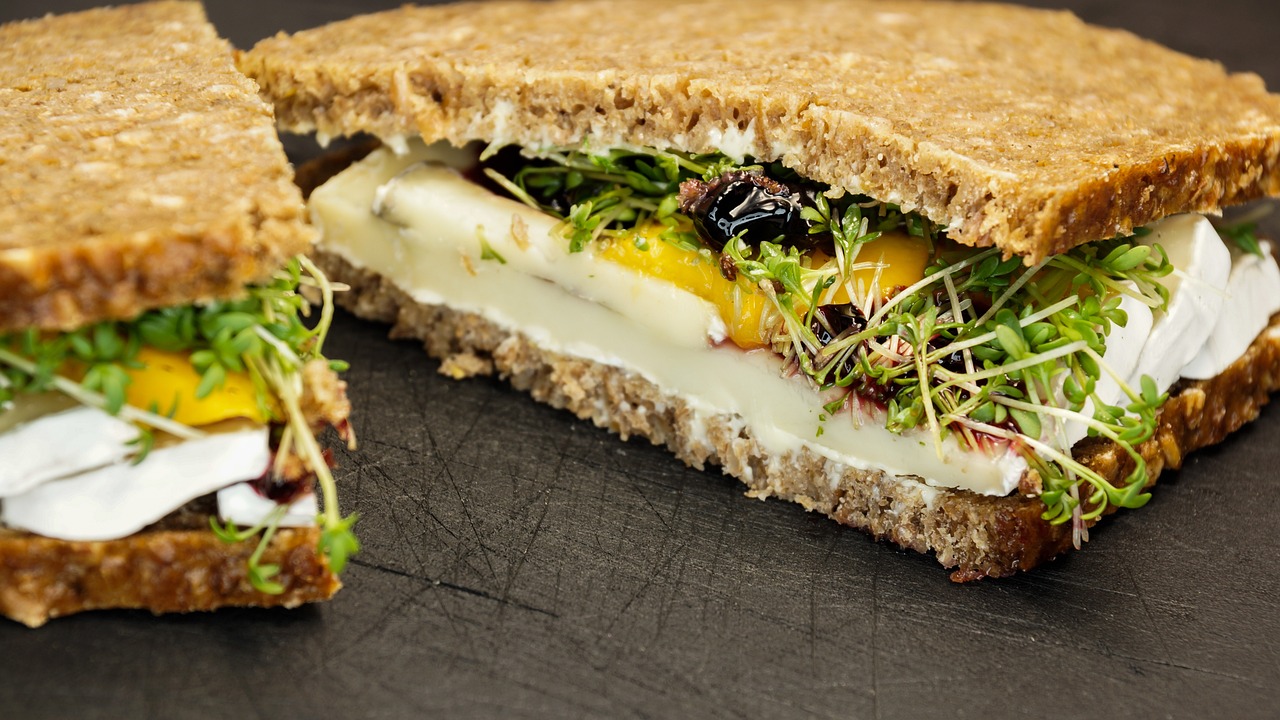
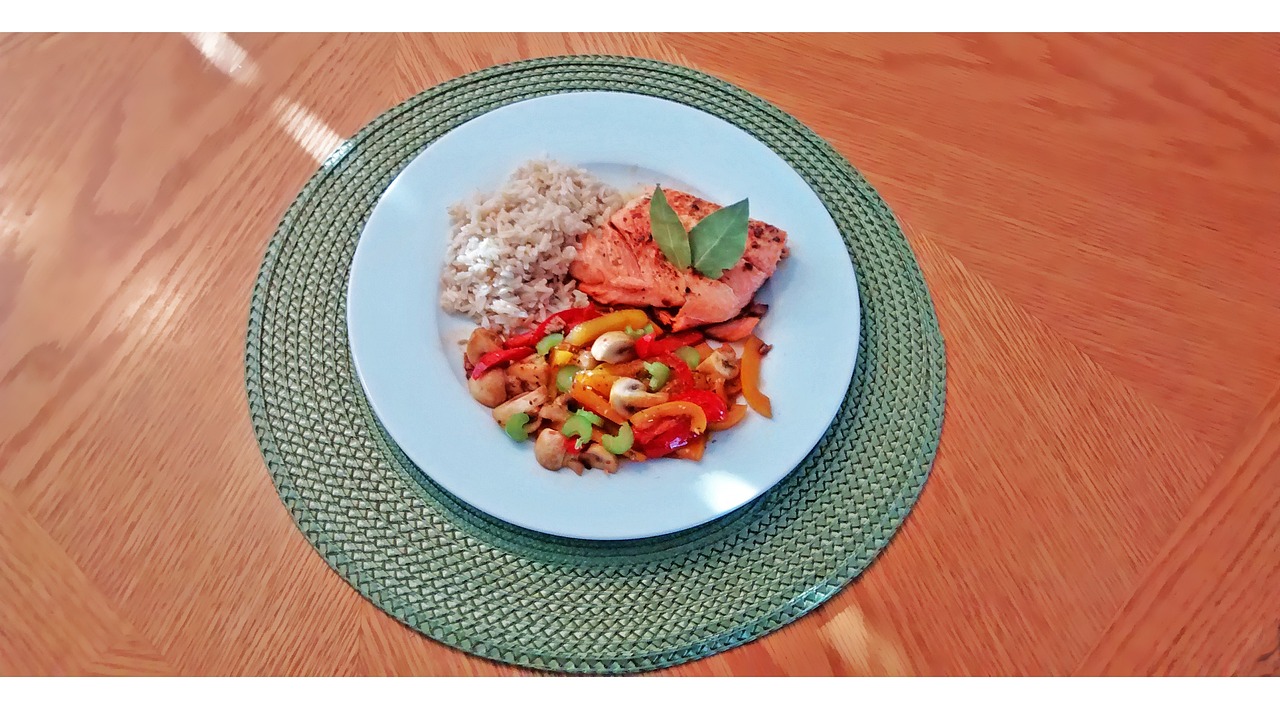
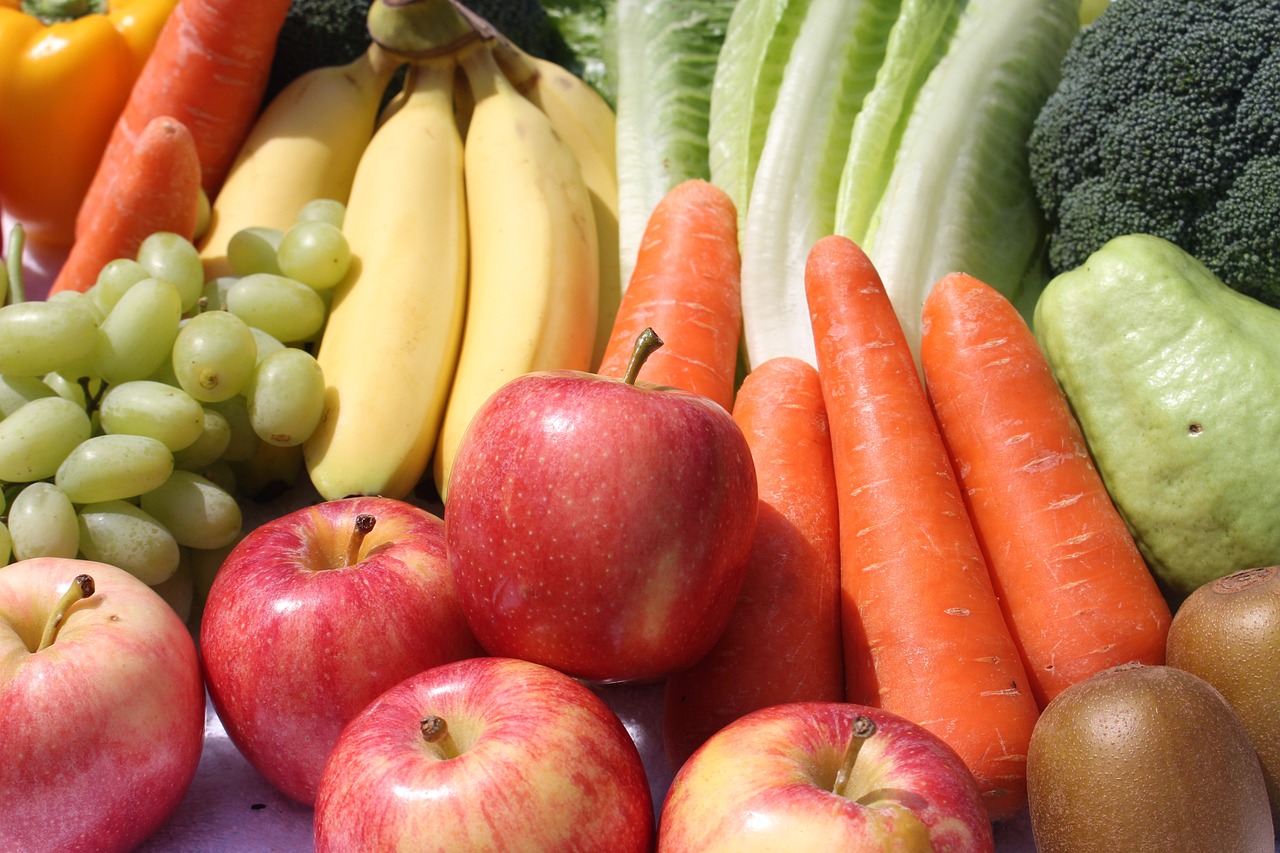
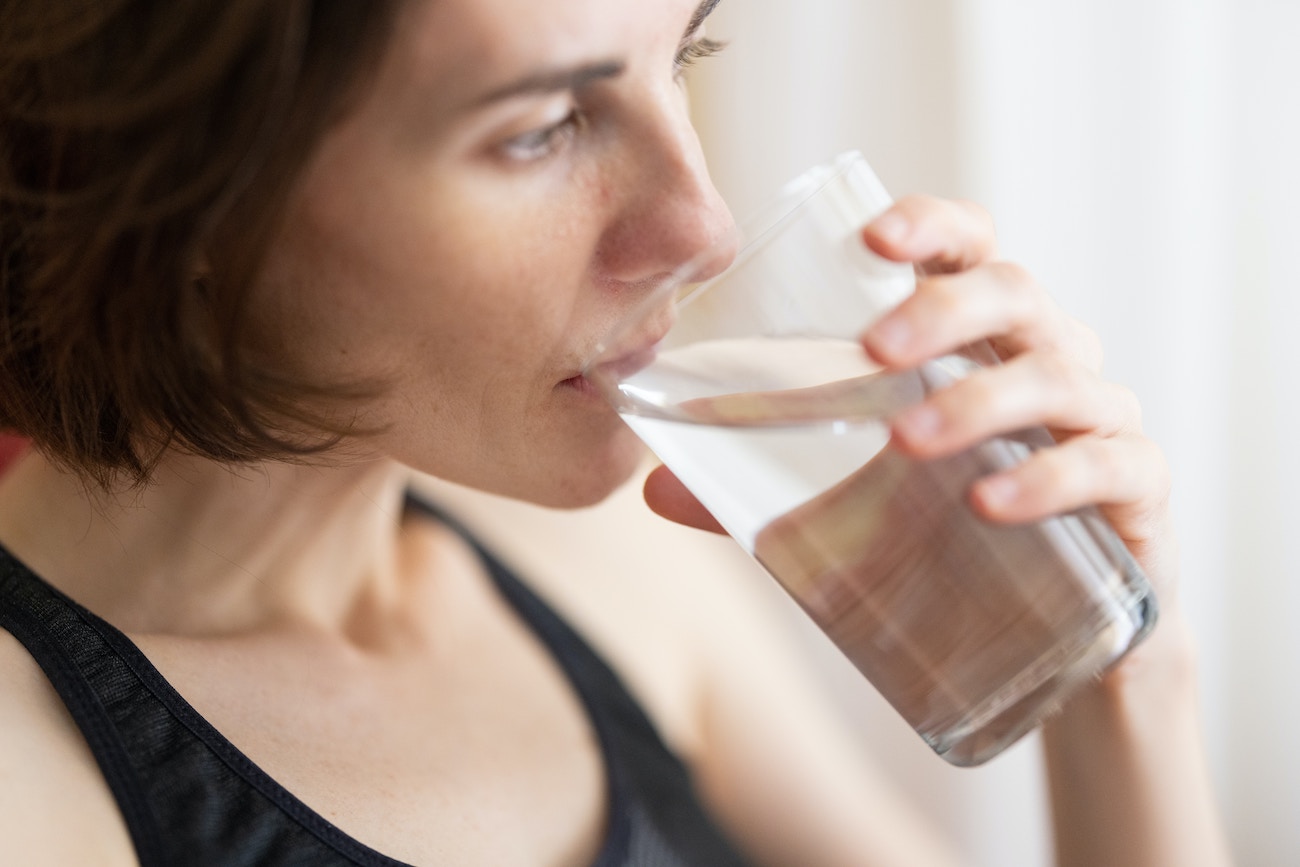
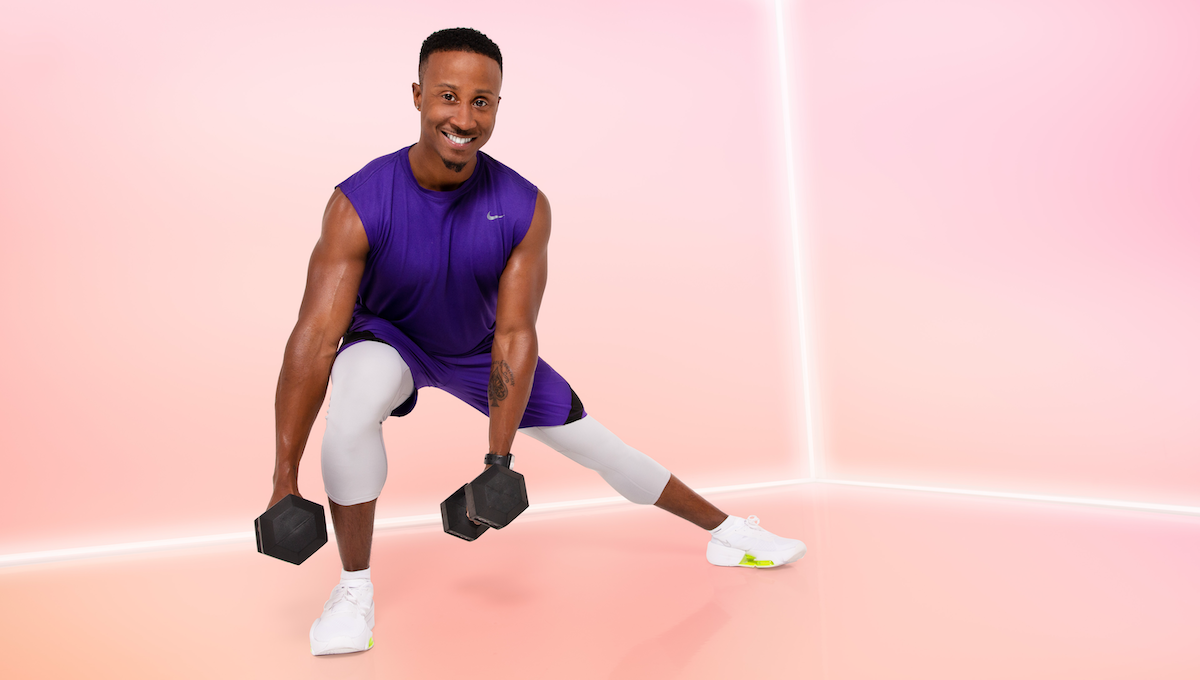
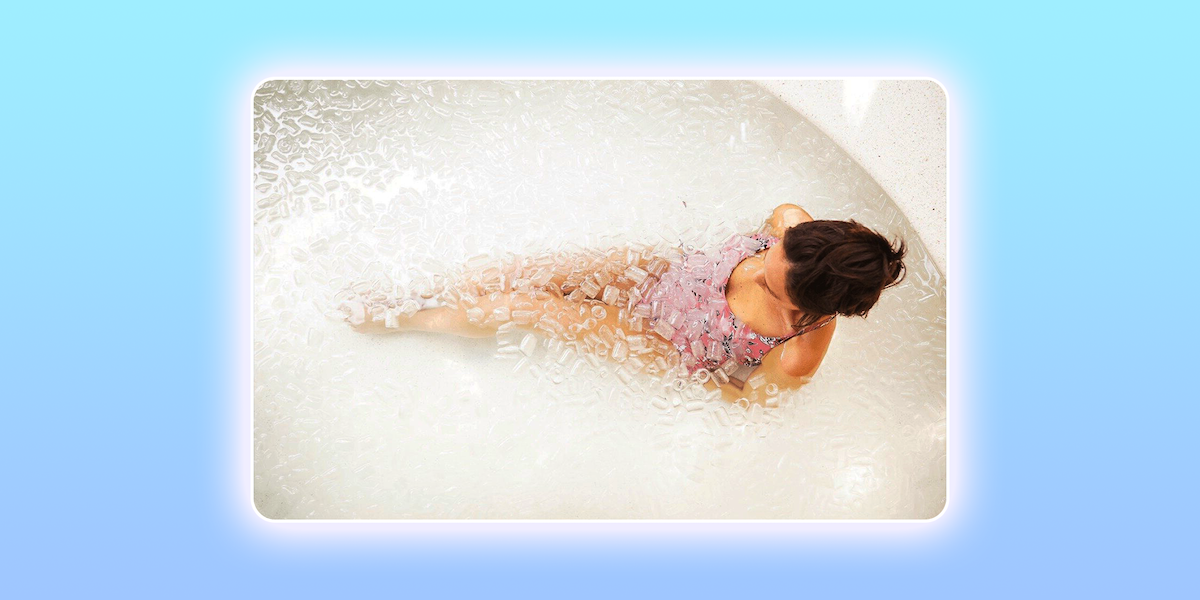
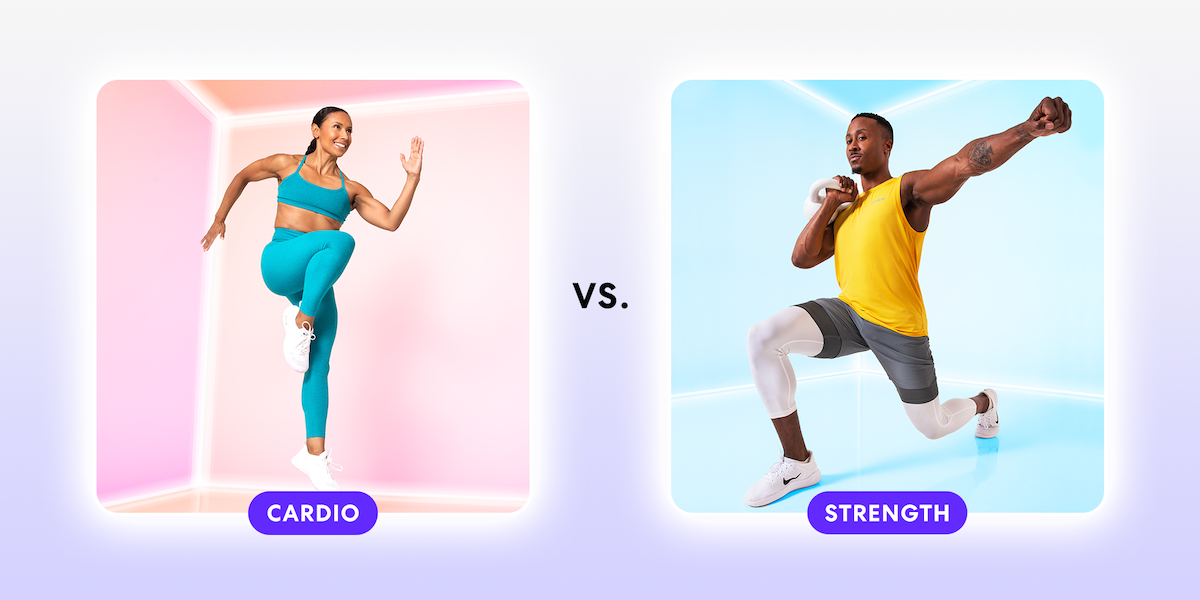
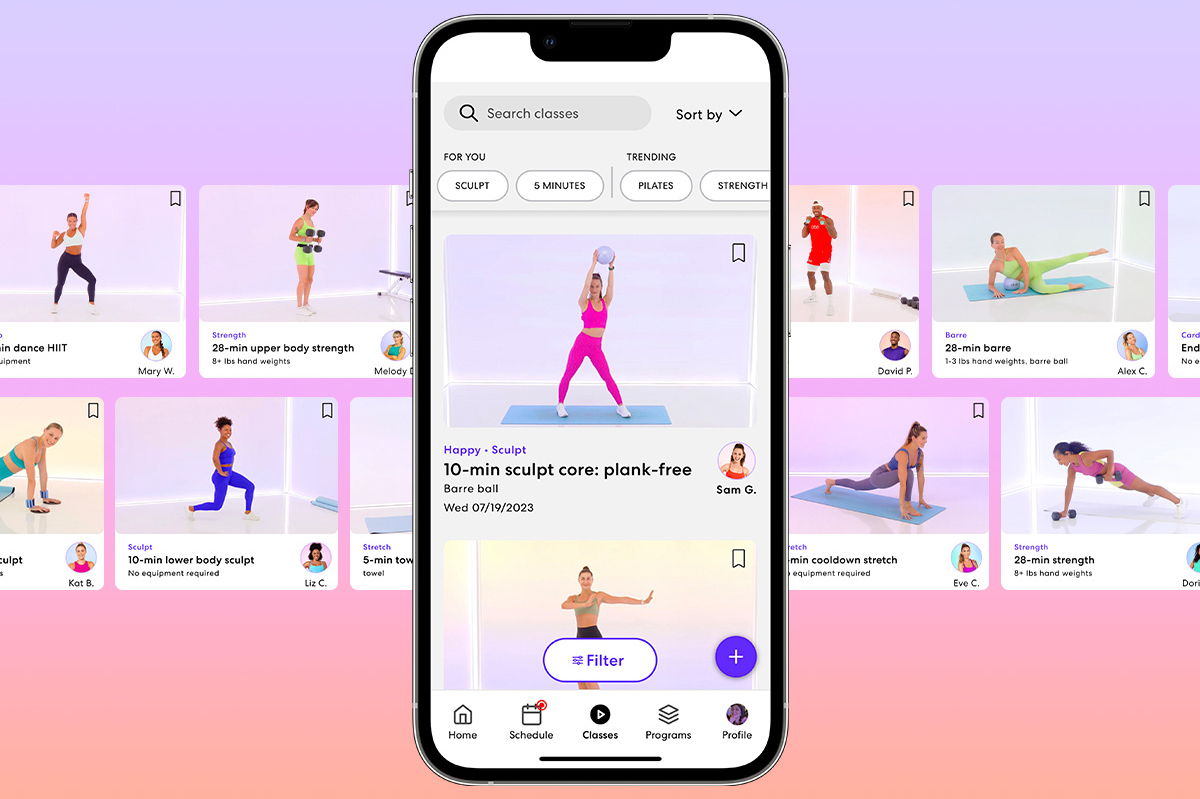
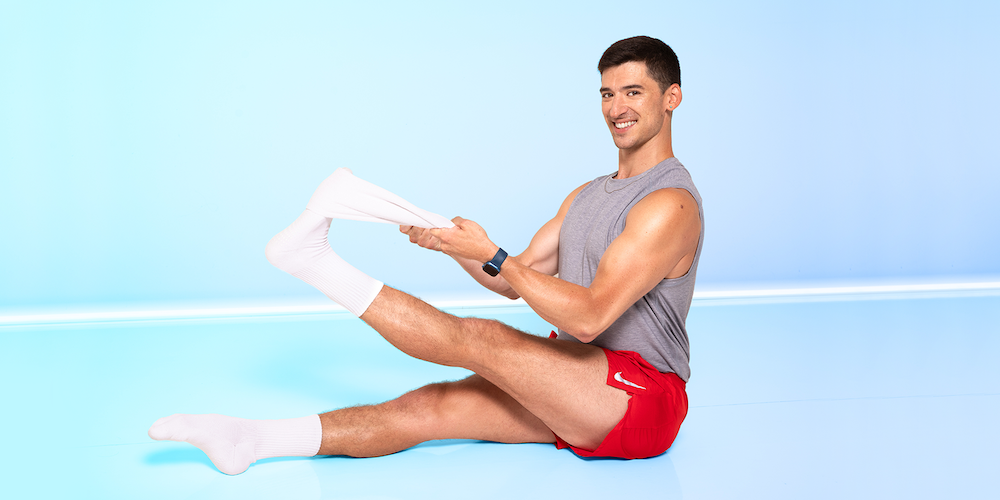
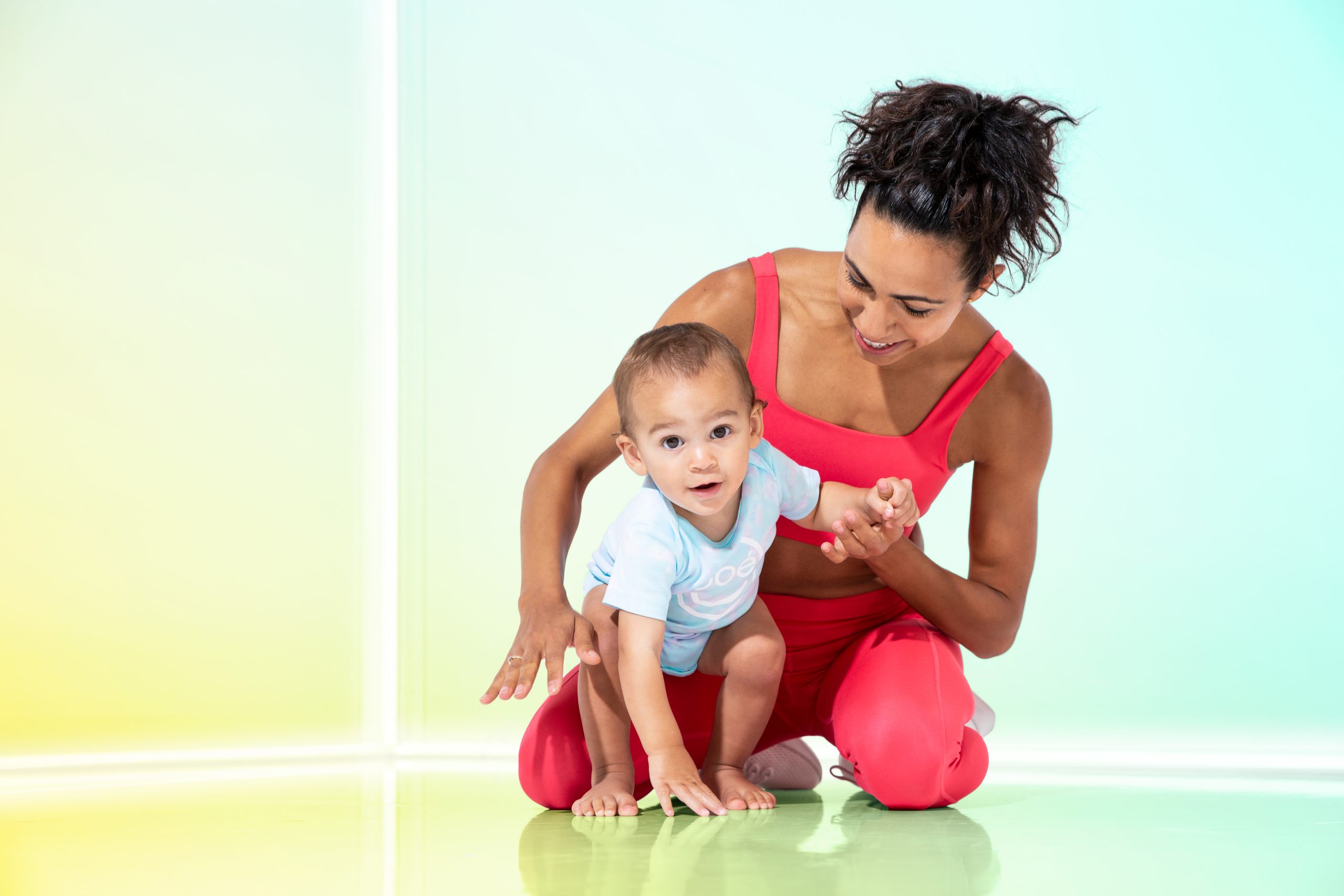
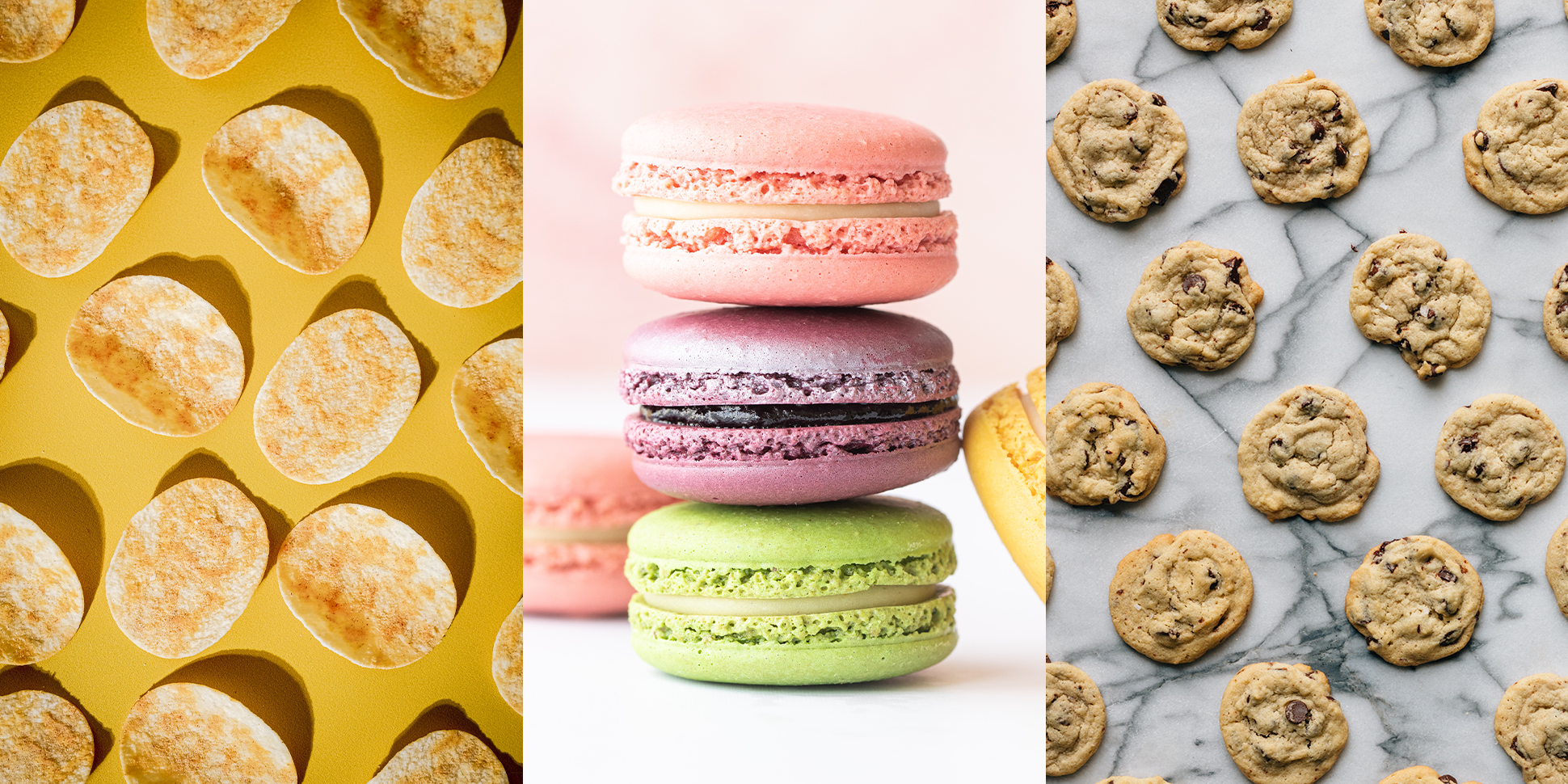
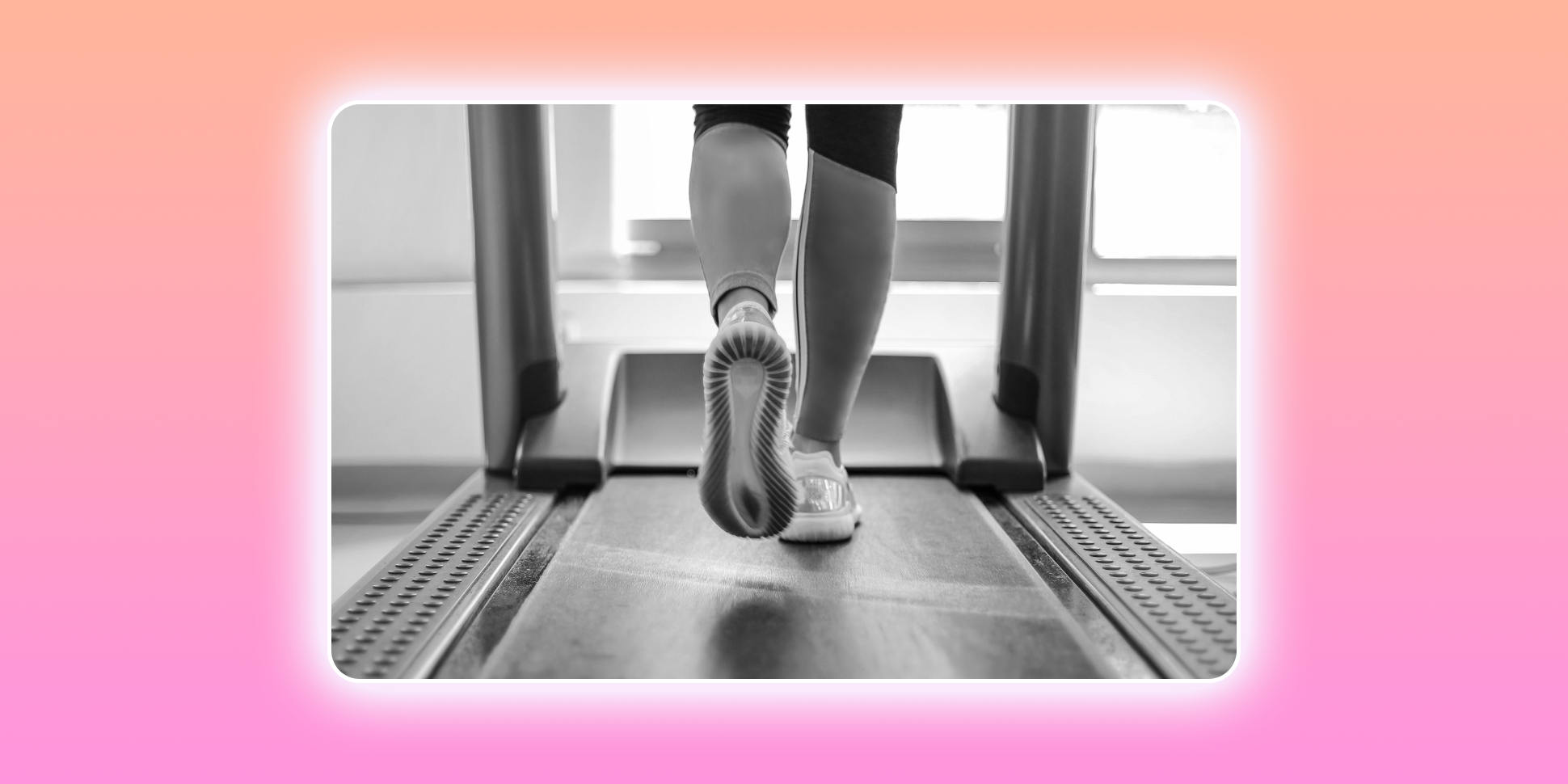
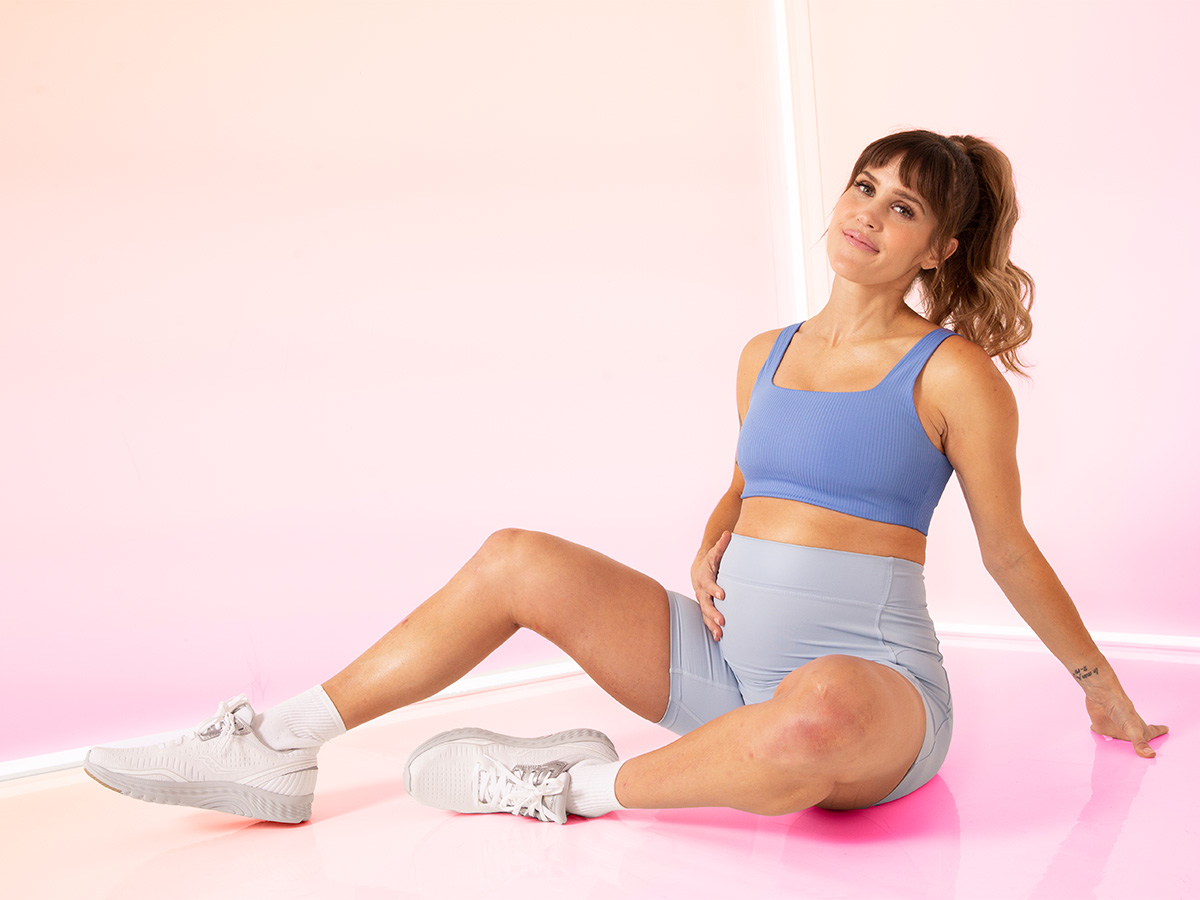
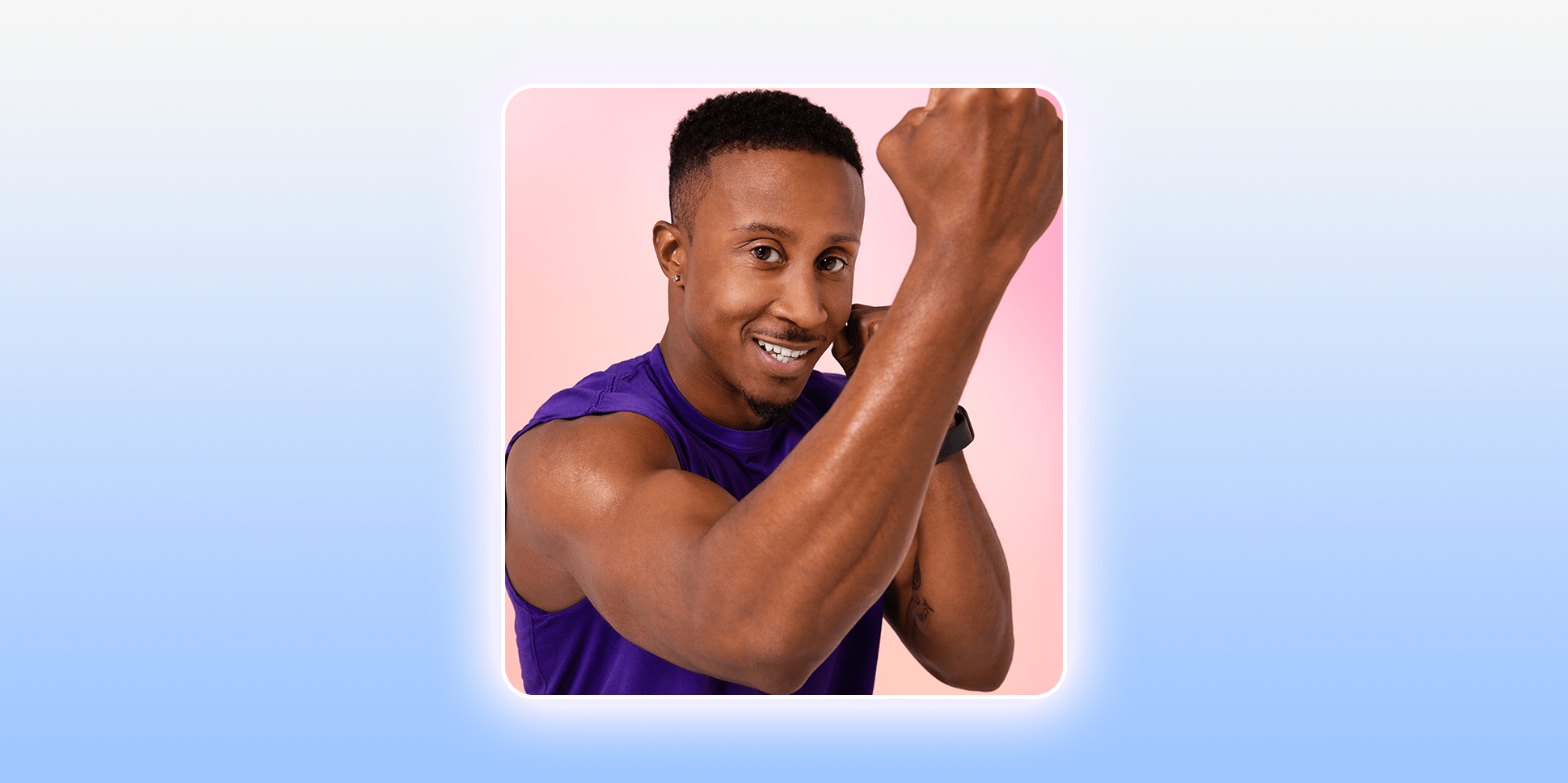
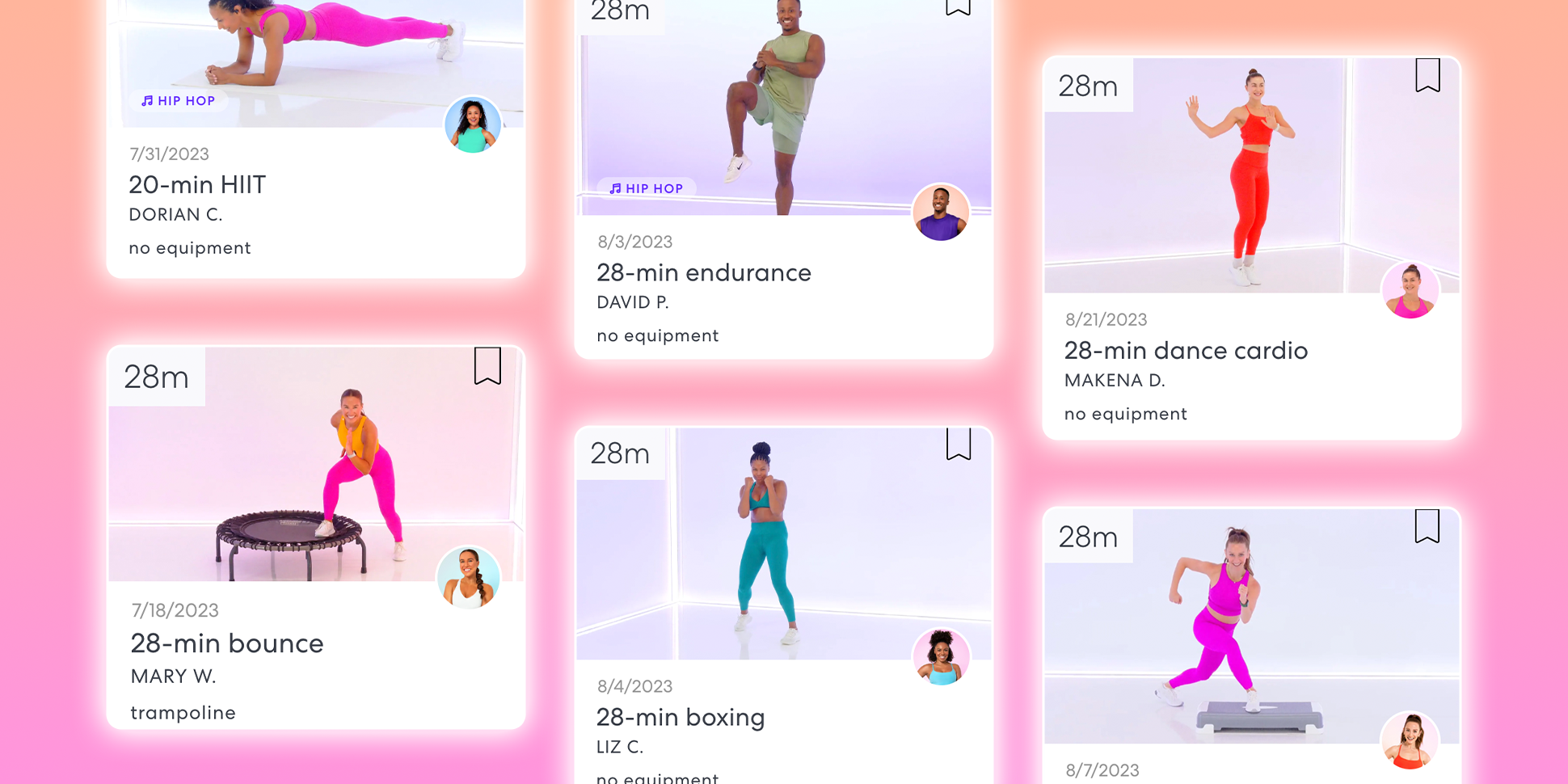
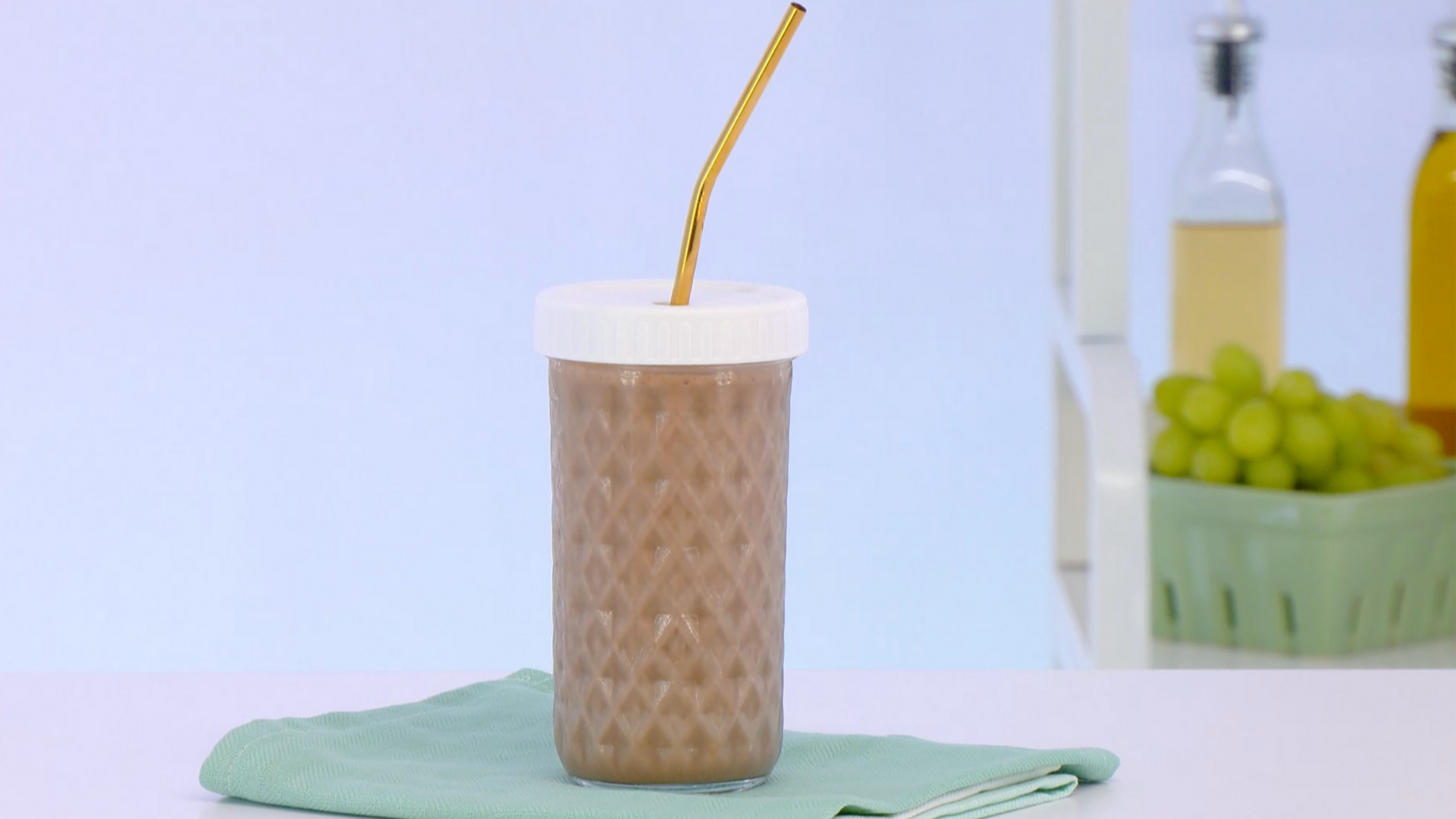
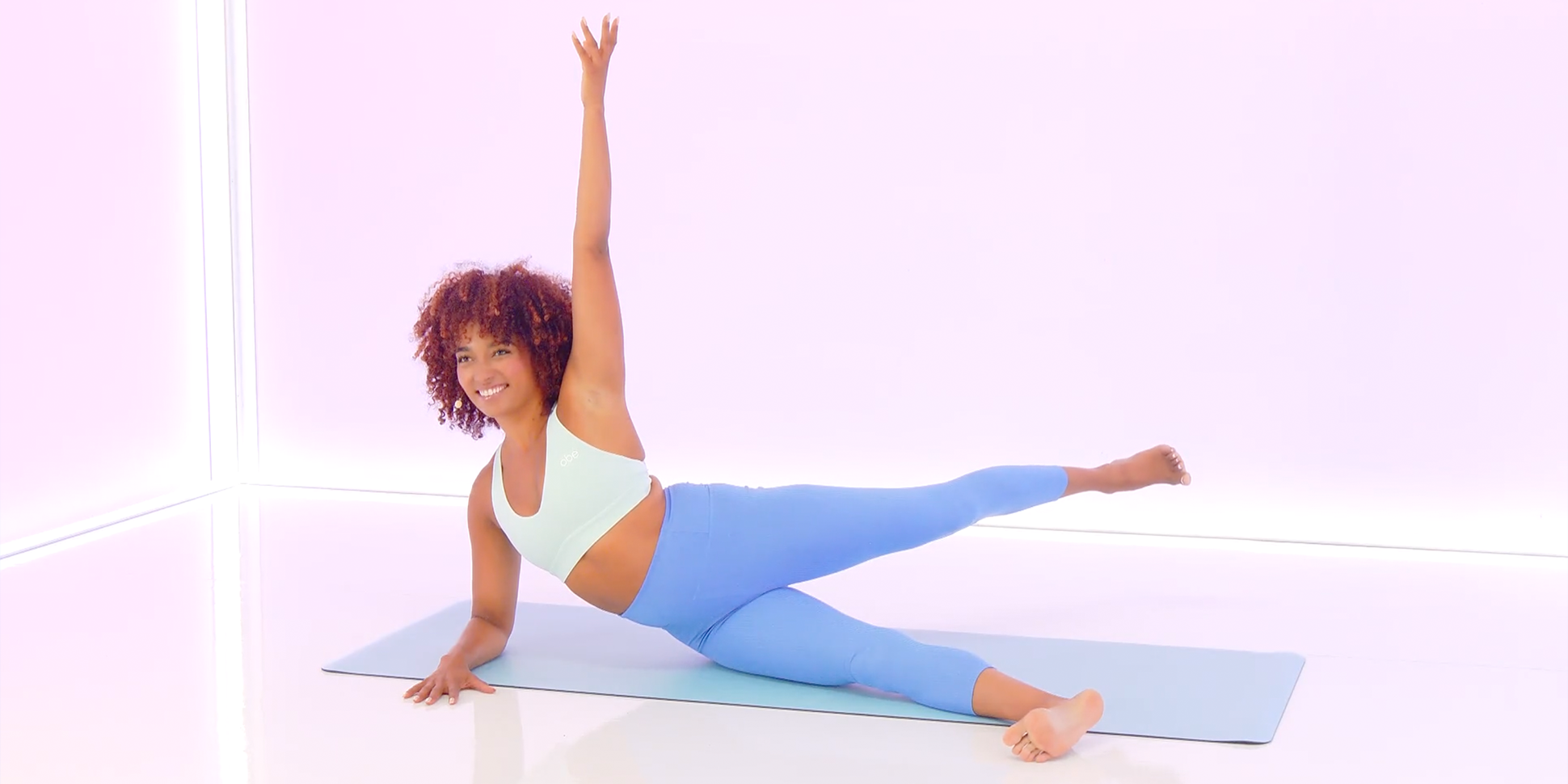
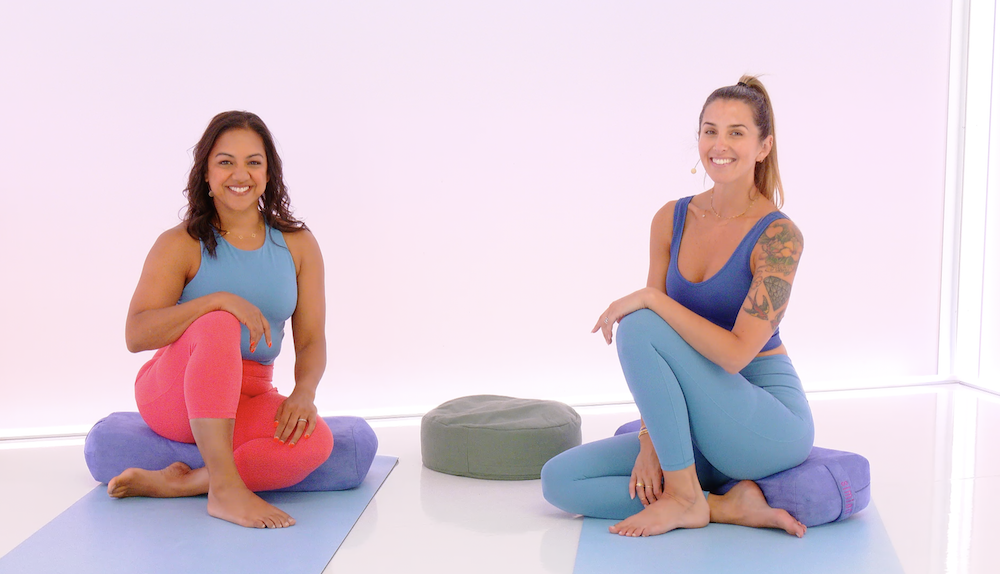
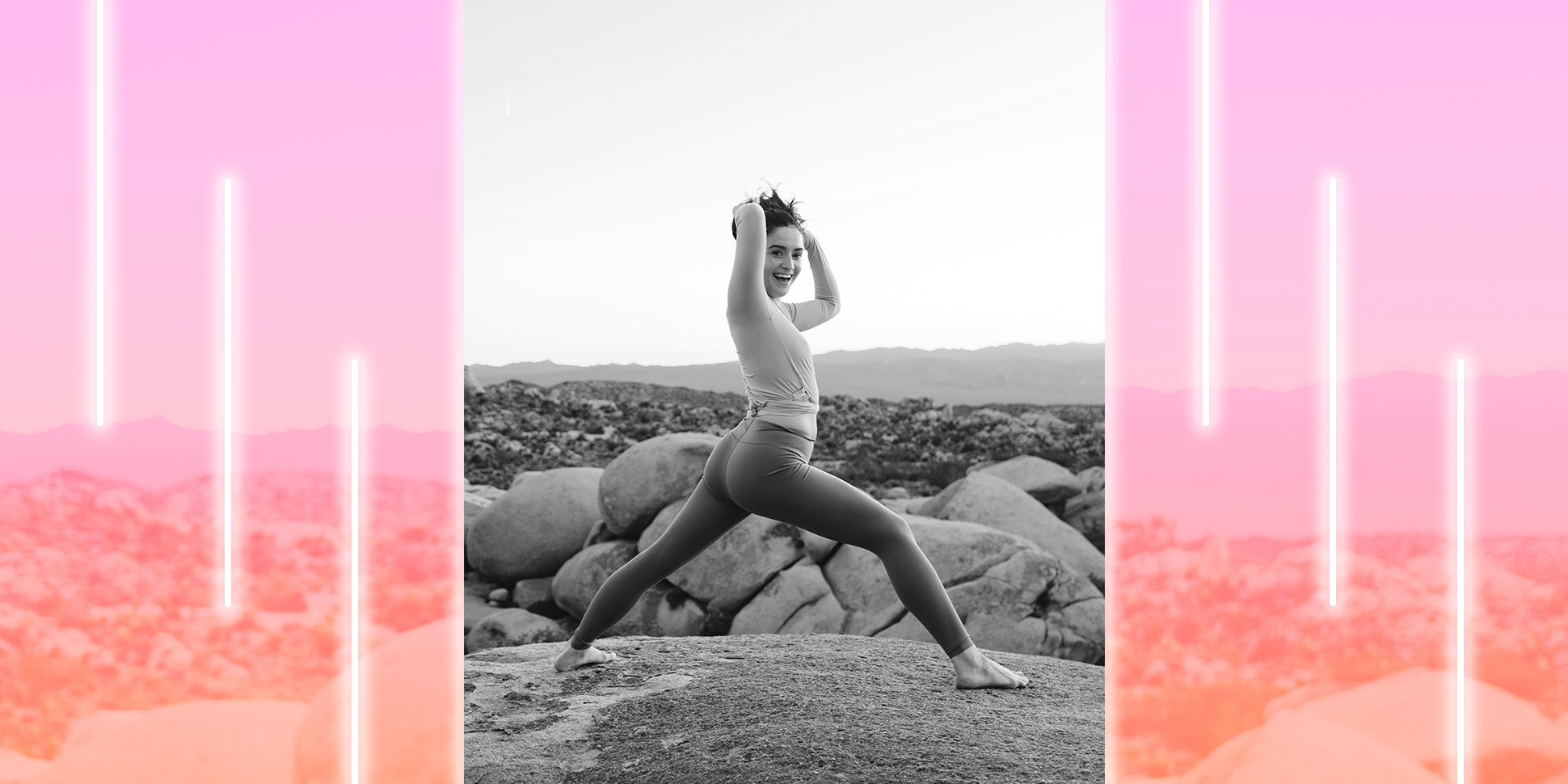
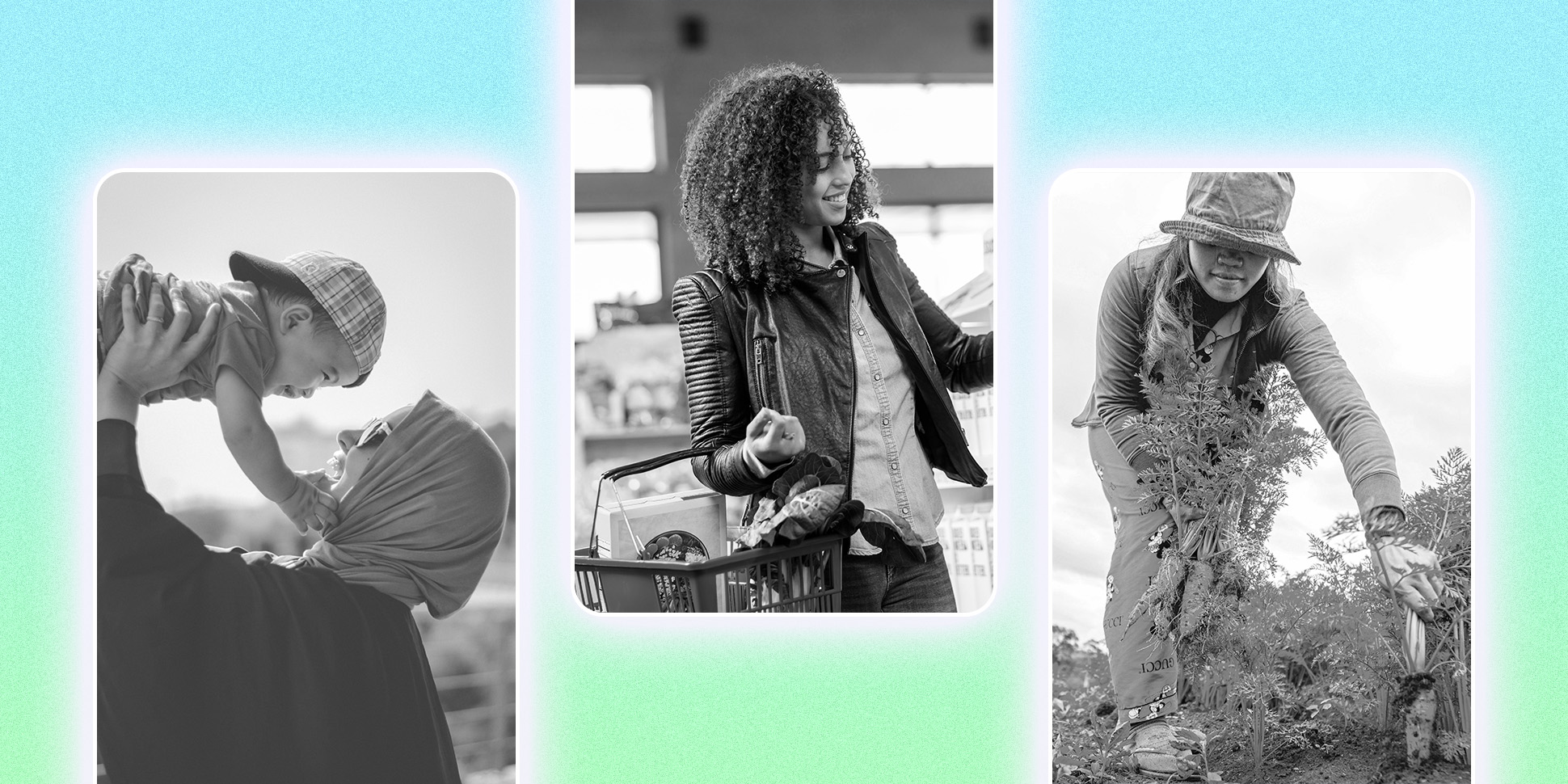
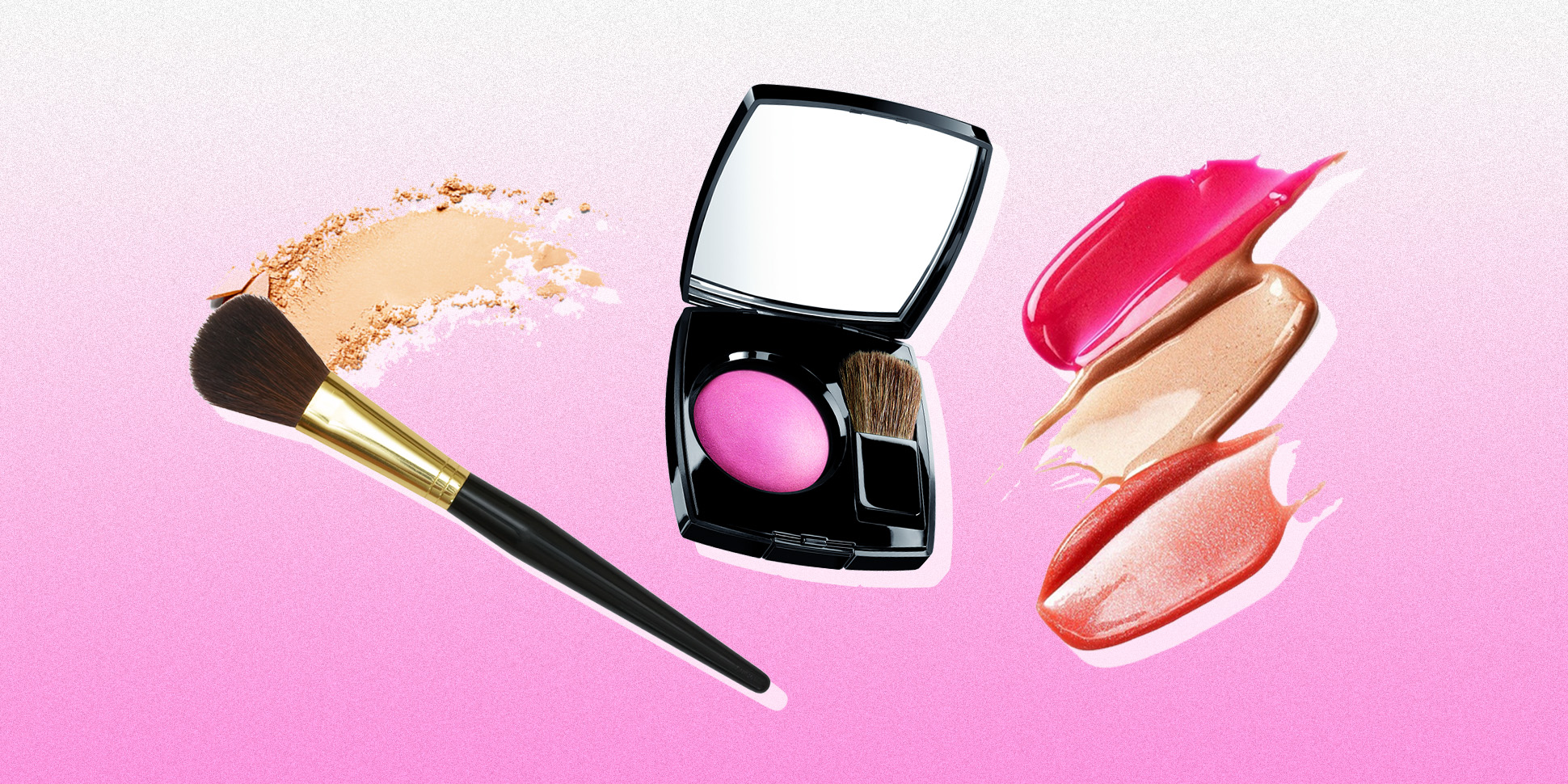
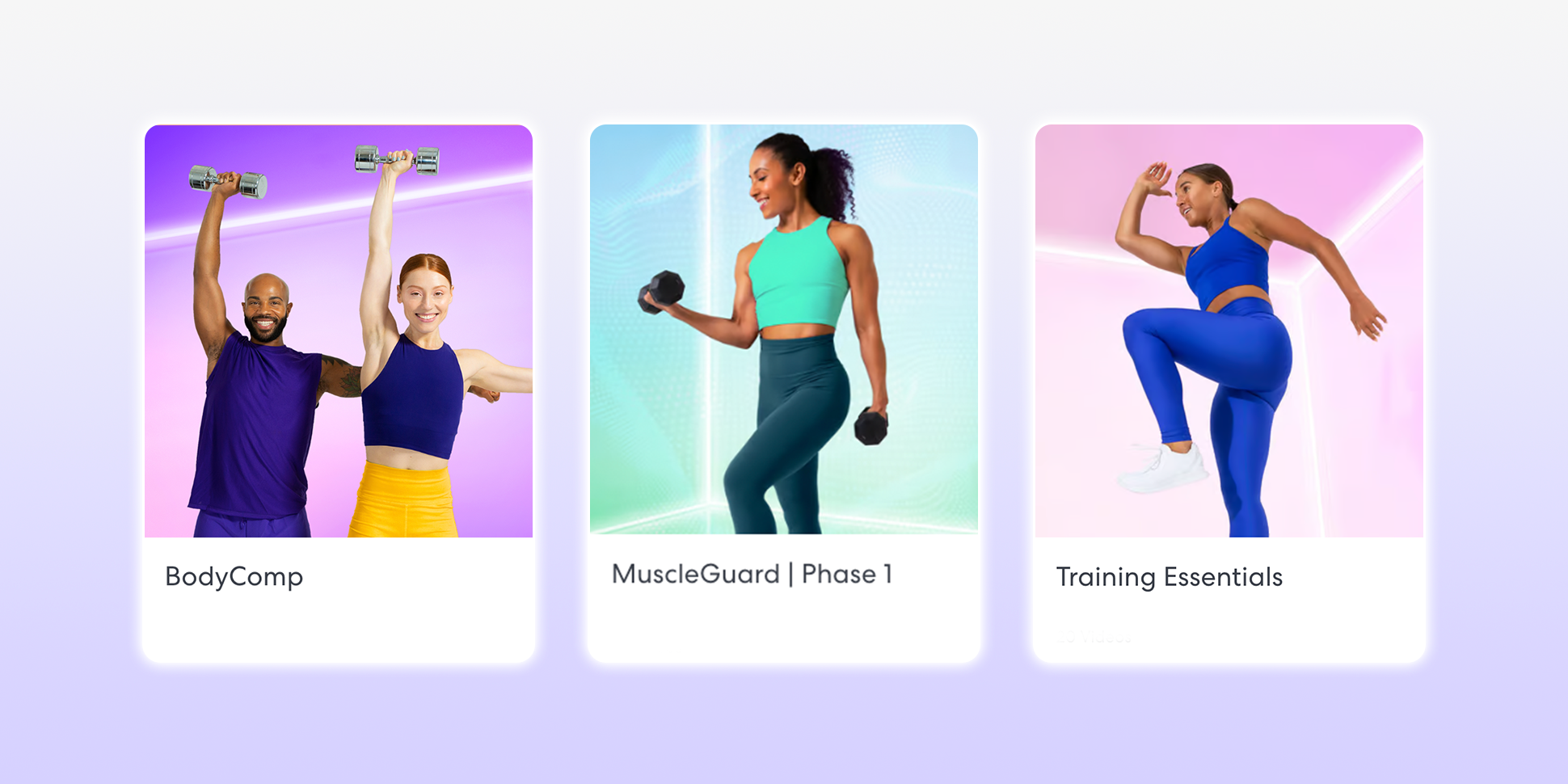
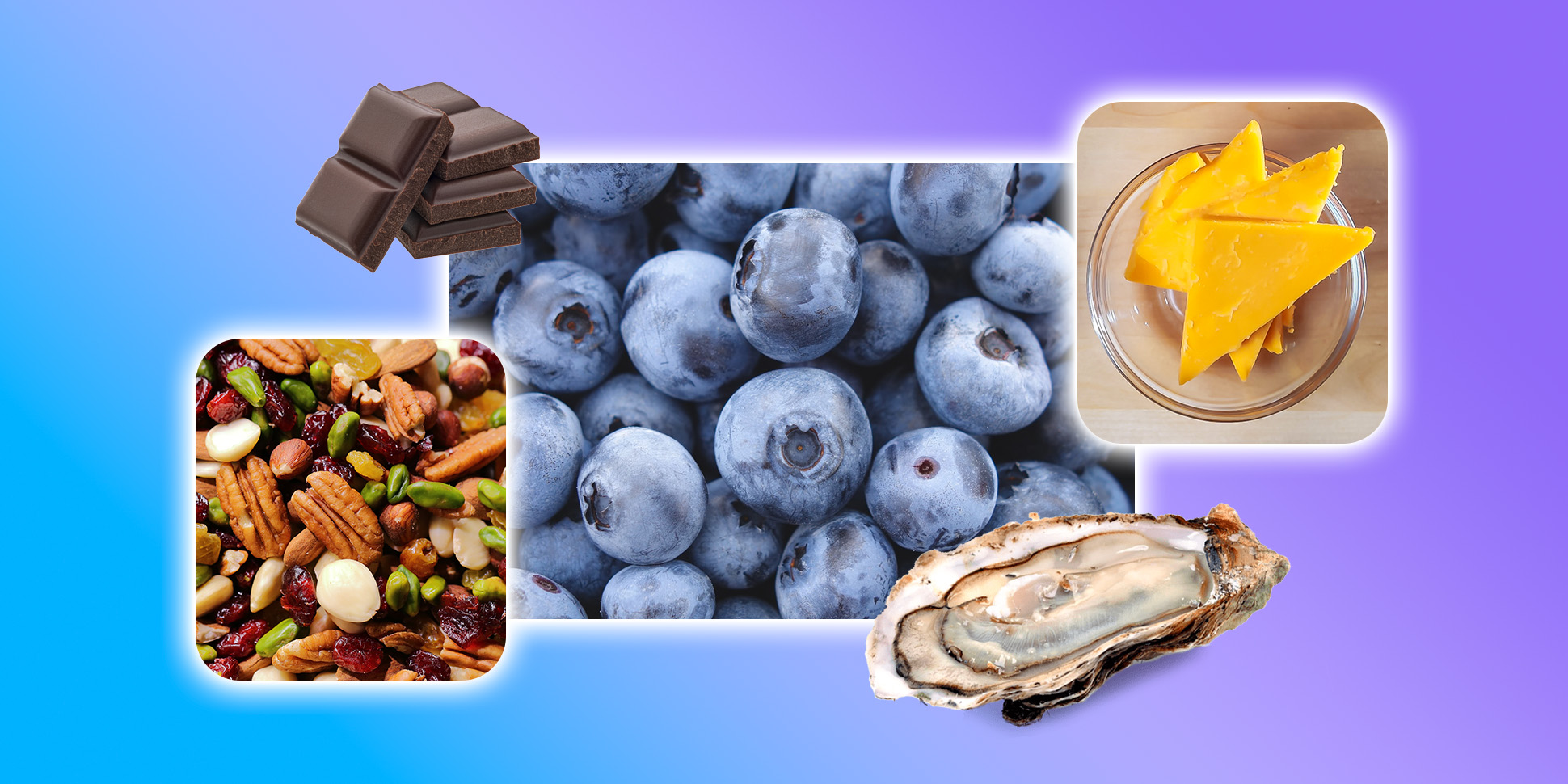
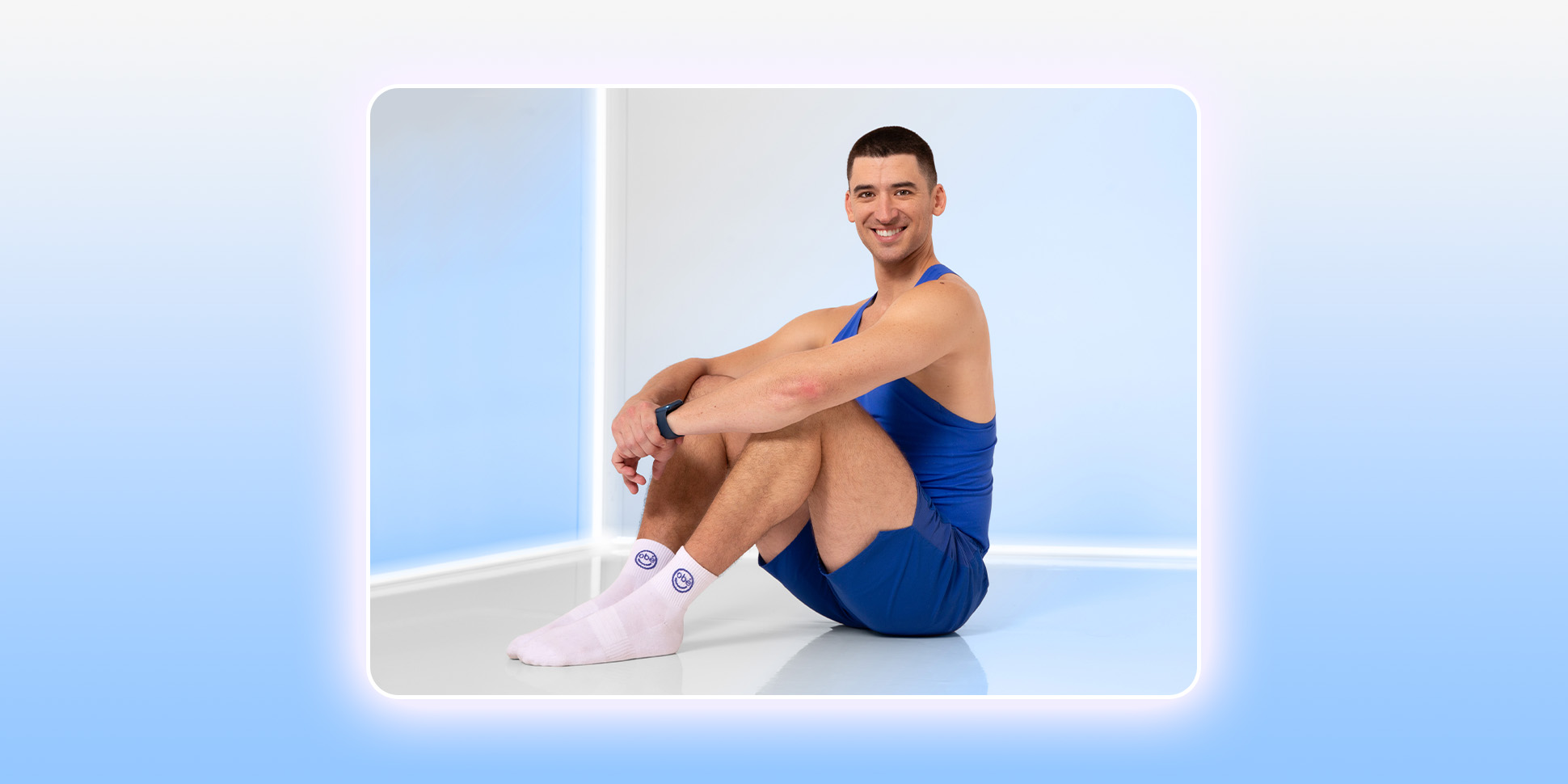
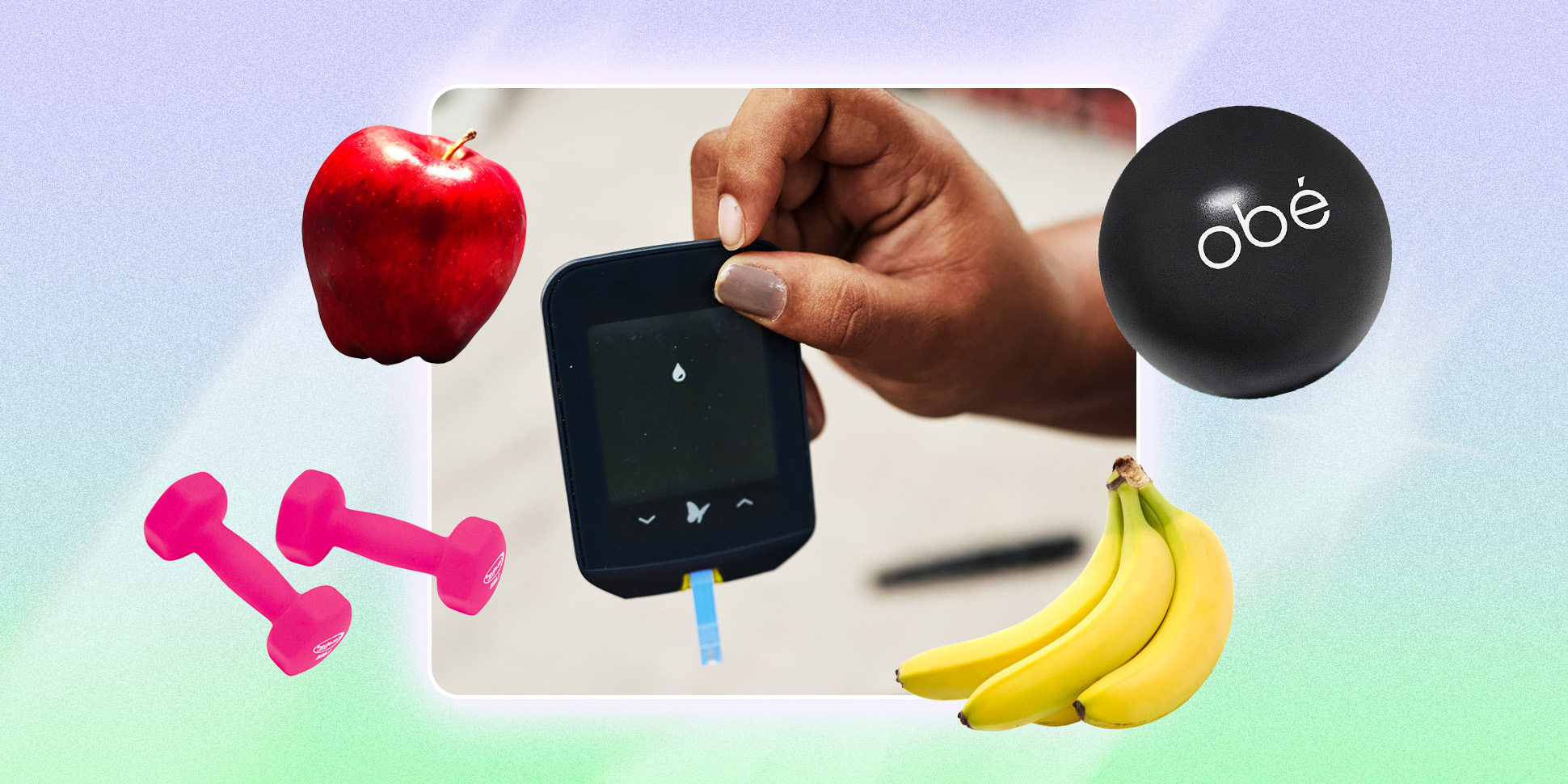
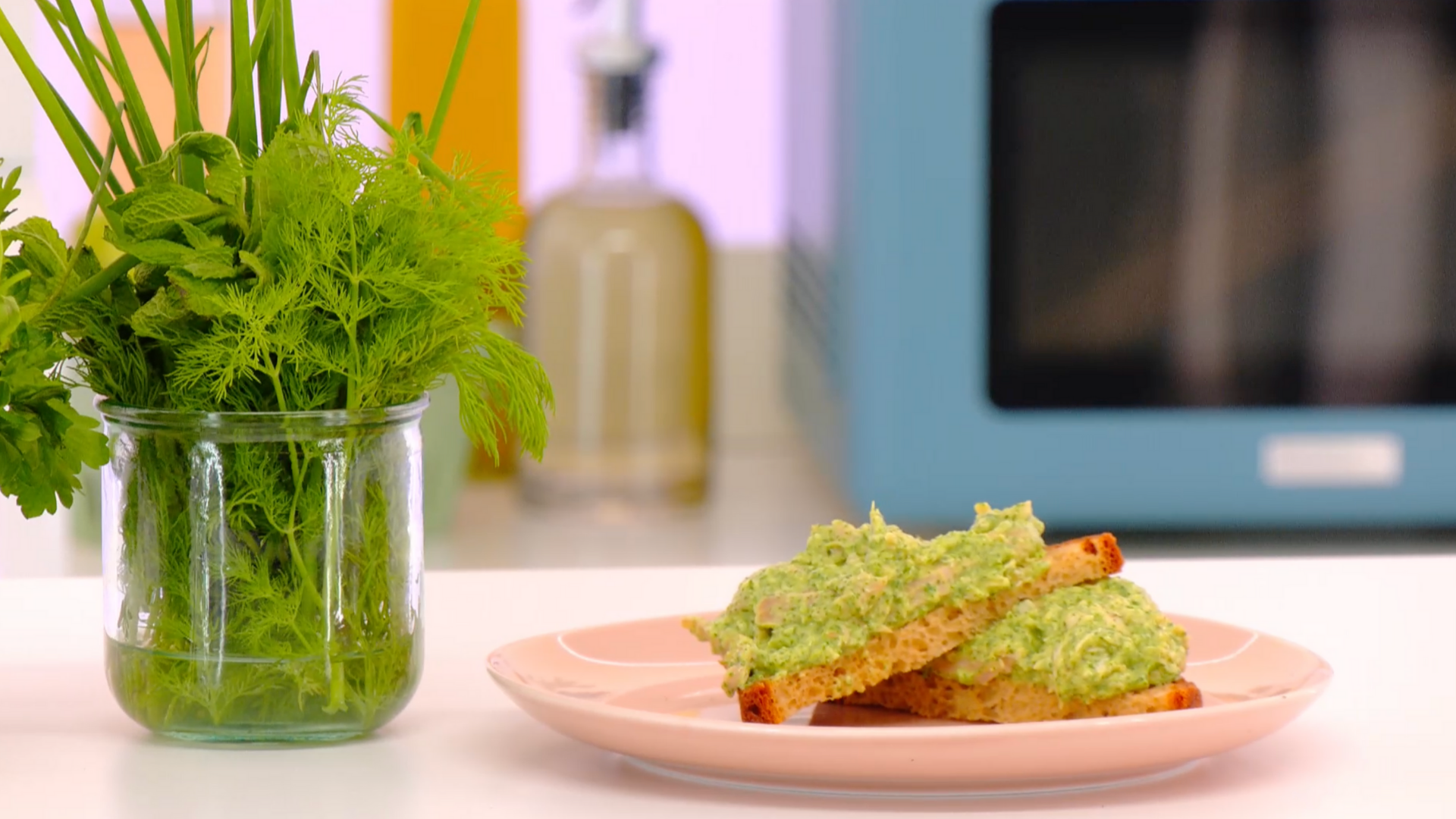
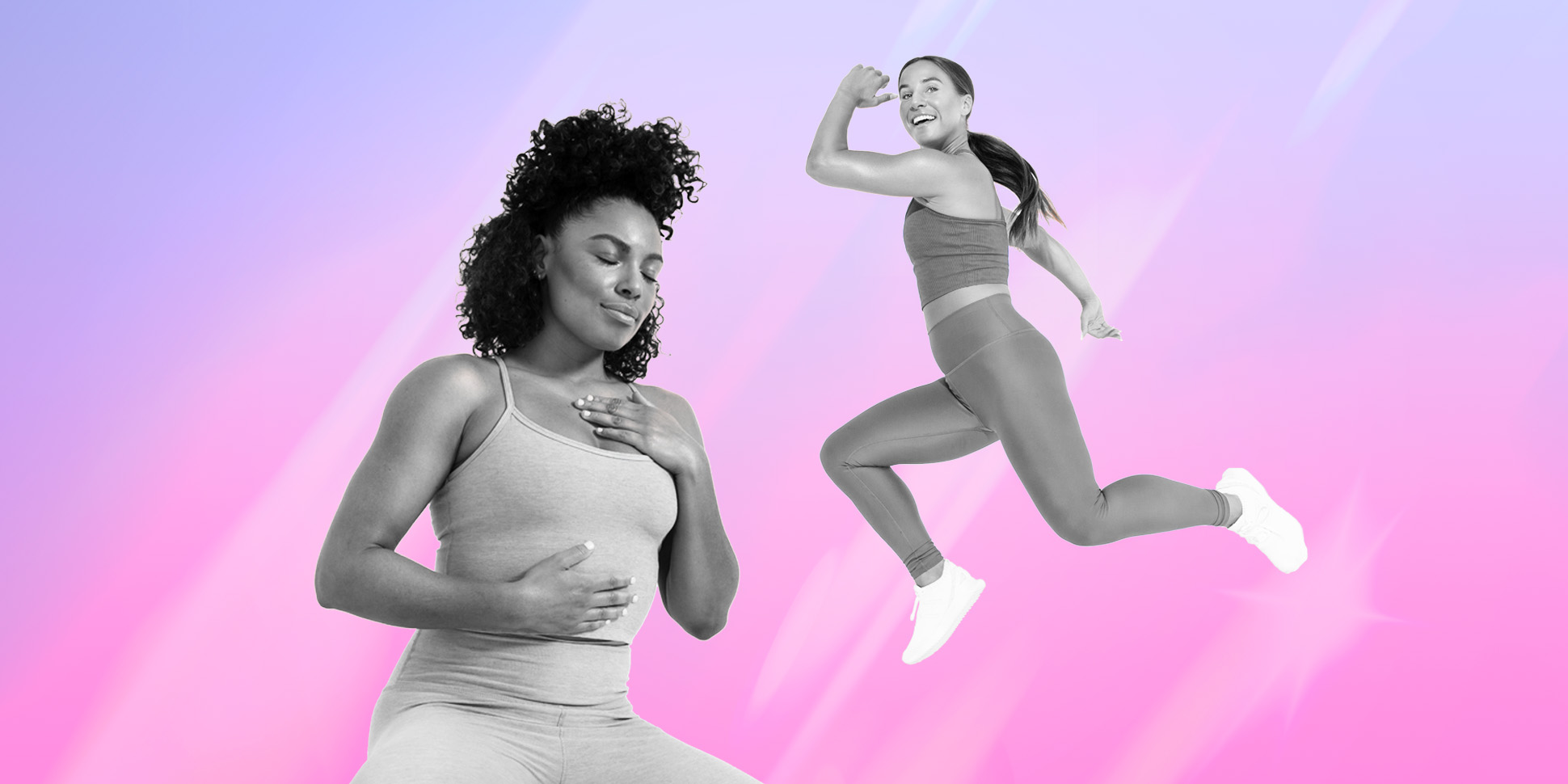
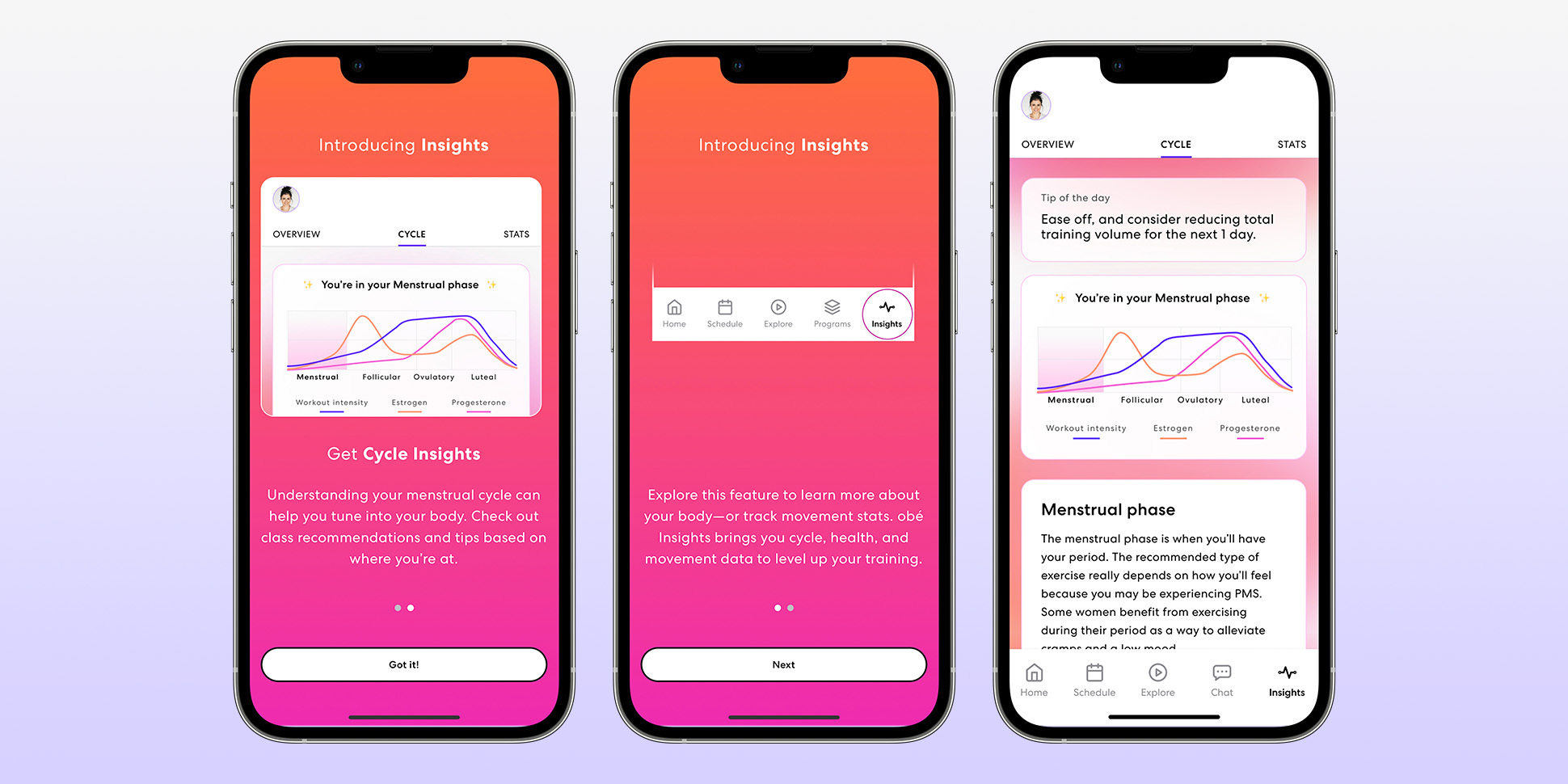
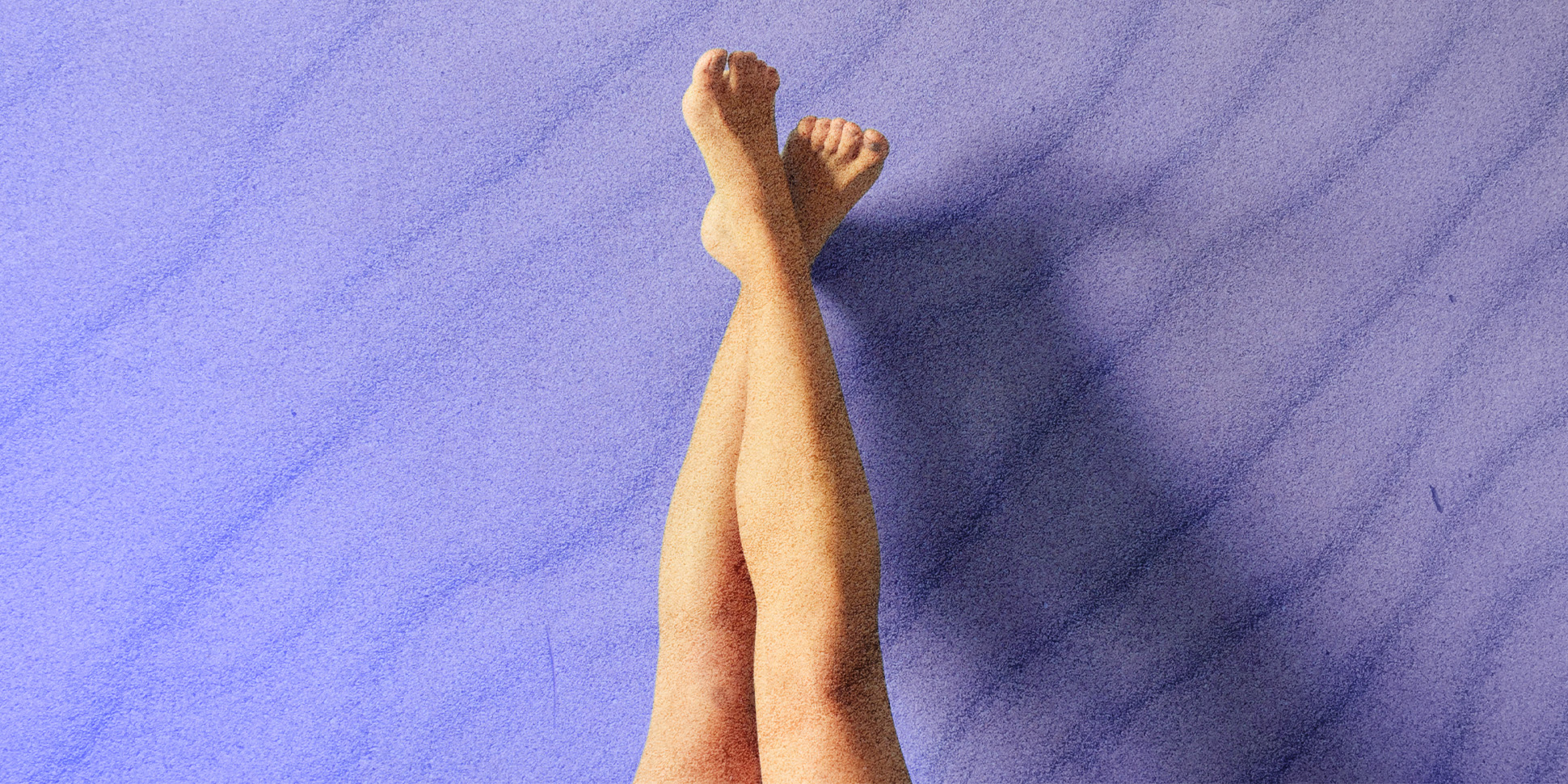
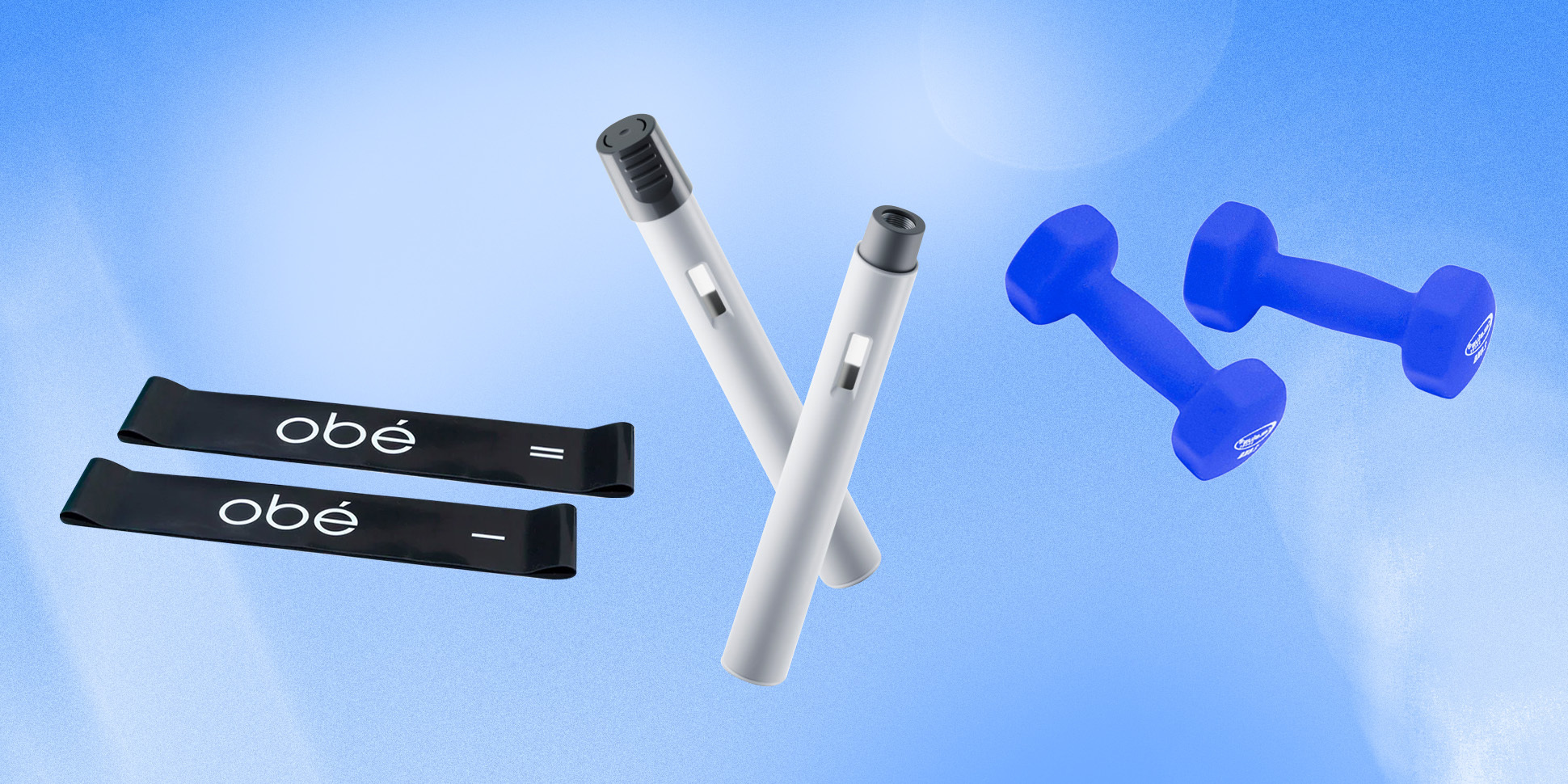
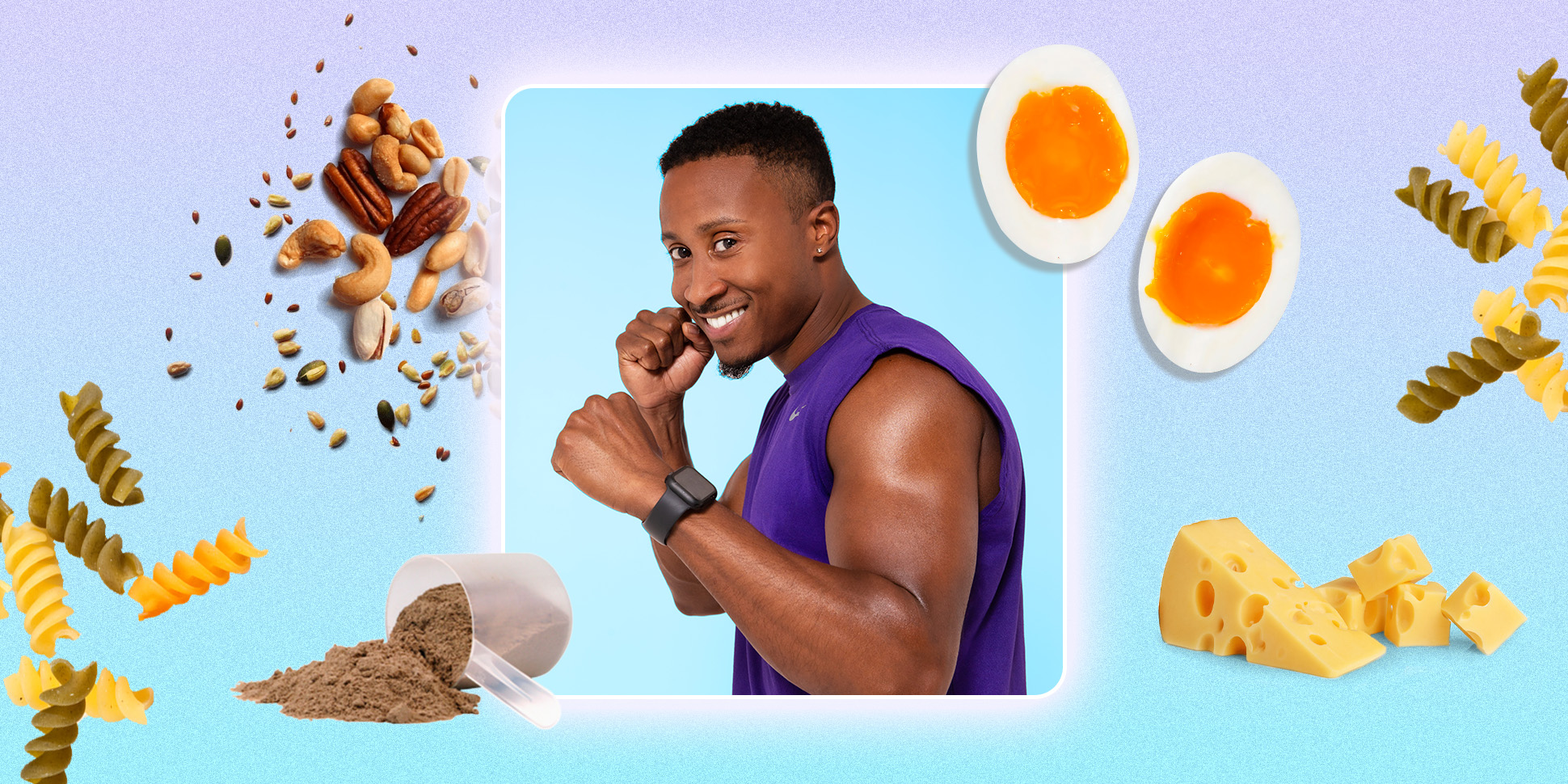
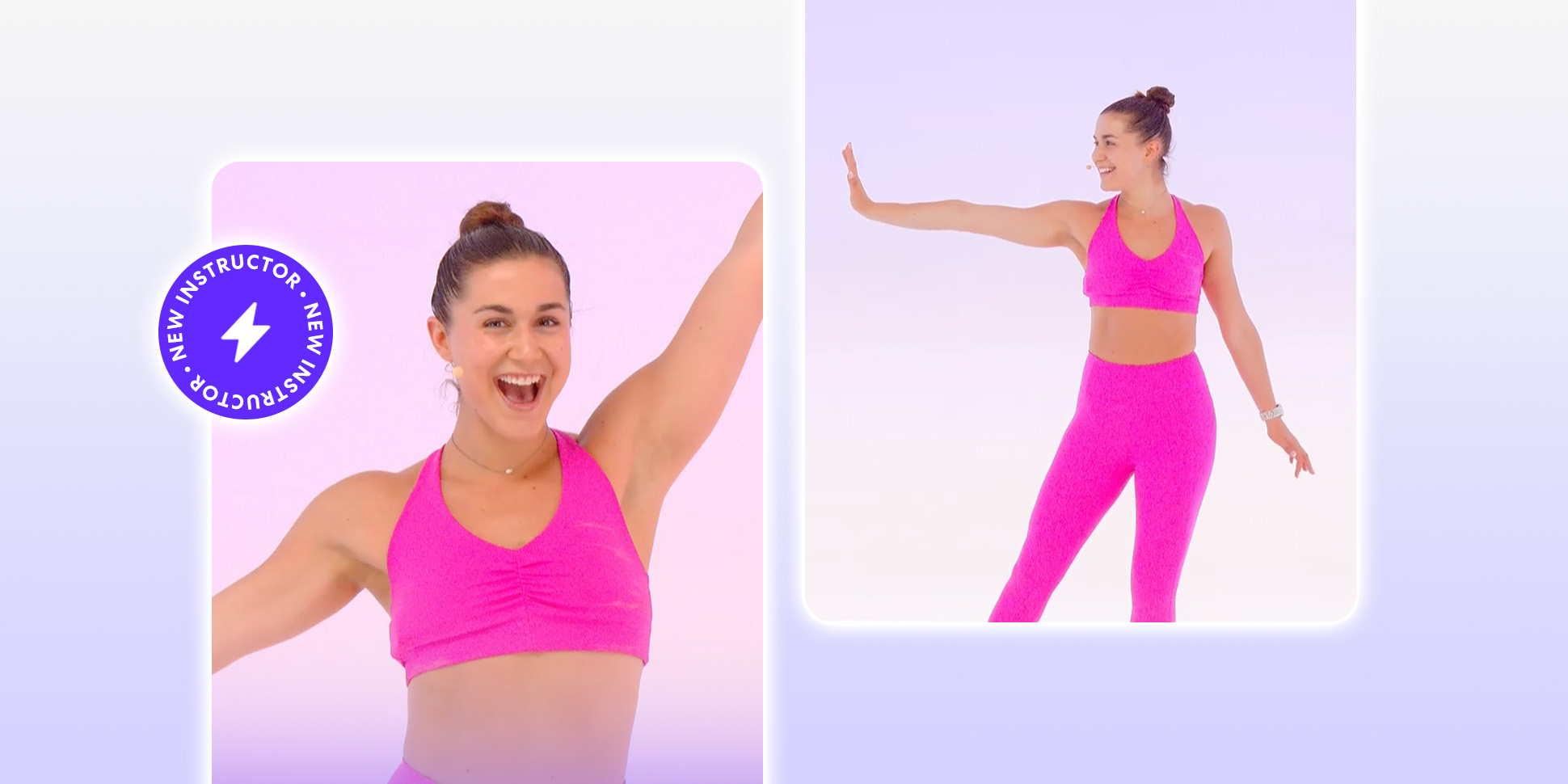
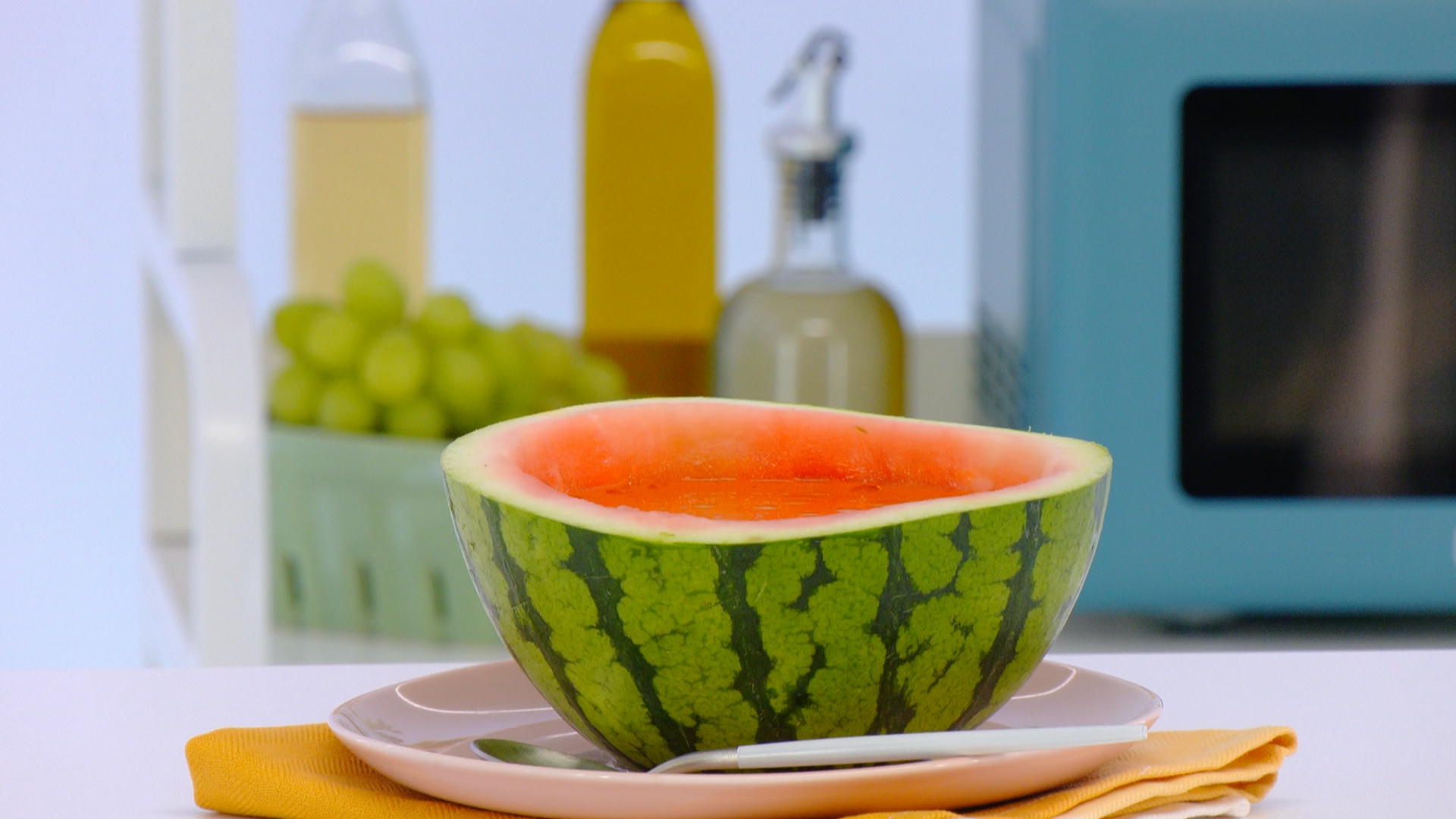
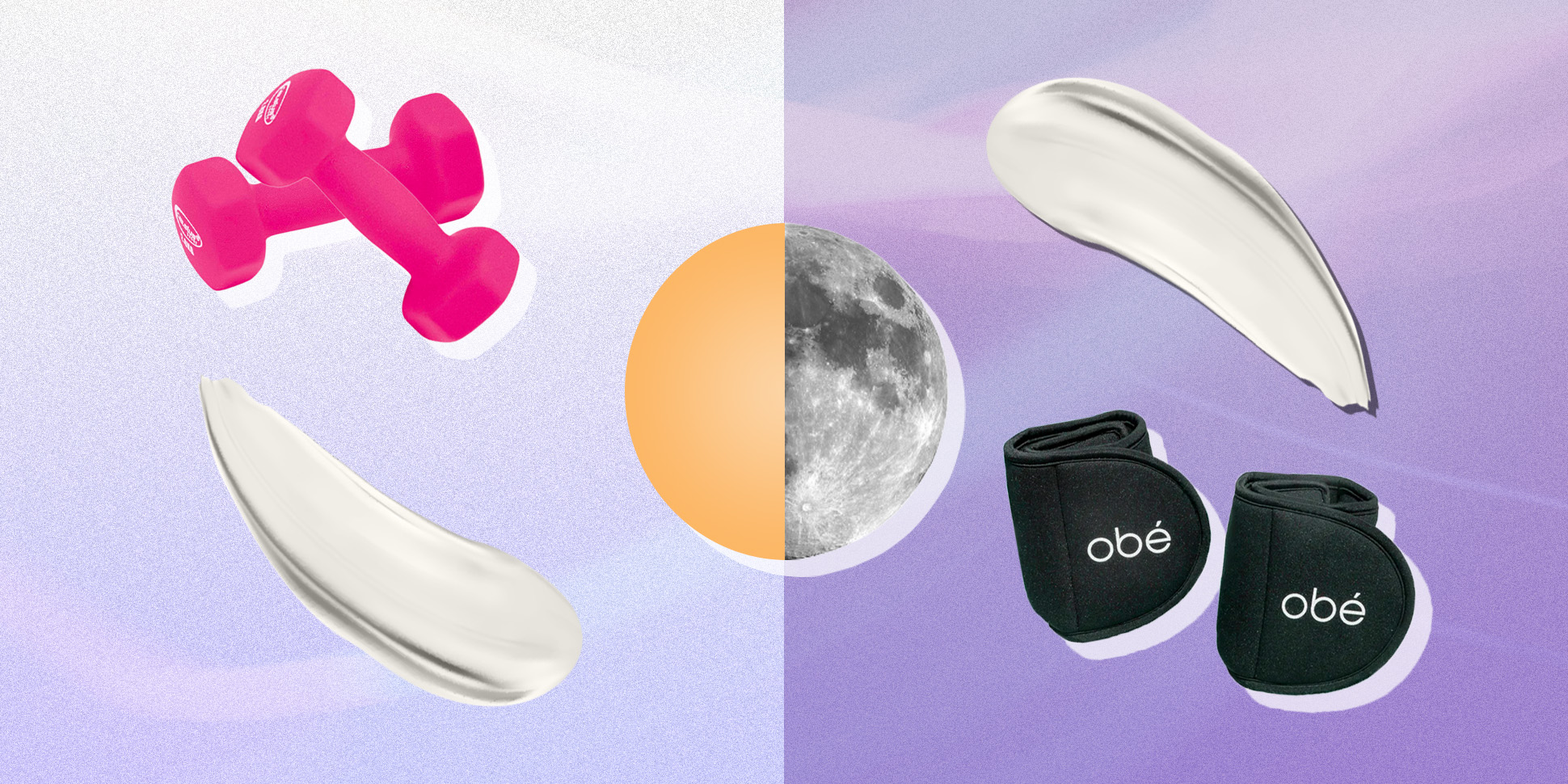
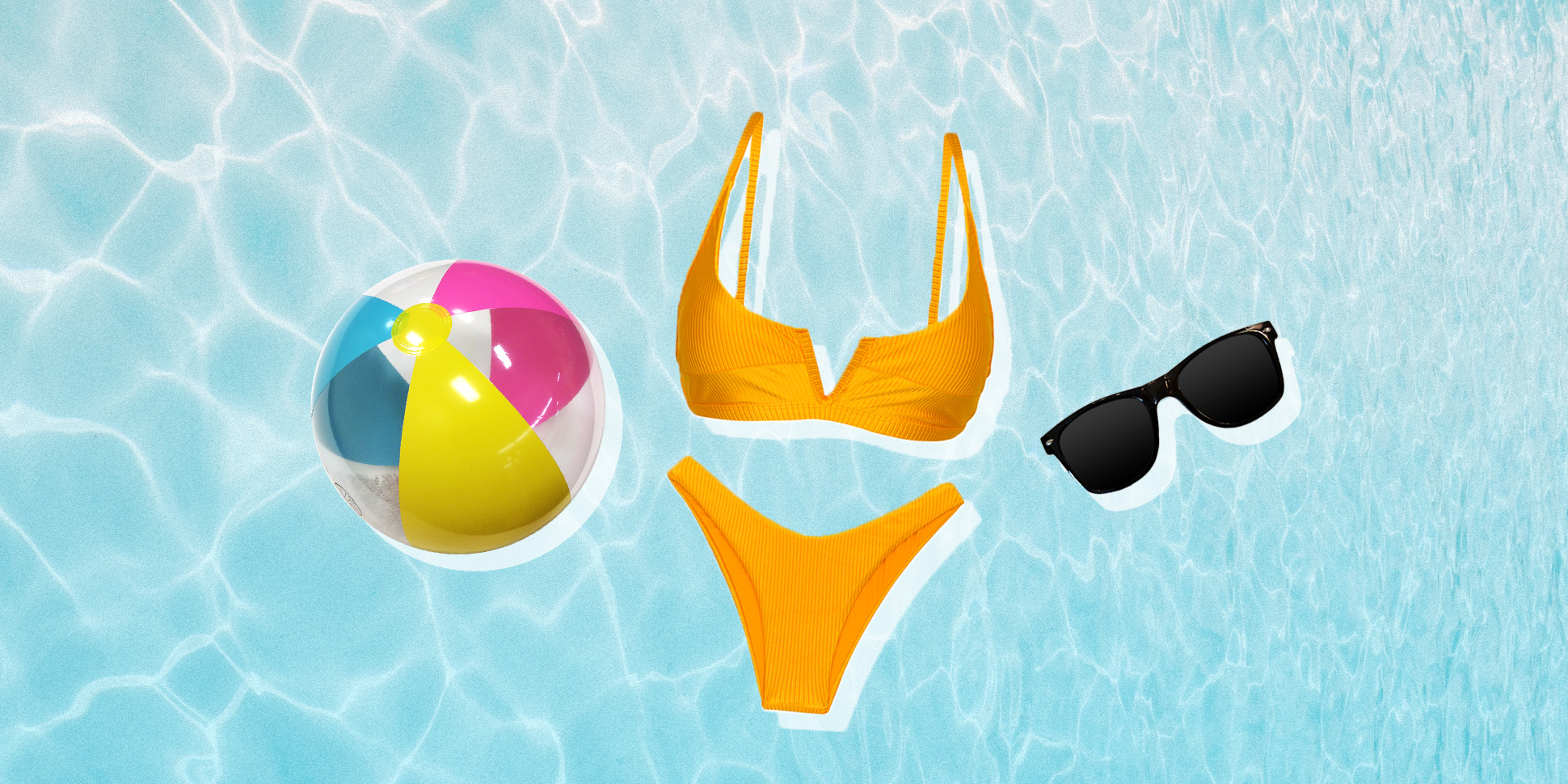
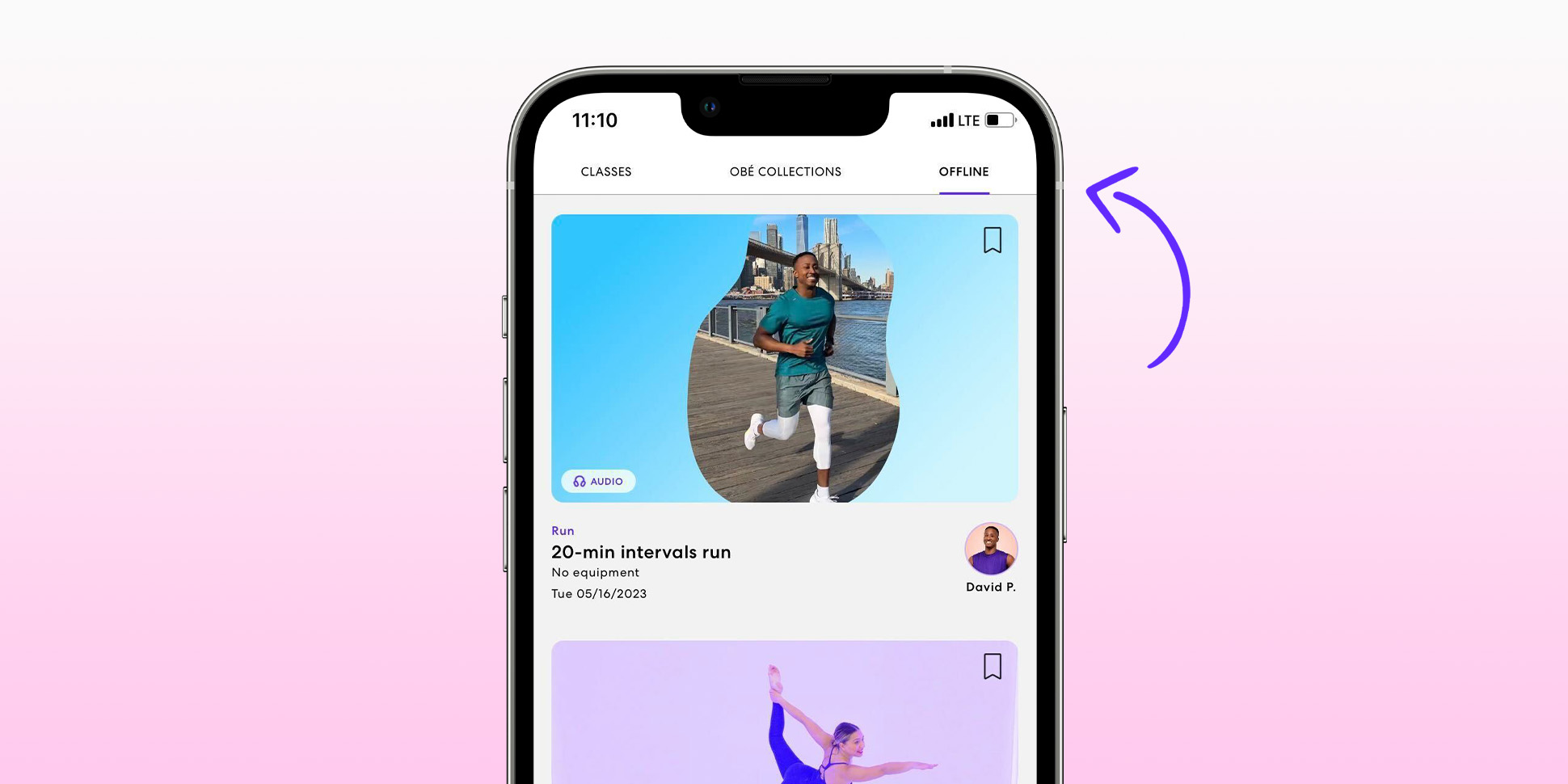
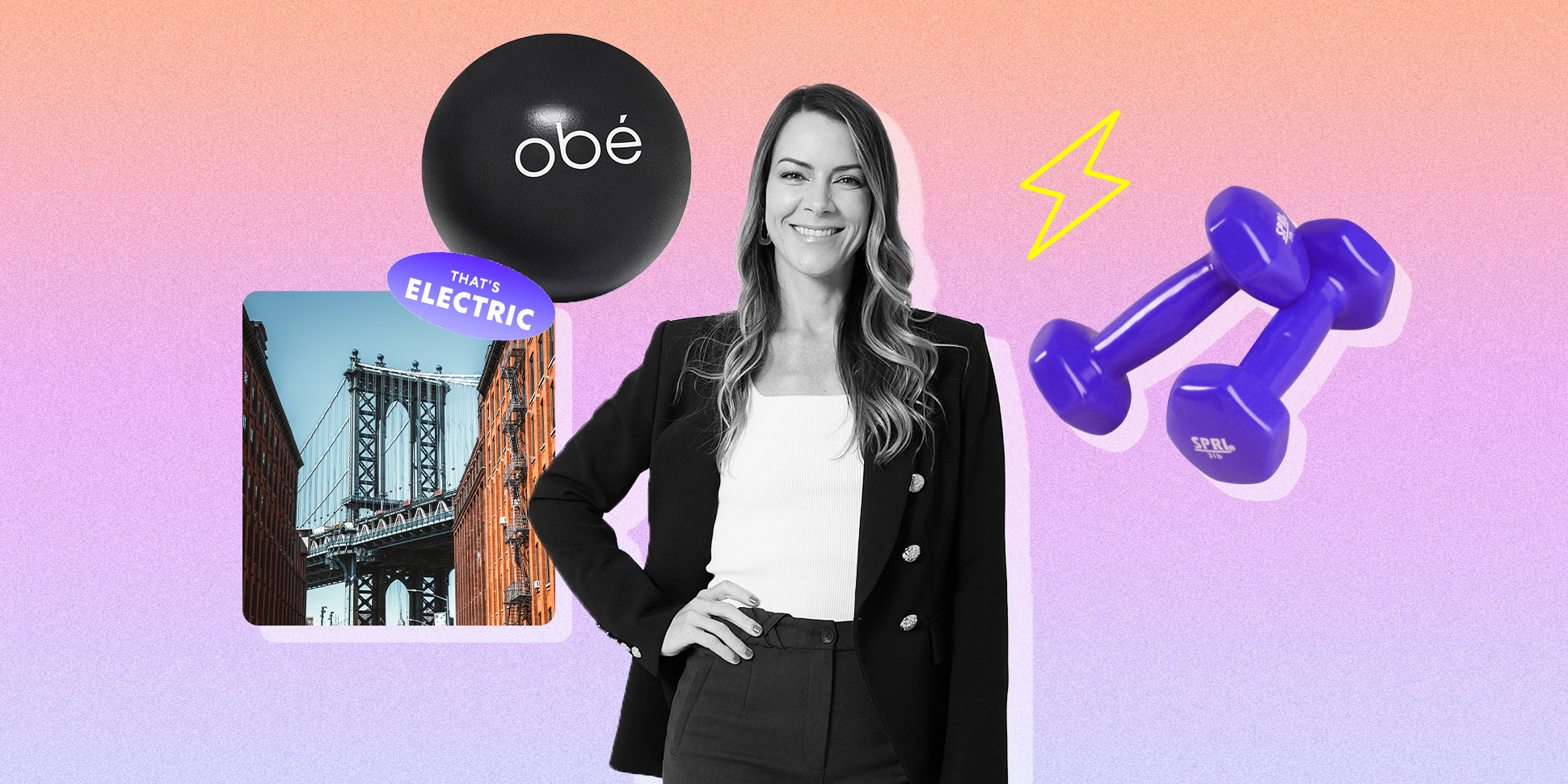
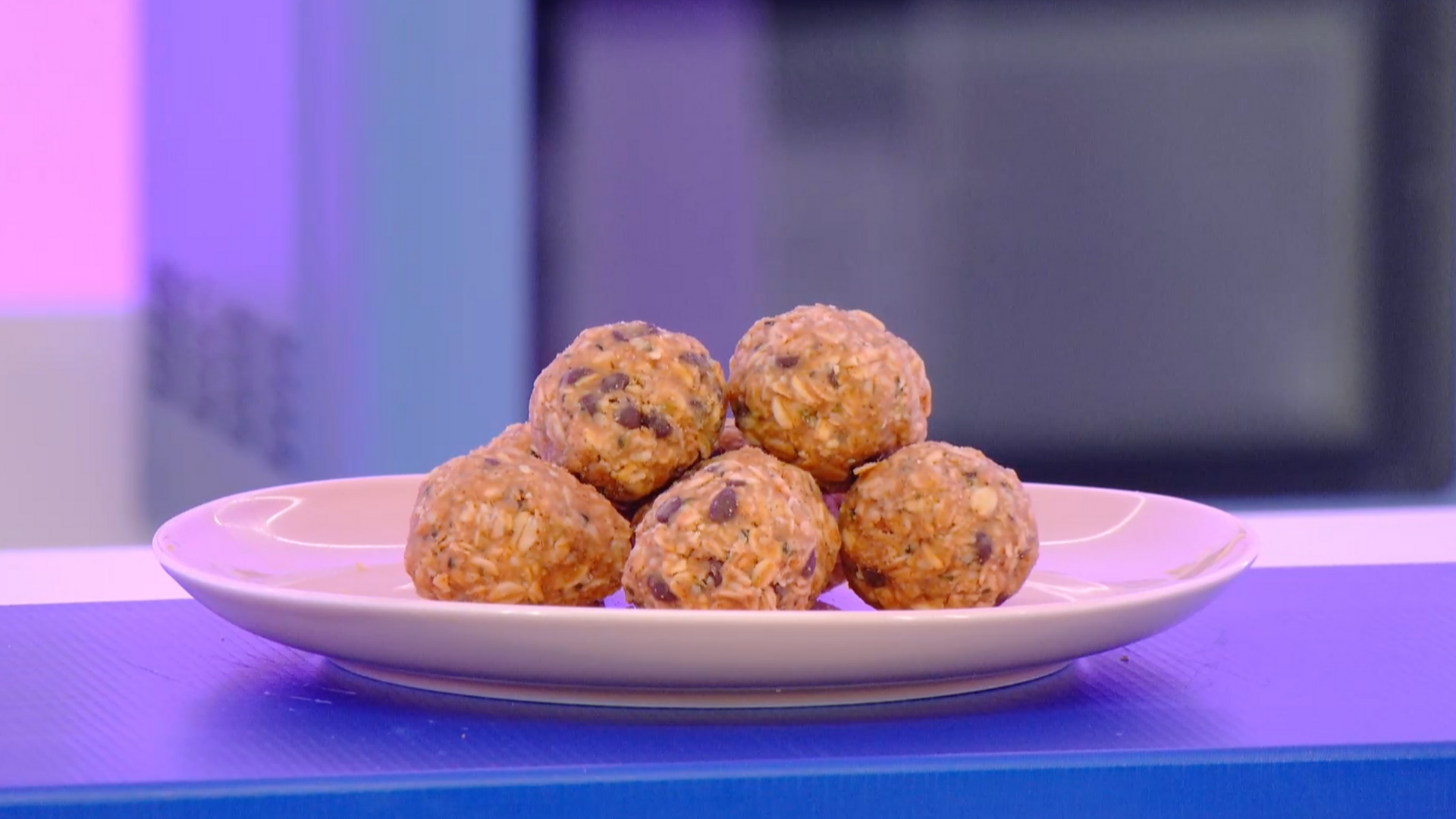
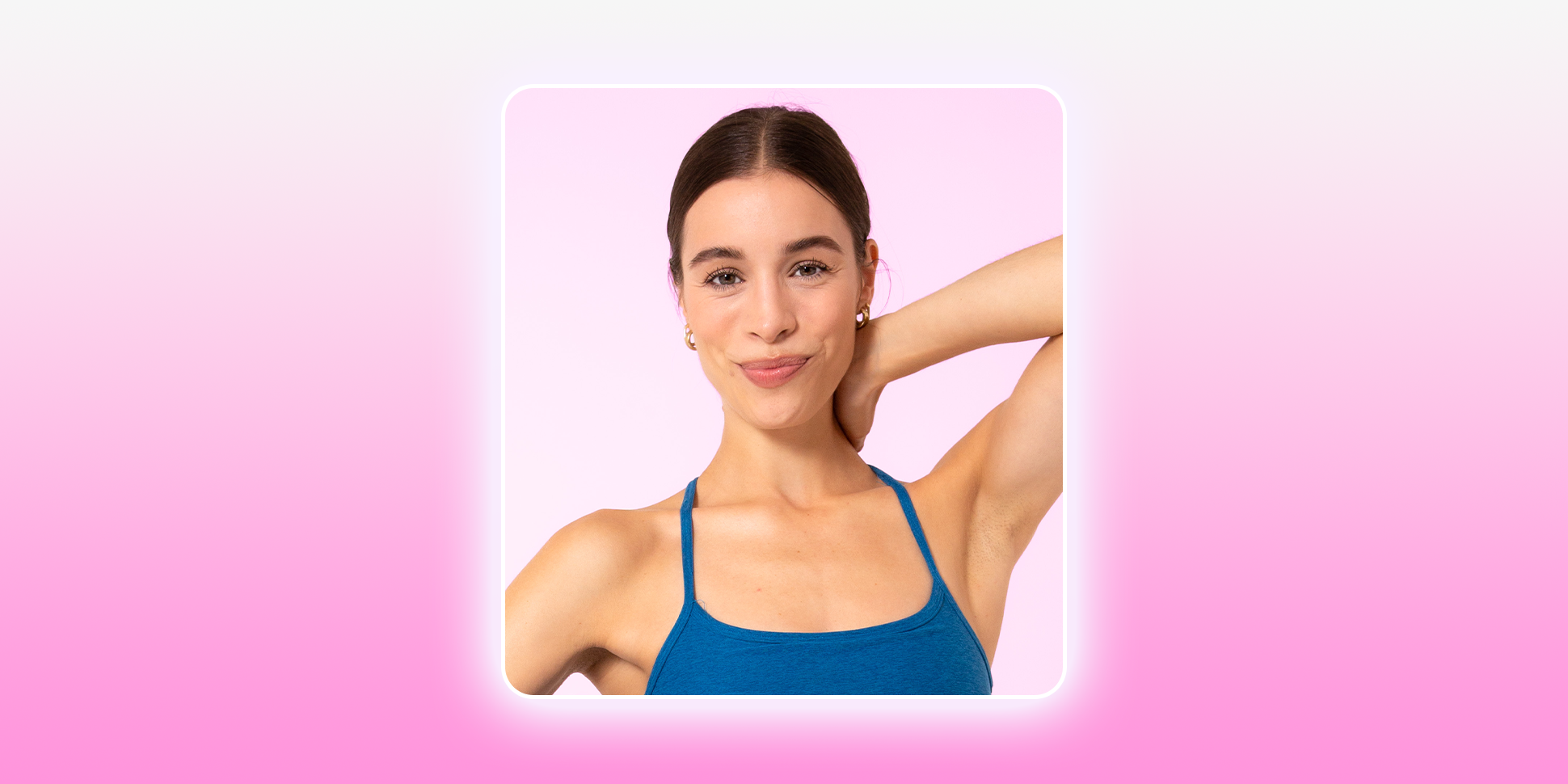
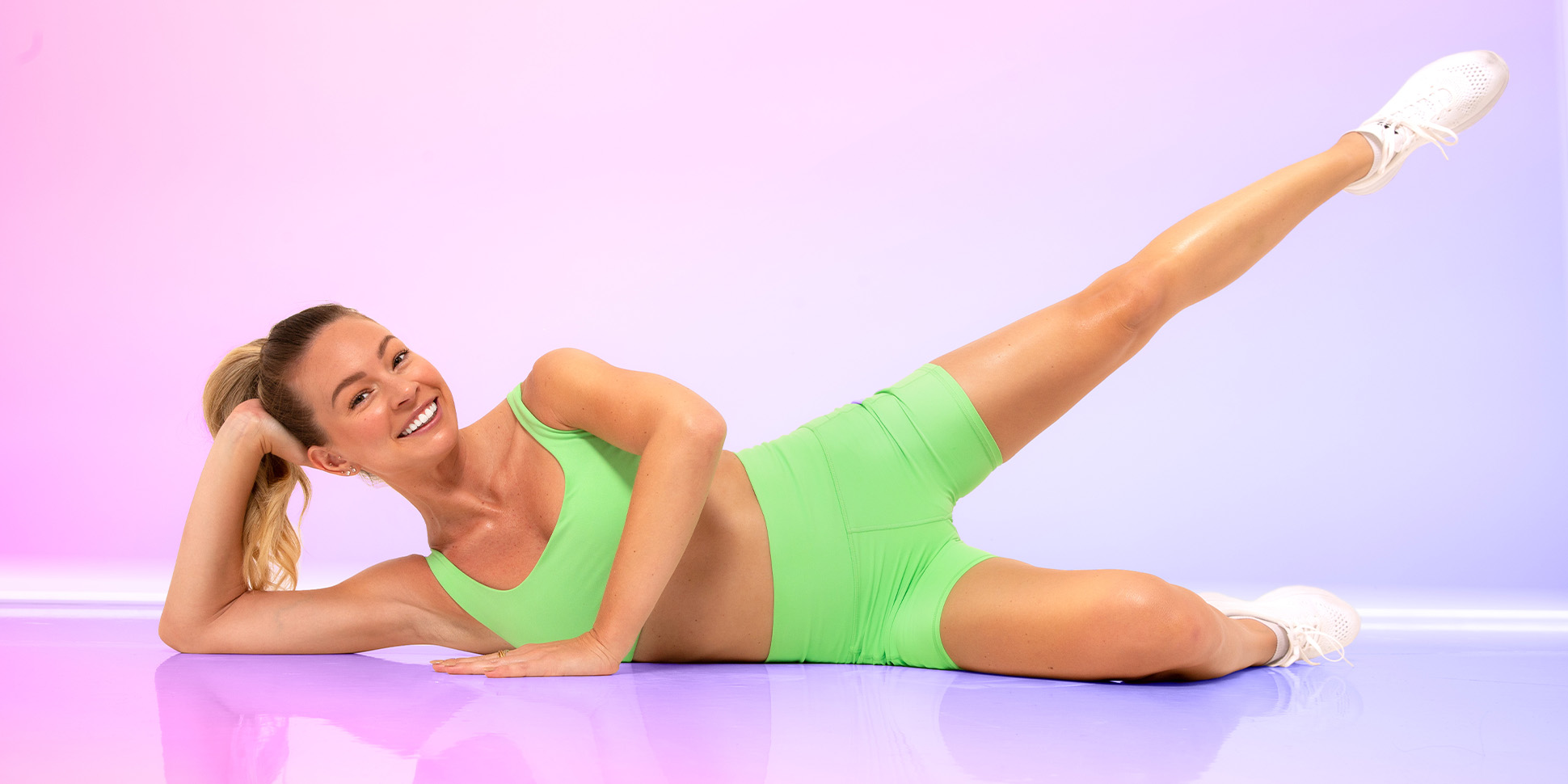
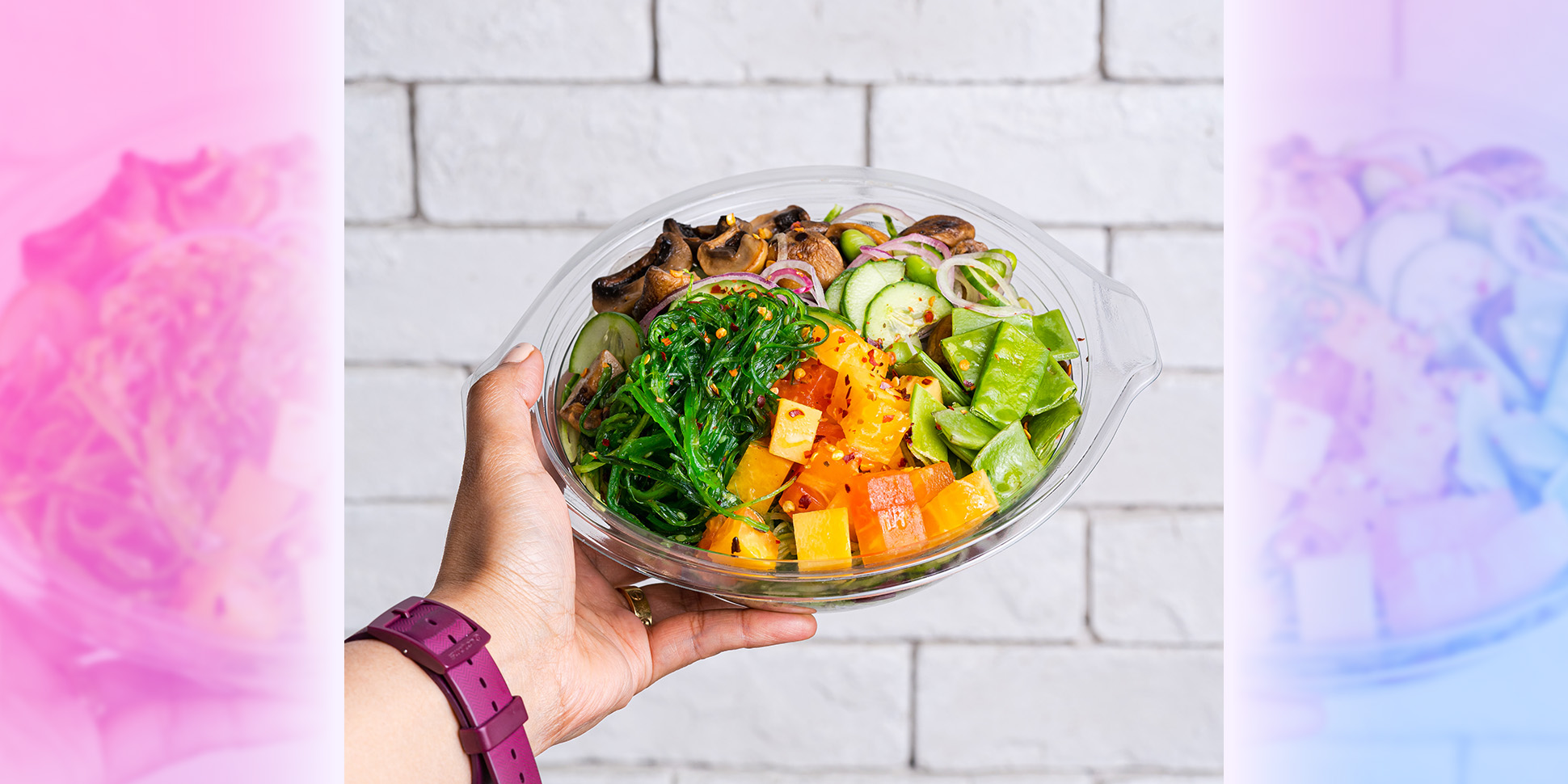
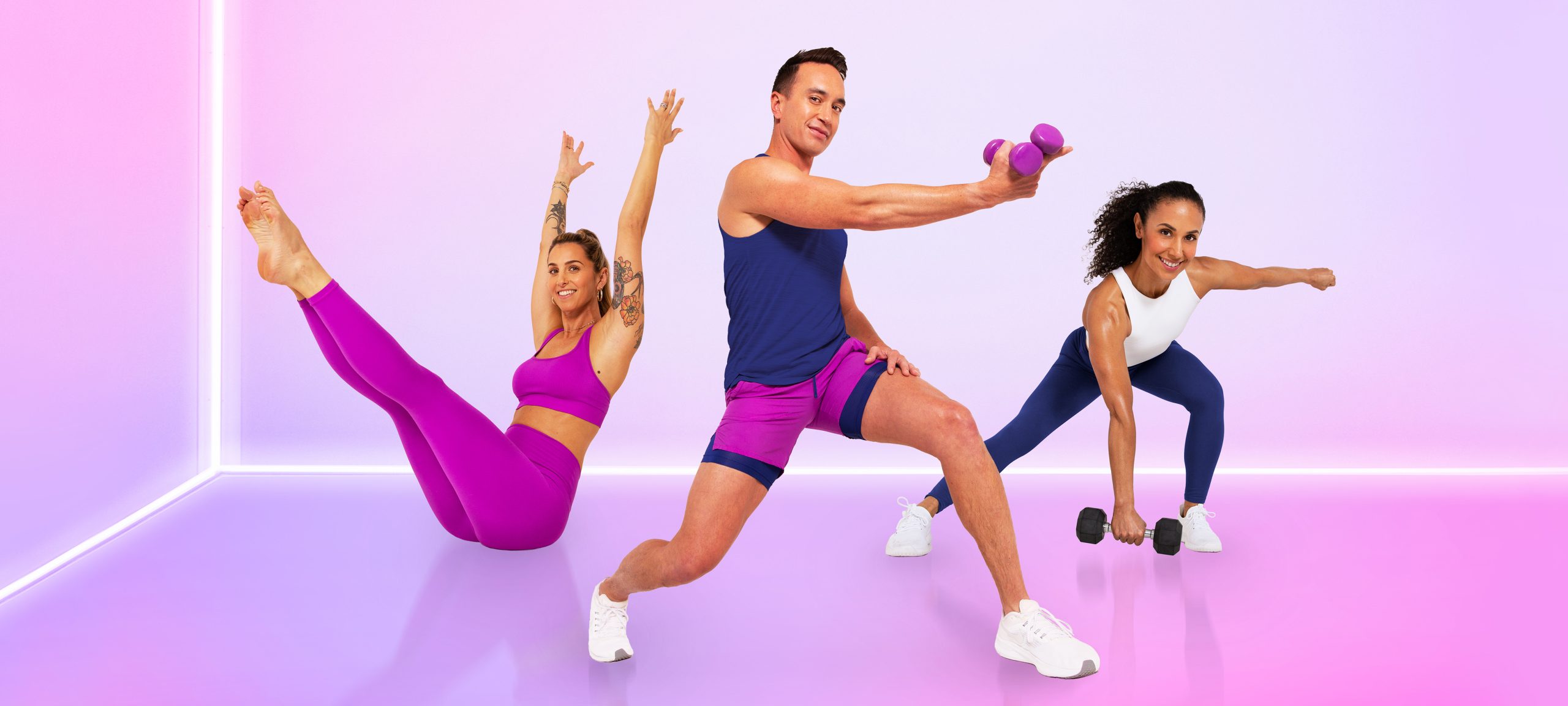
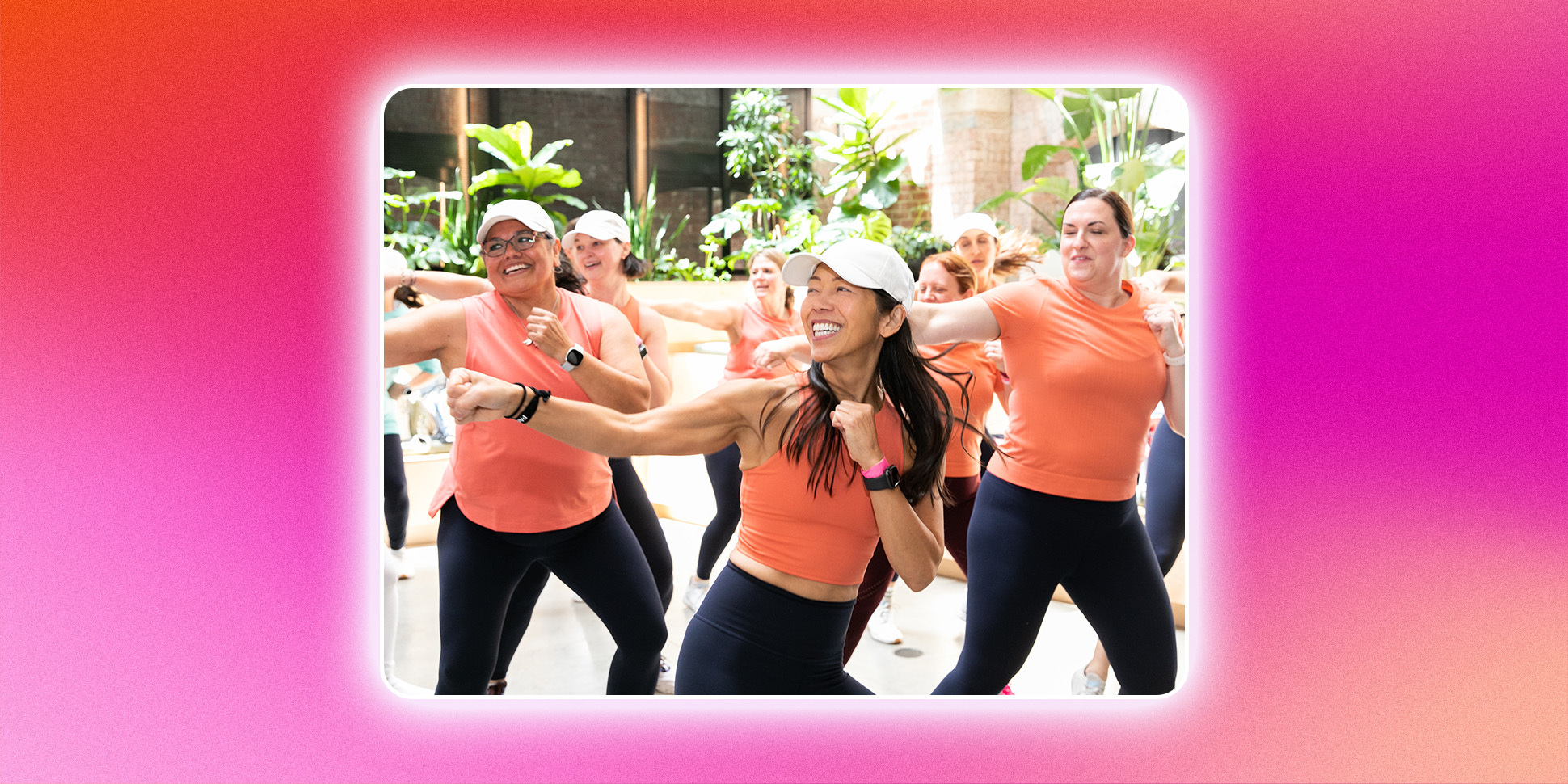
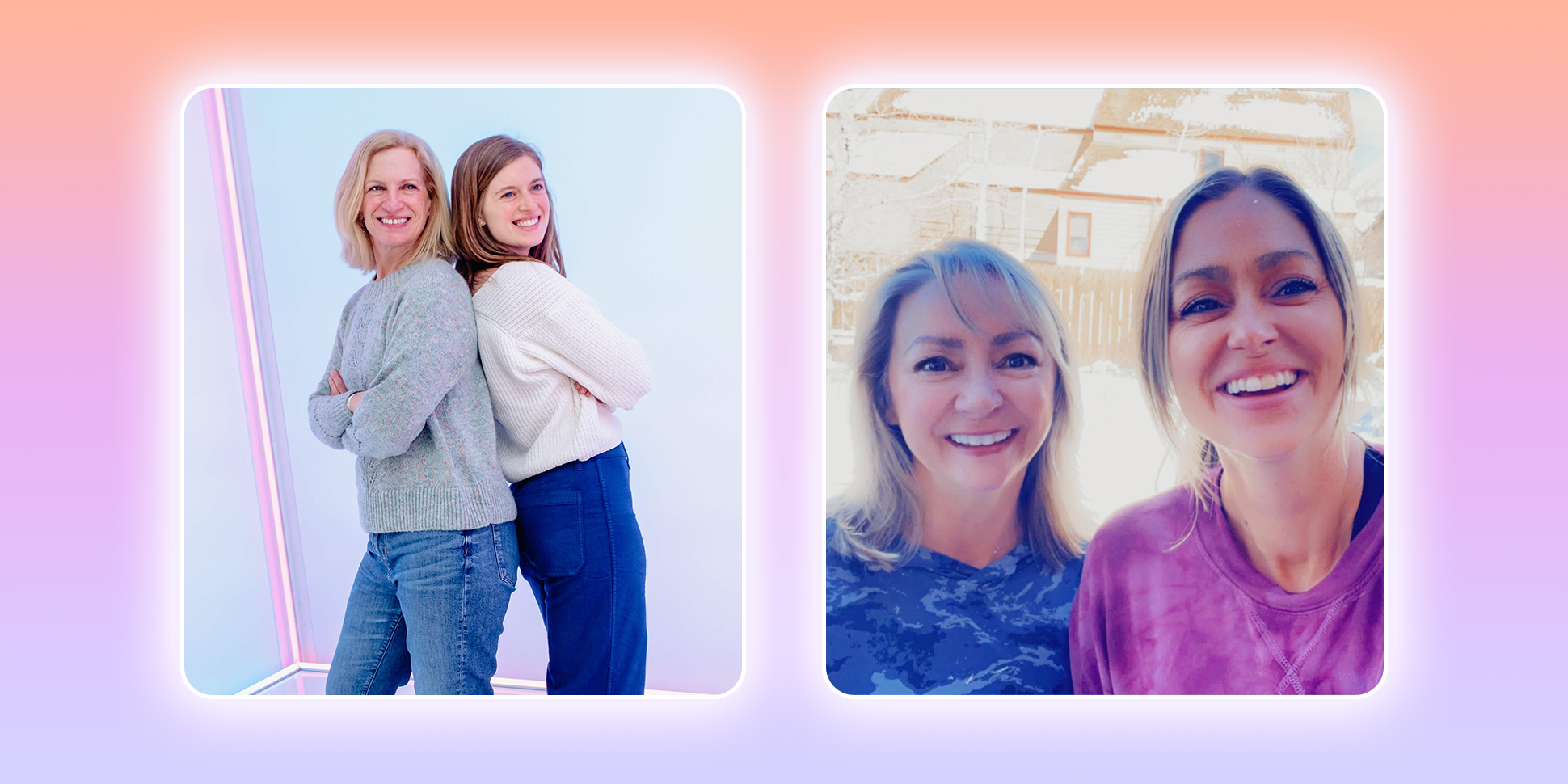
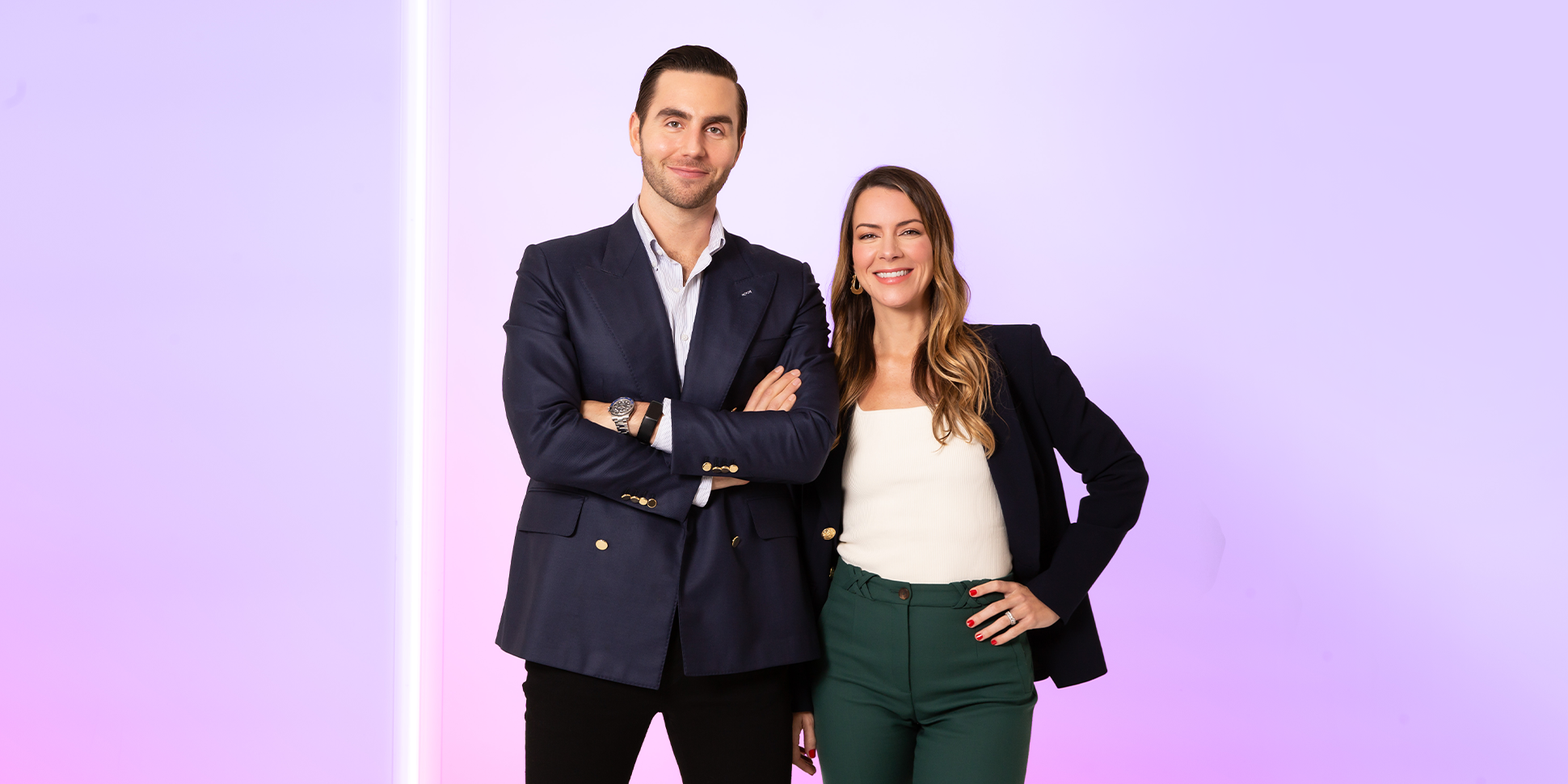
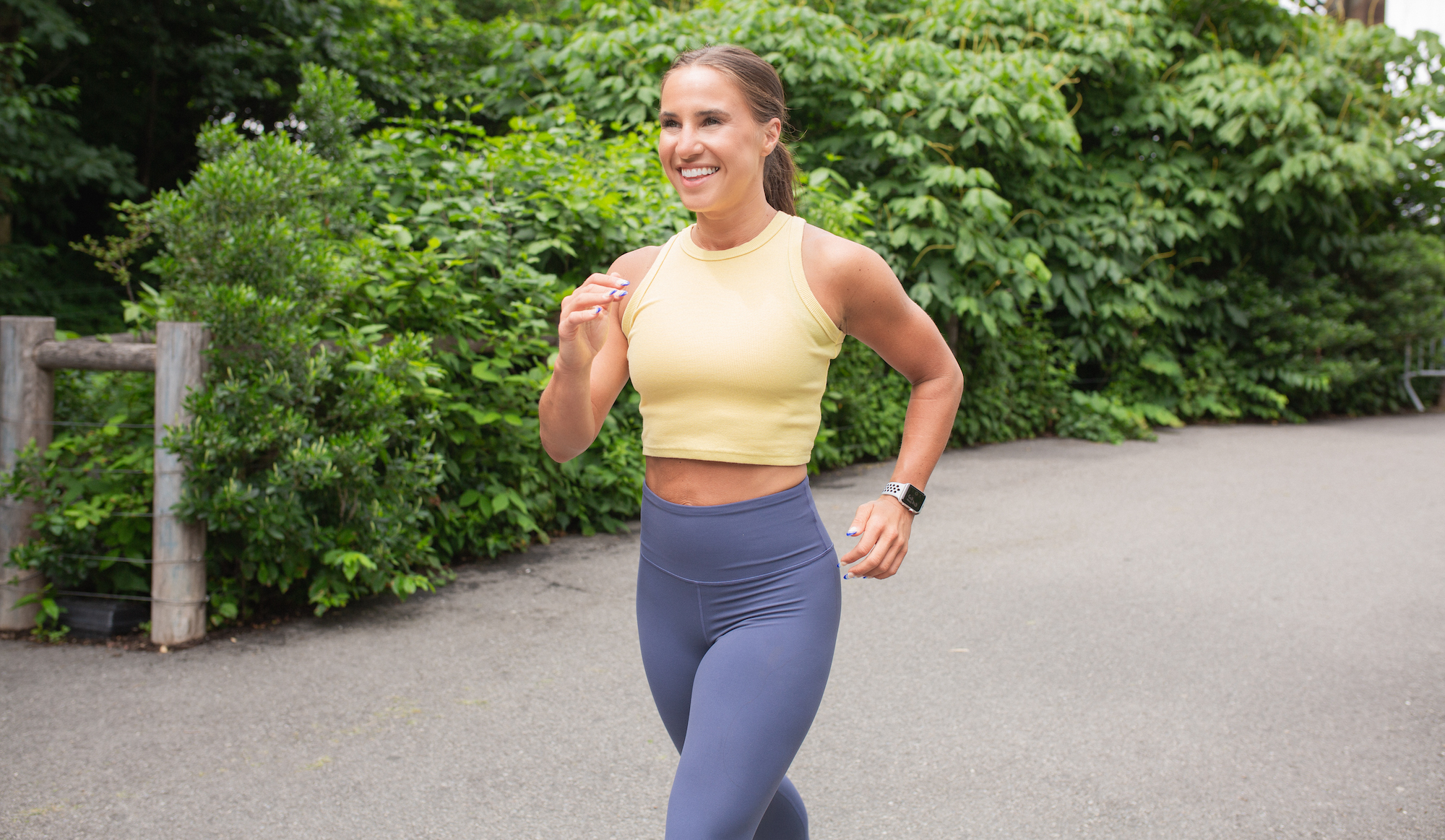
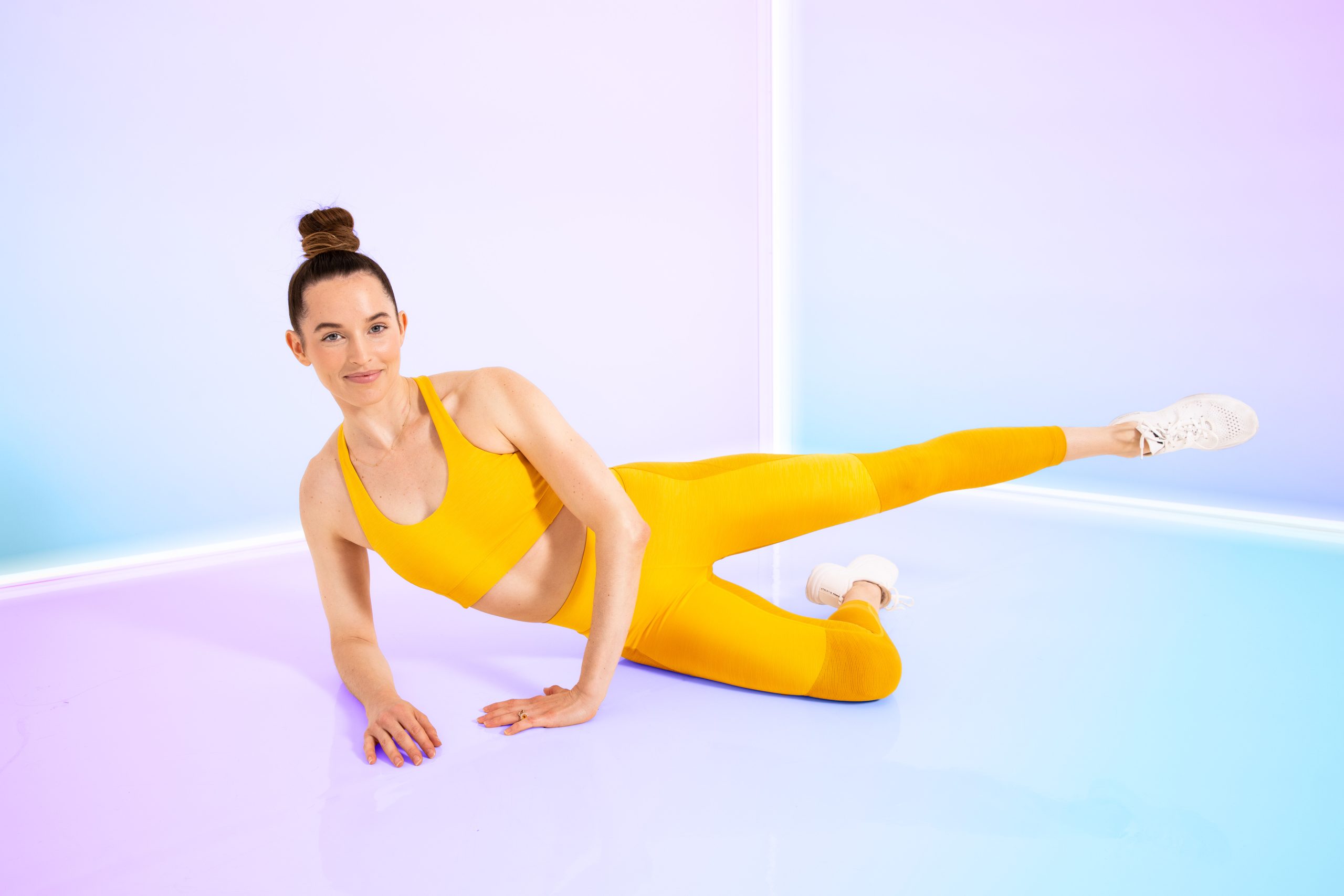
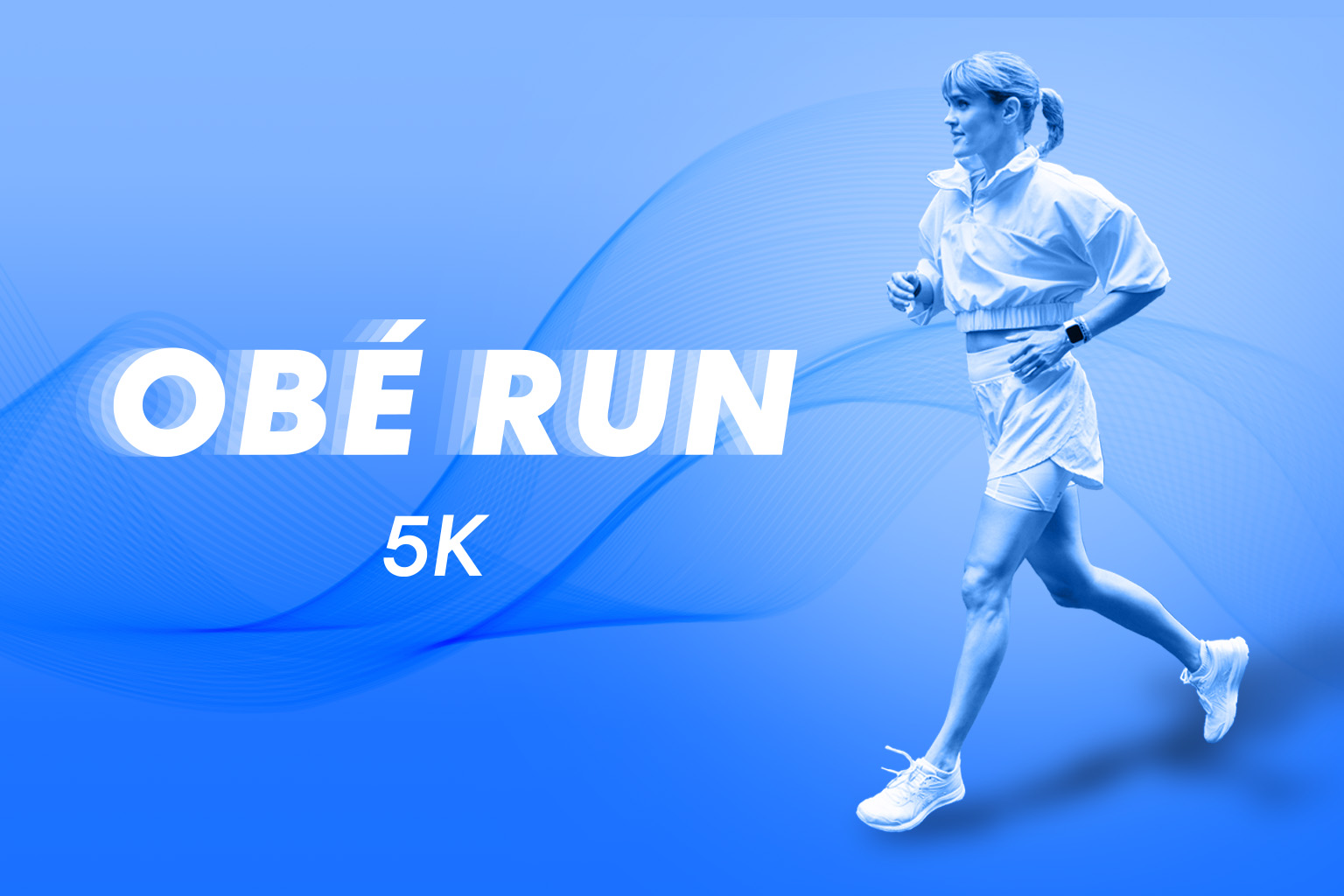
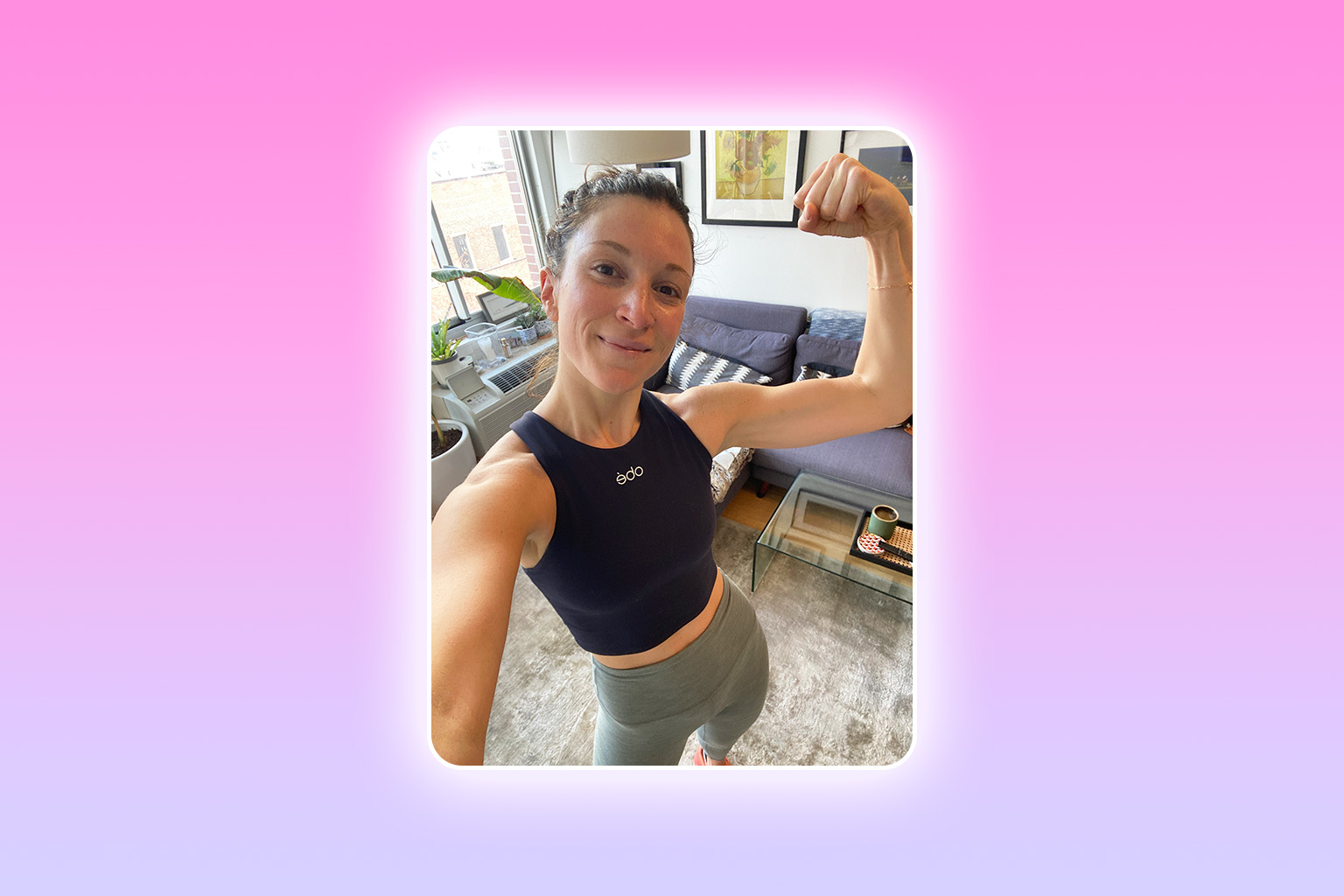
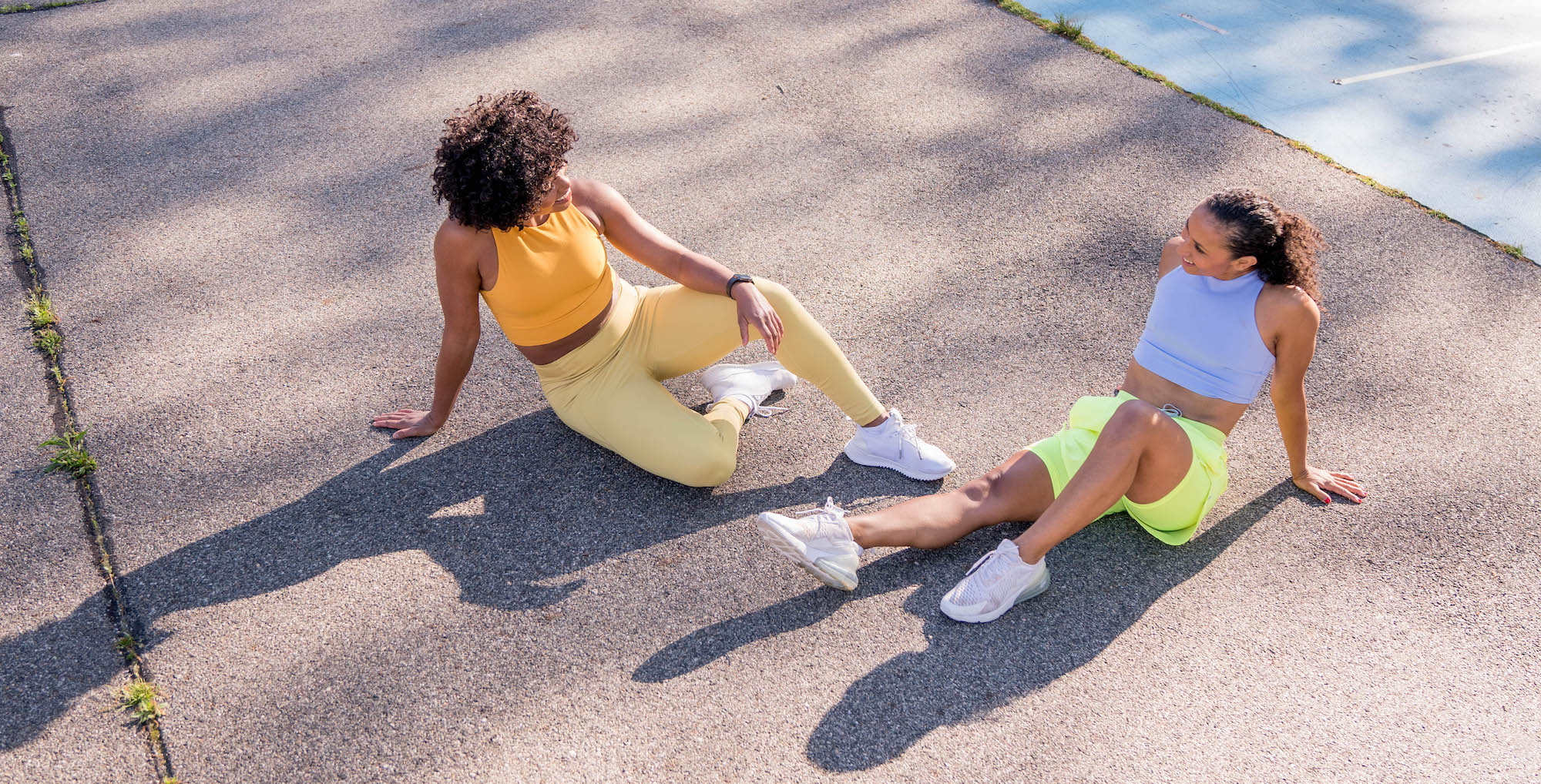
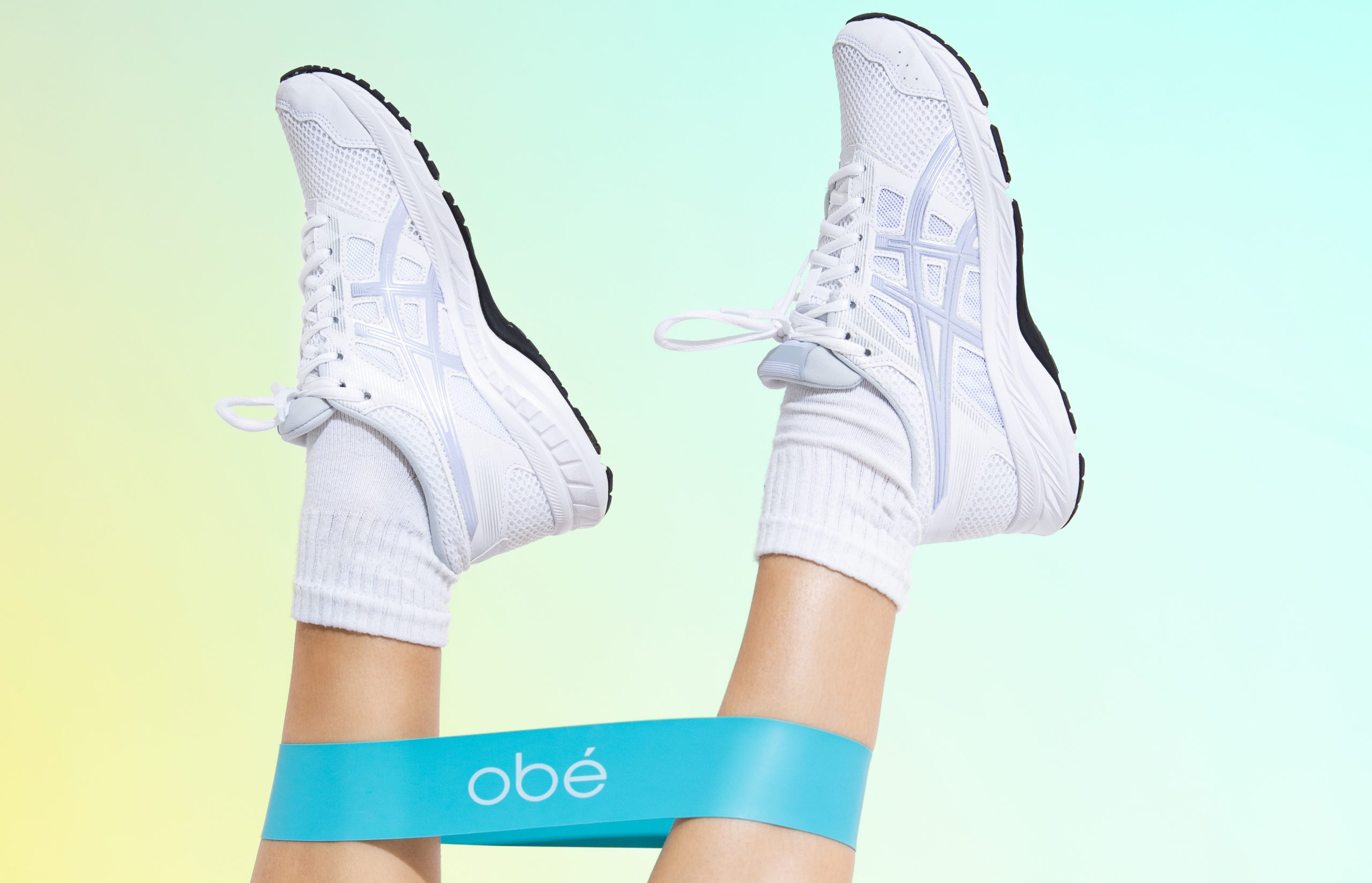
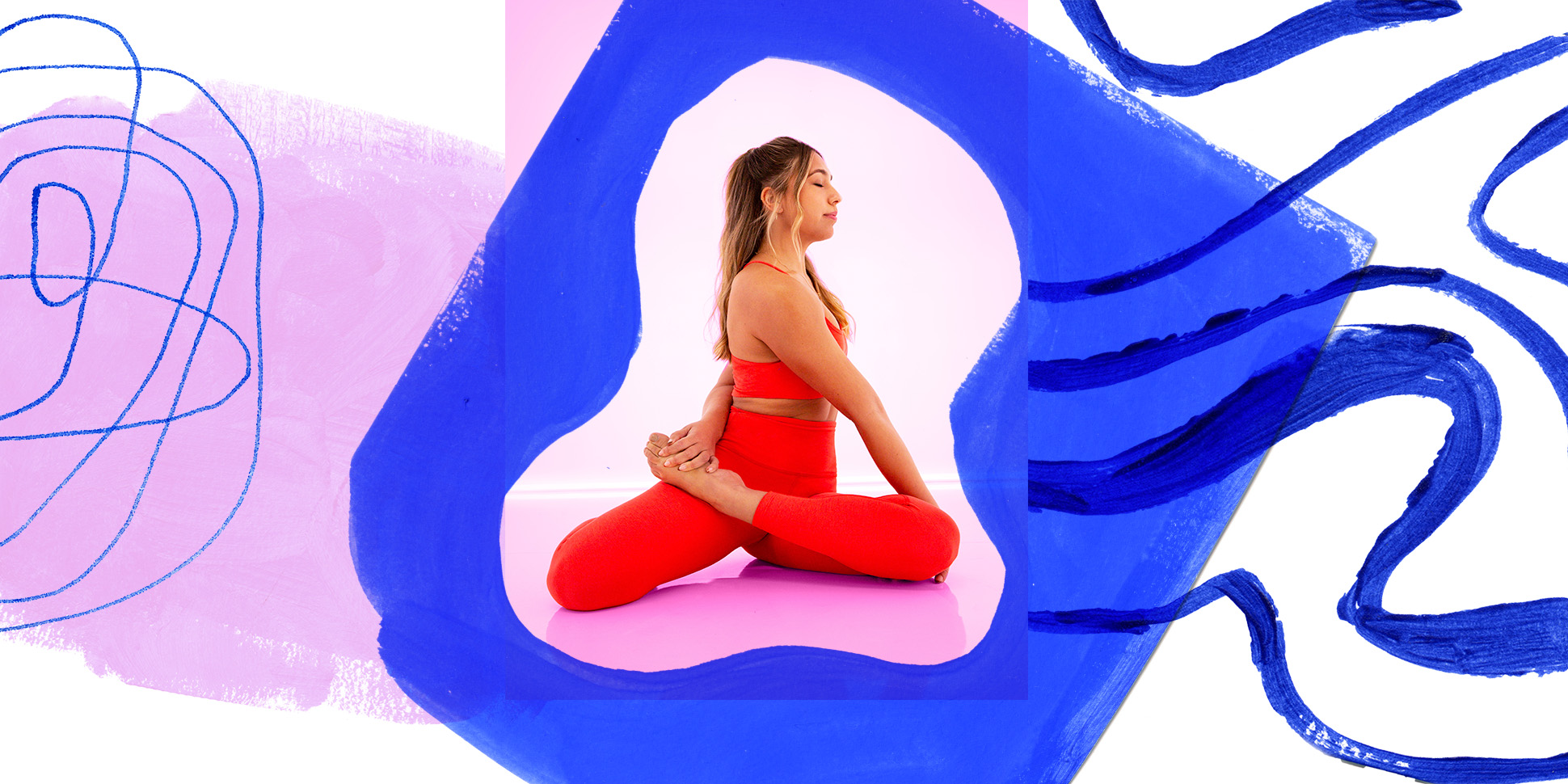
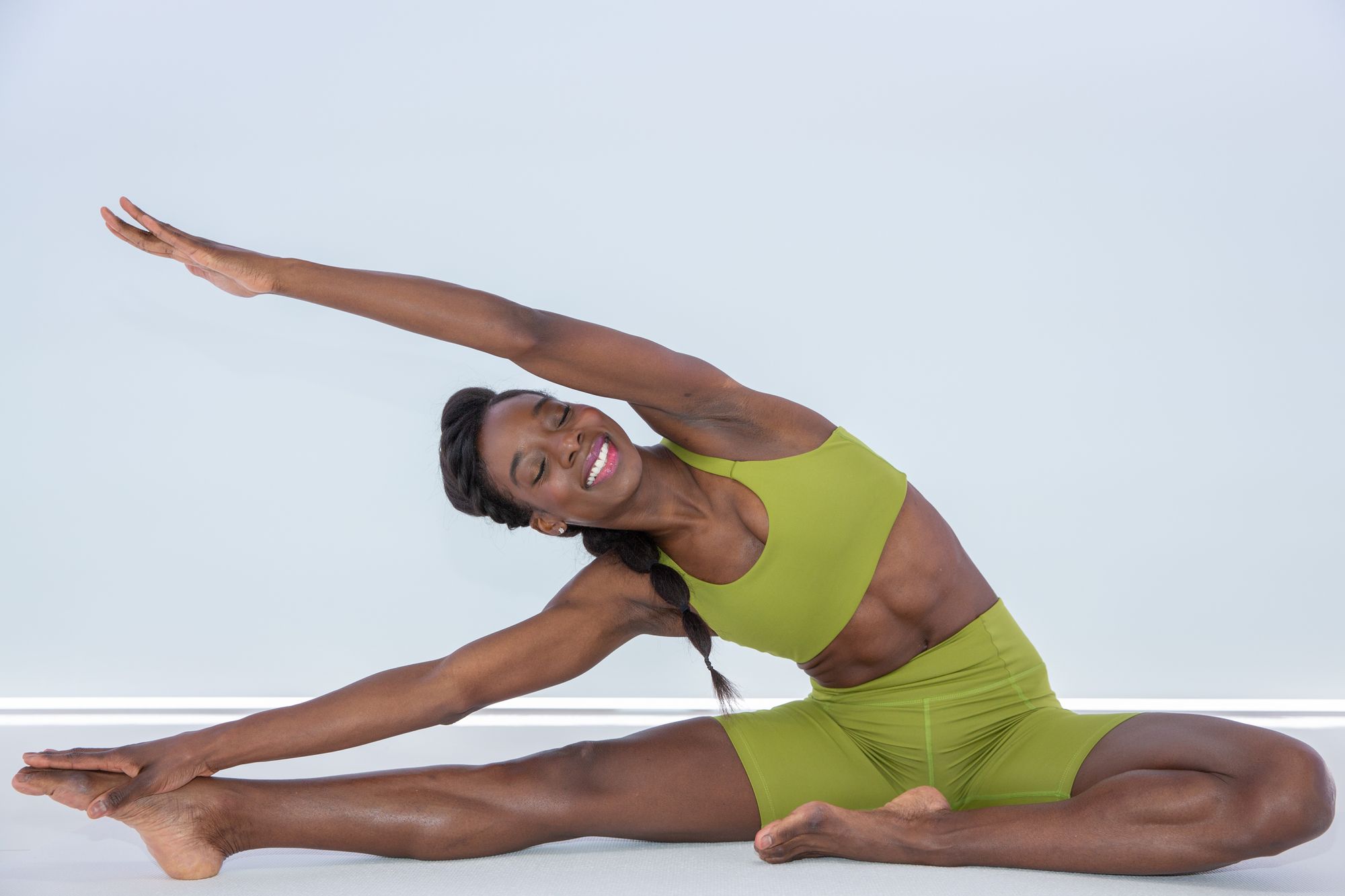
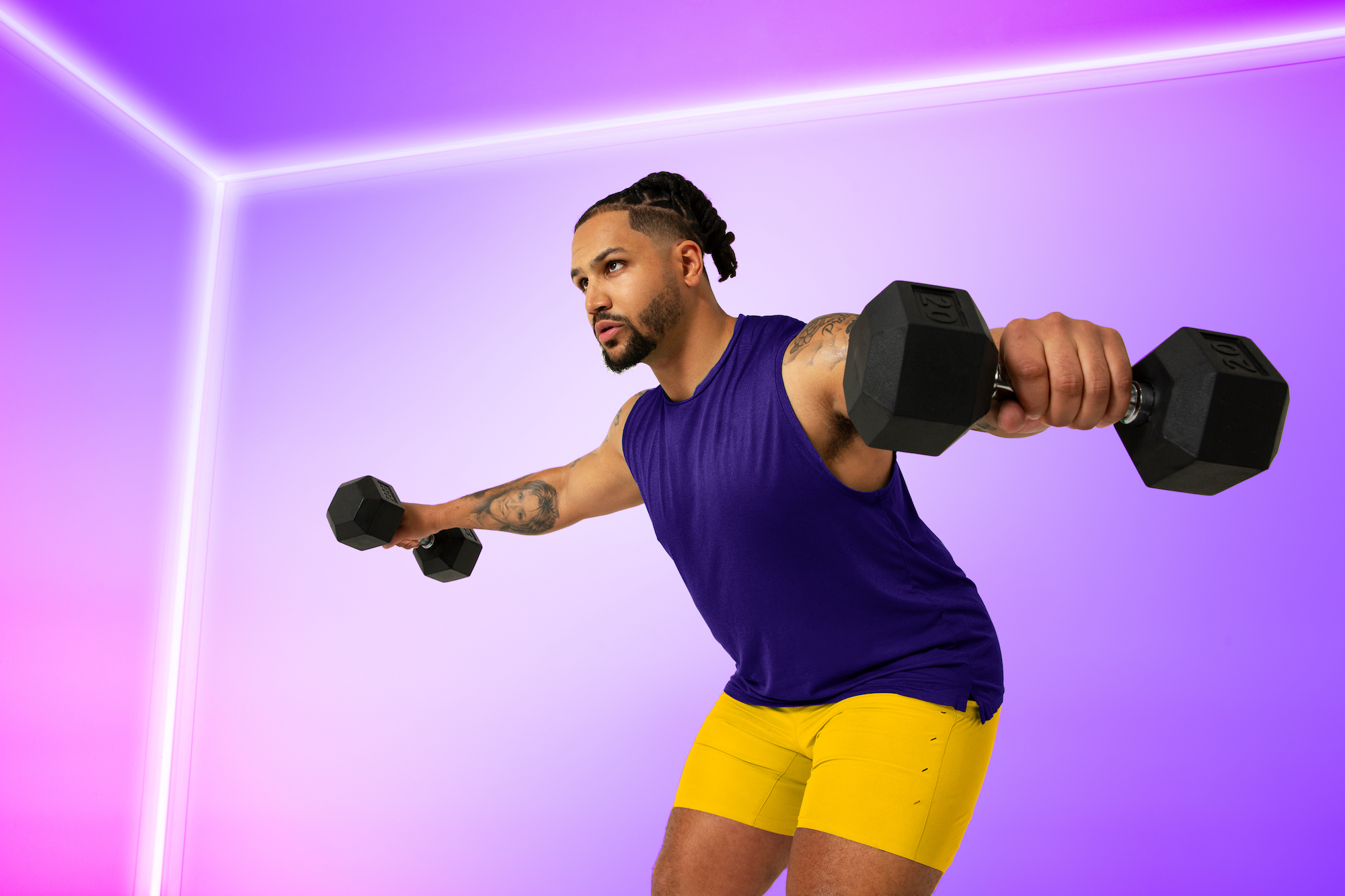
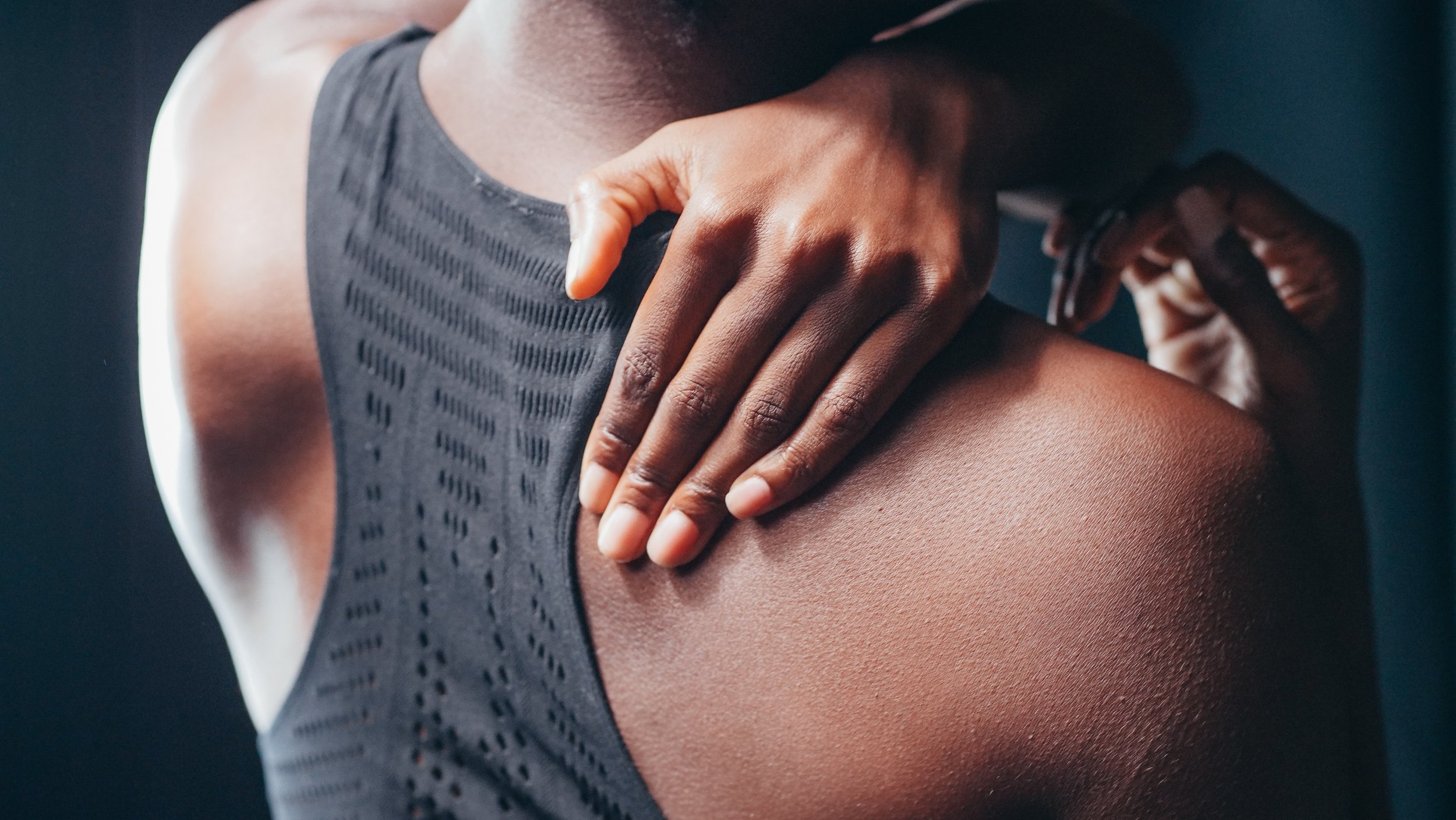
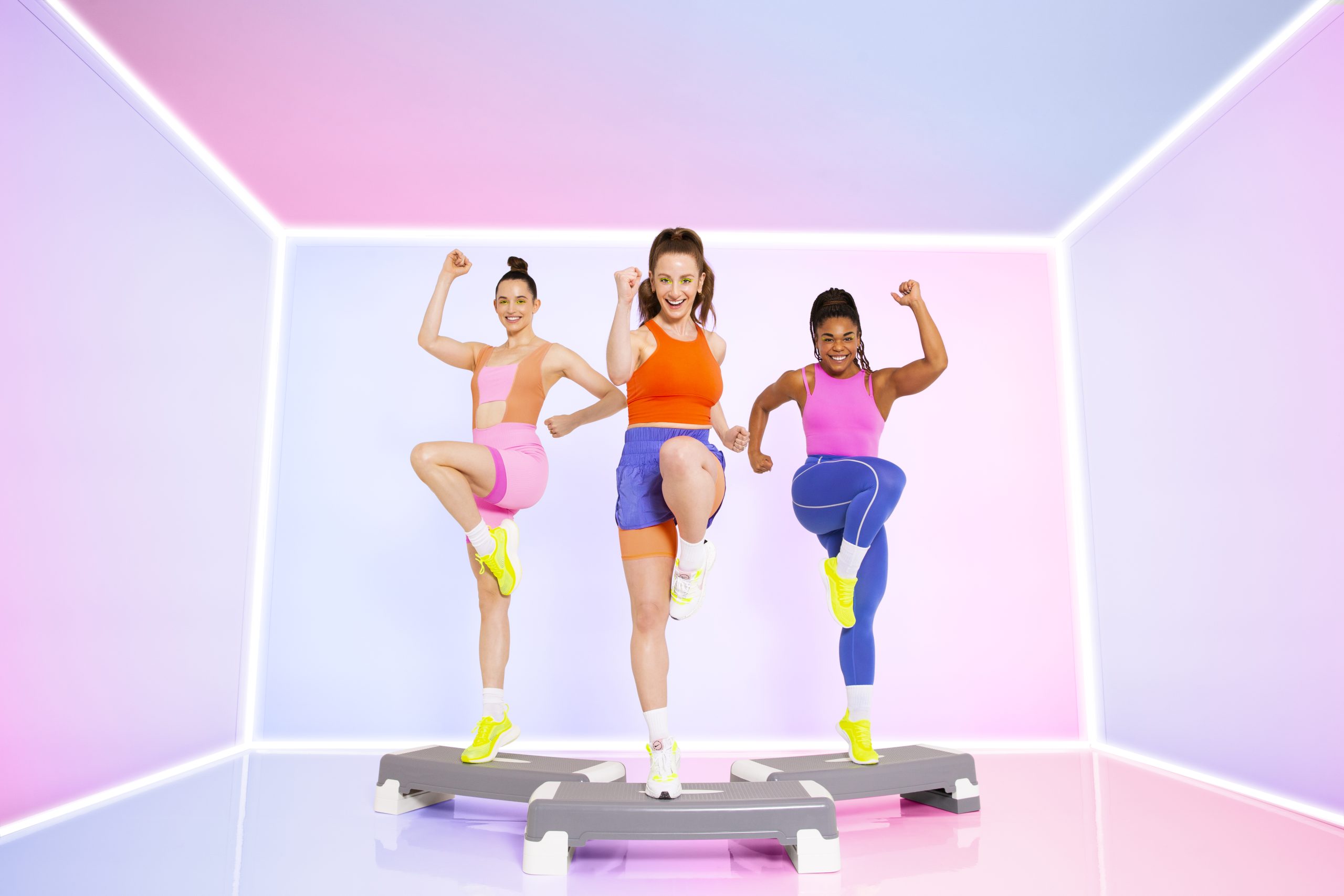
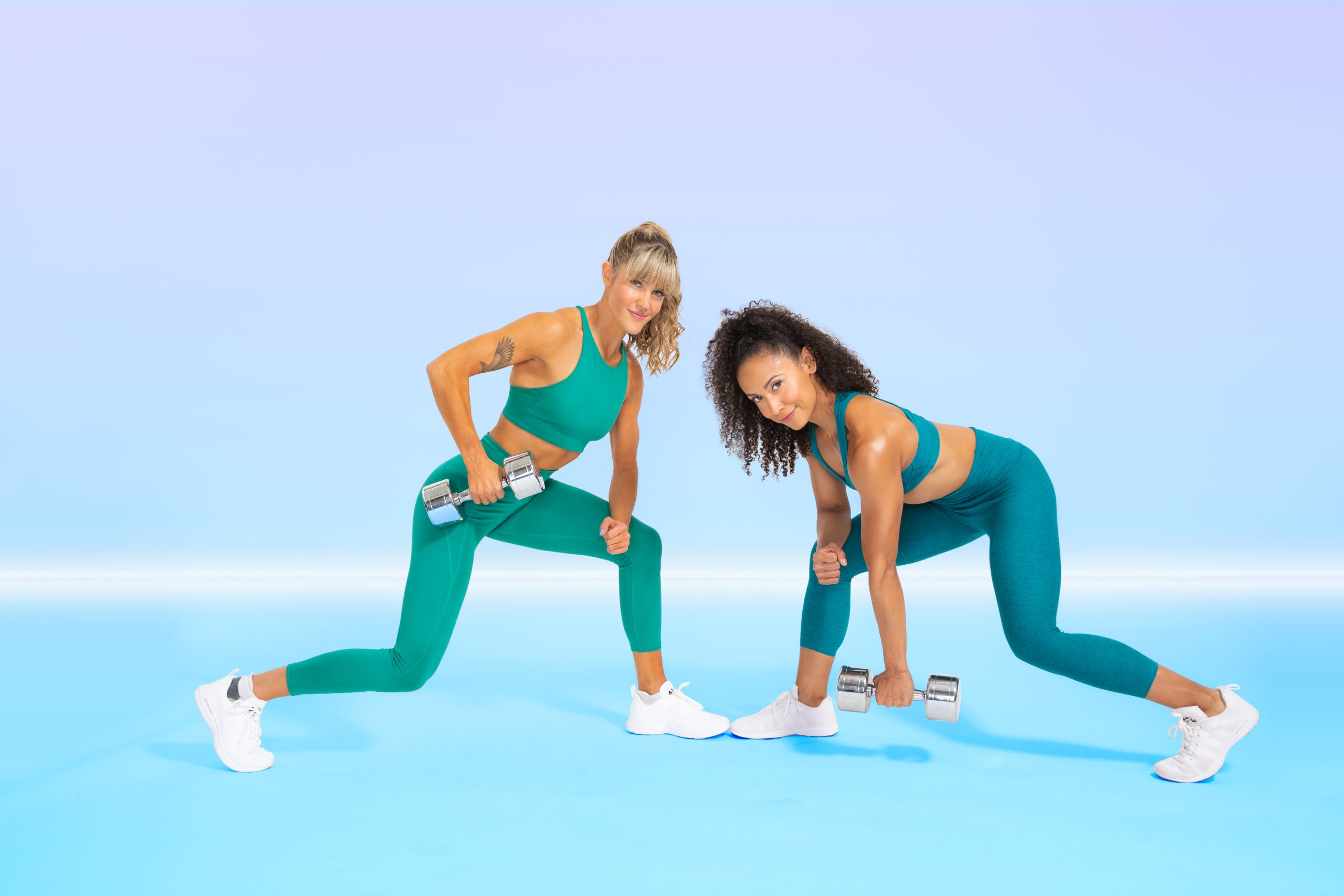
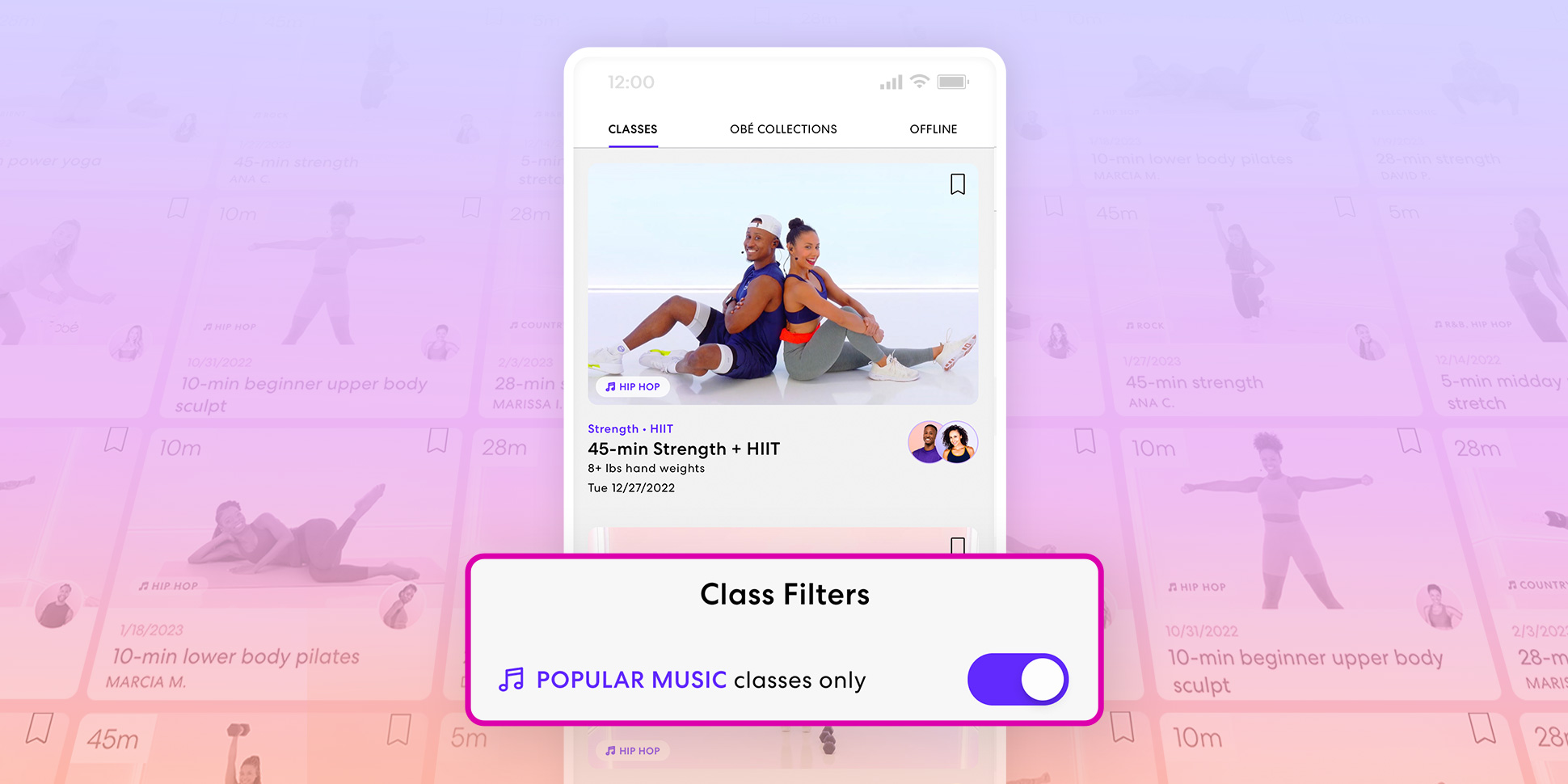
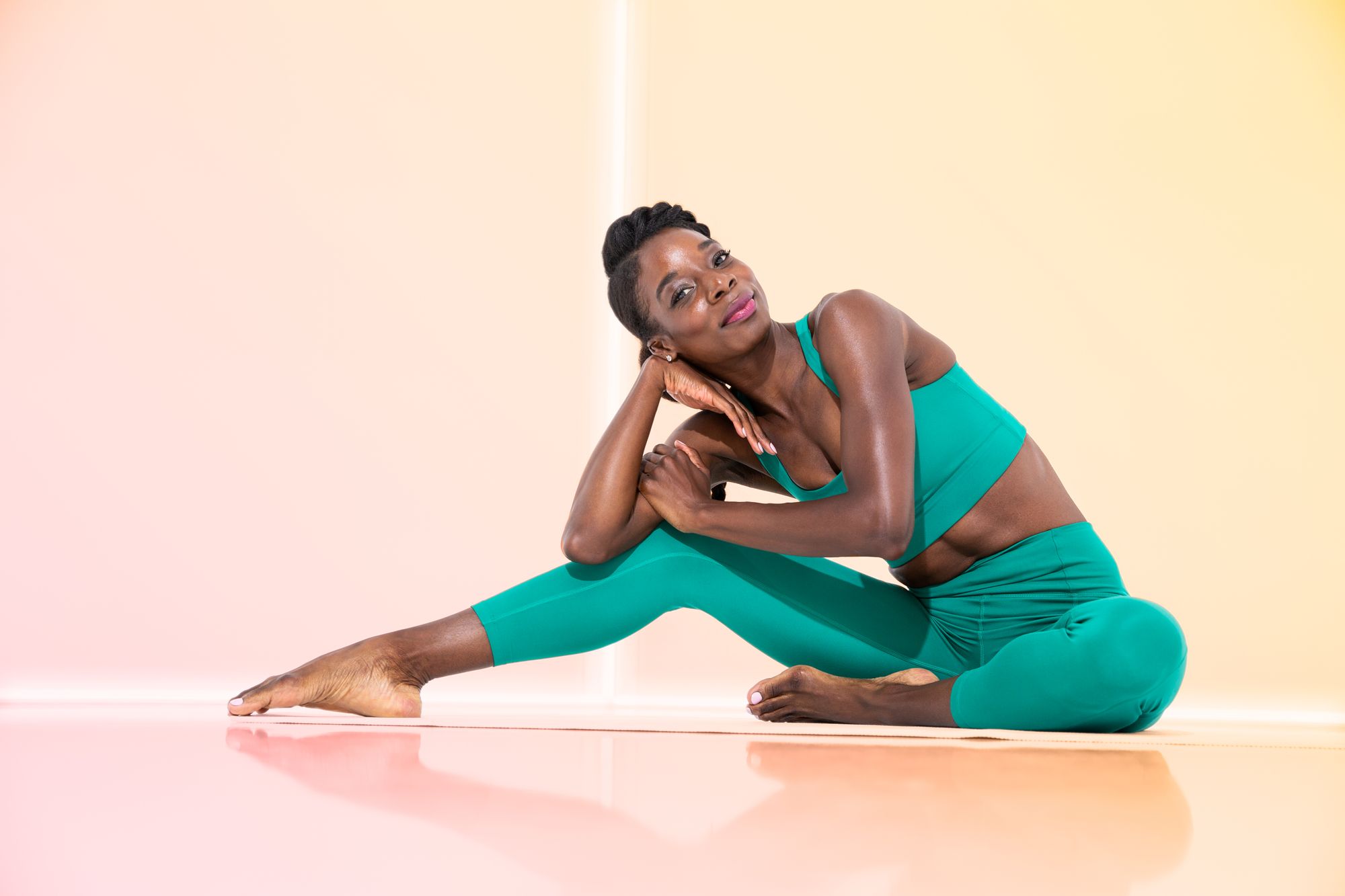
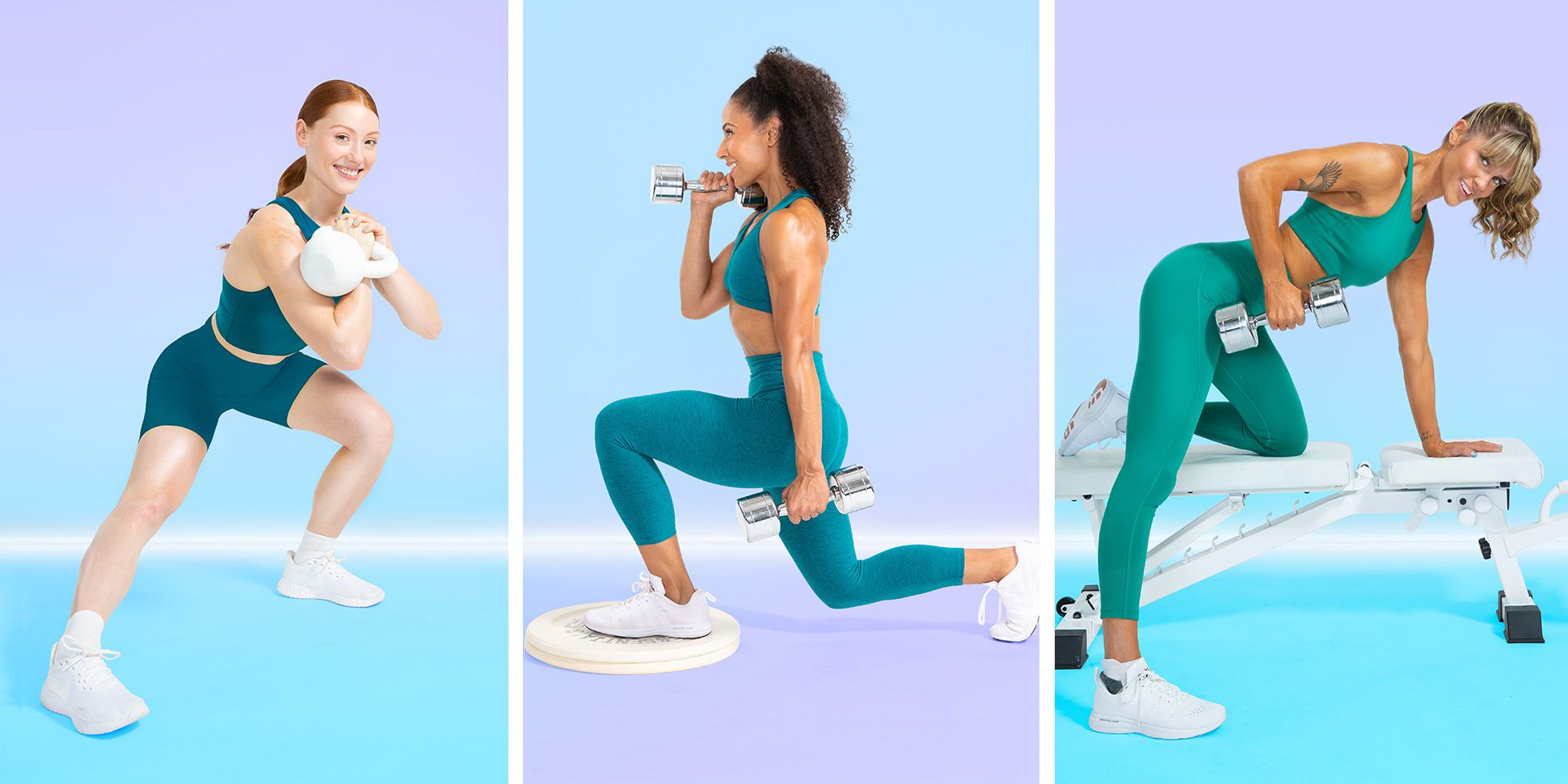
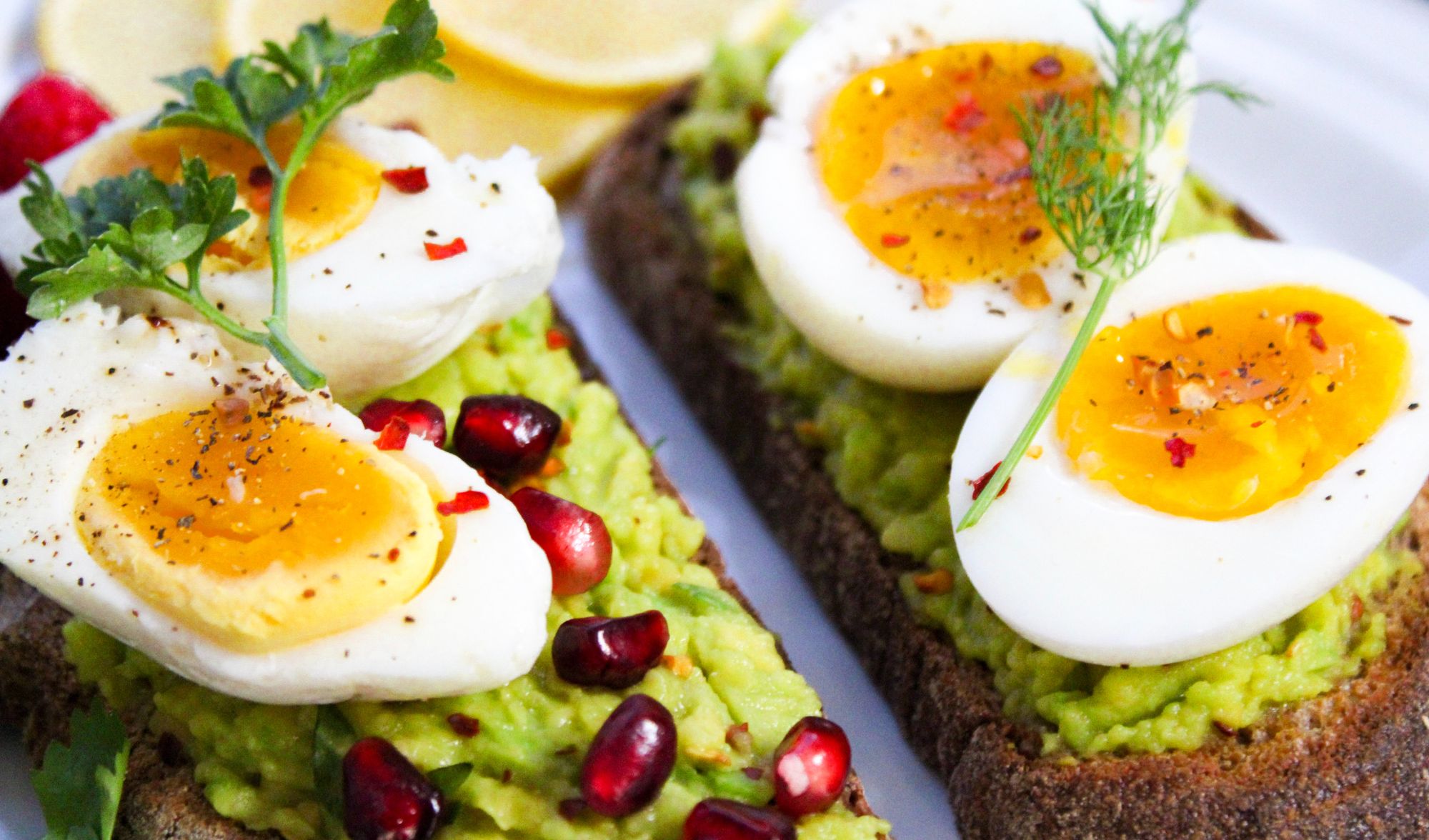
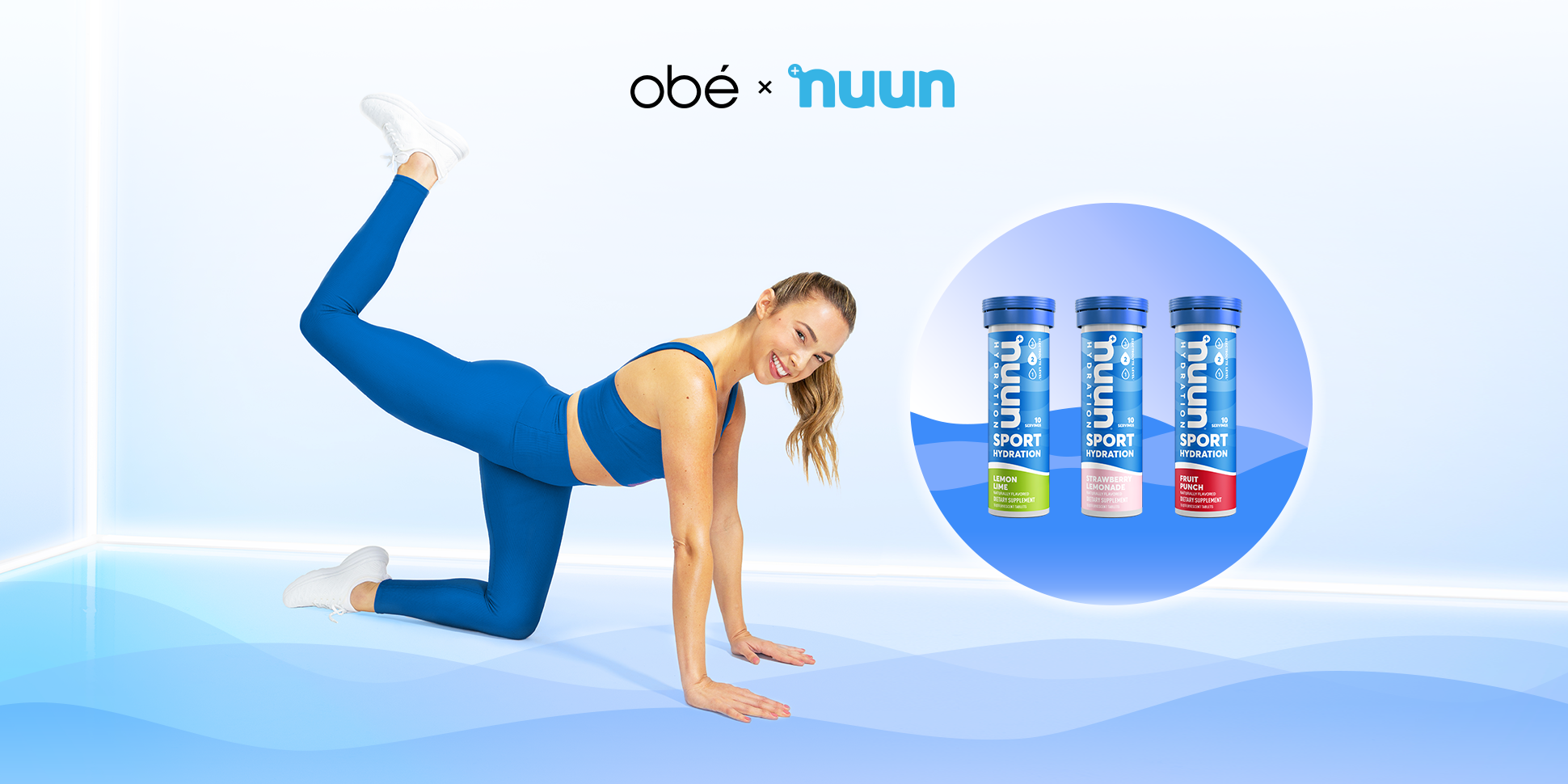
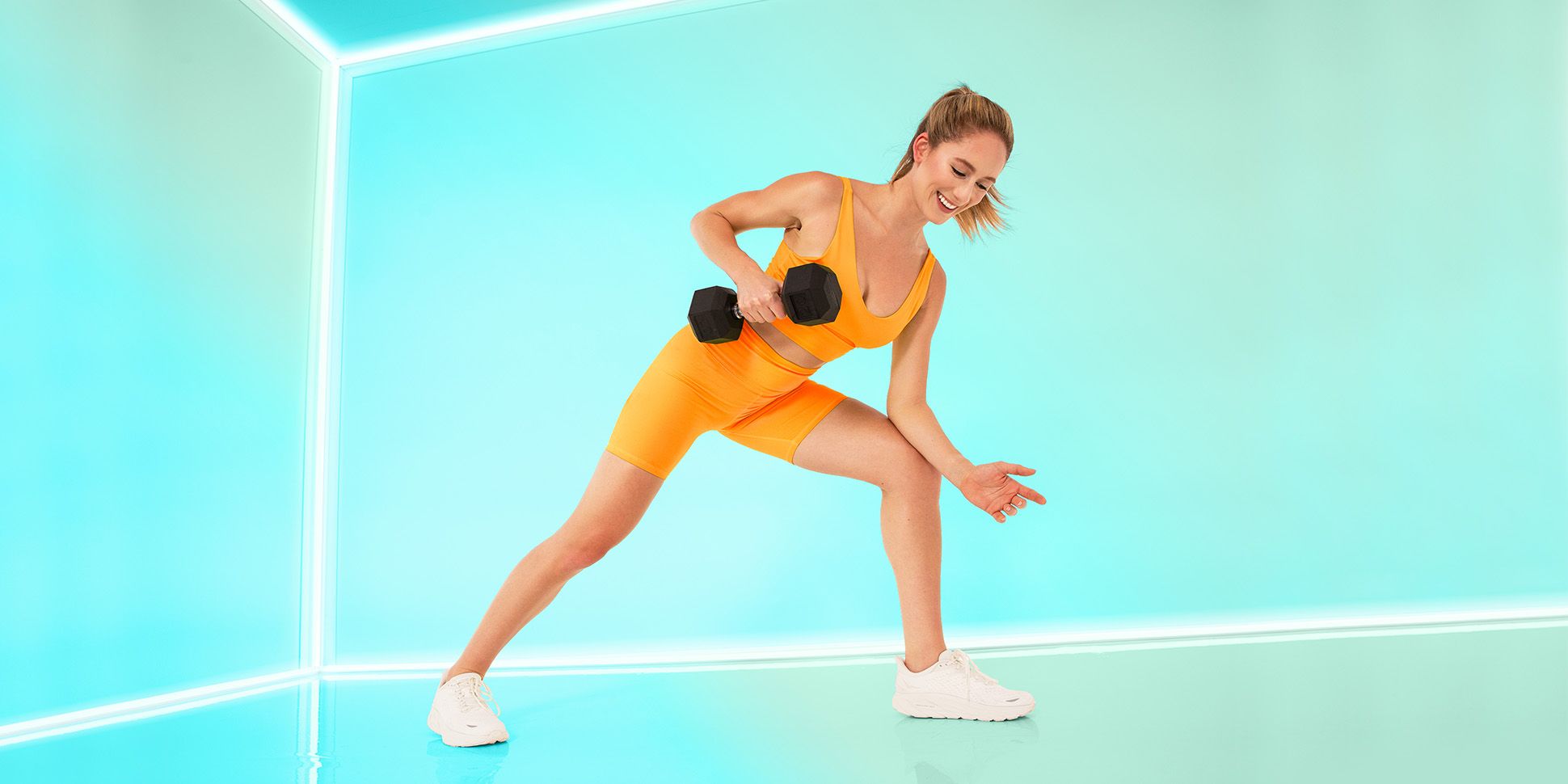
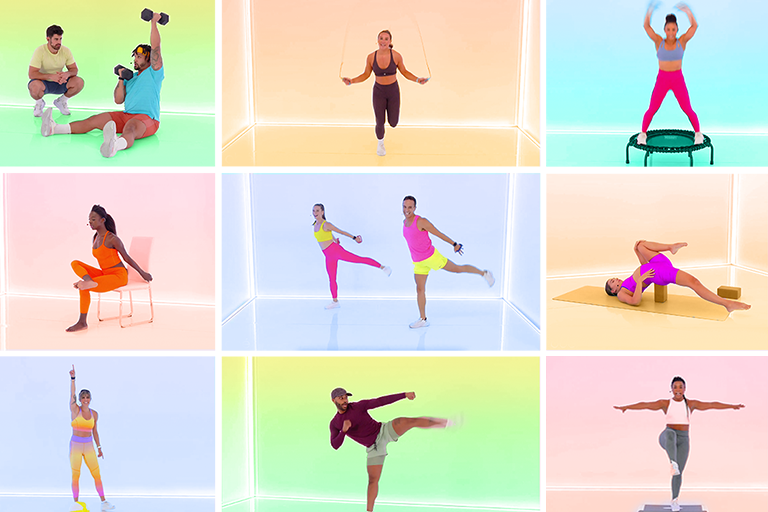
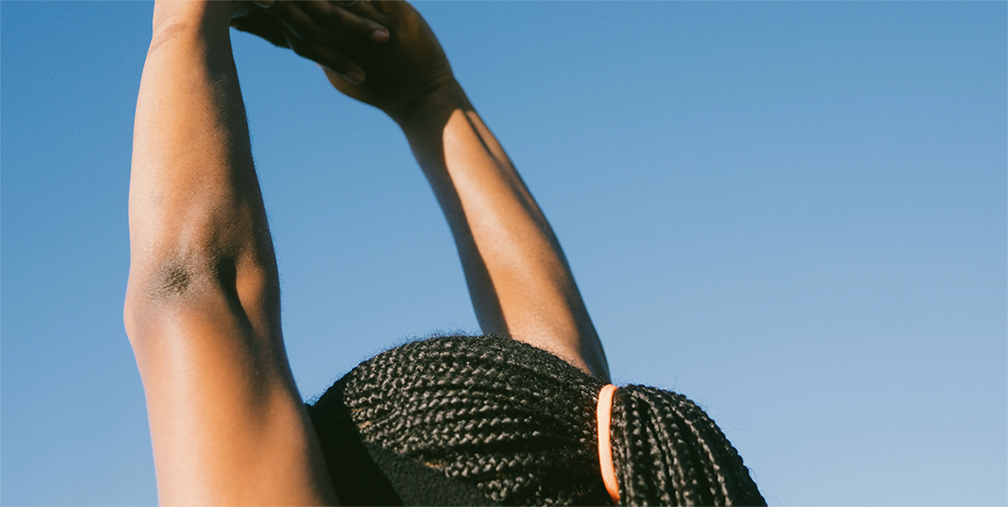
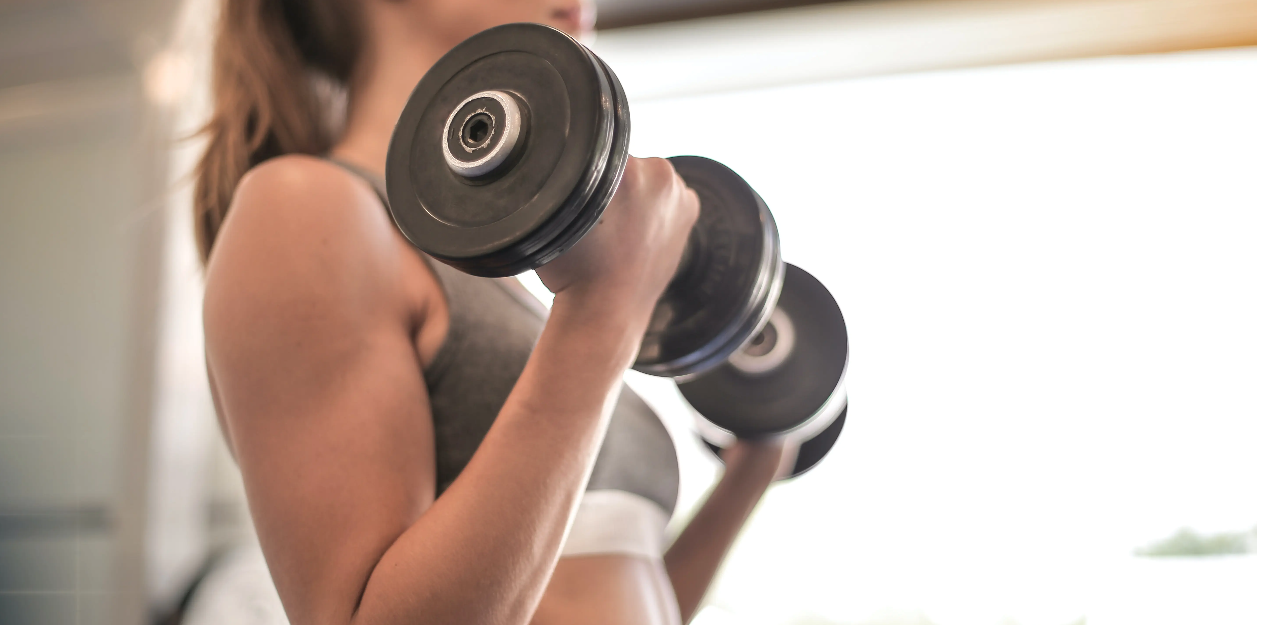
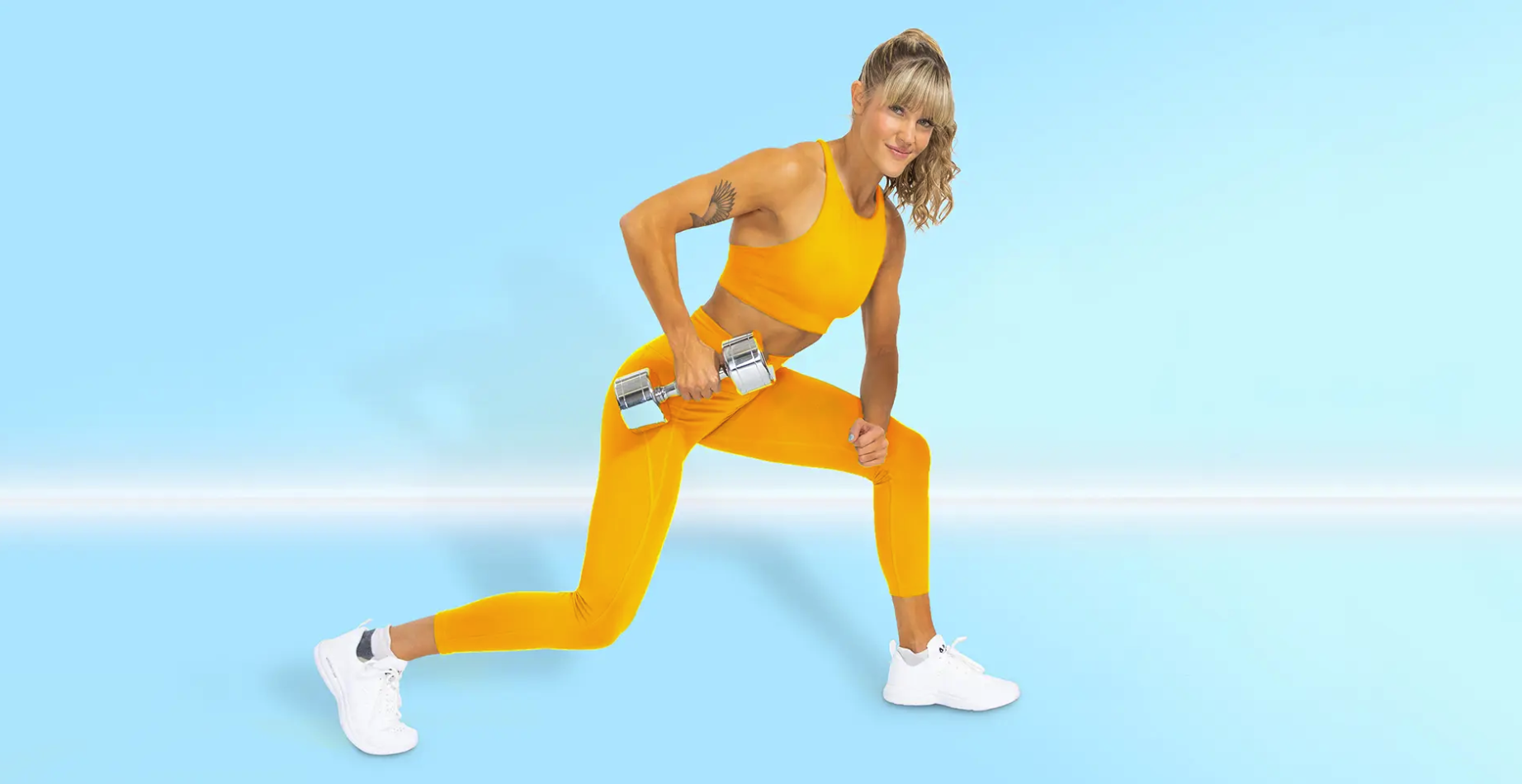
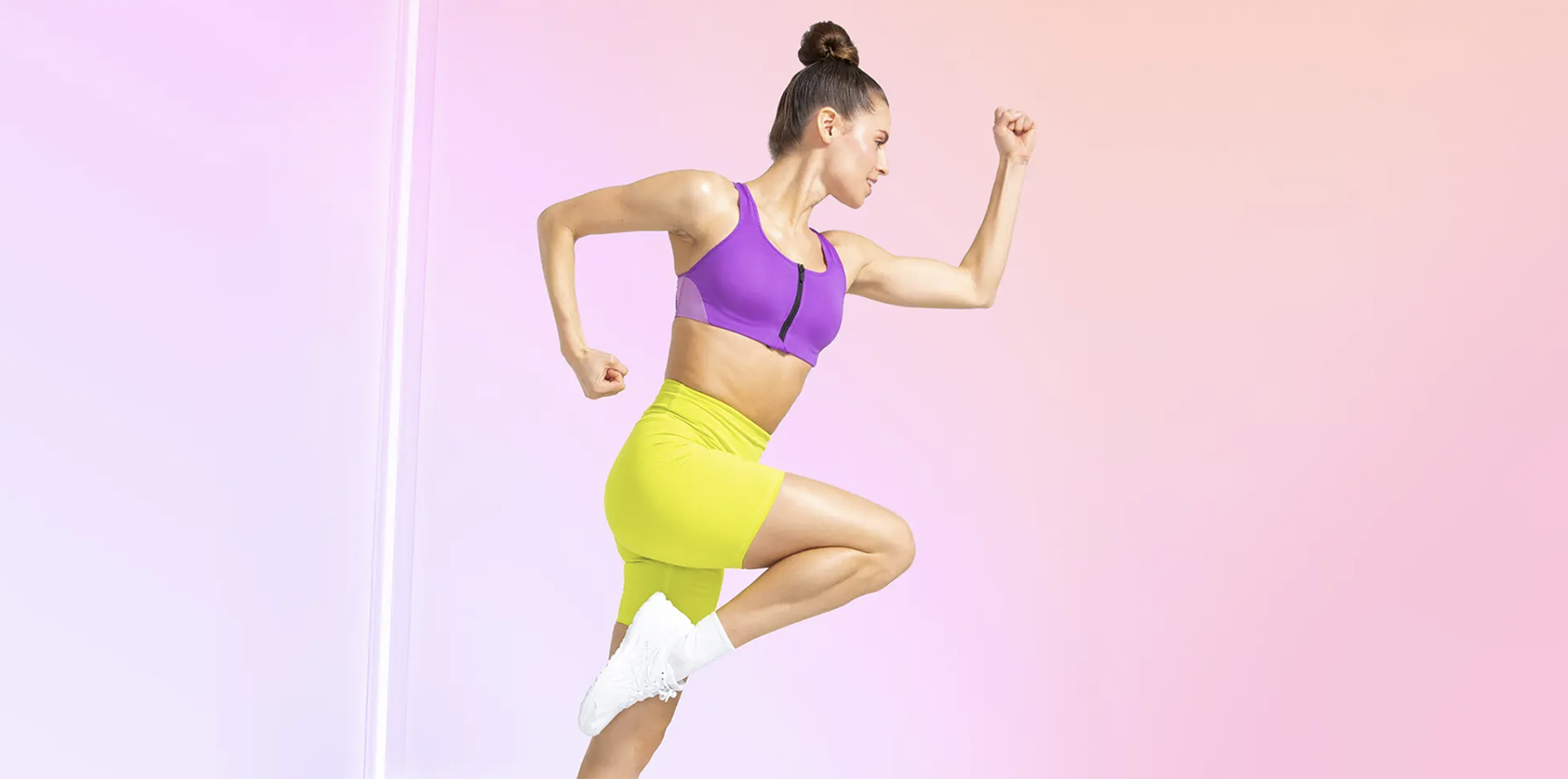
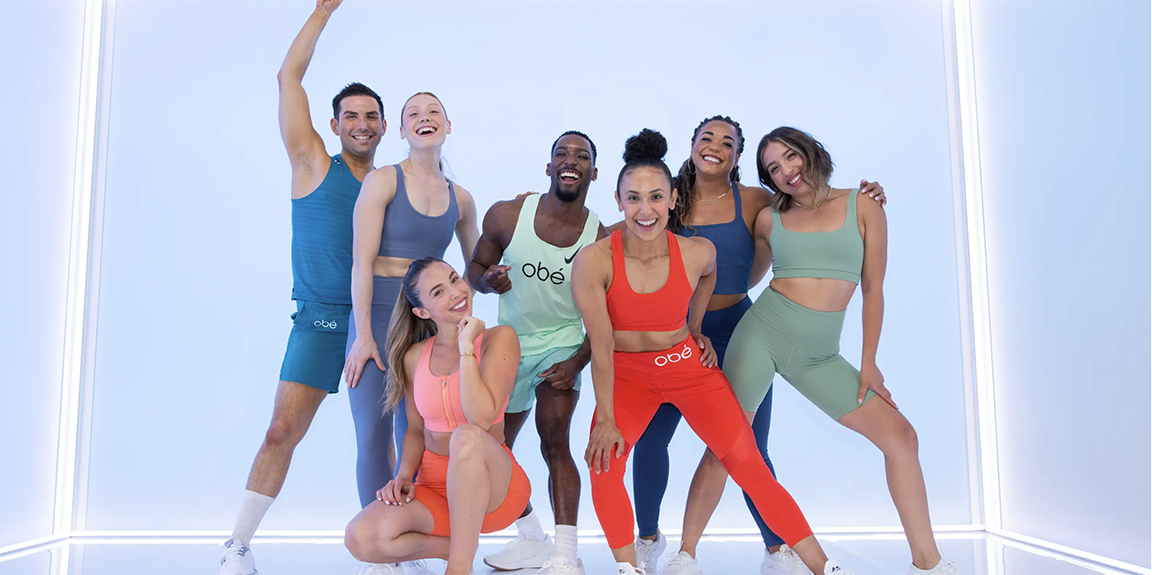
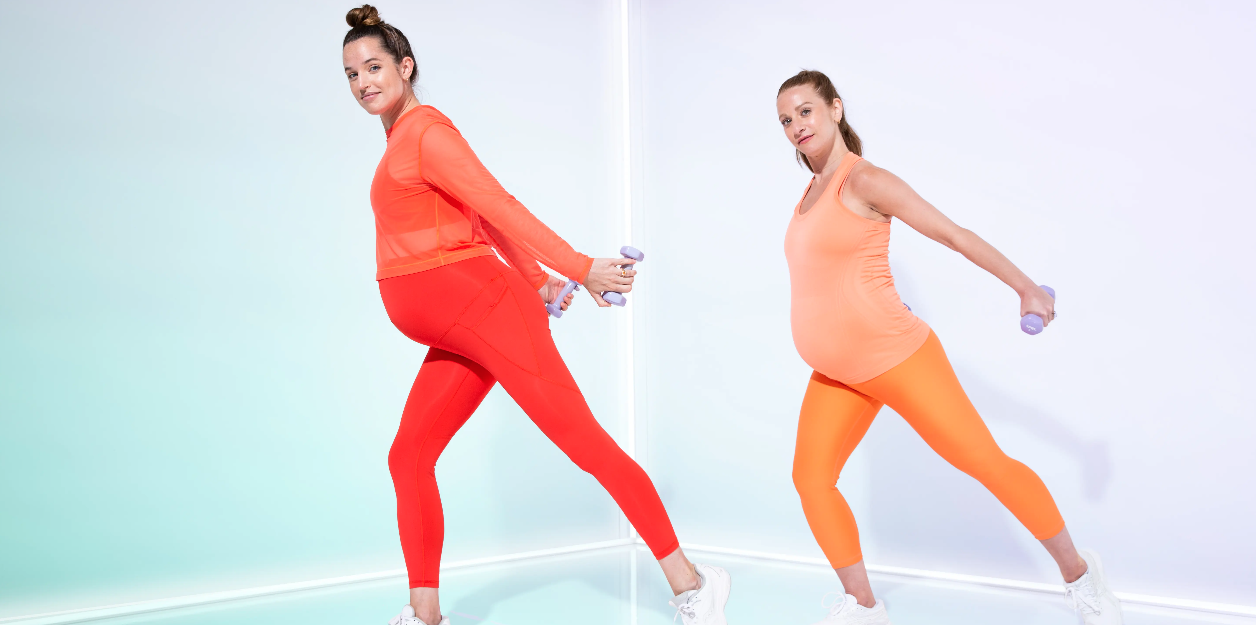
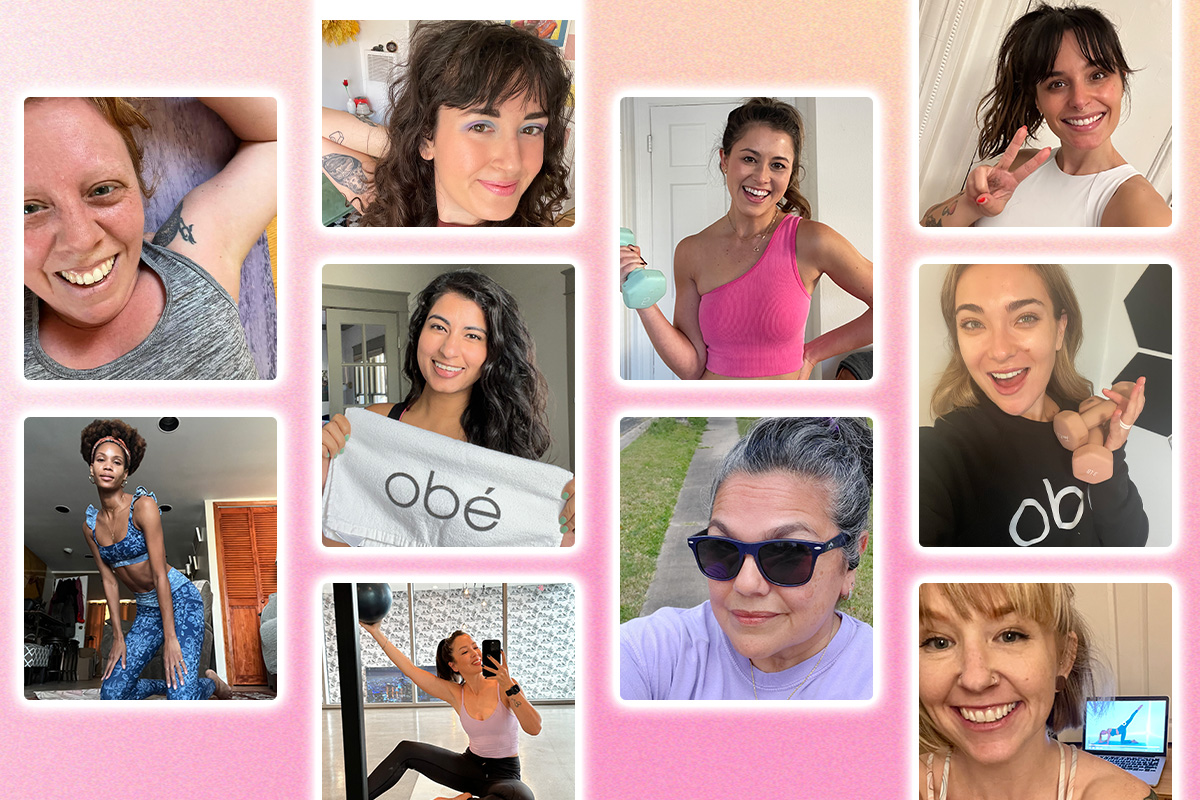
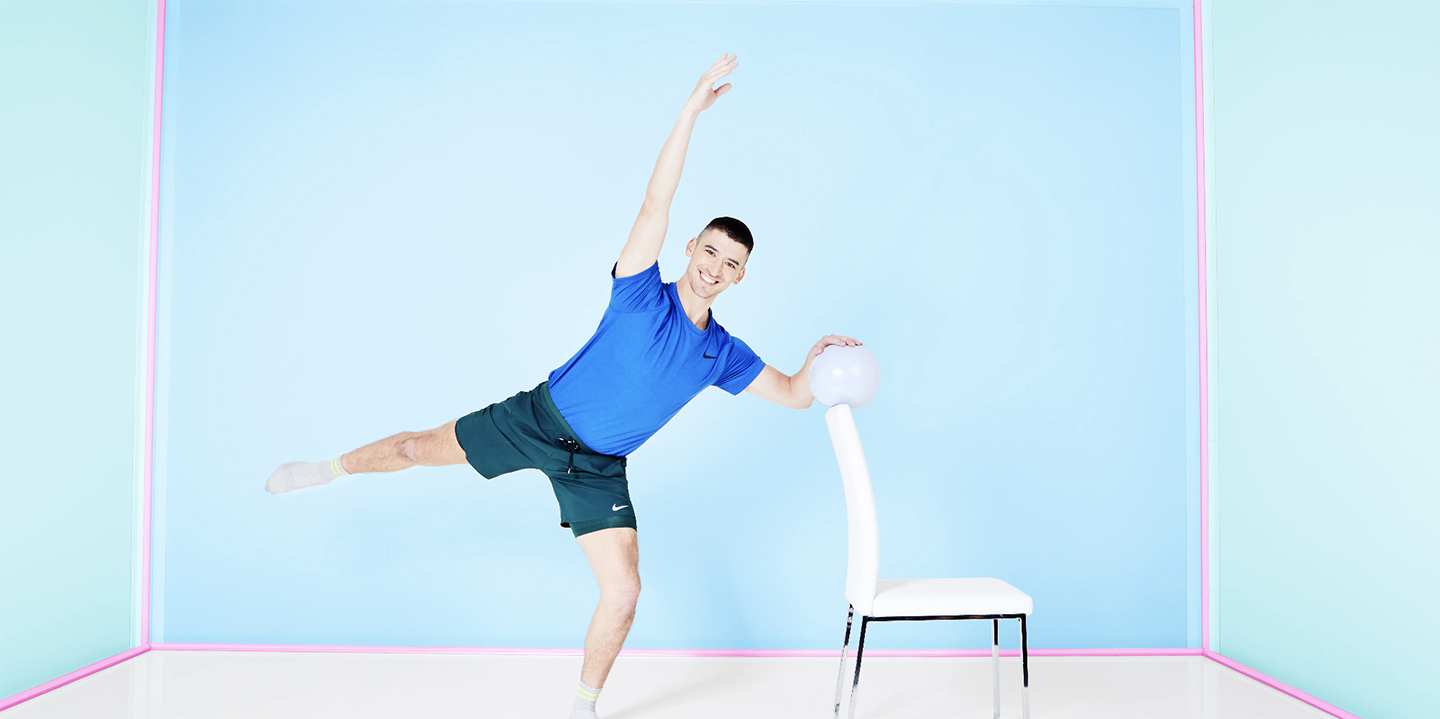
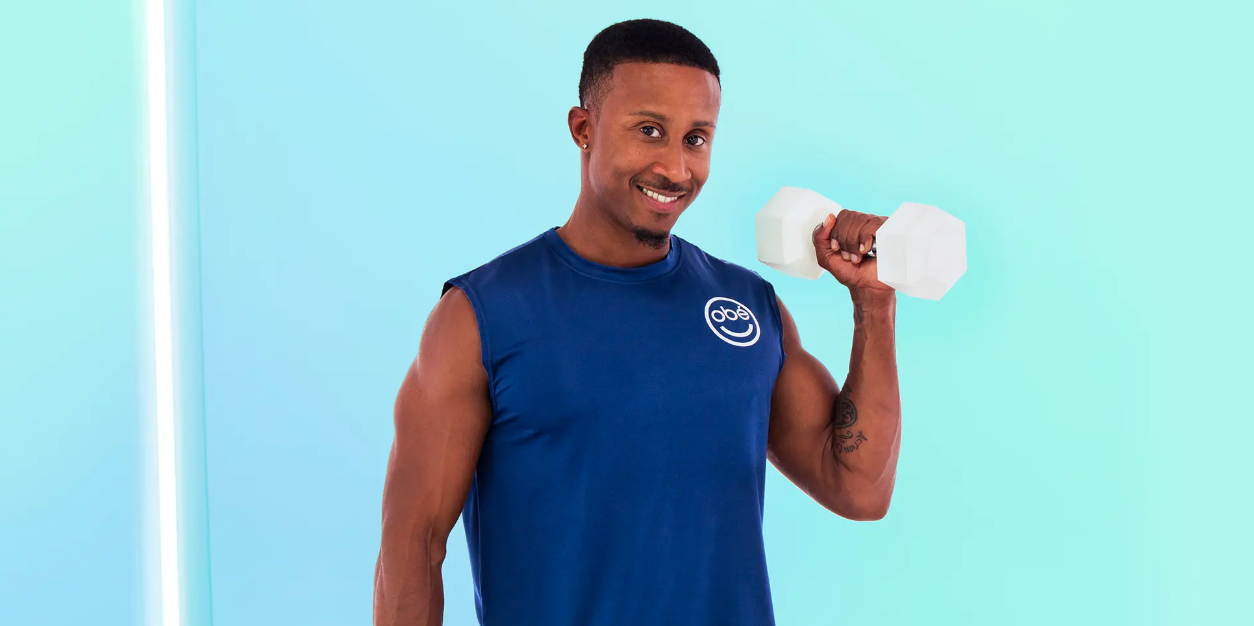
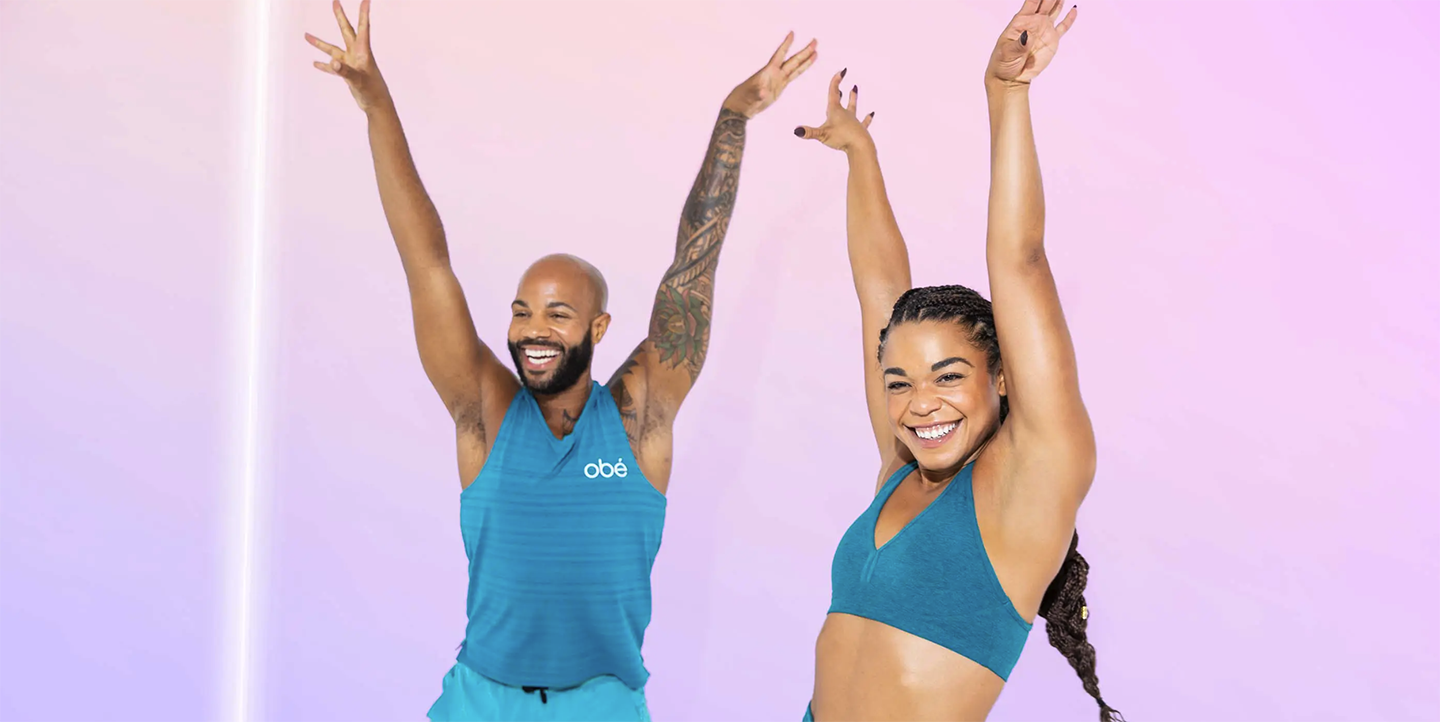
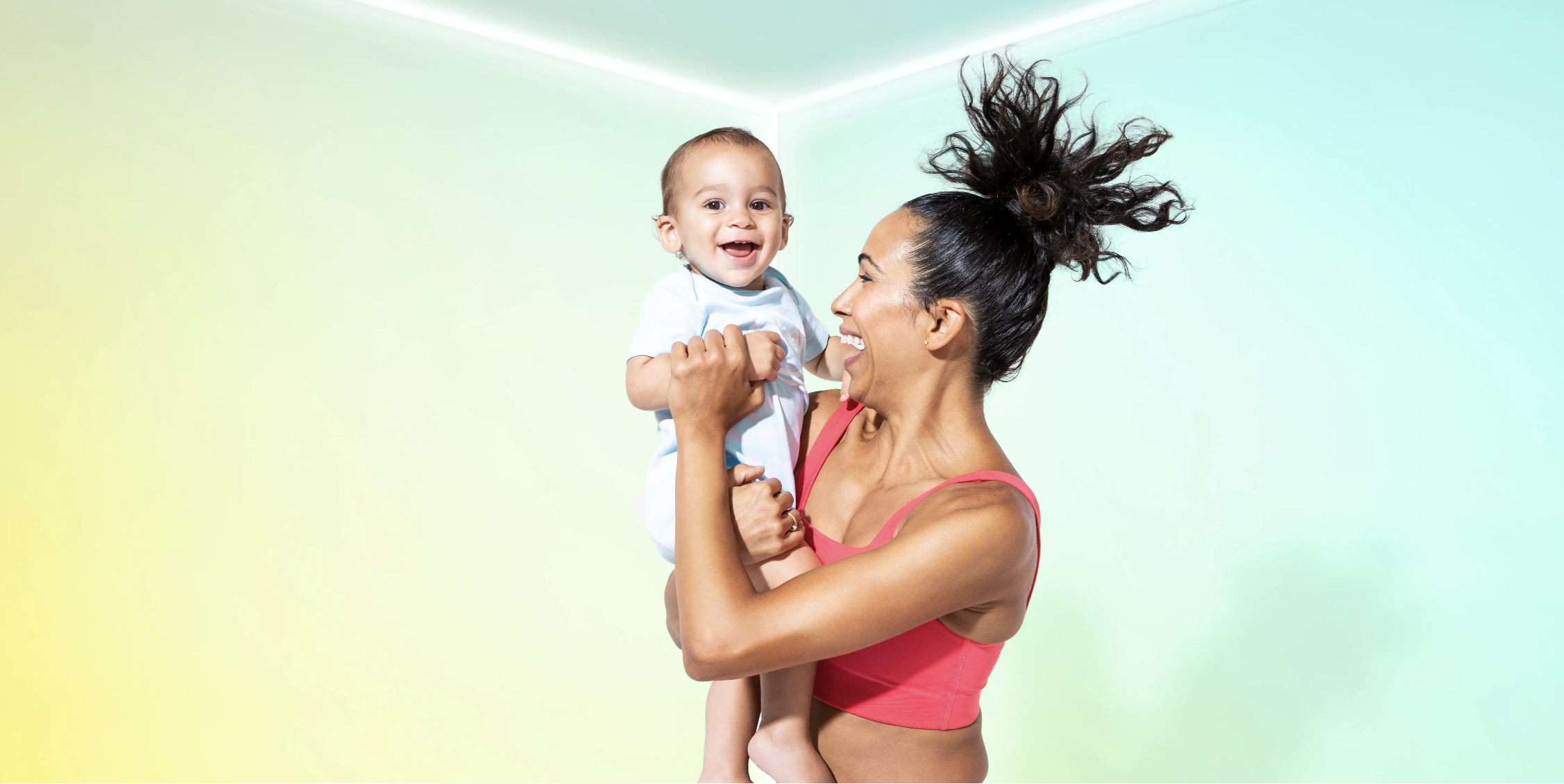
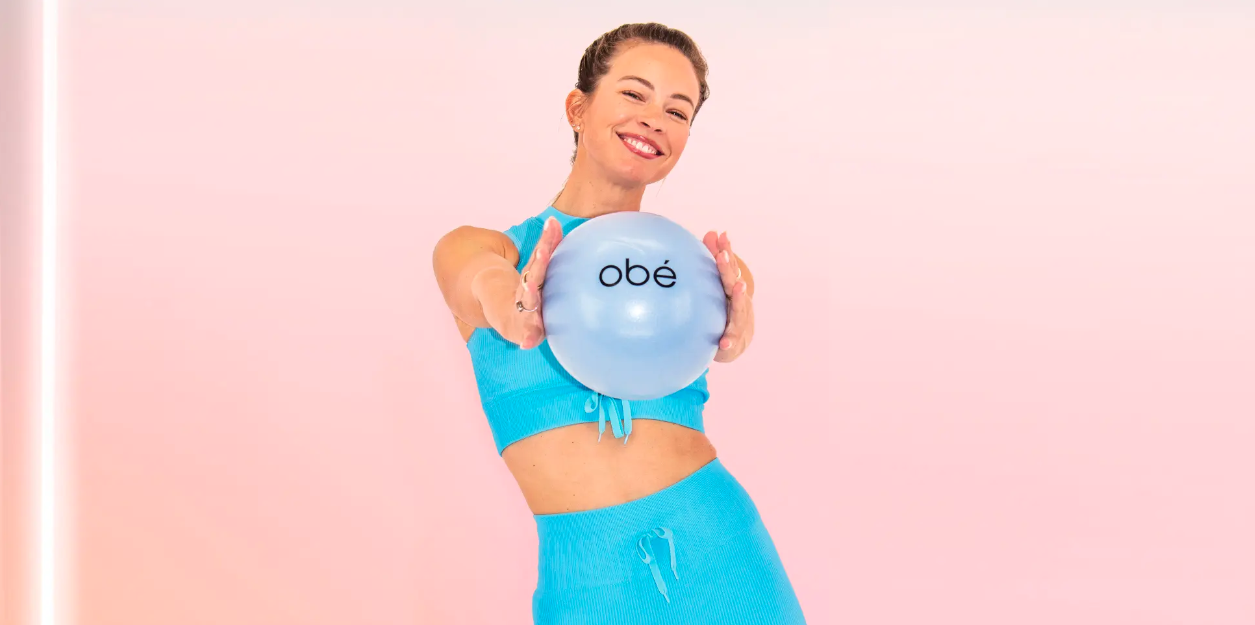
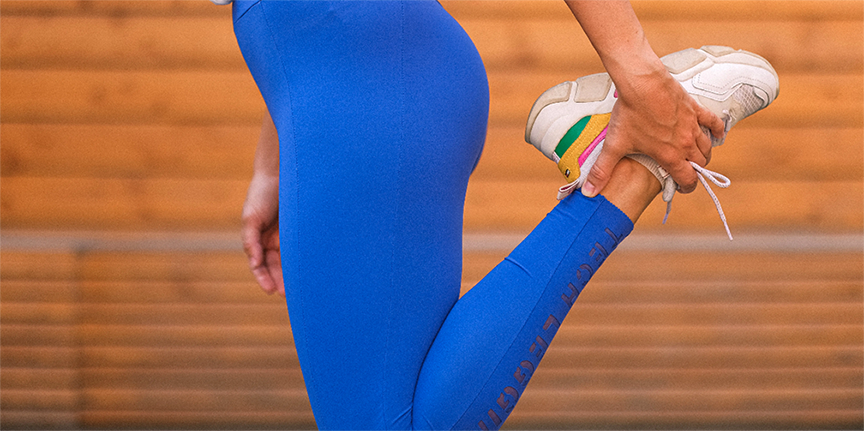
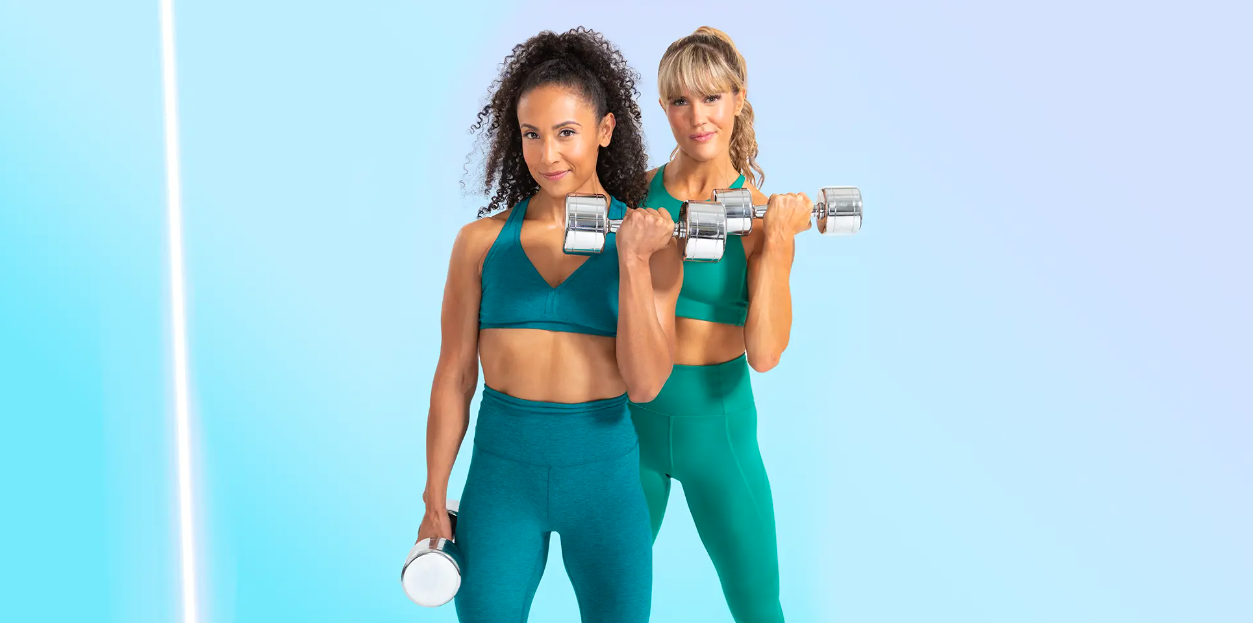
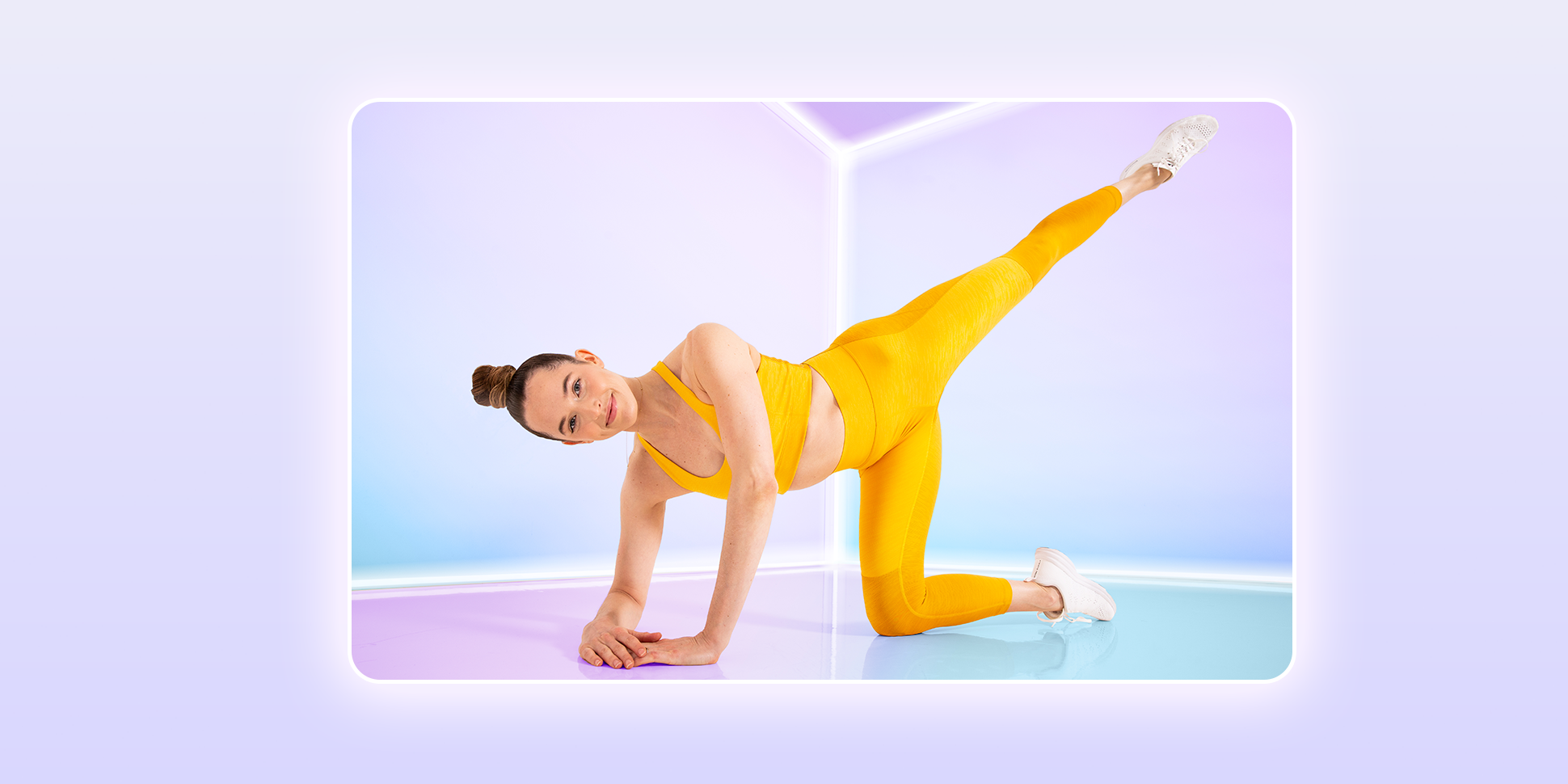
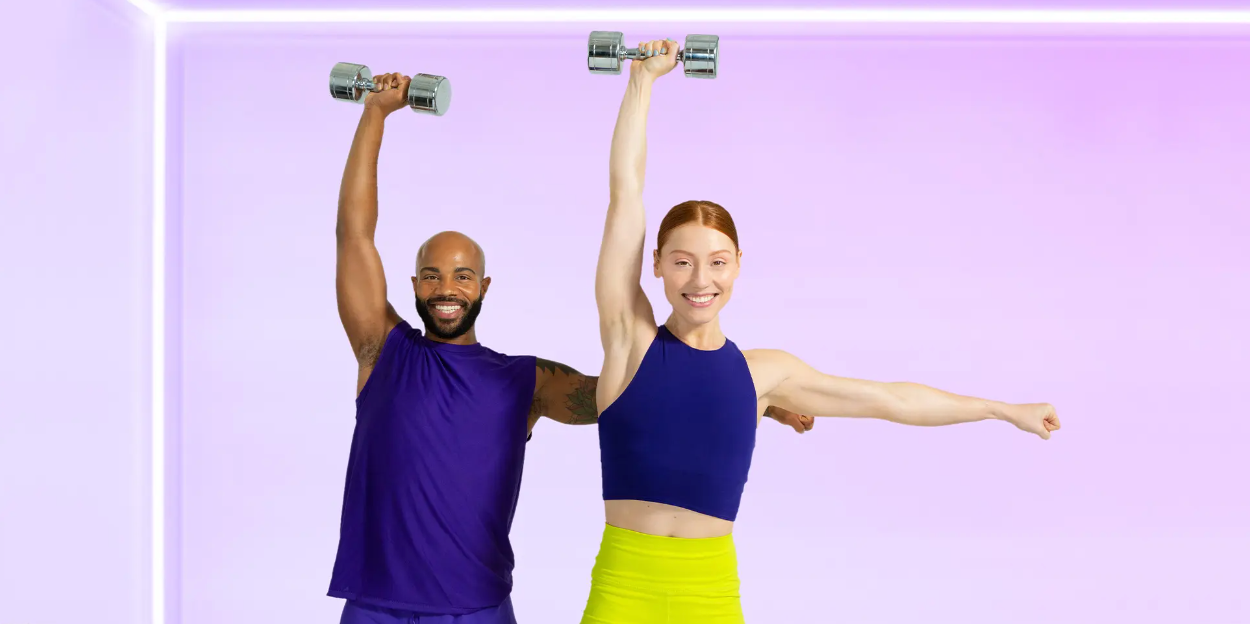
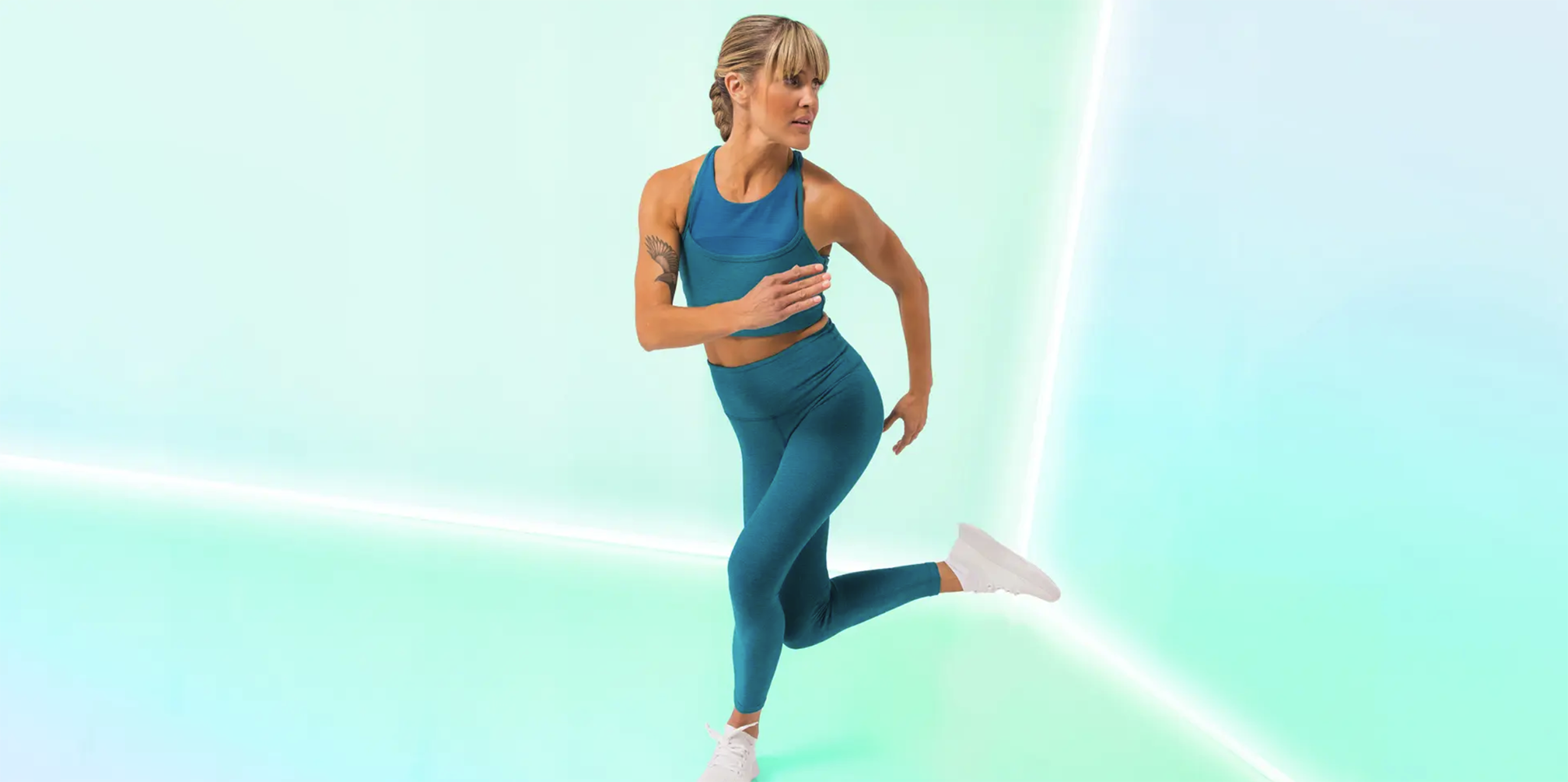
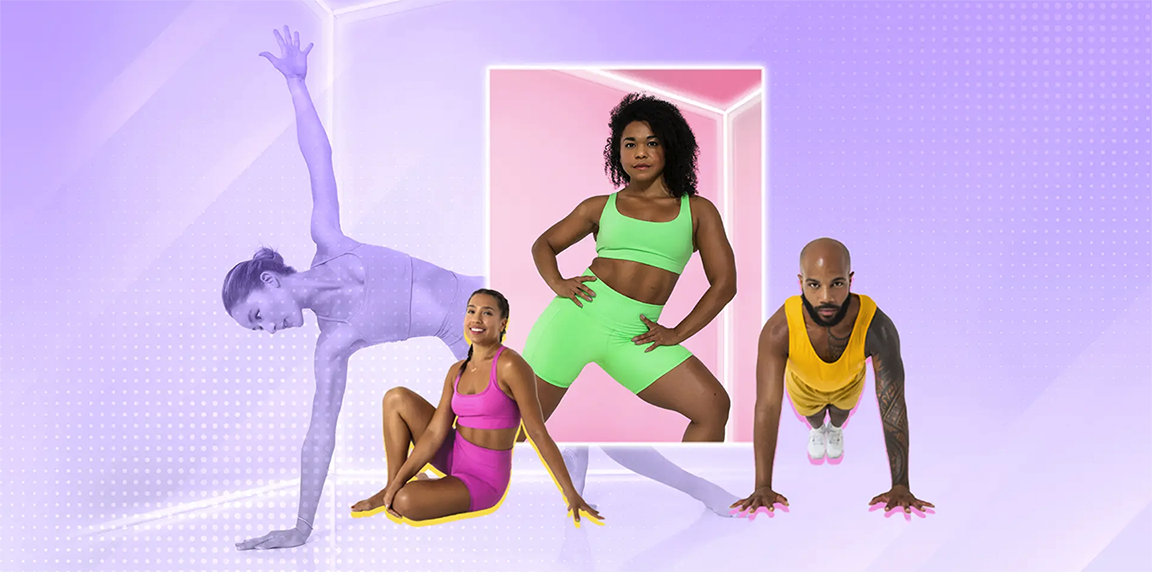
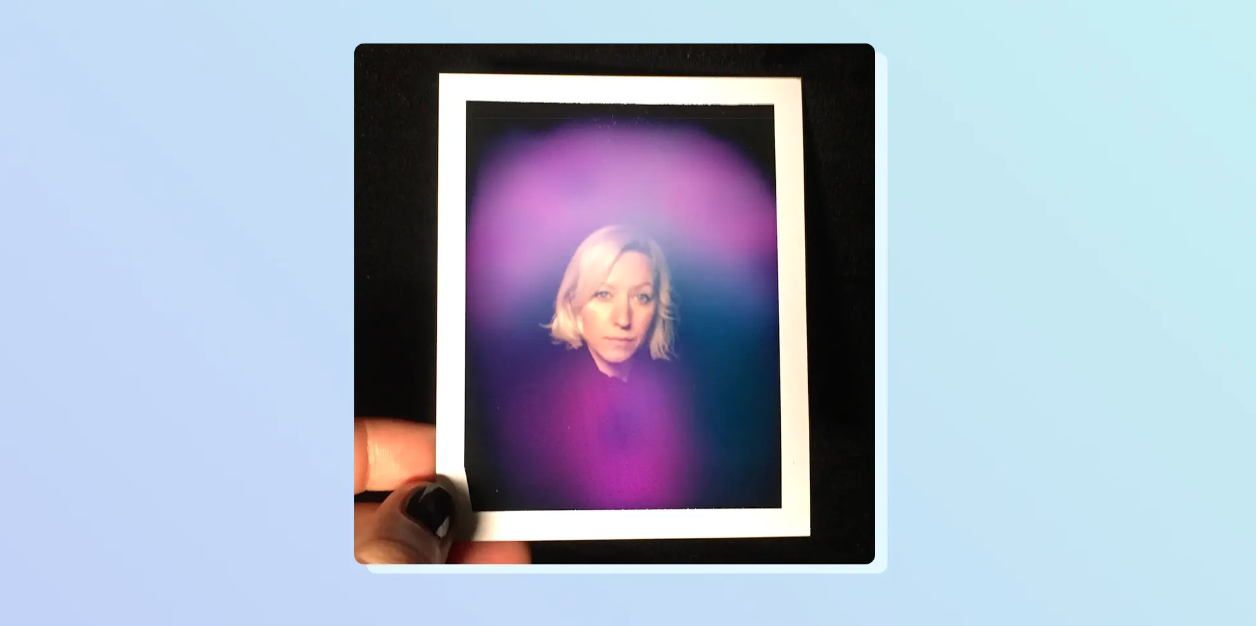
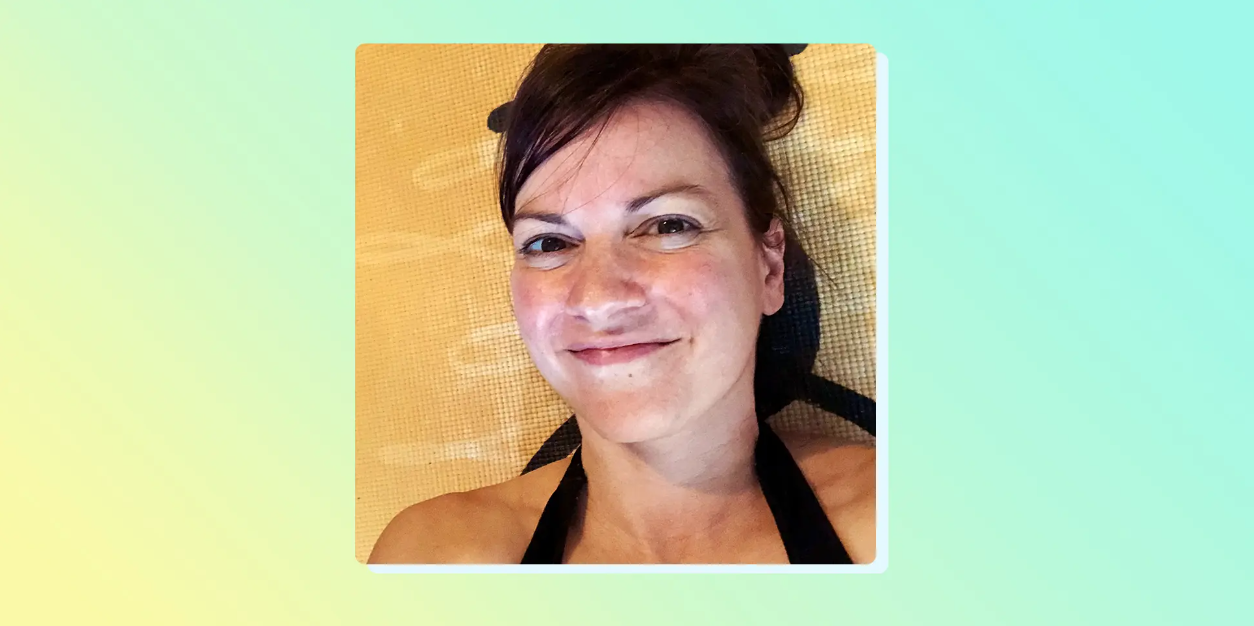
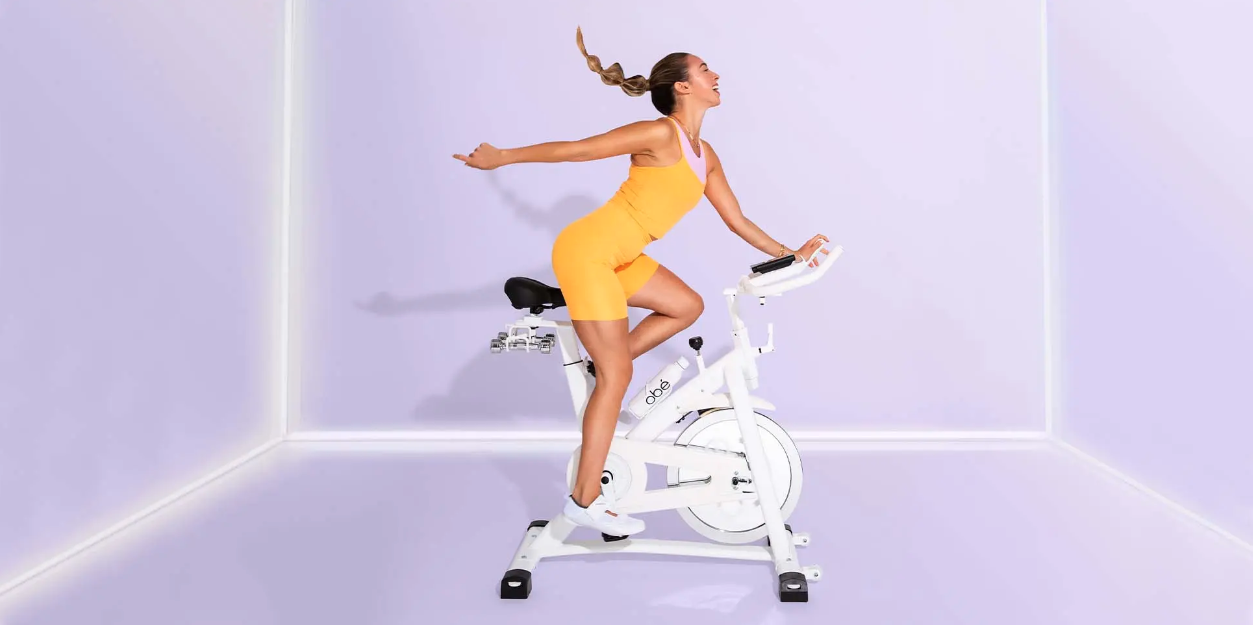
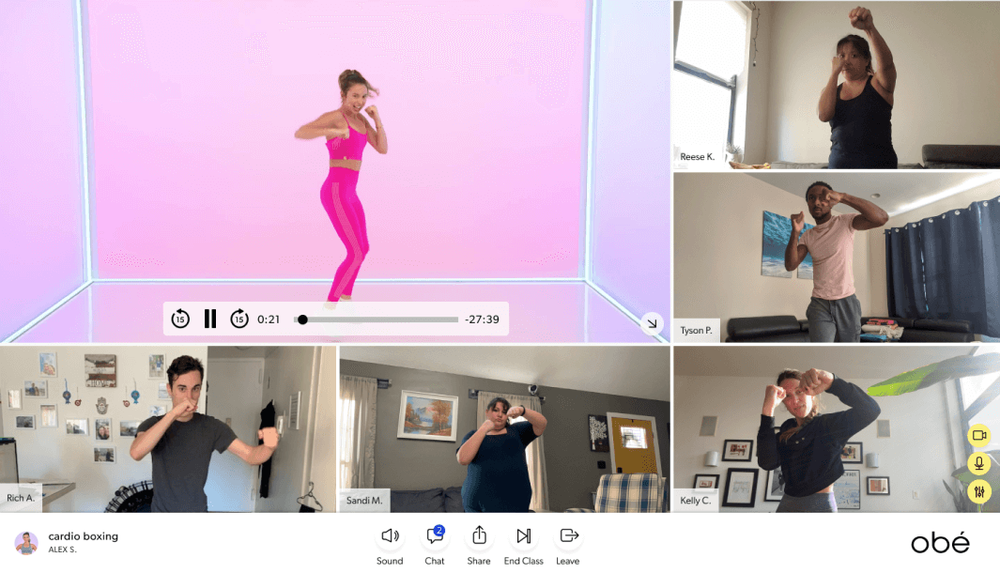
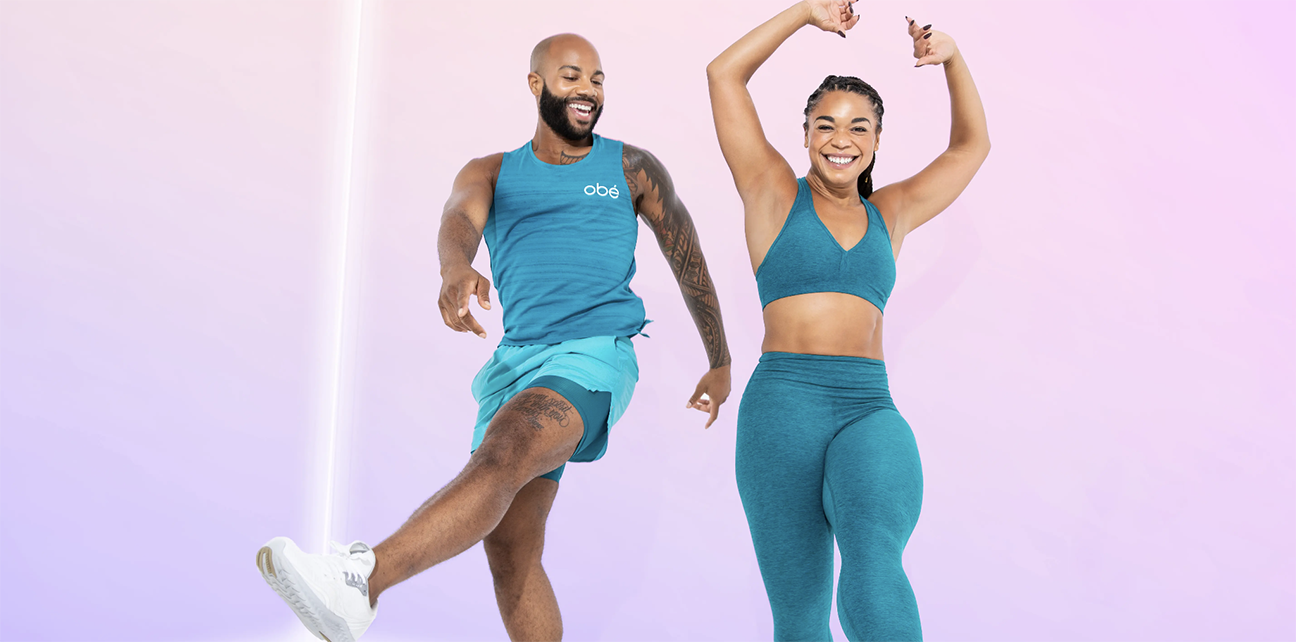
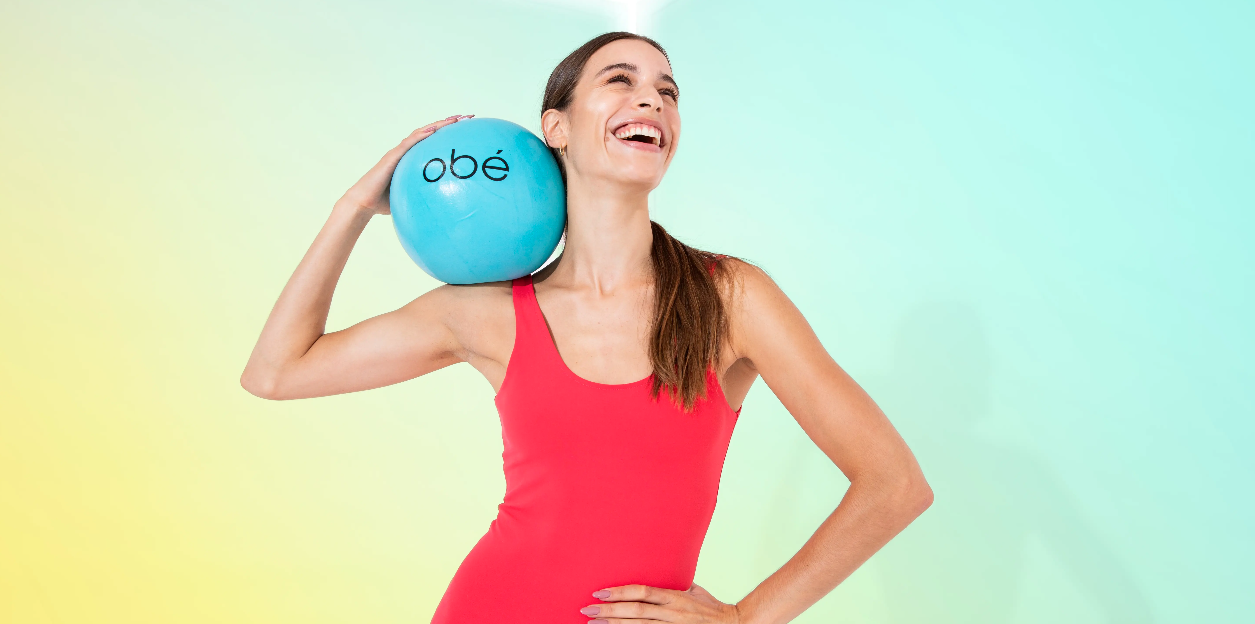
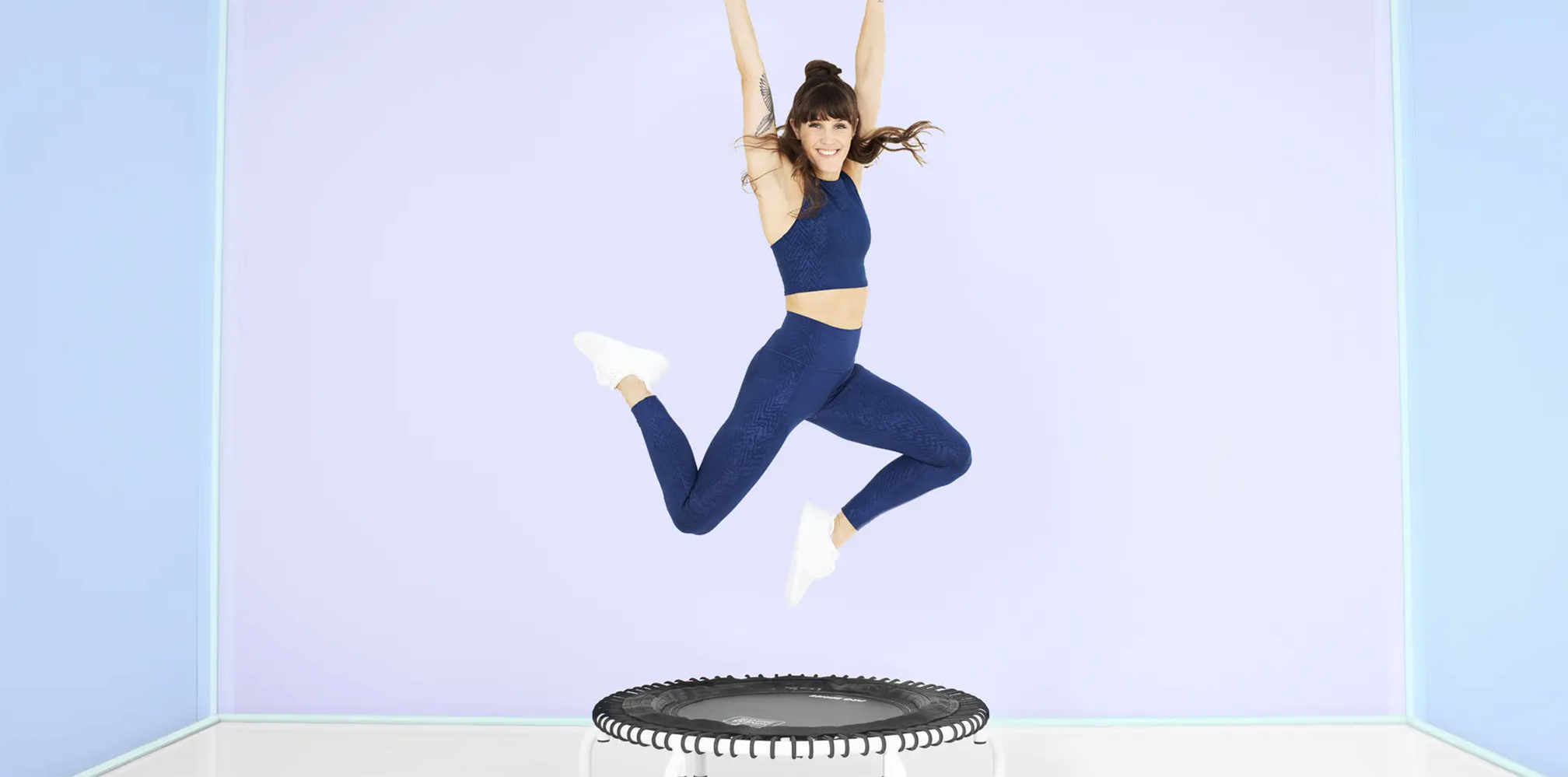
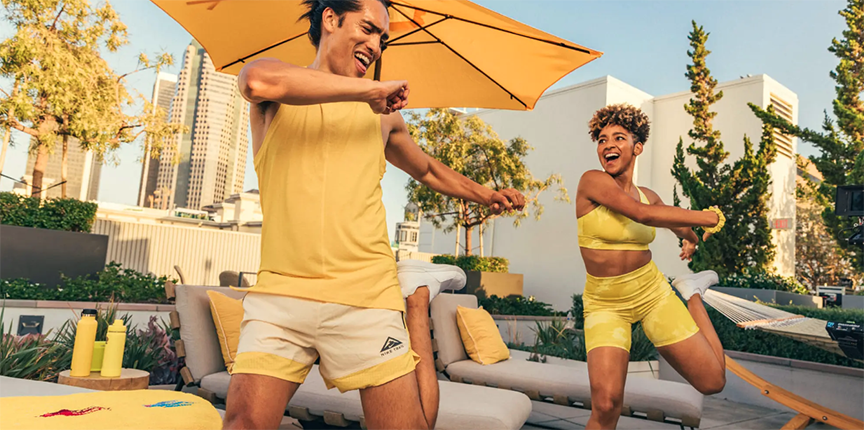
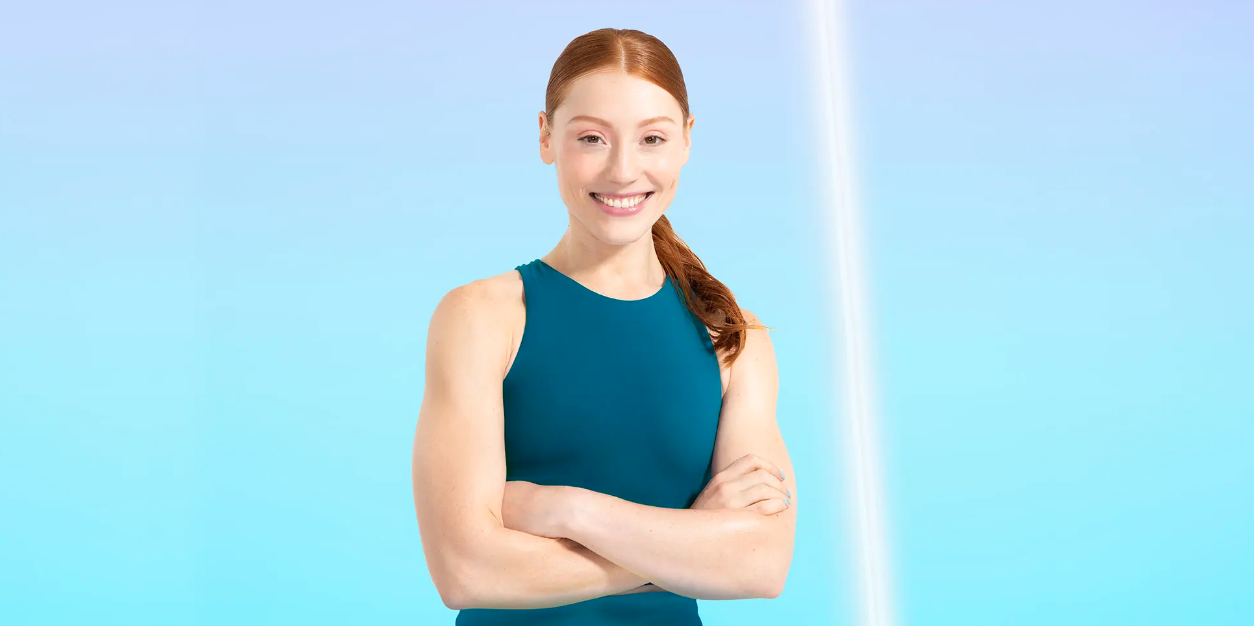
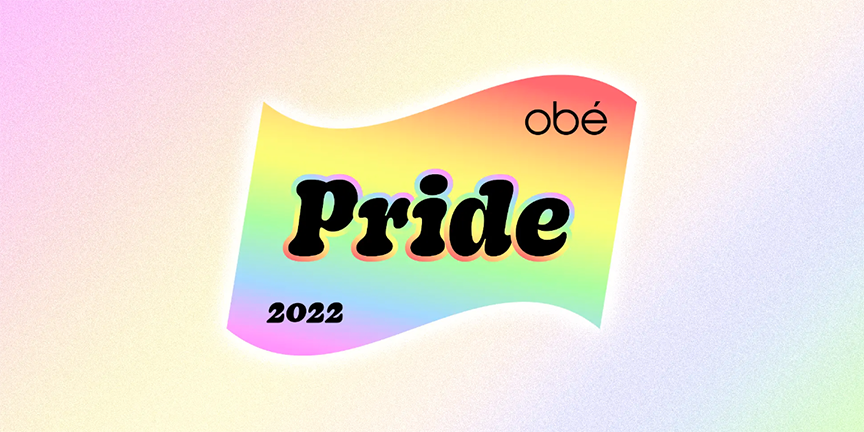
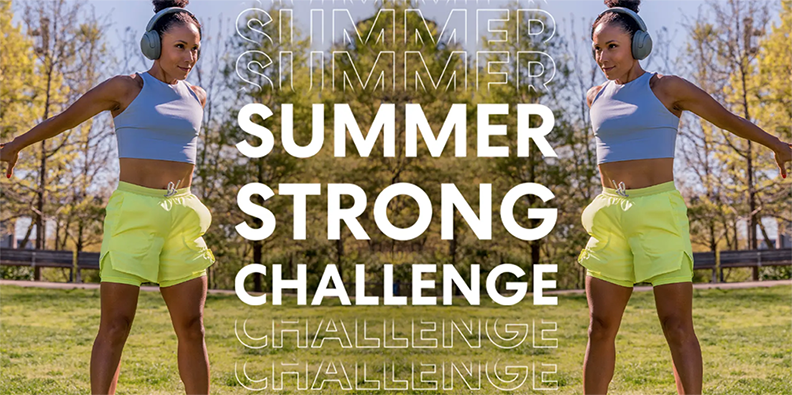
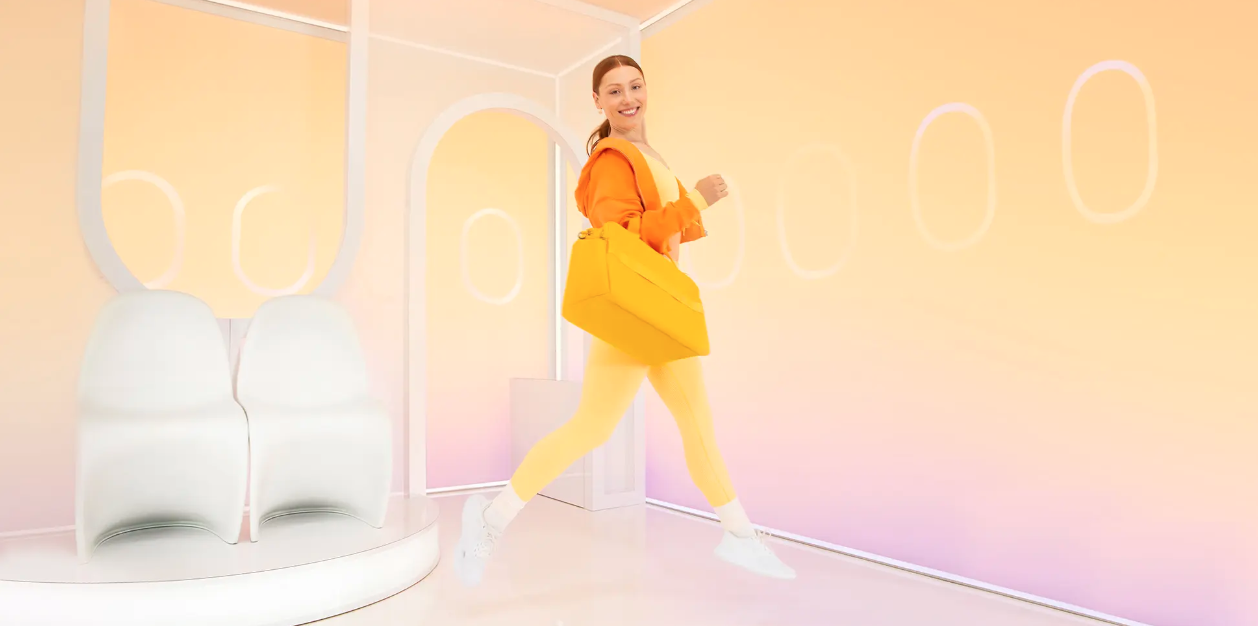
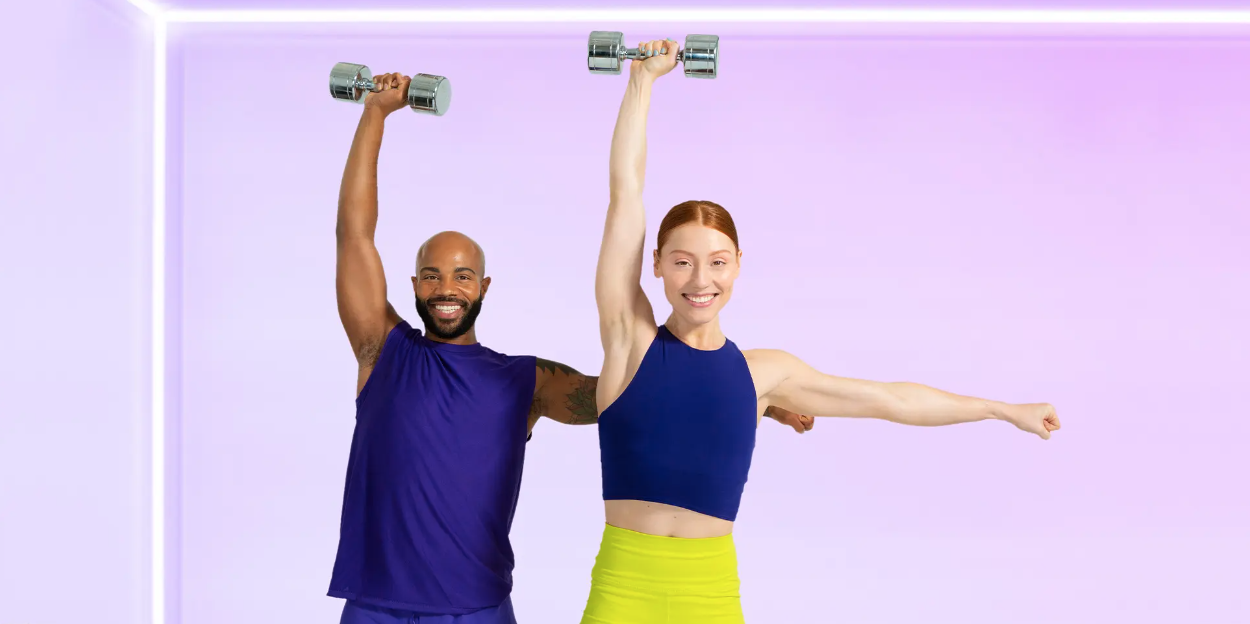
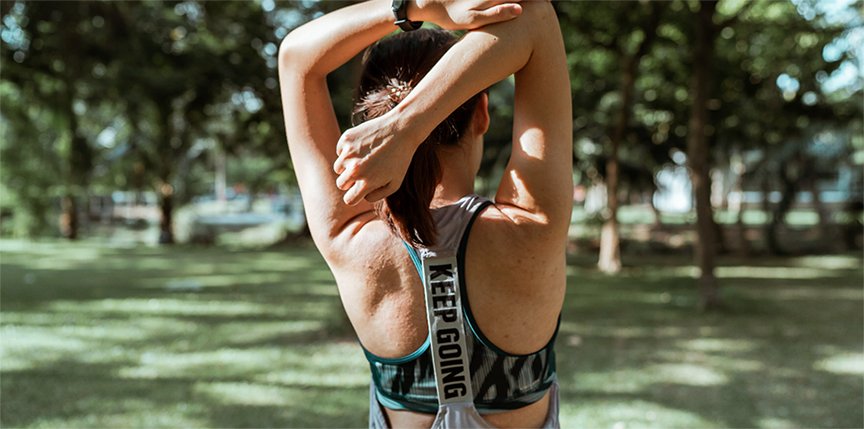
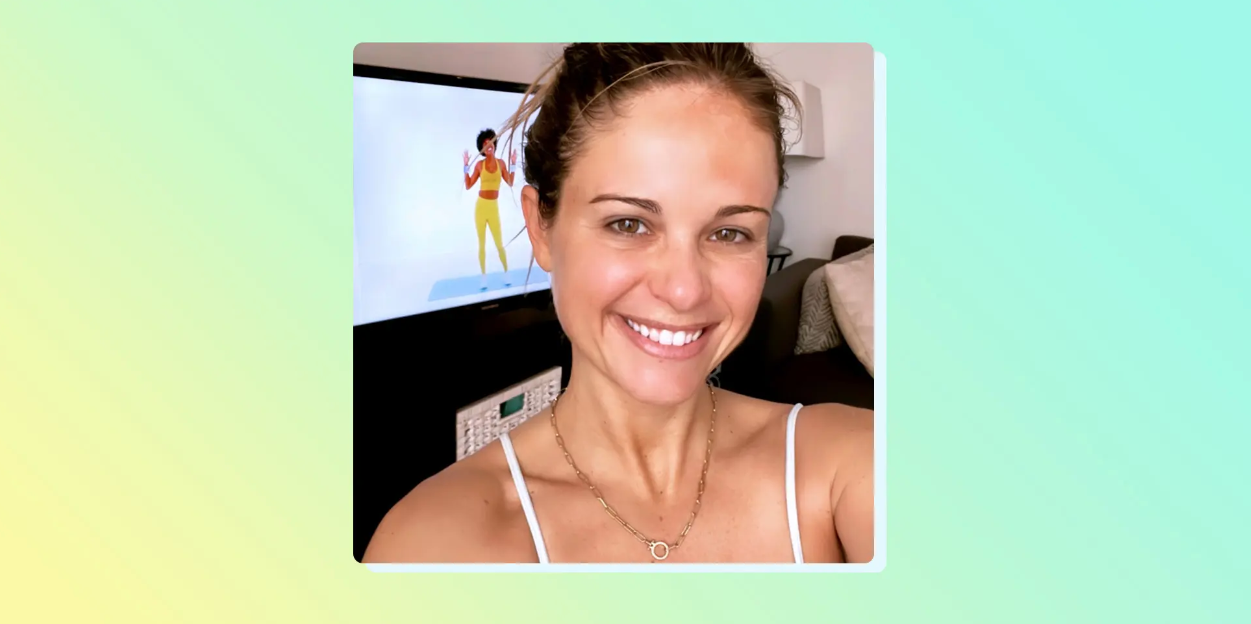
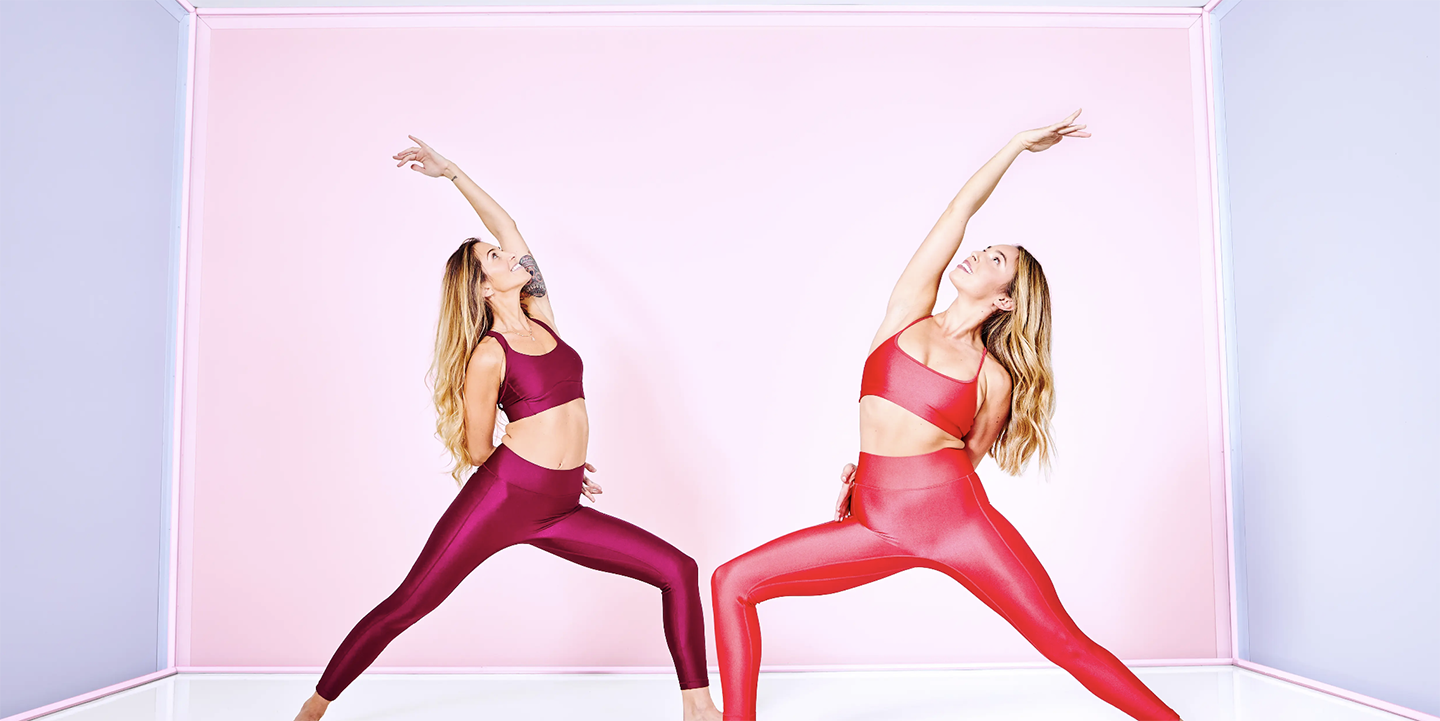
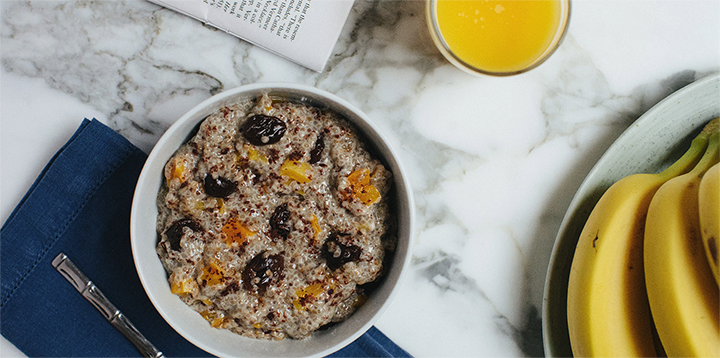
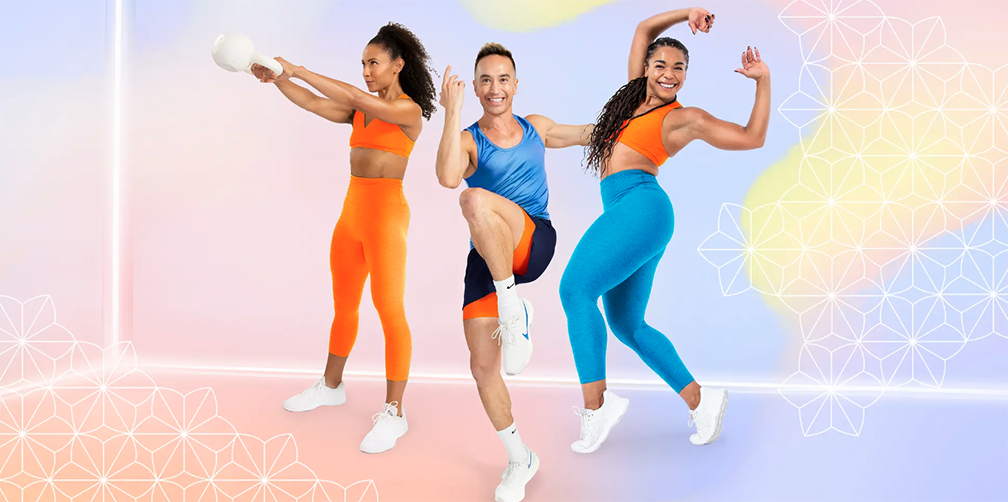
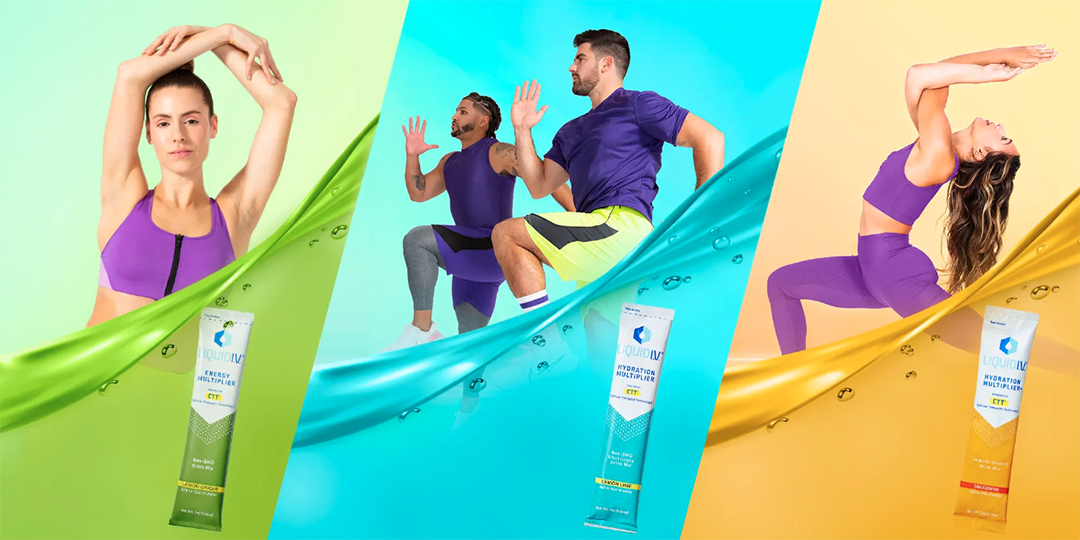
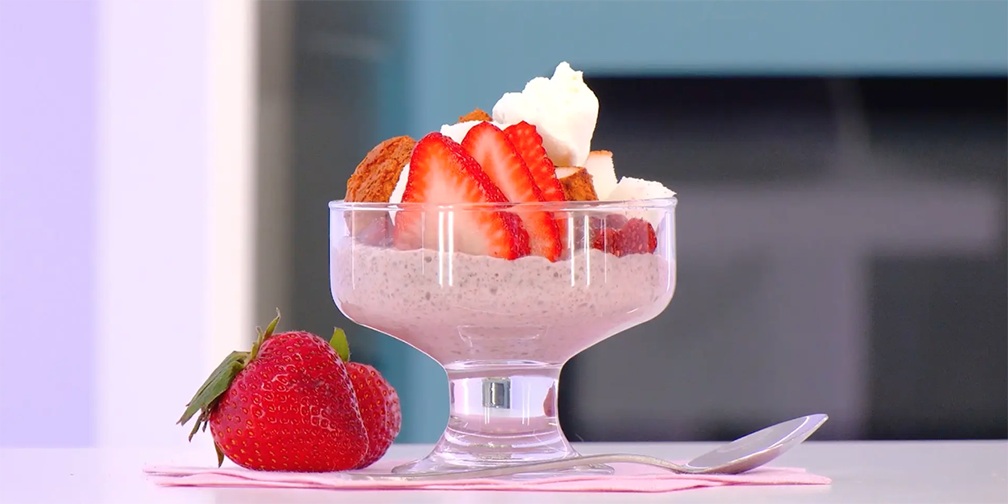
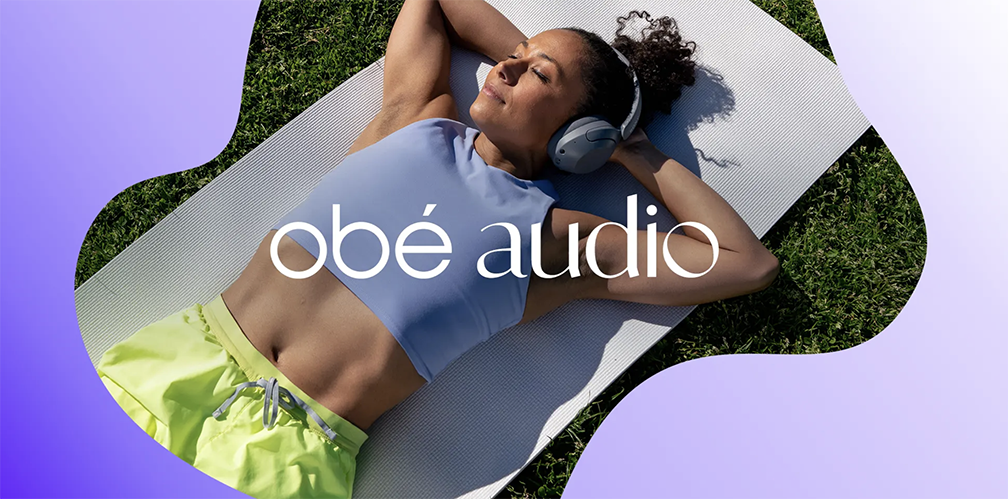
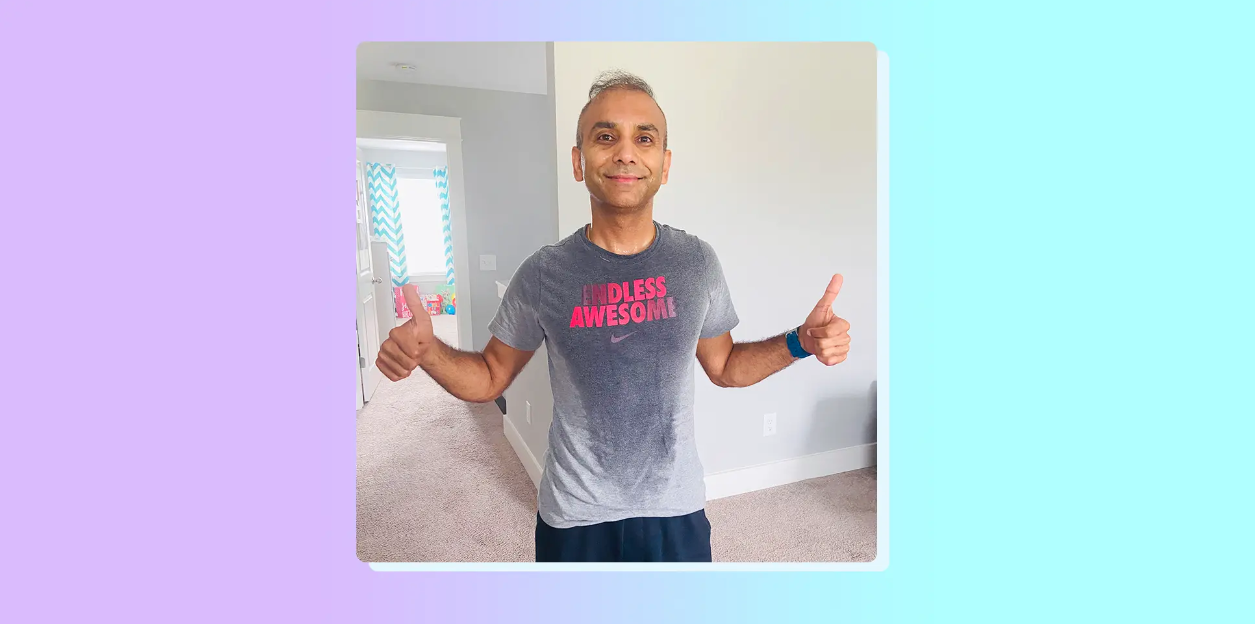
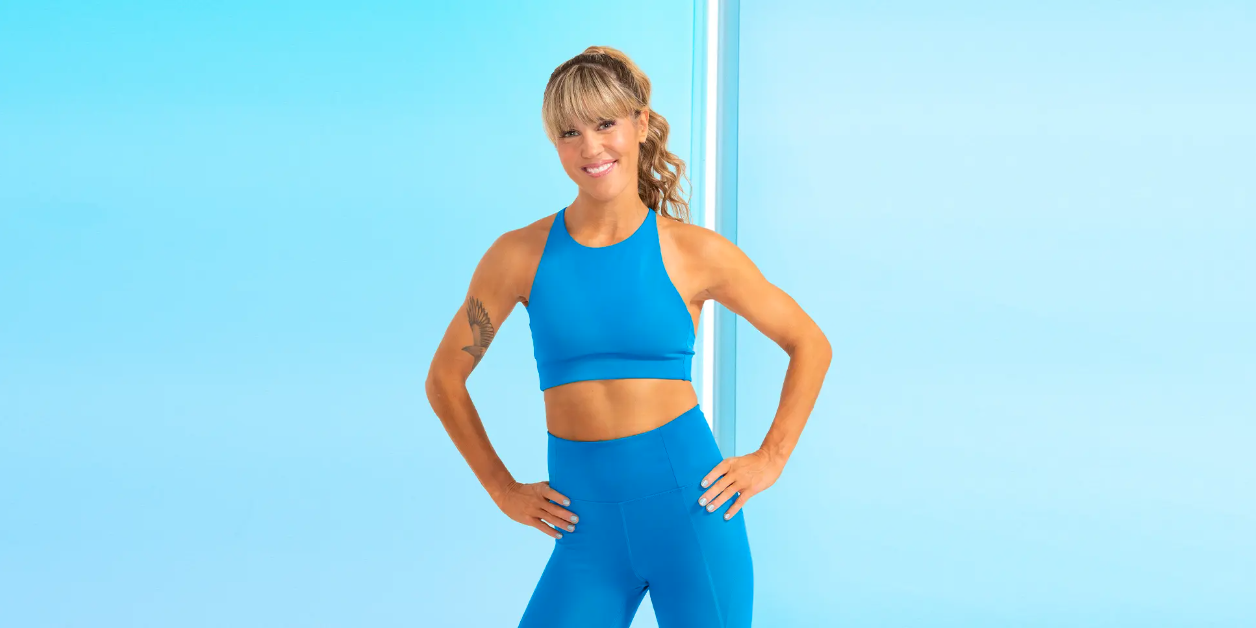
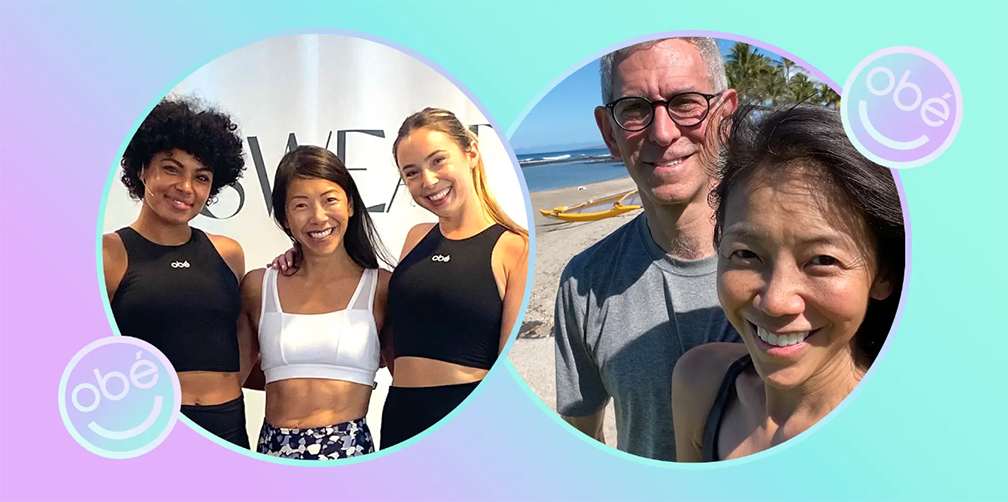
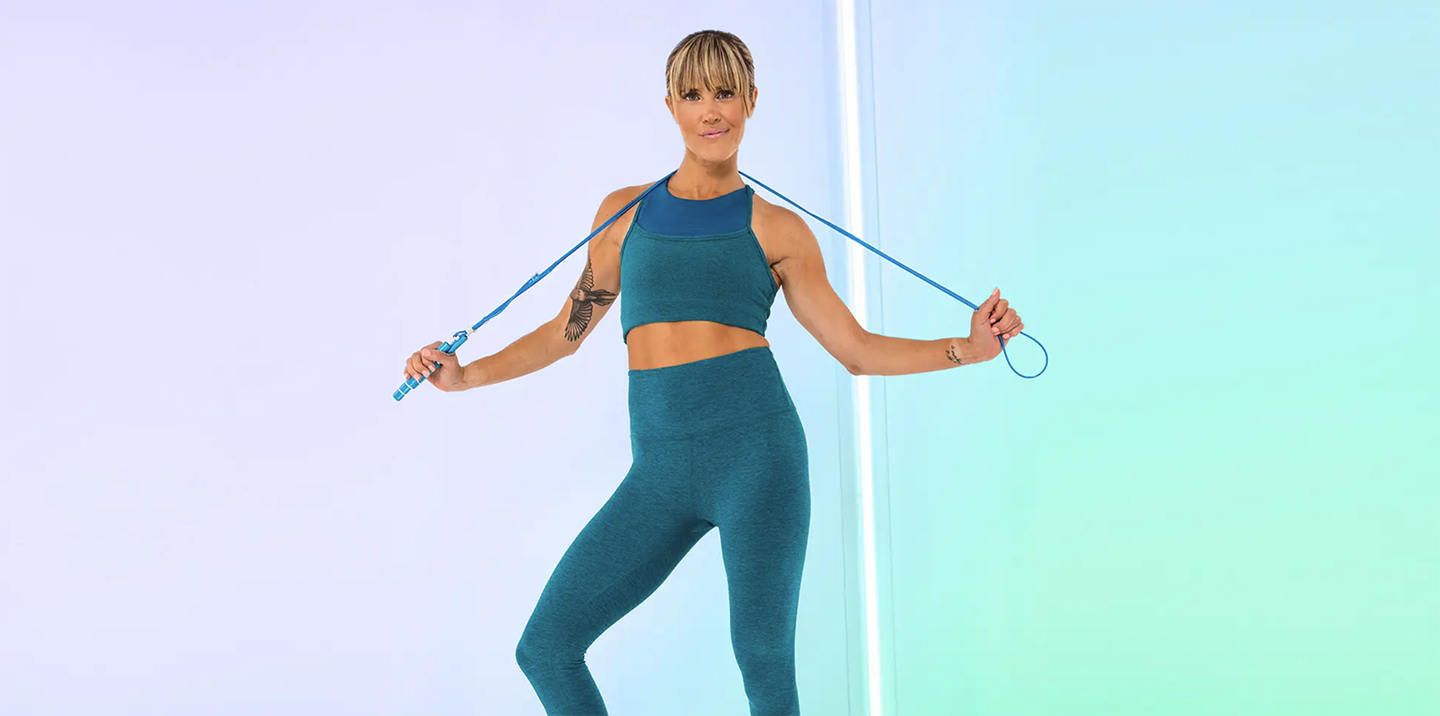
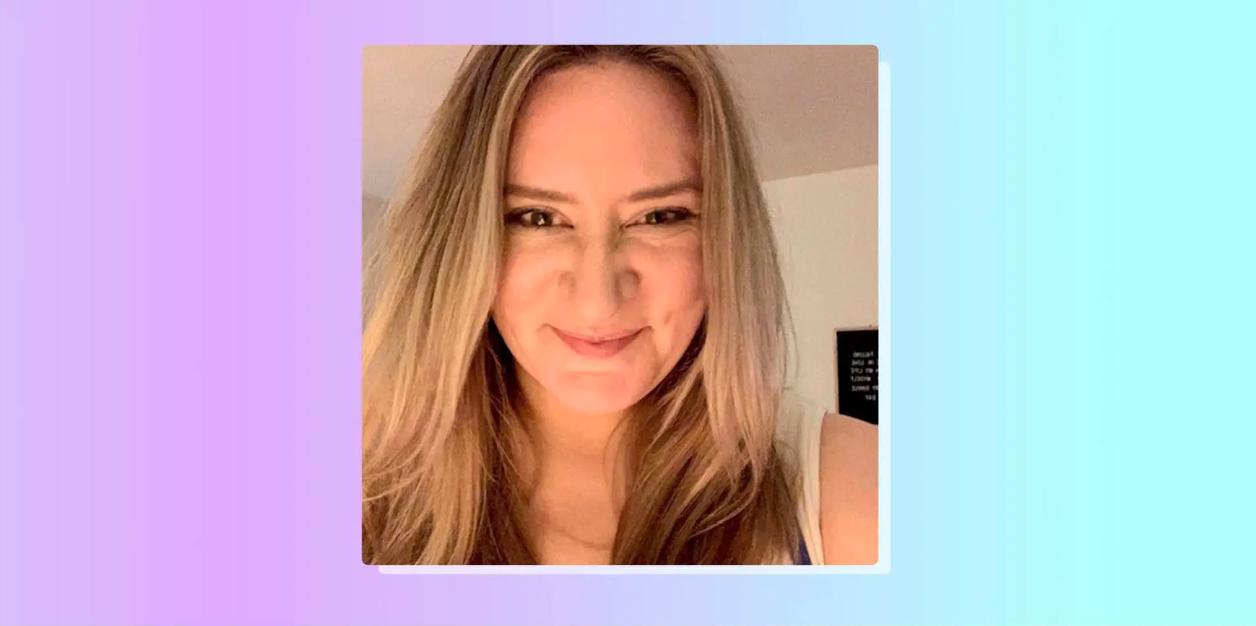
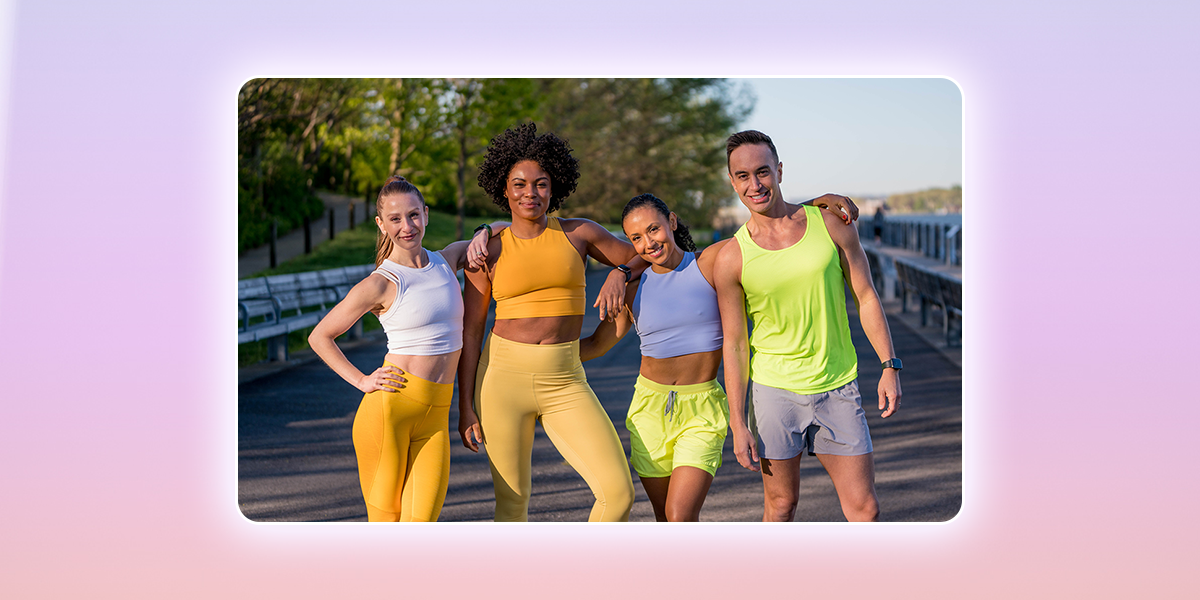
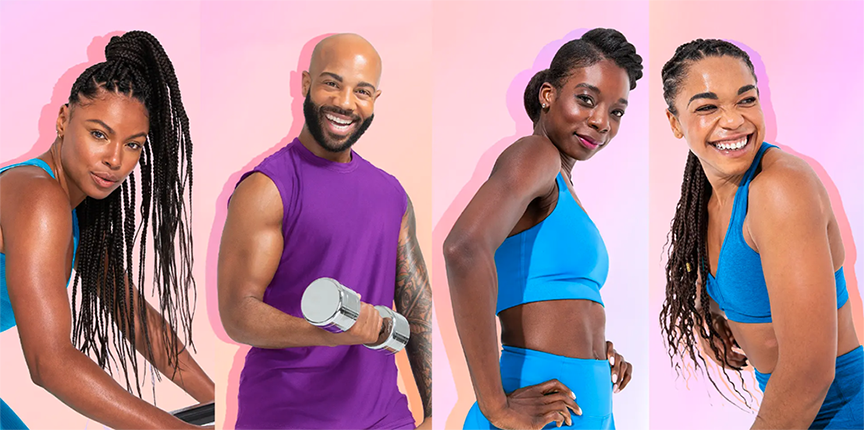
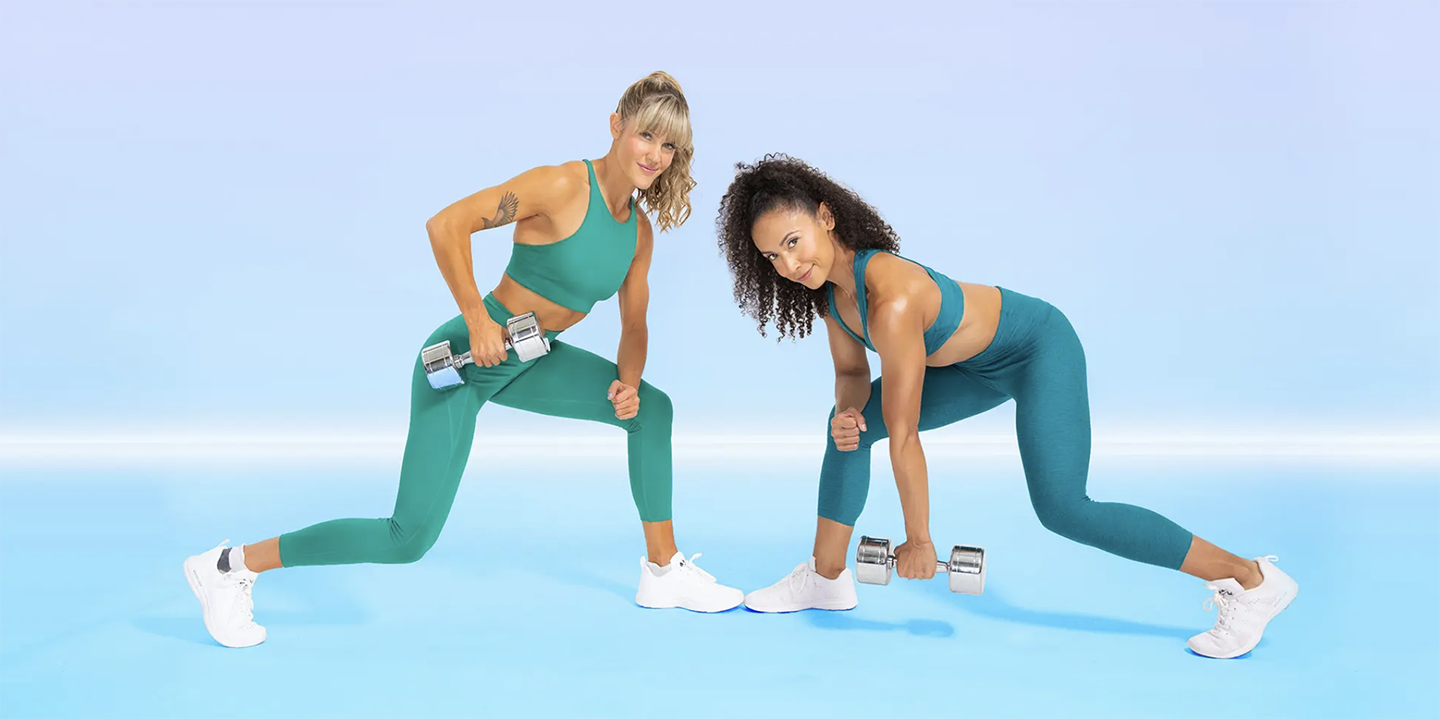
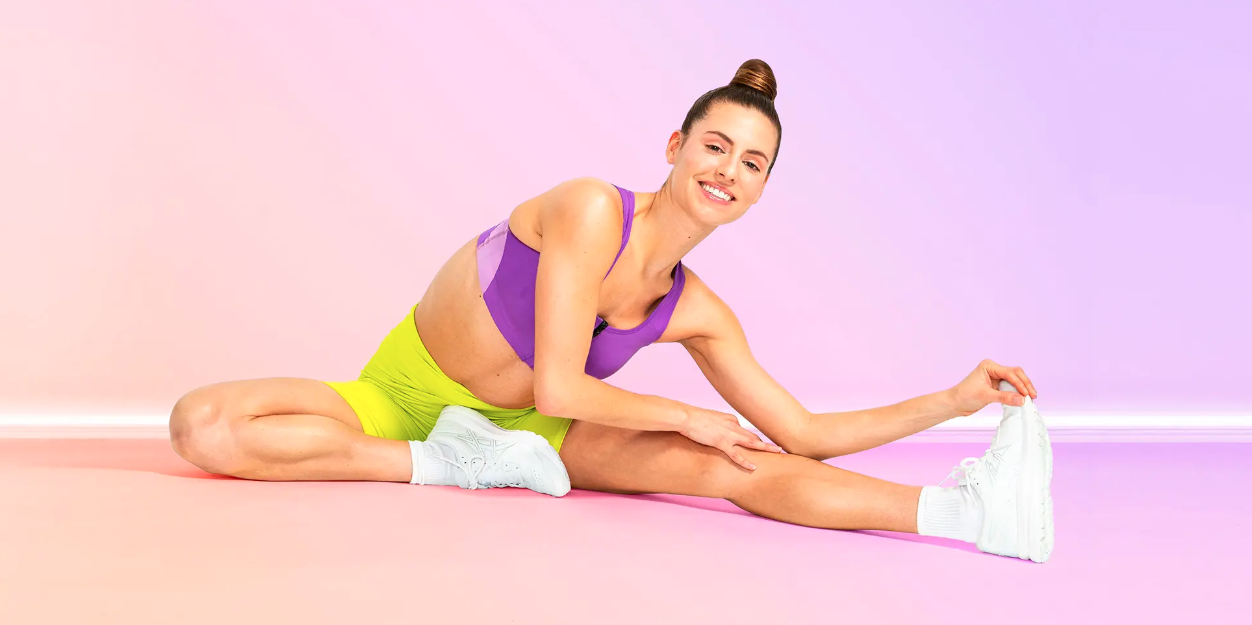
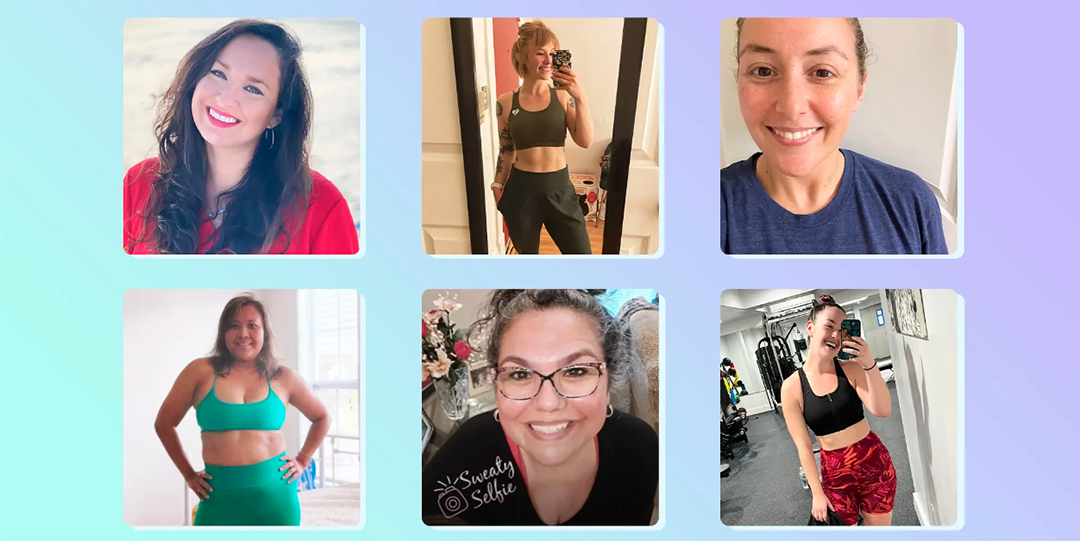
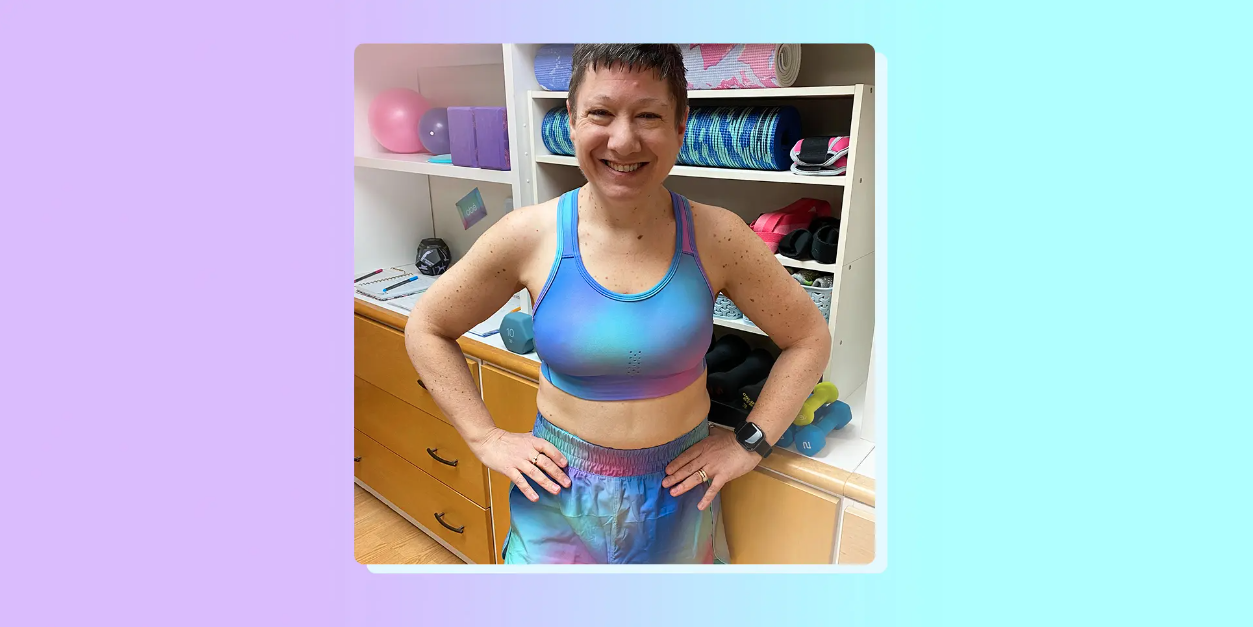
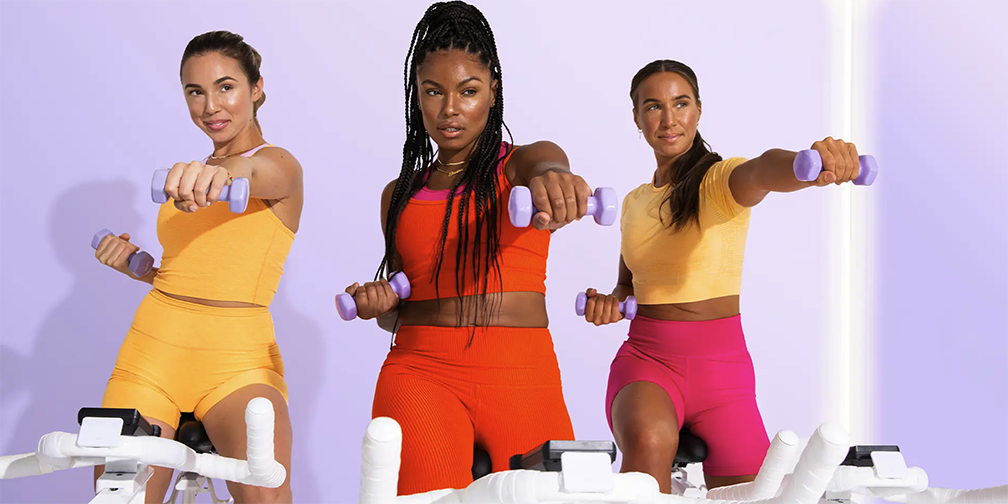
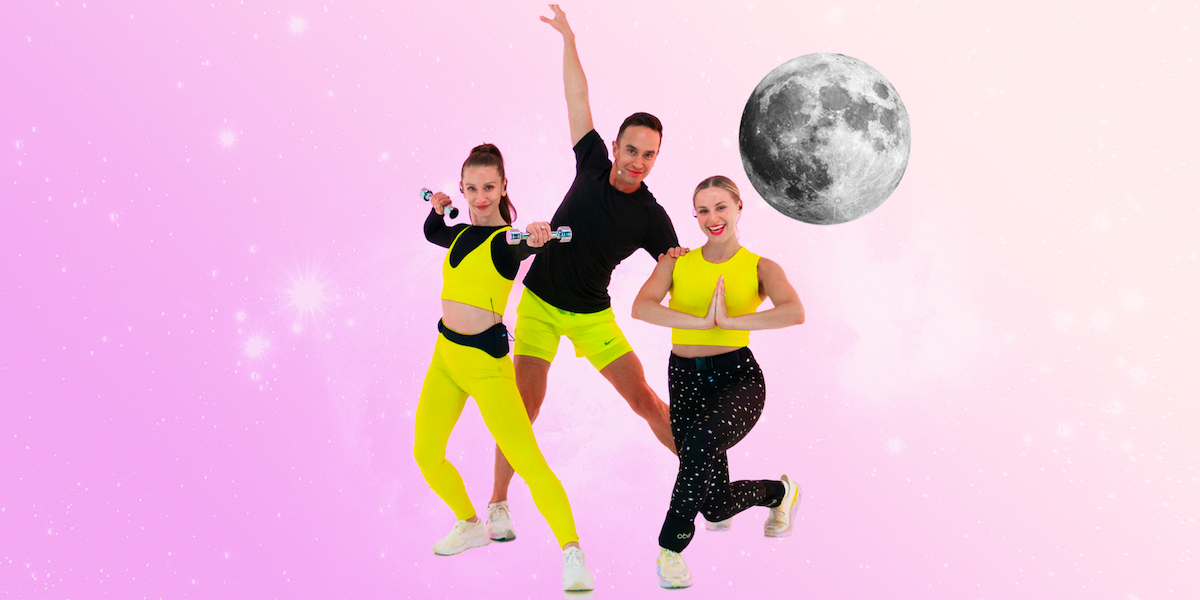
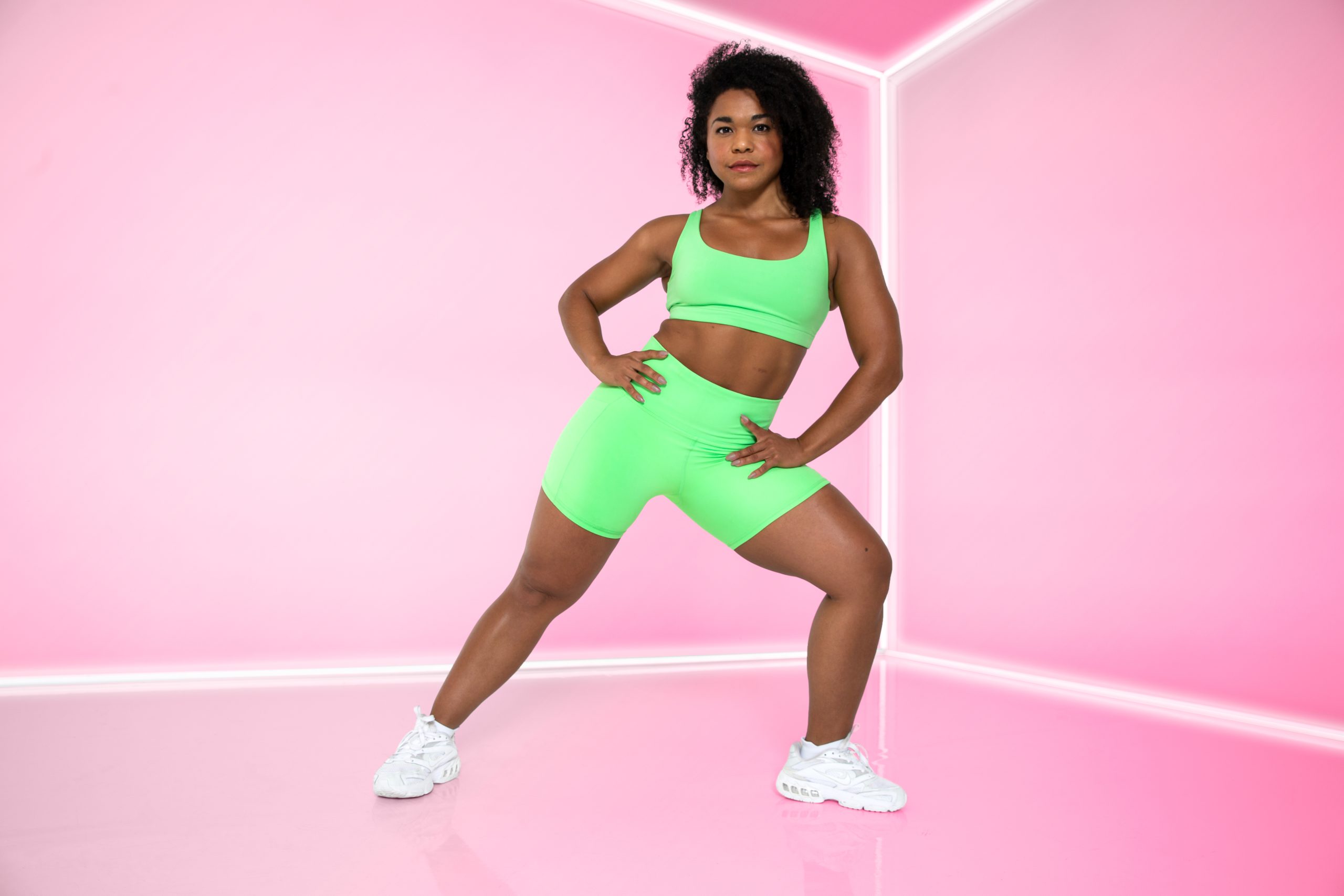
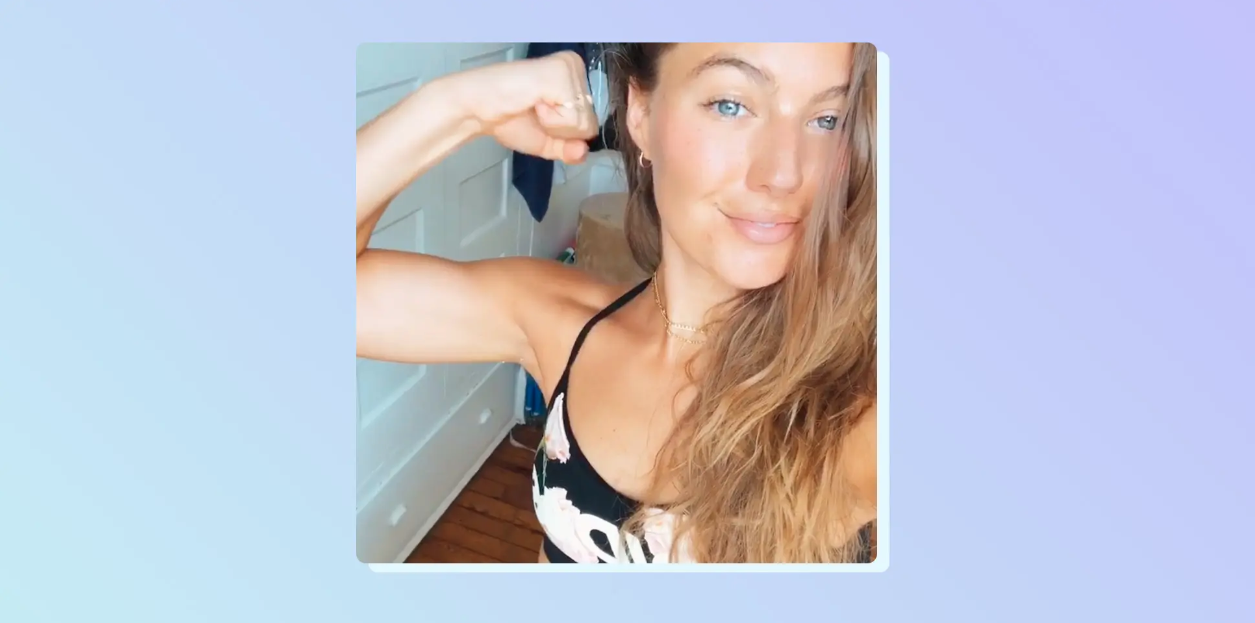
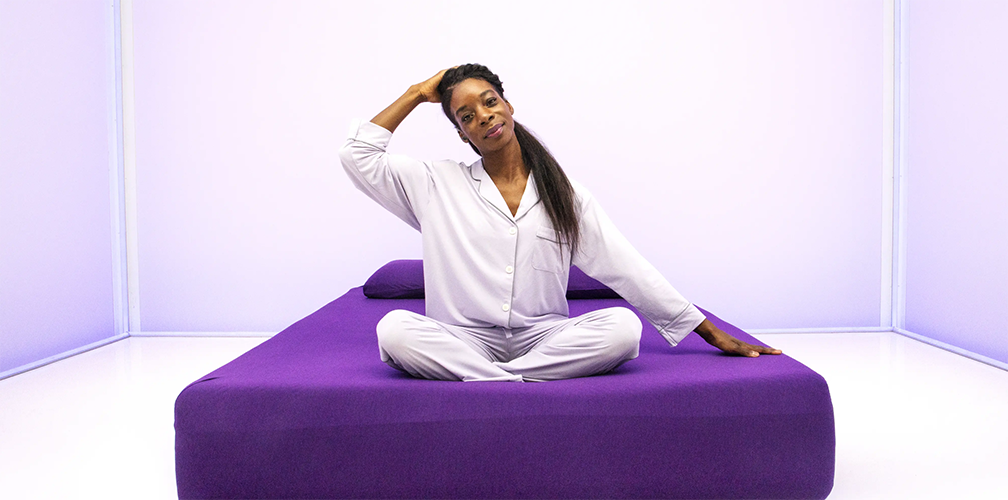
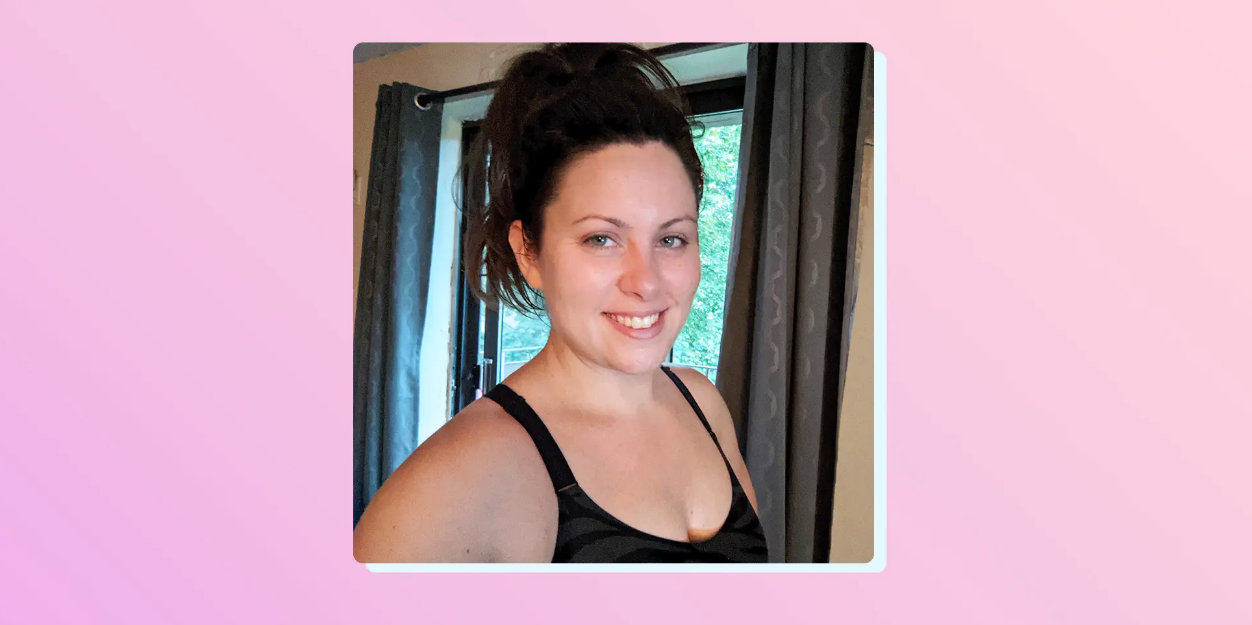
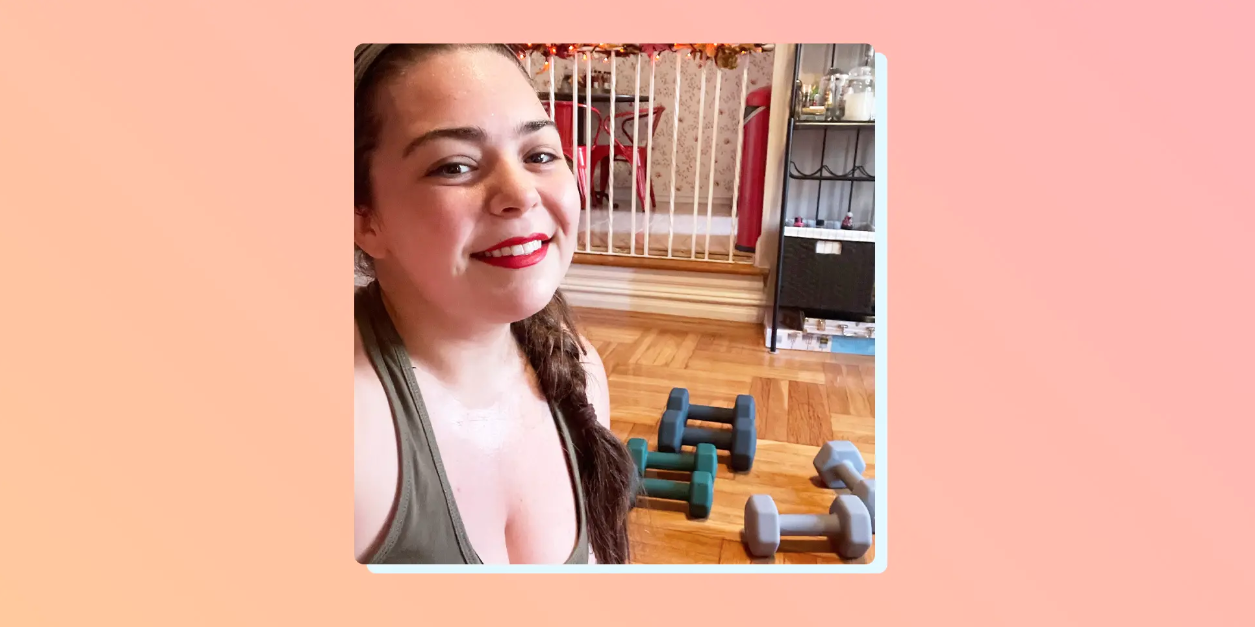
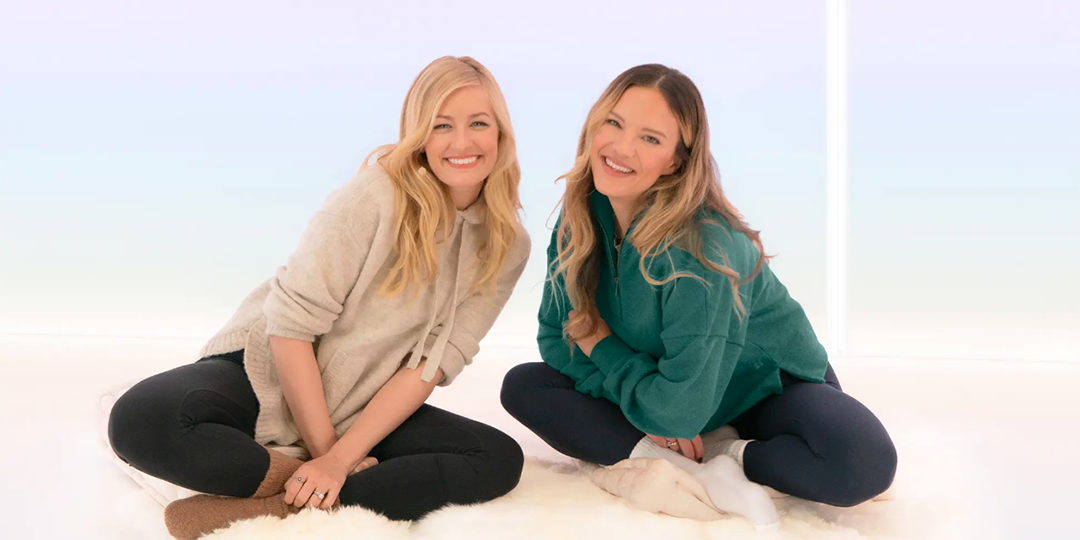
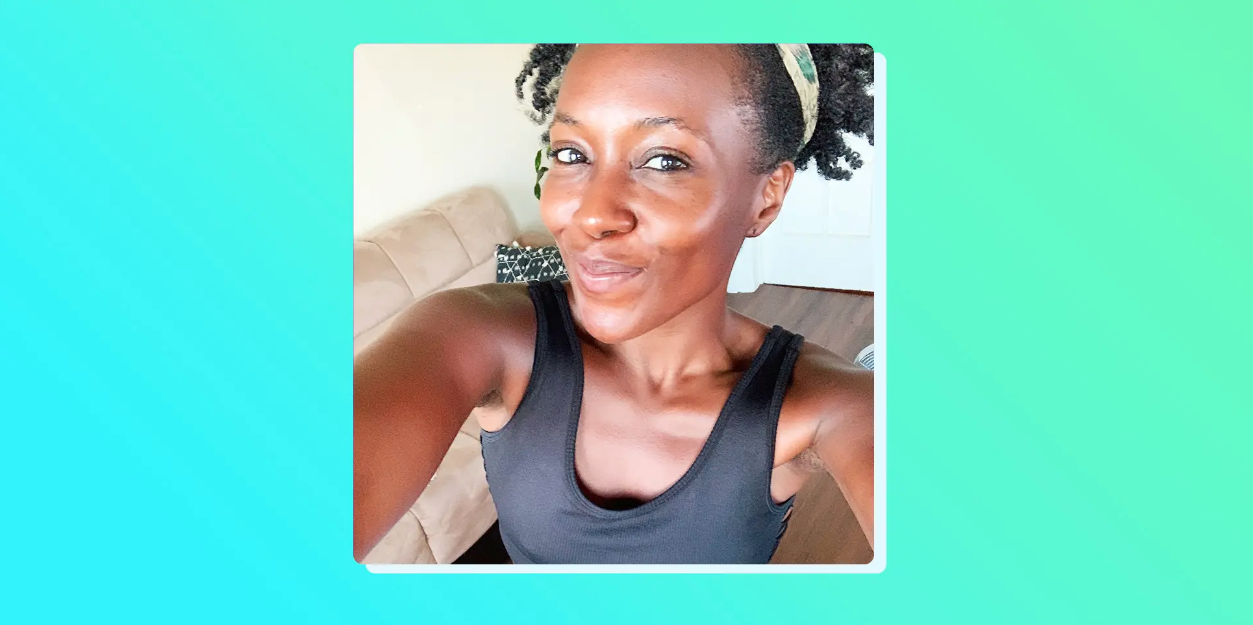
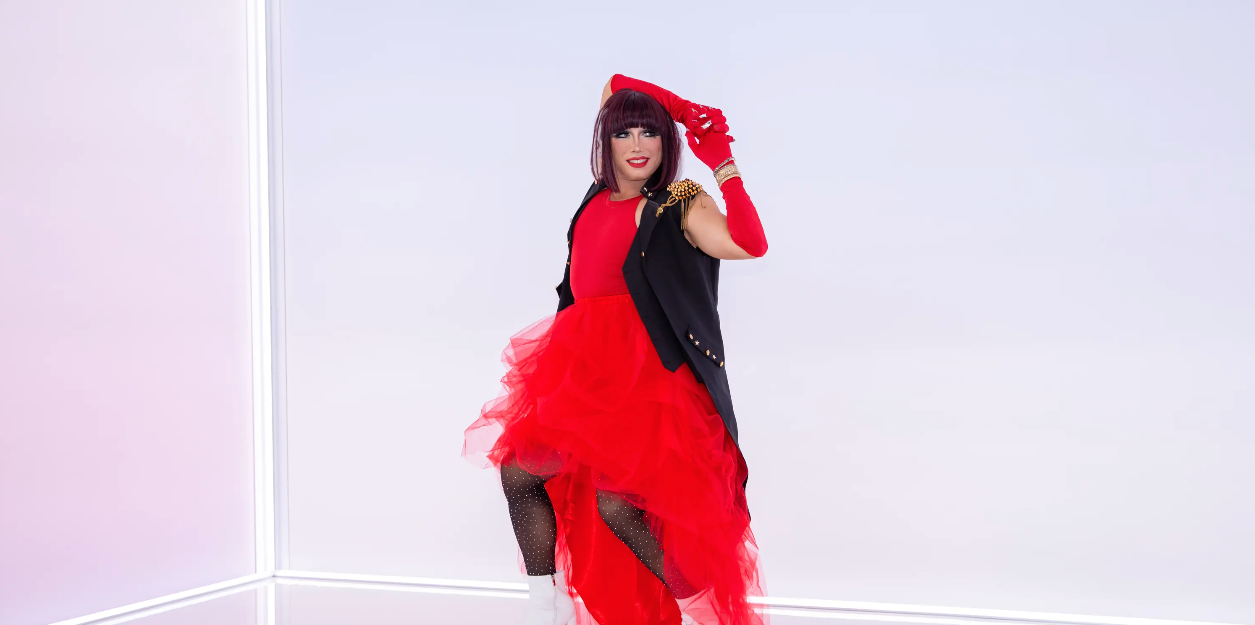
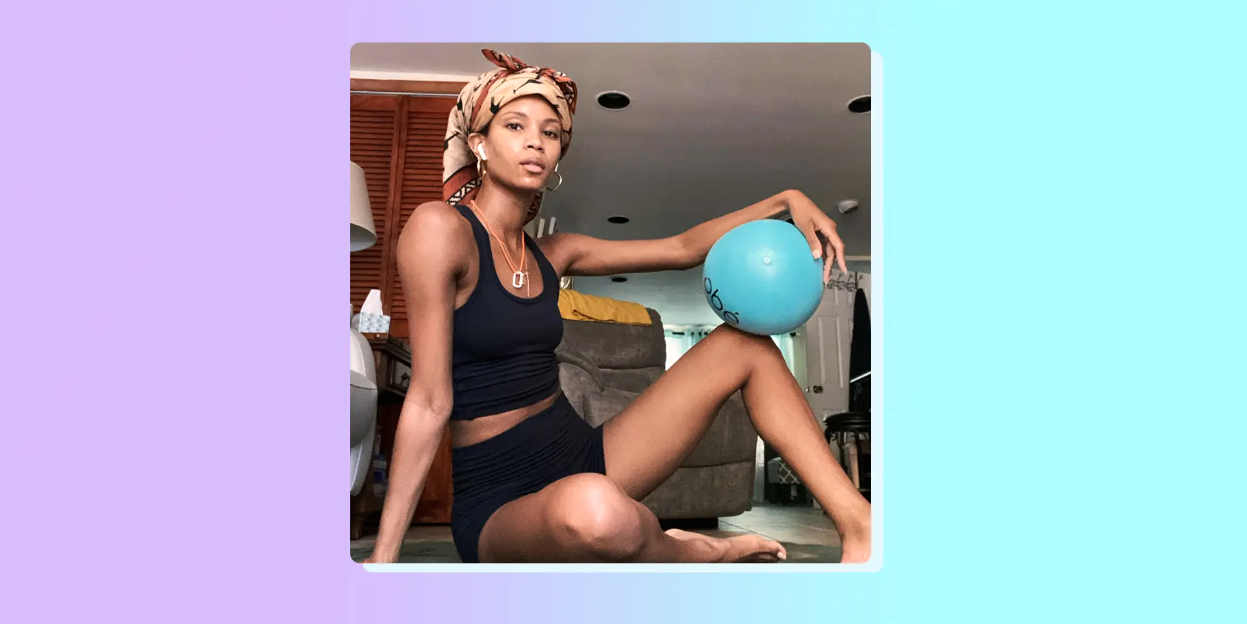
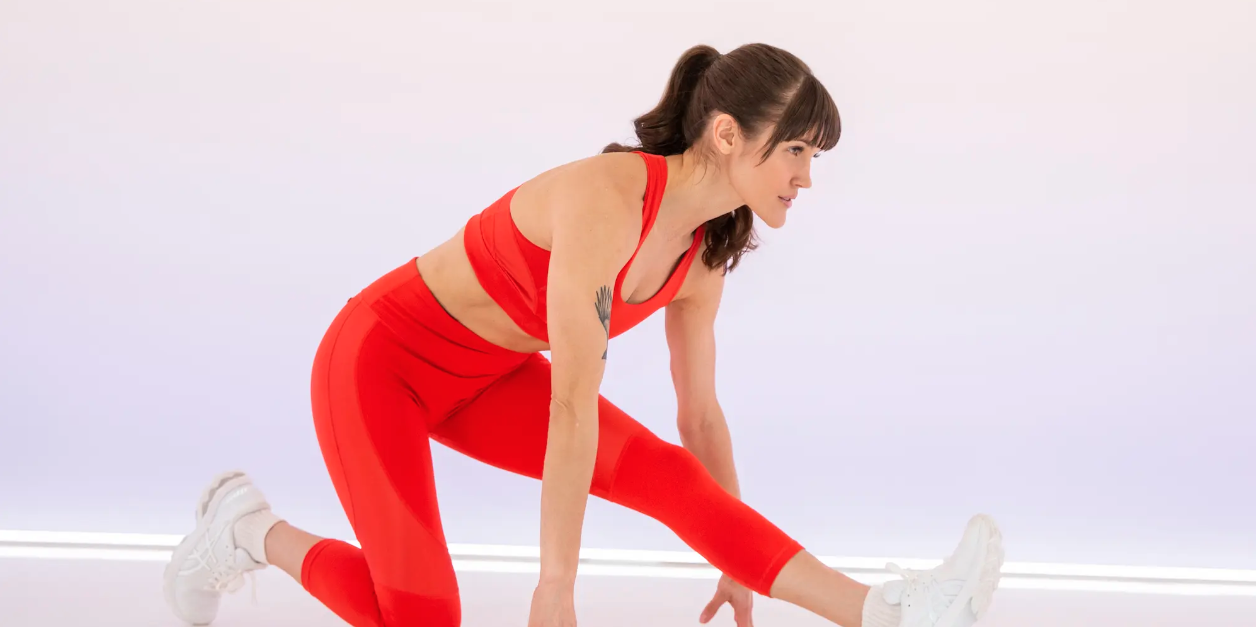
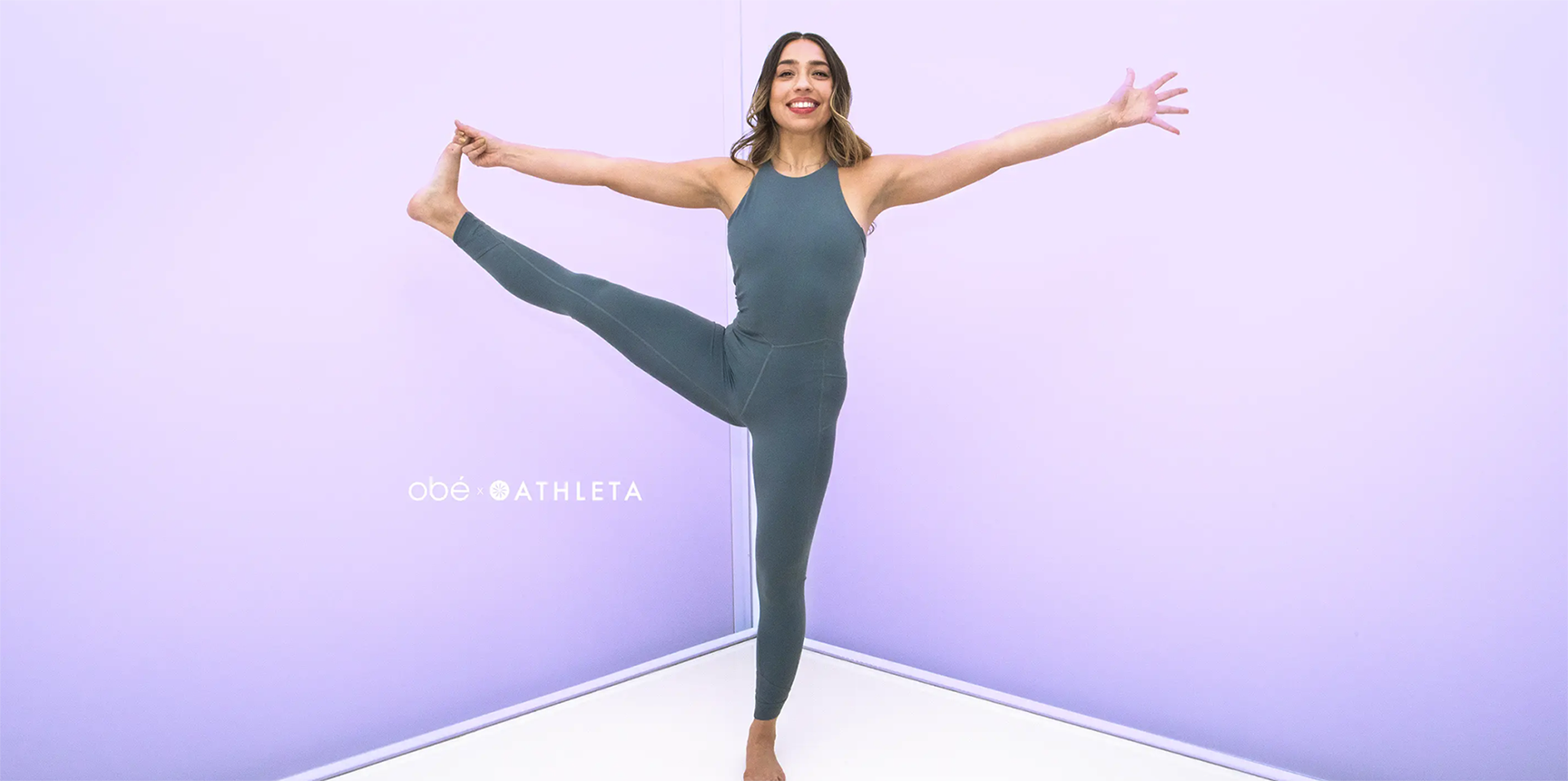
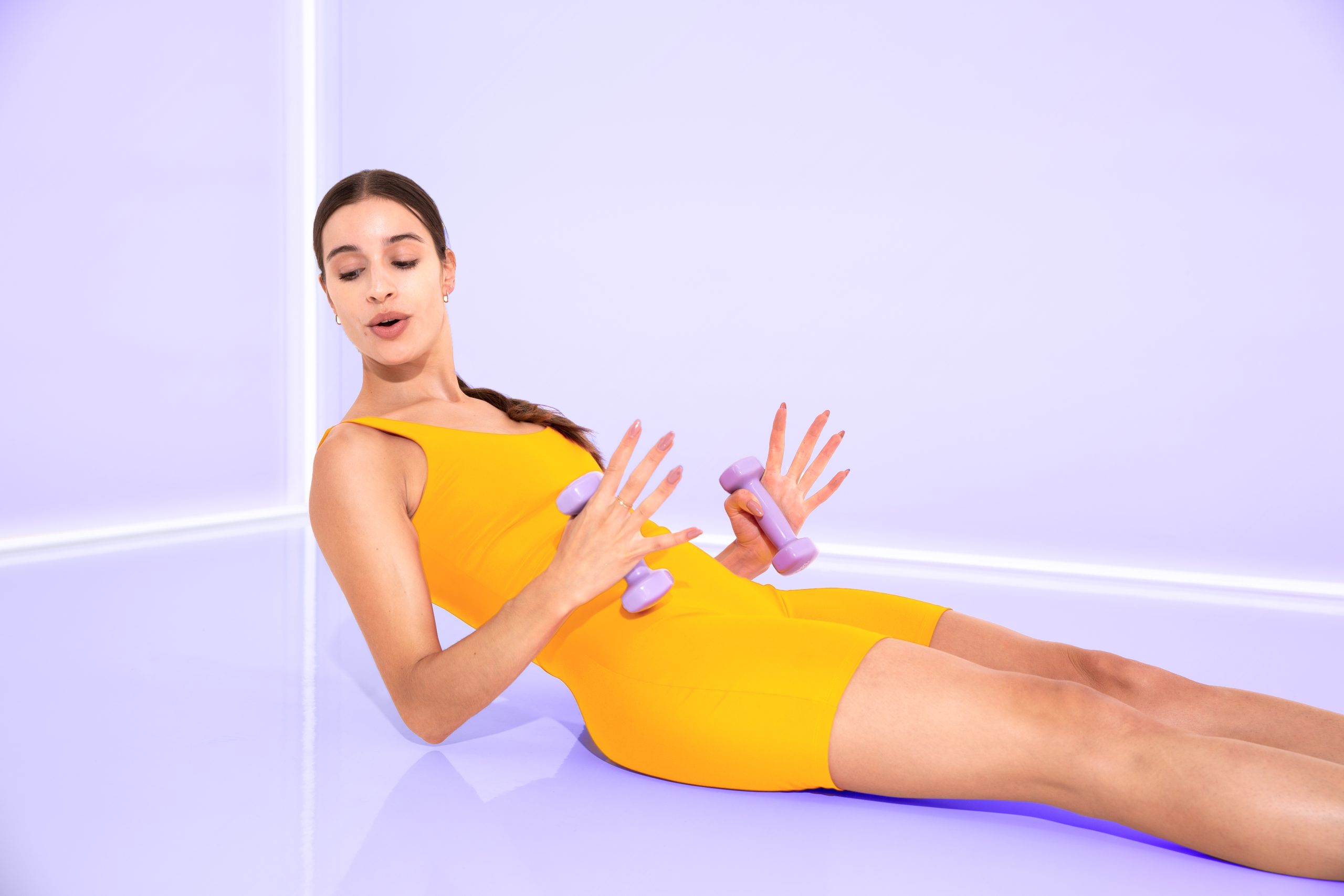
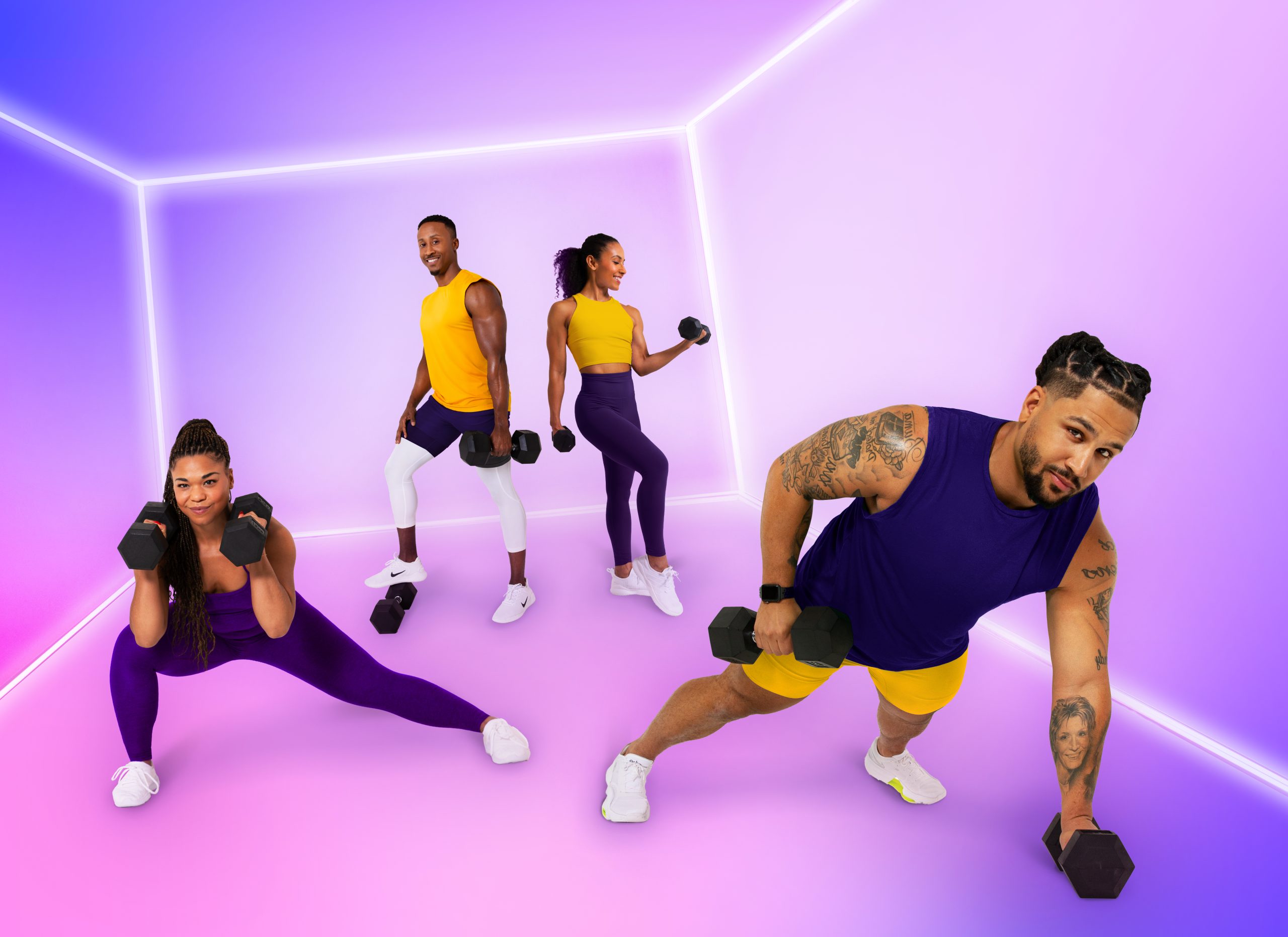
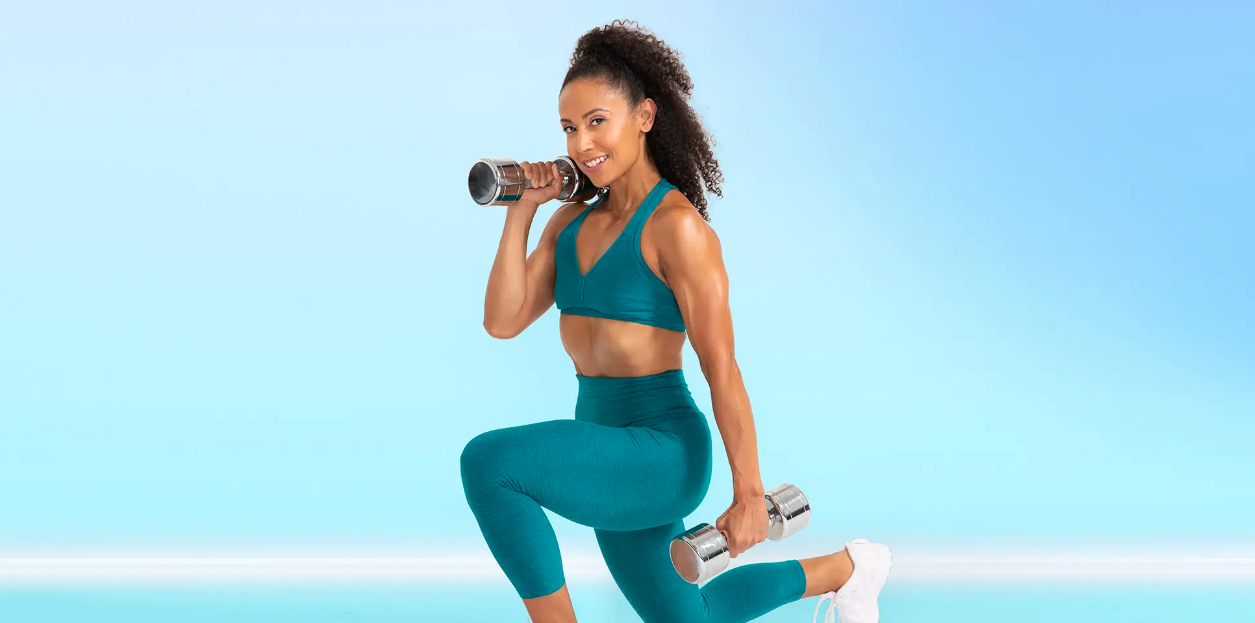
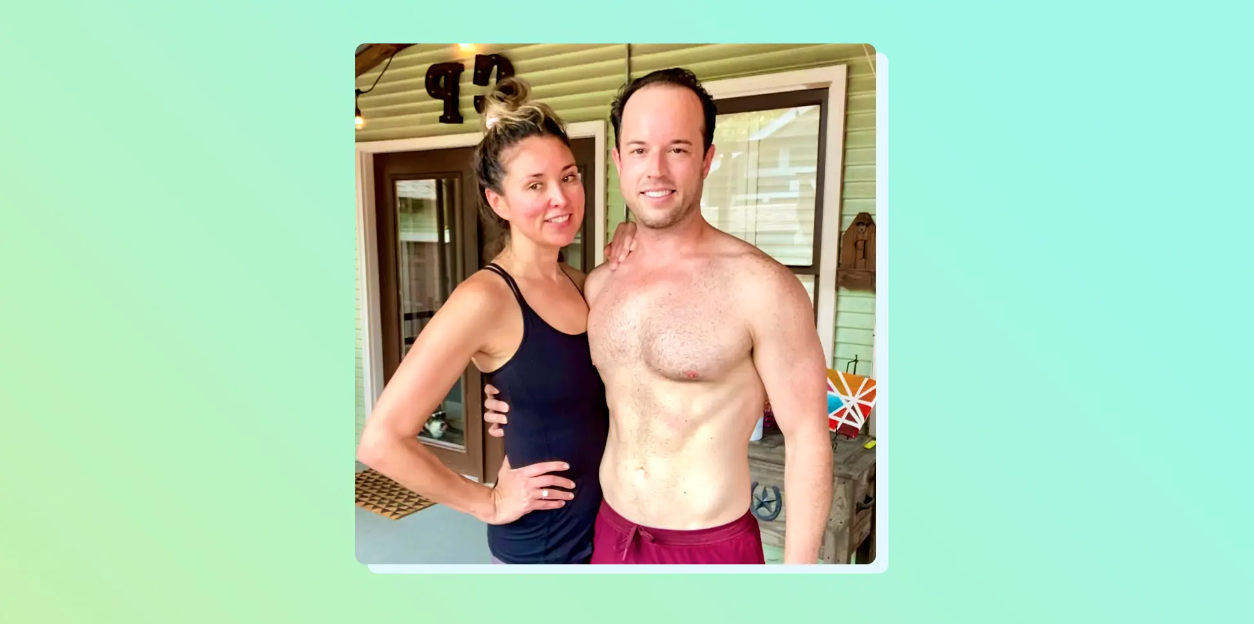
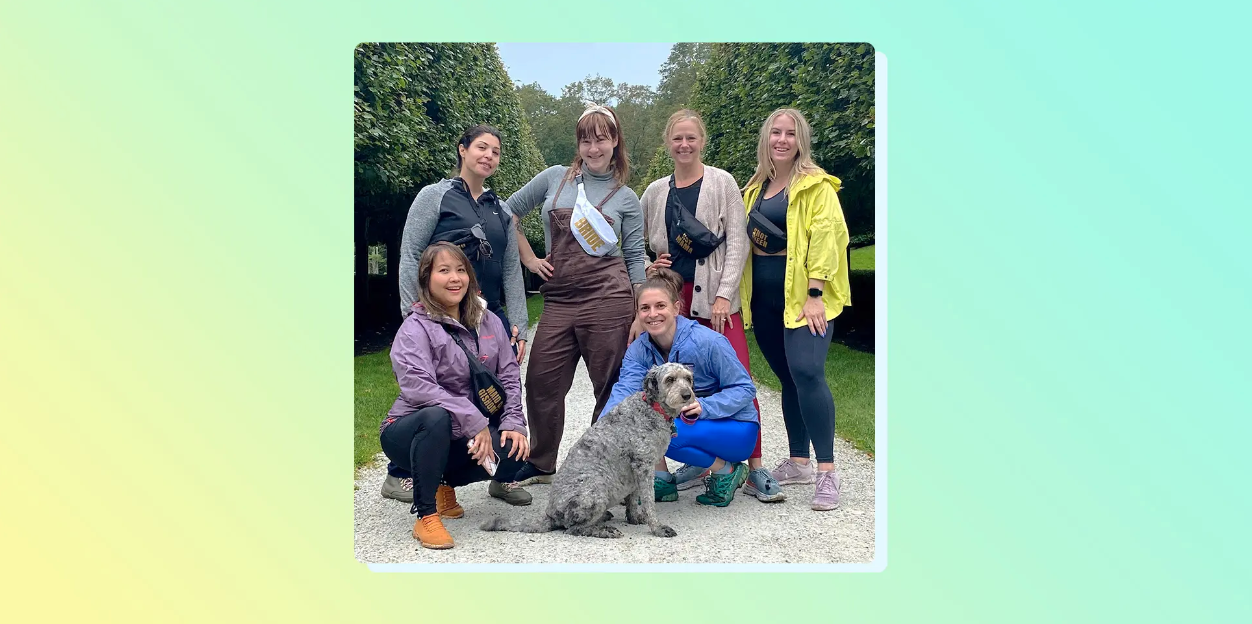
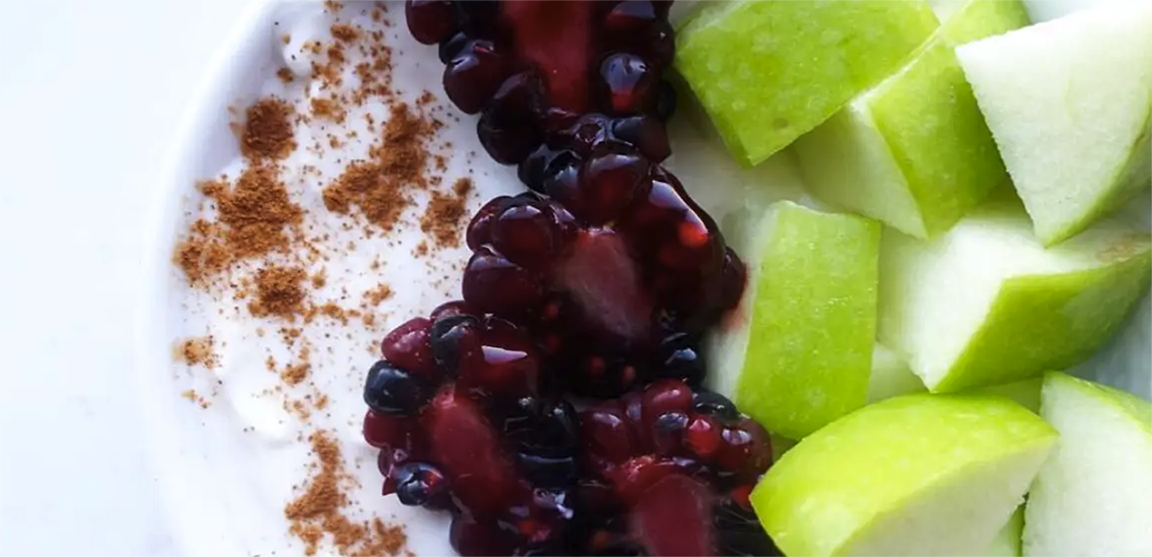
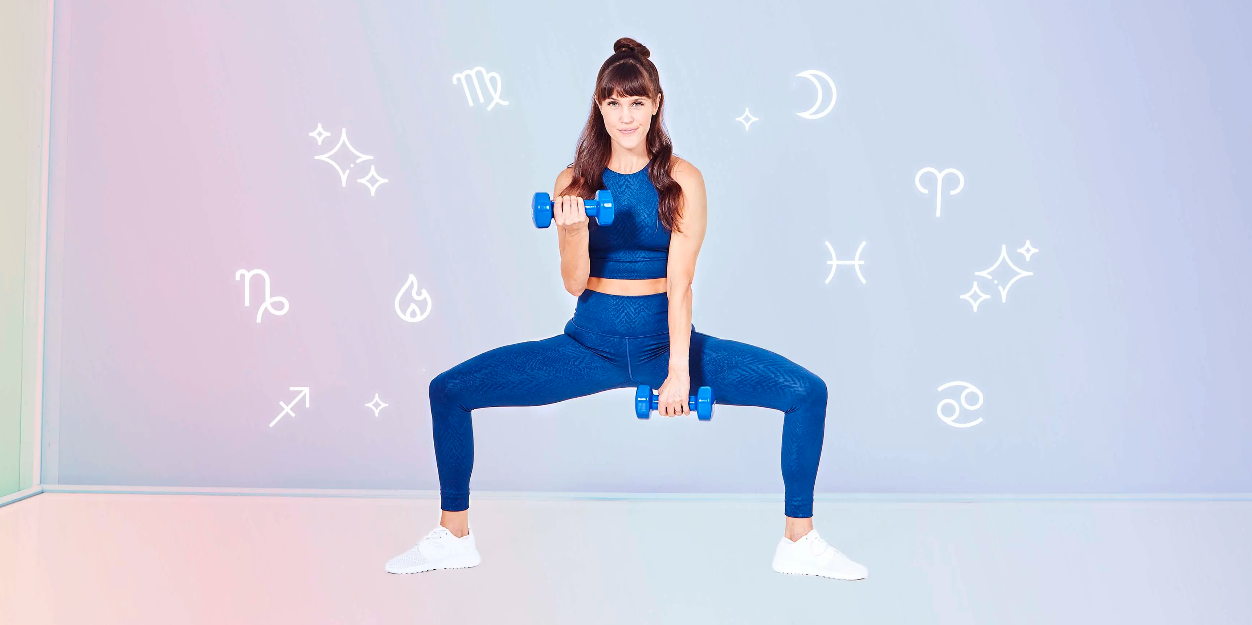
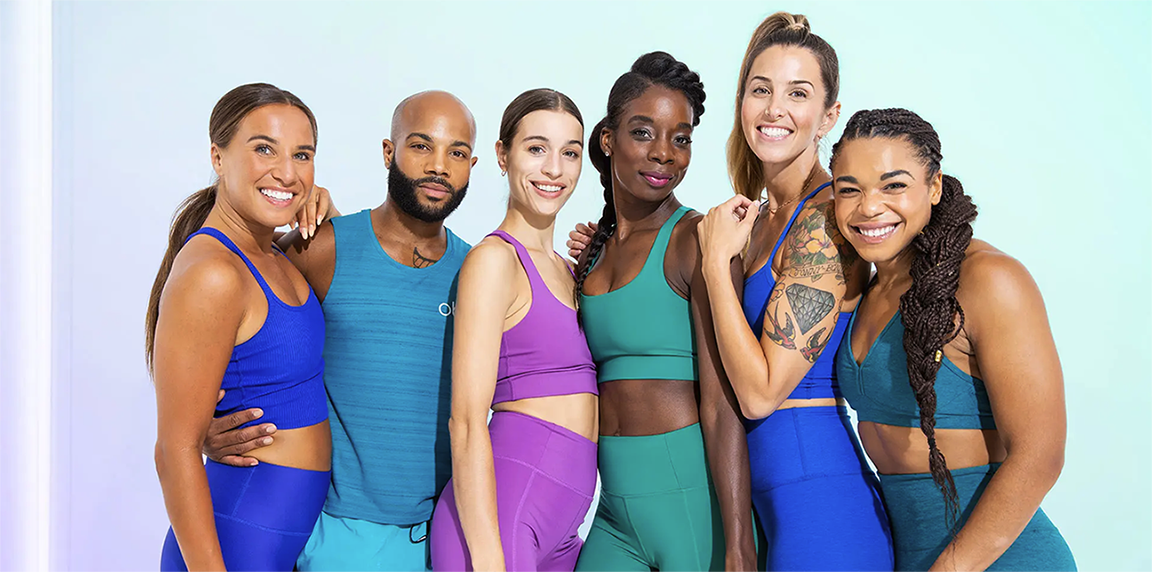
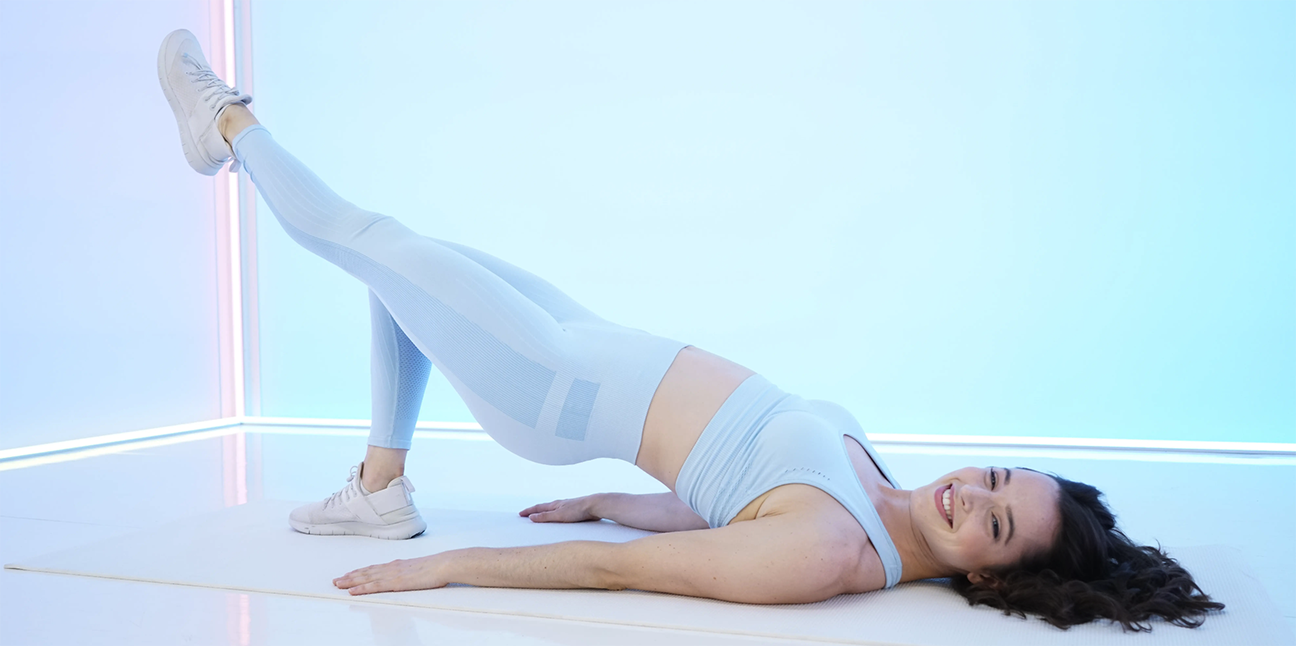
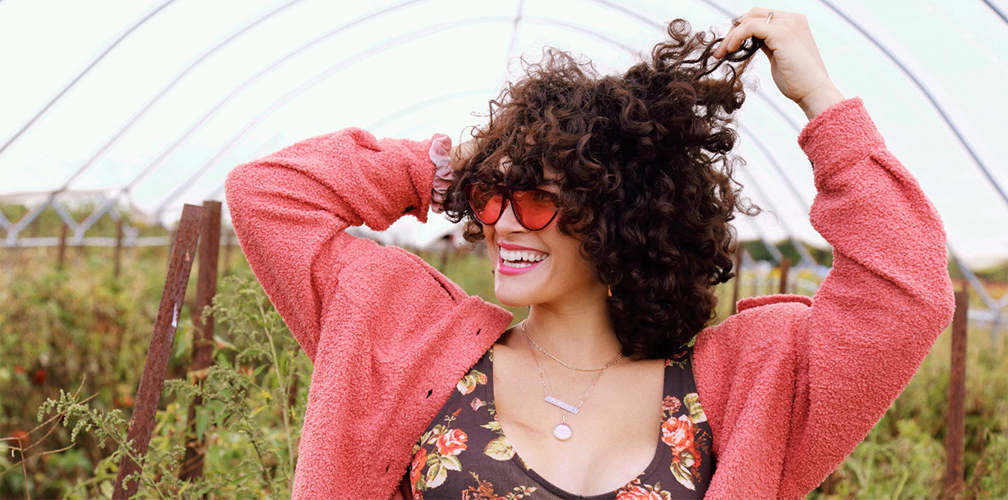
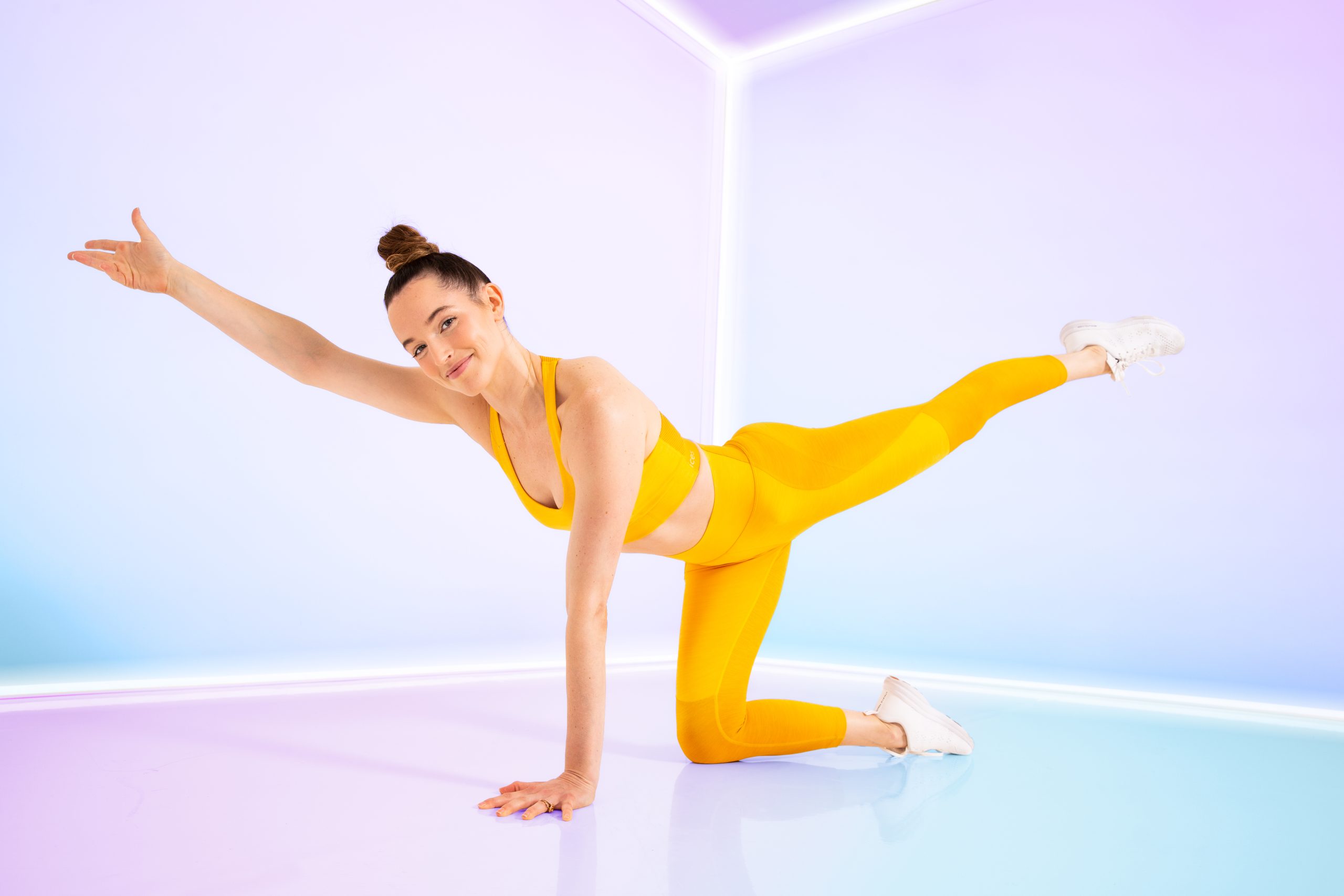
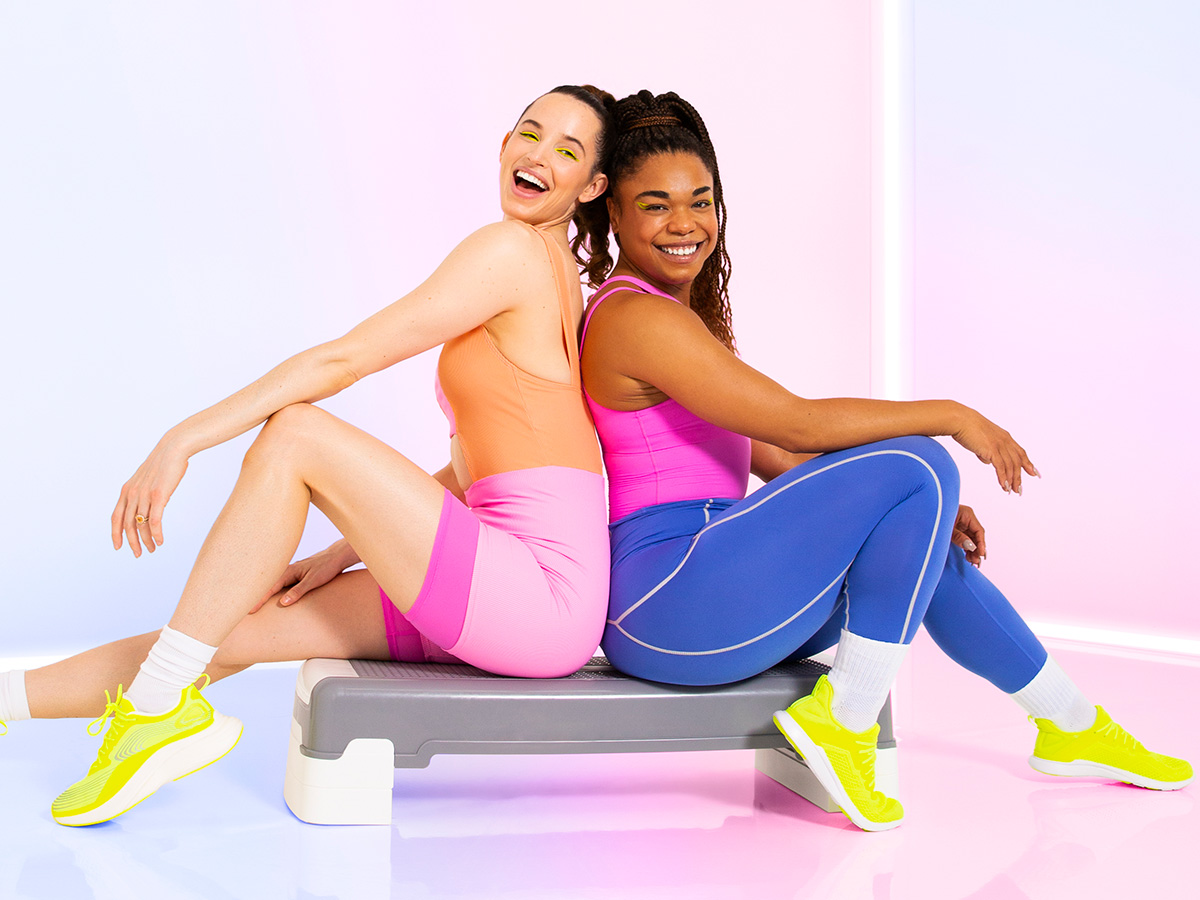
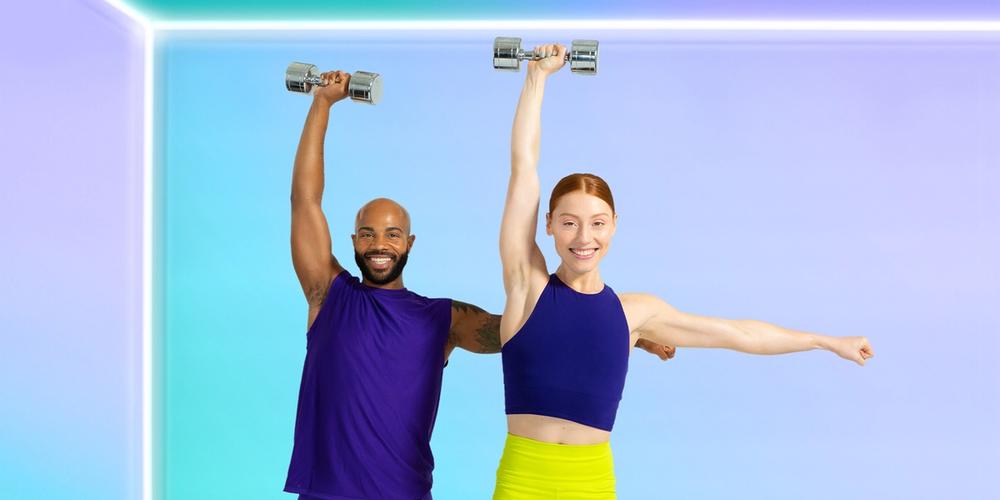
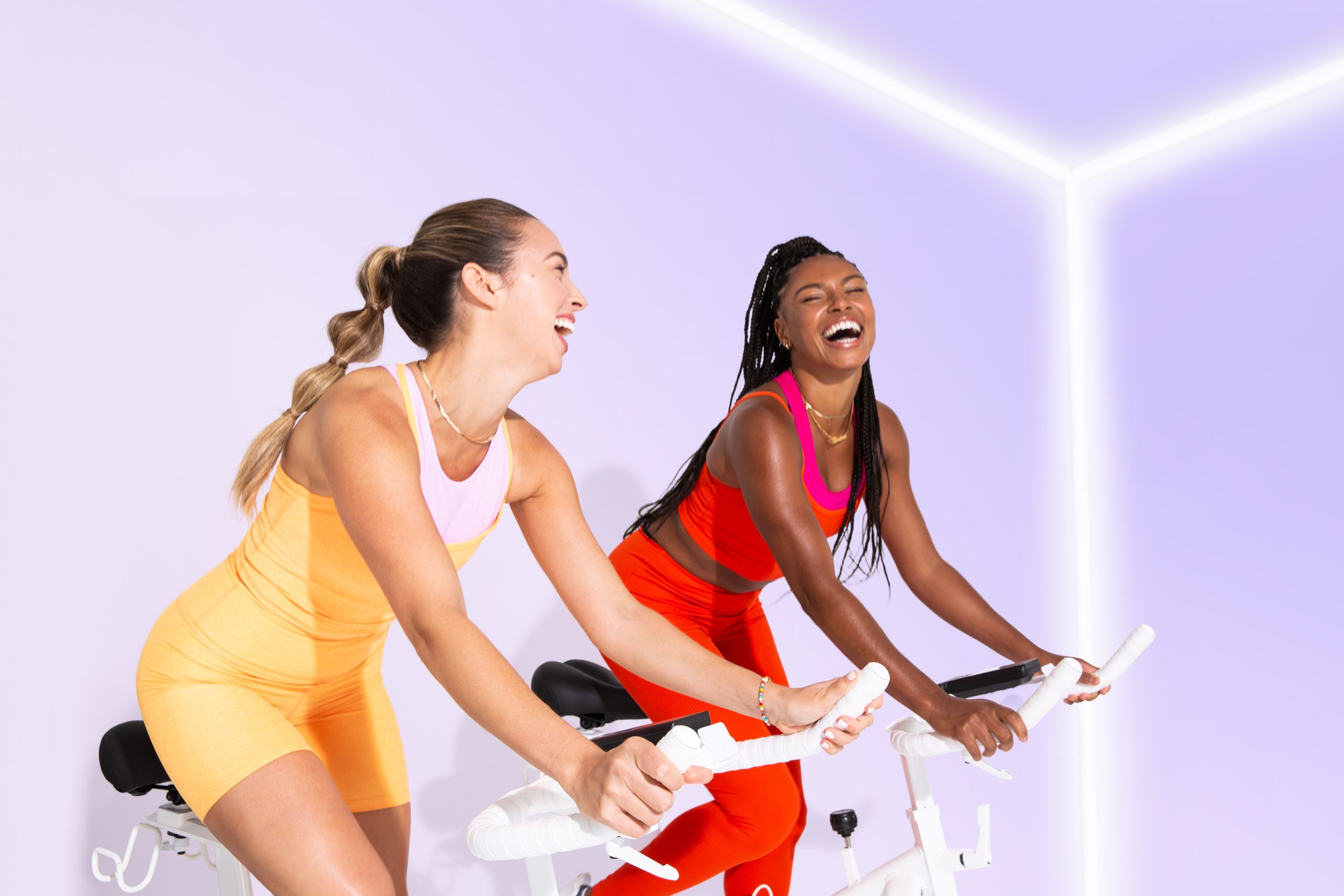
Leave a Reply